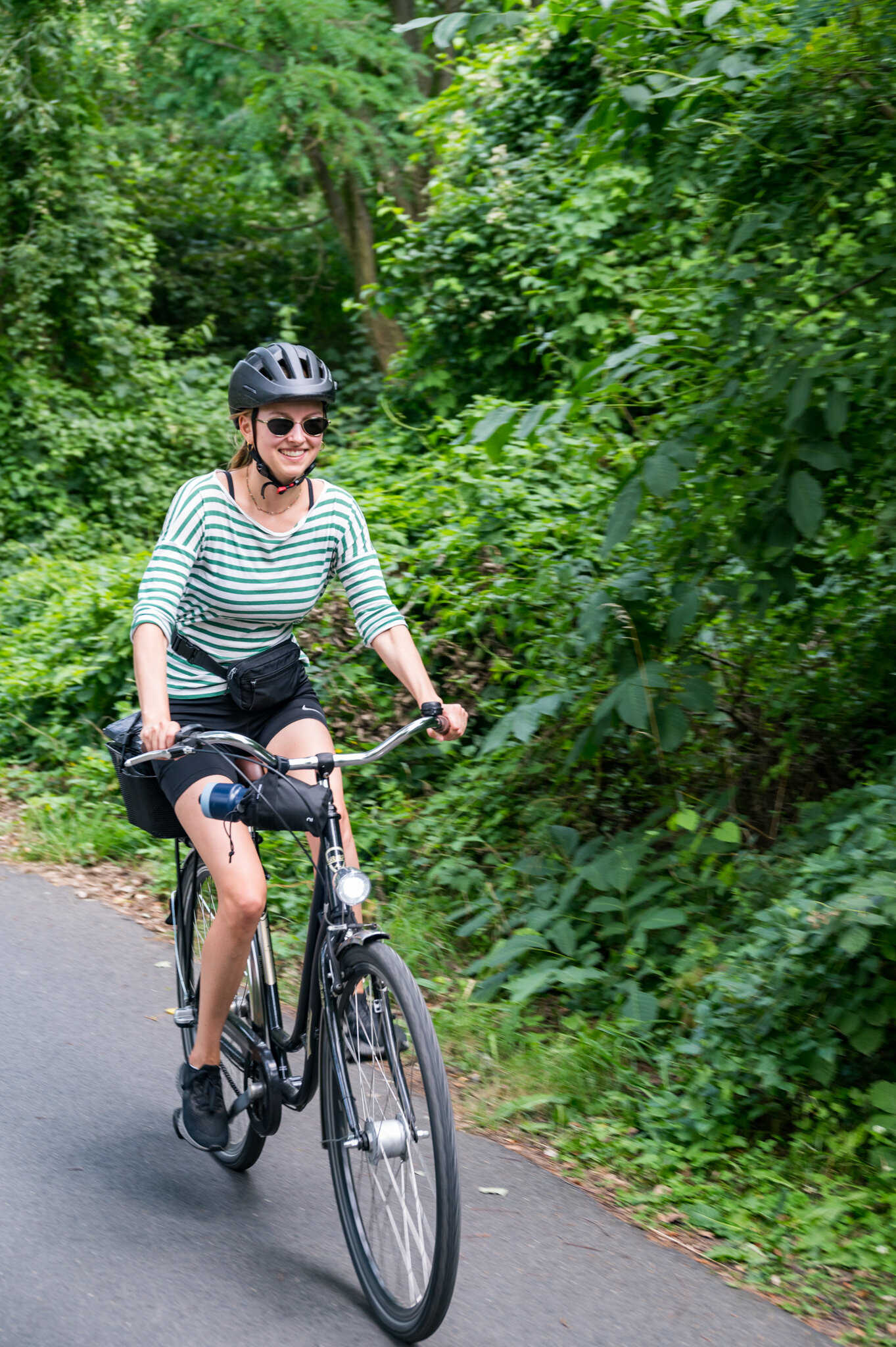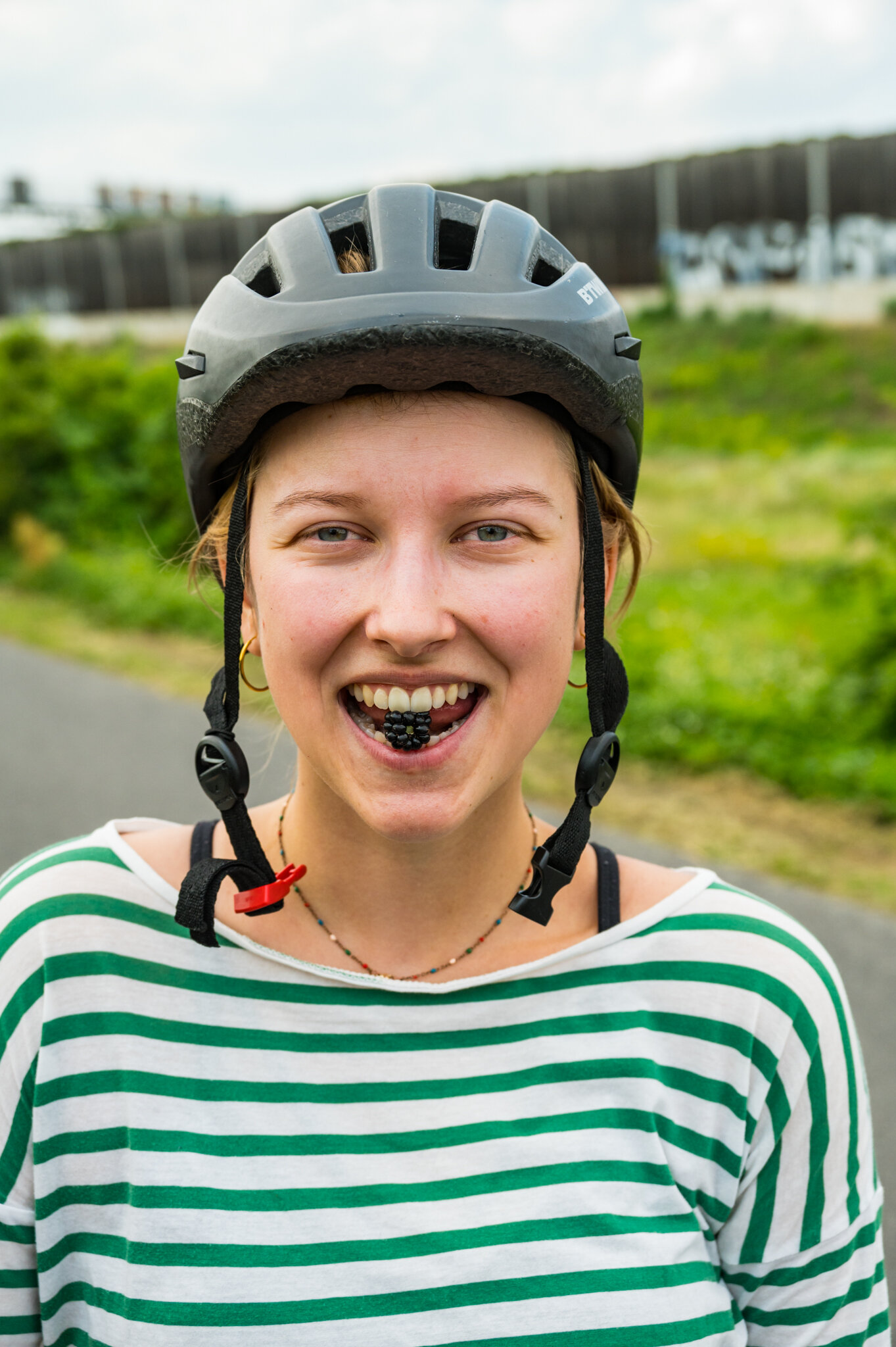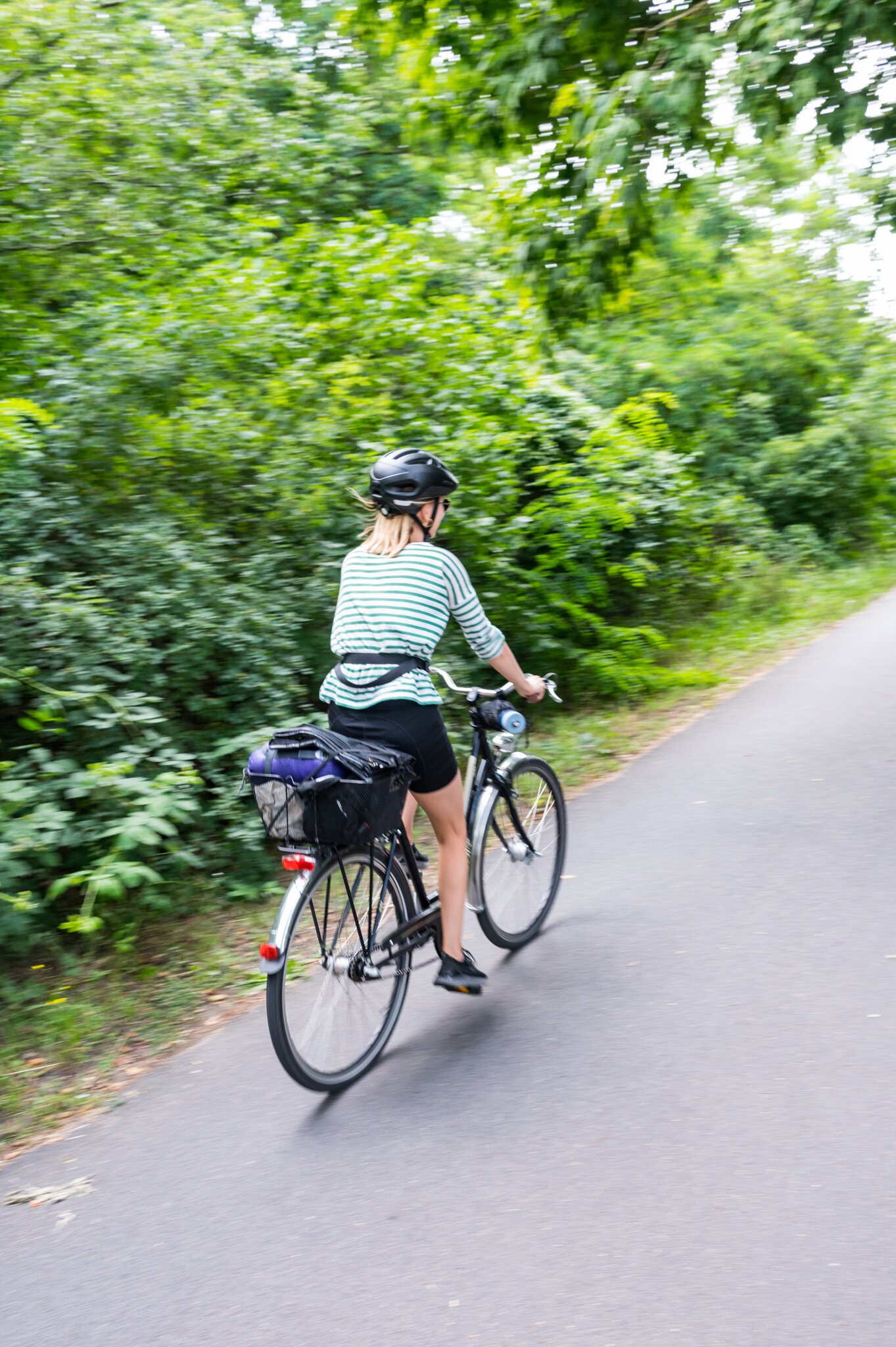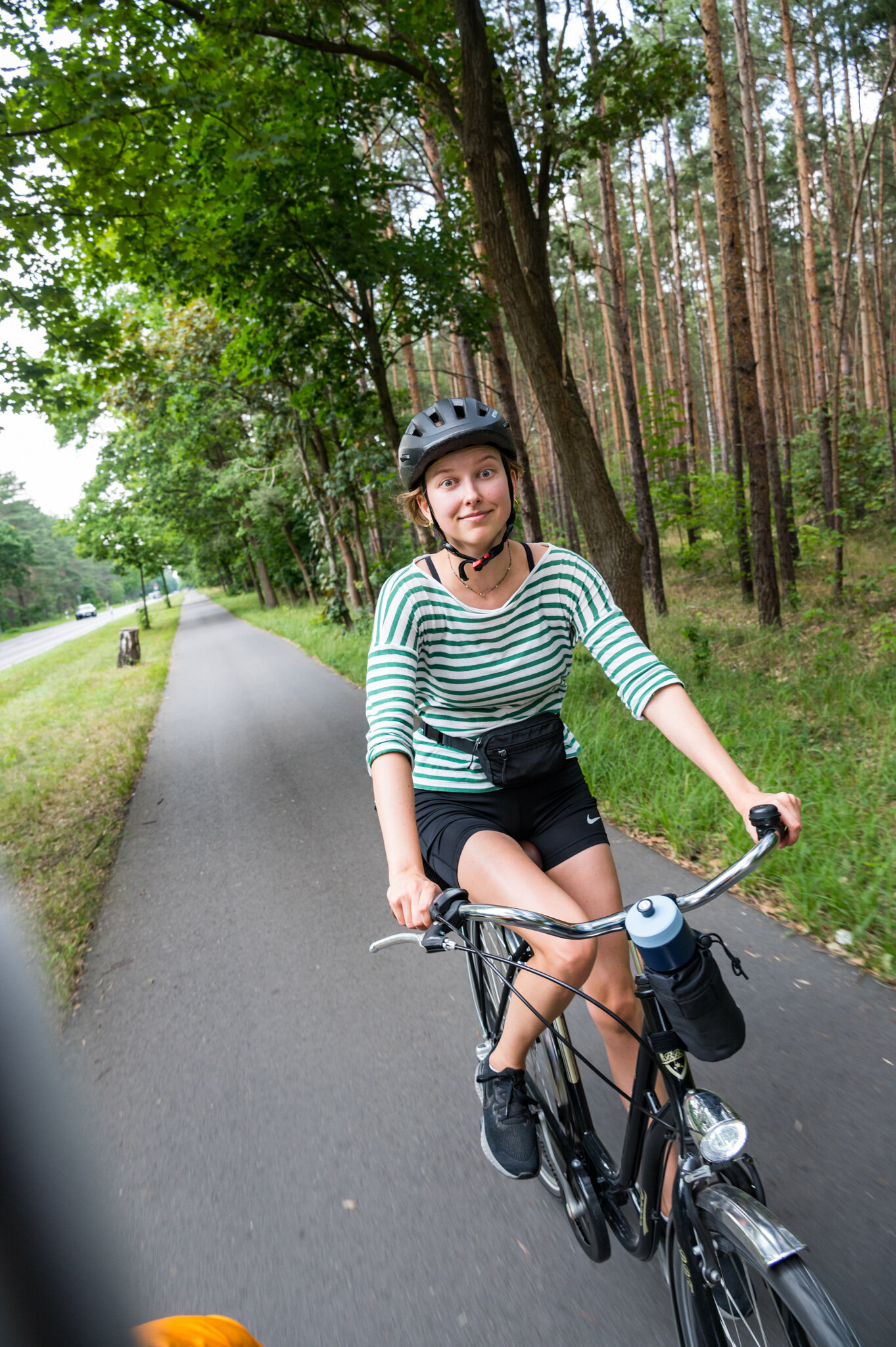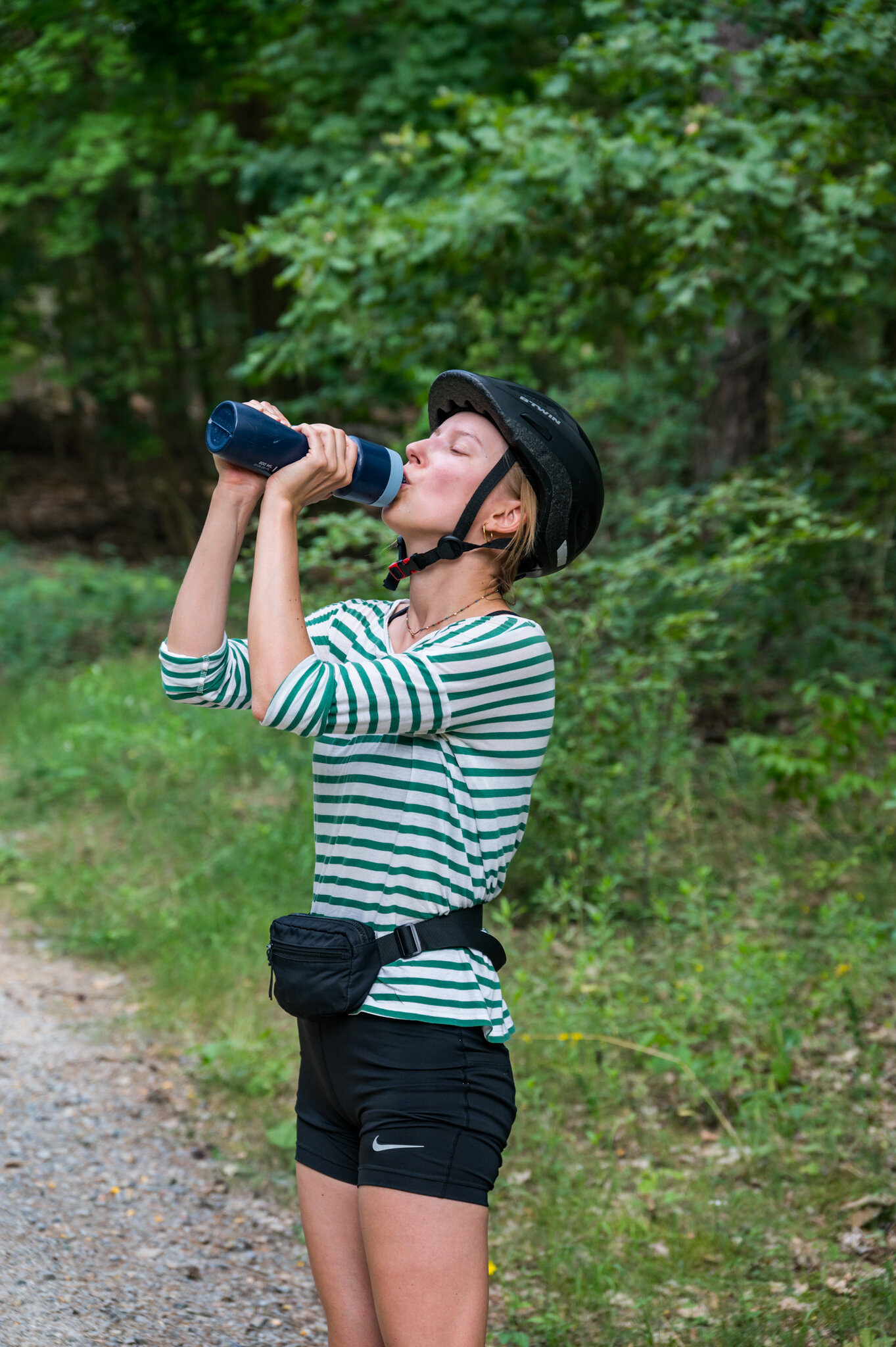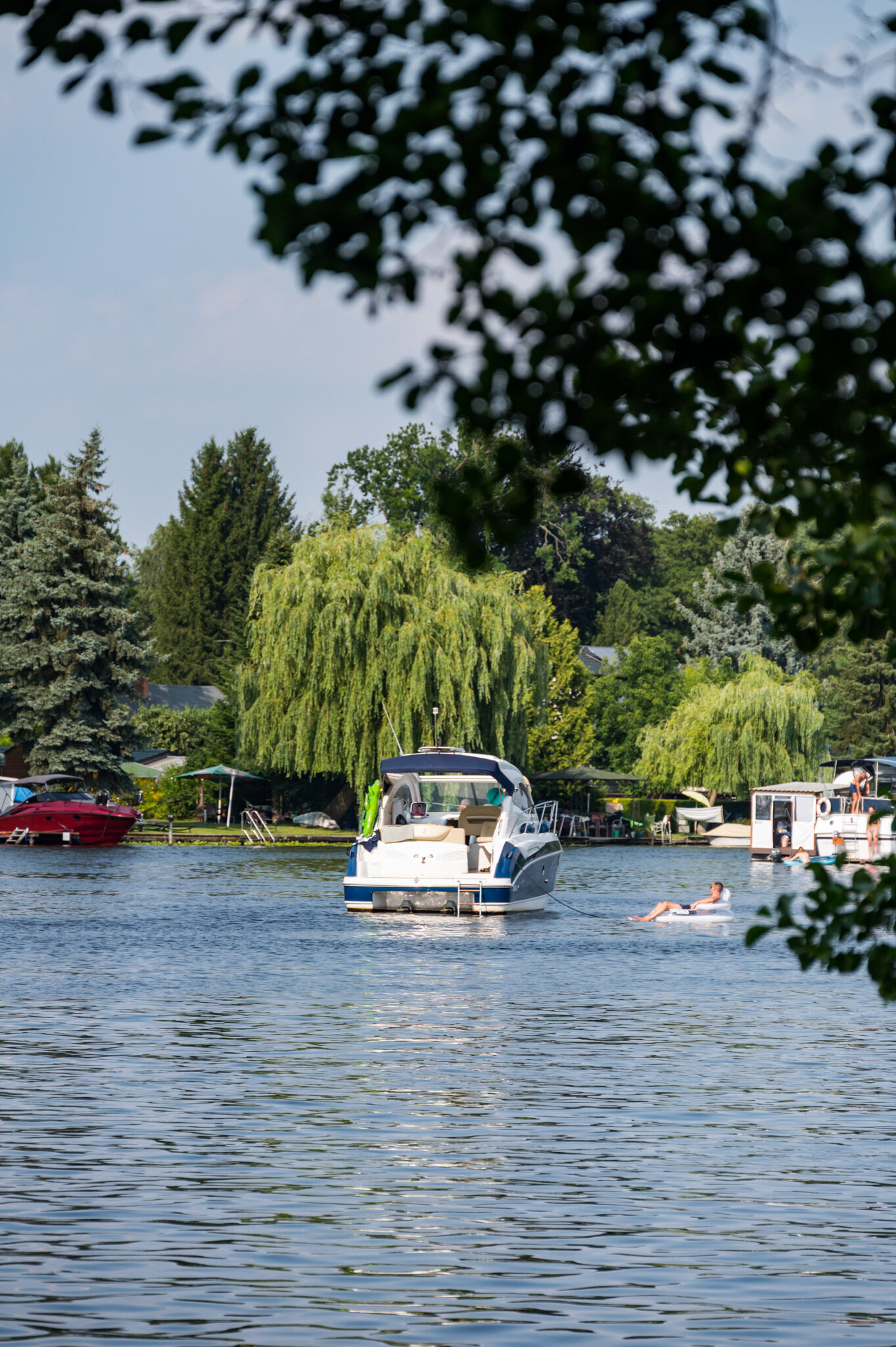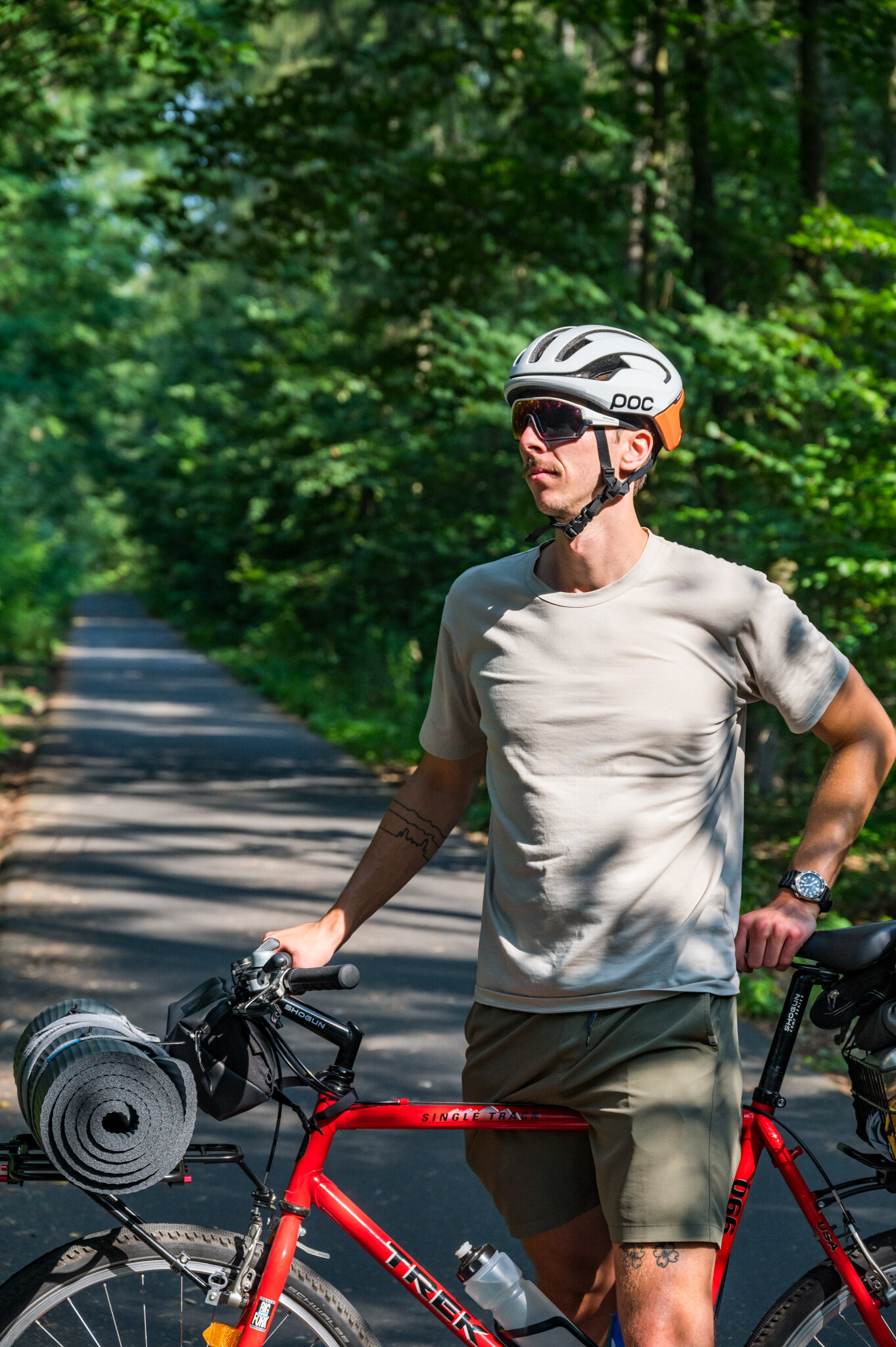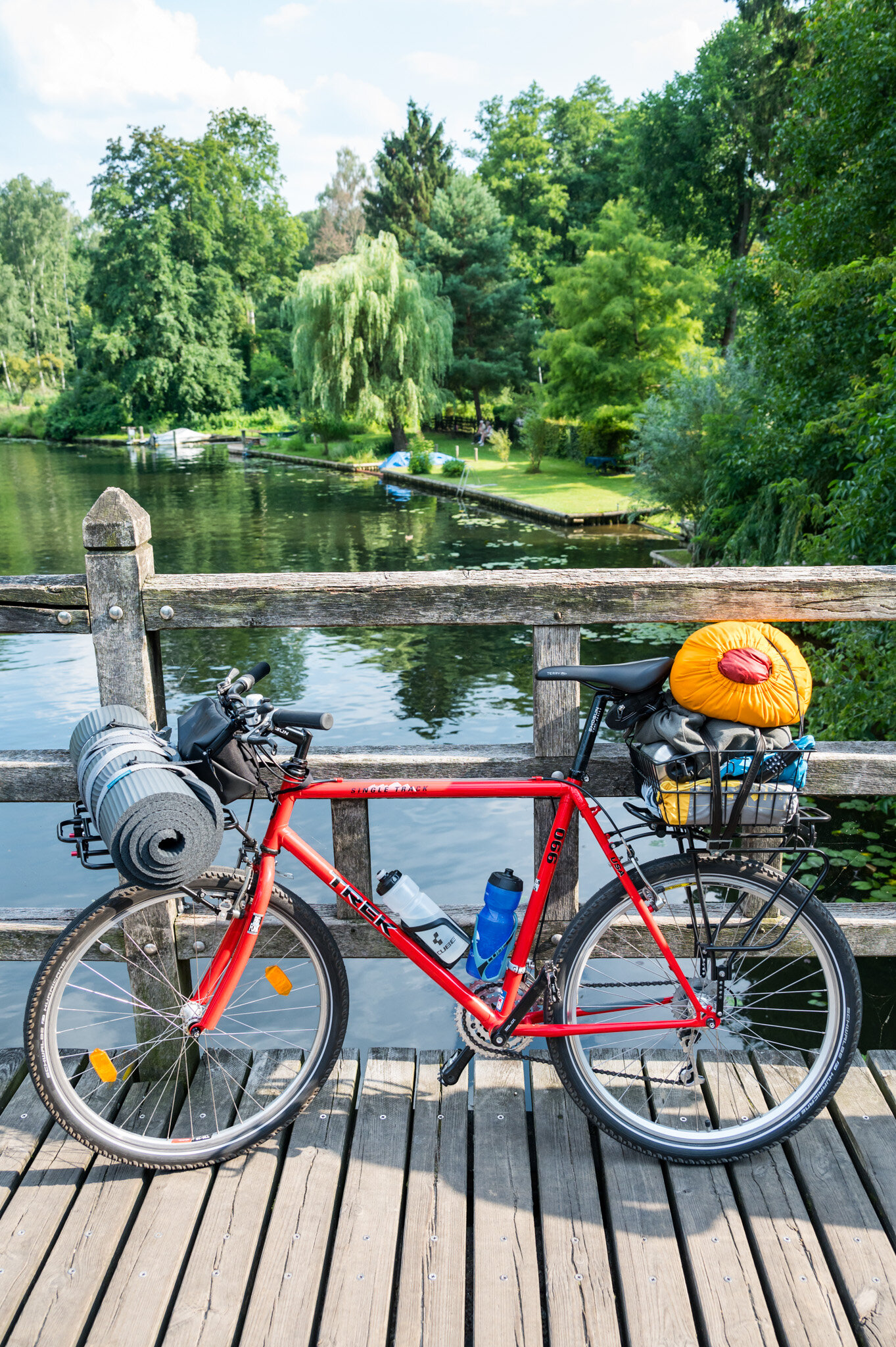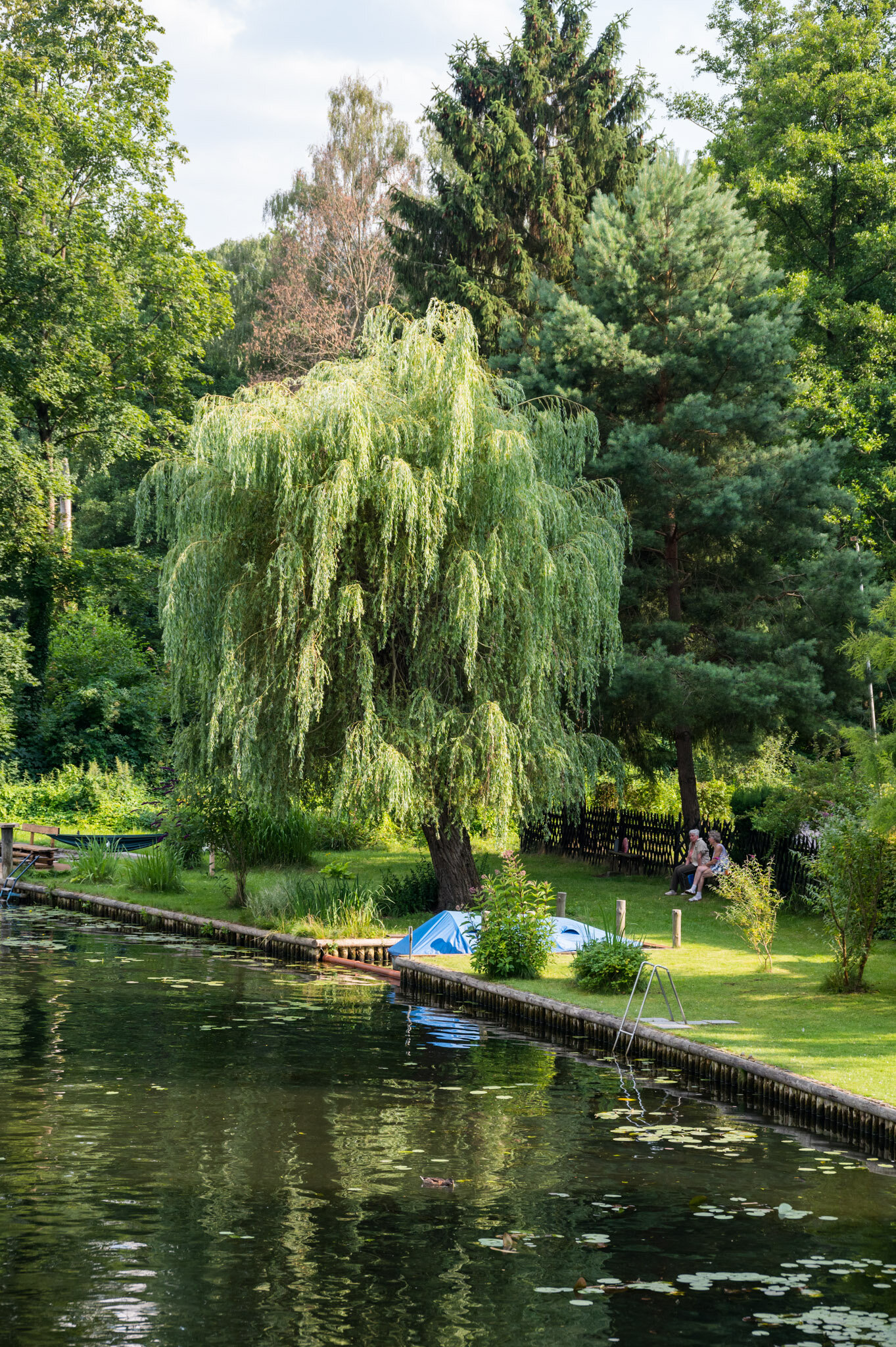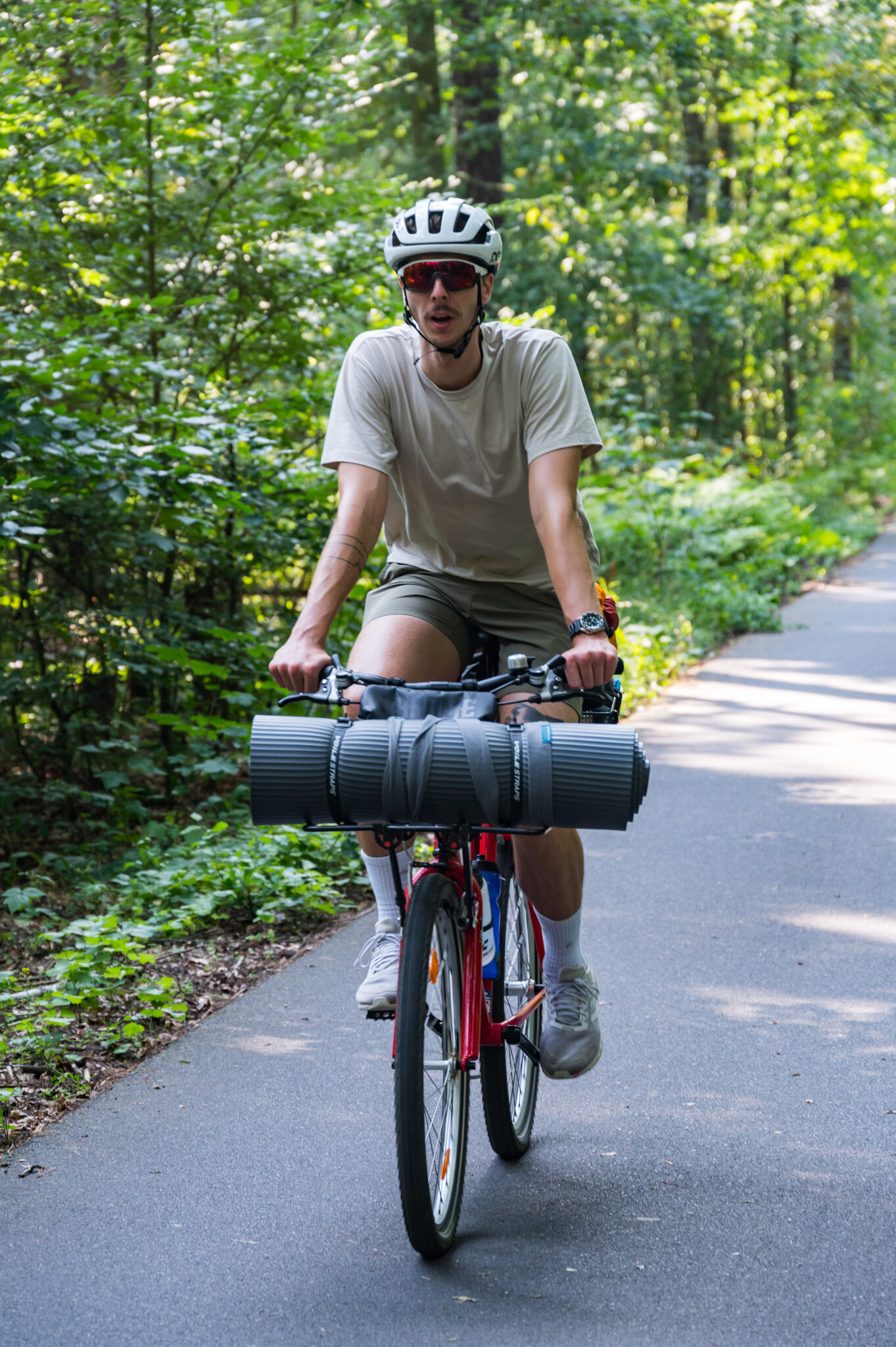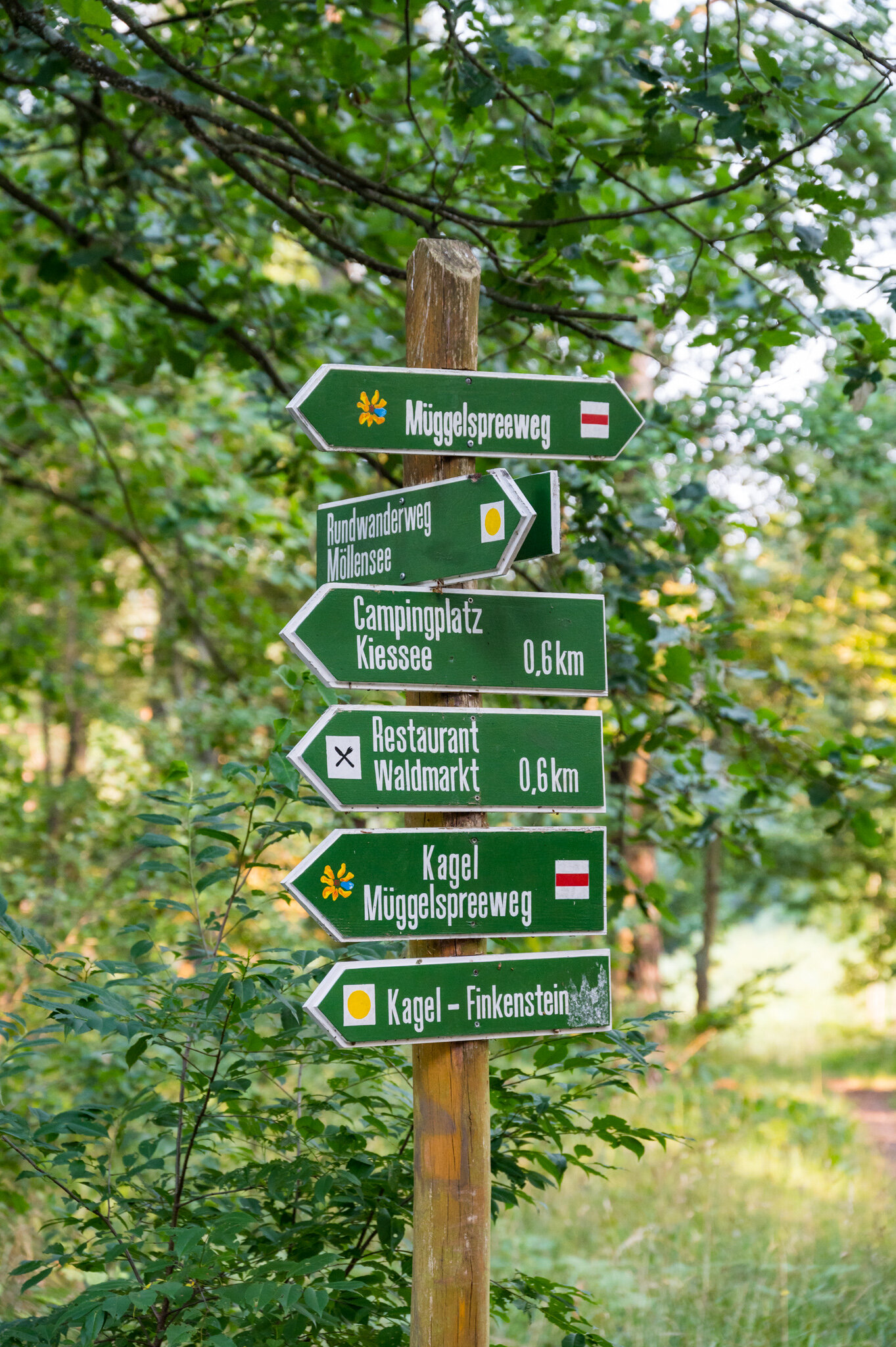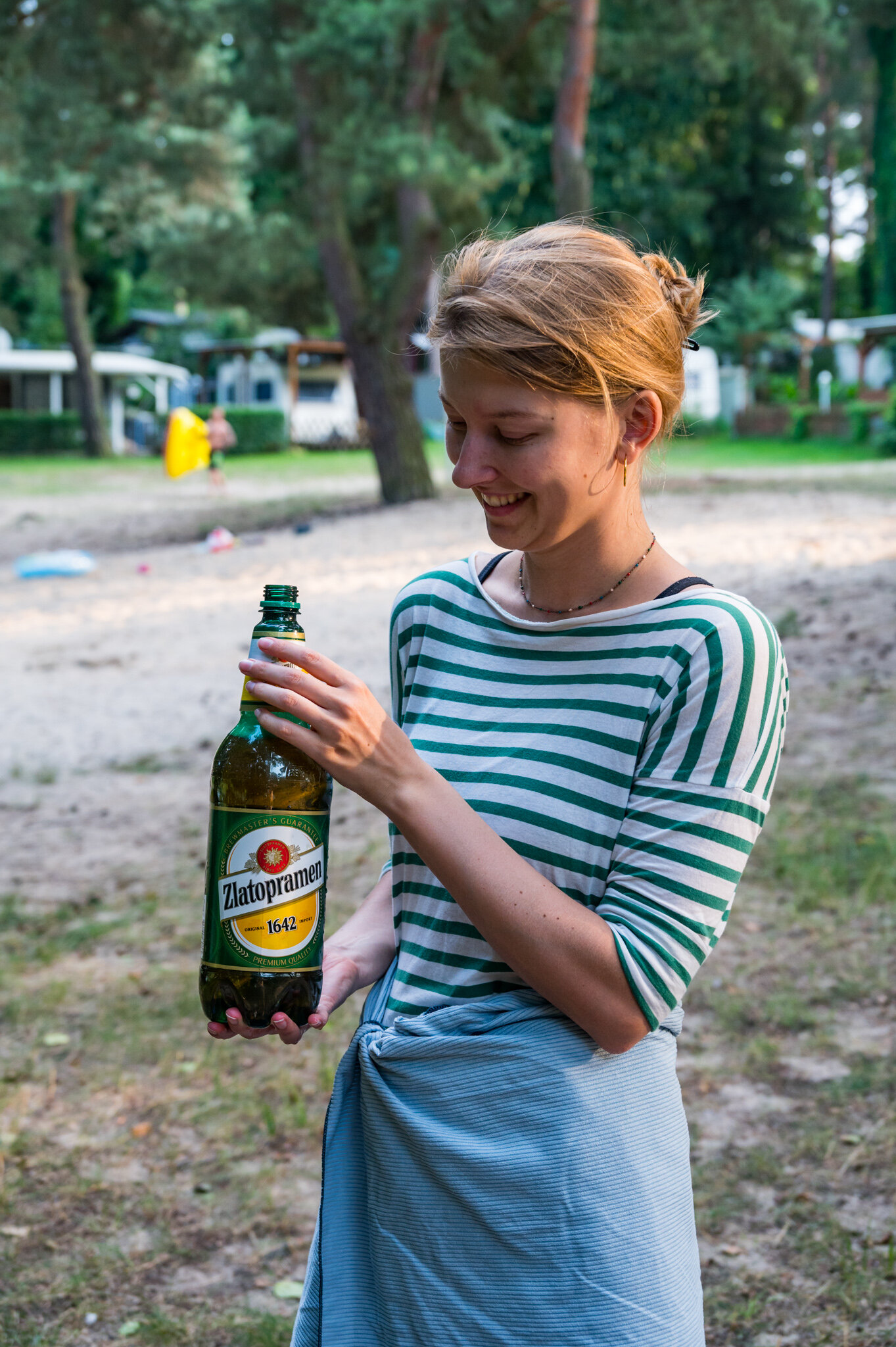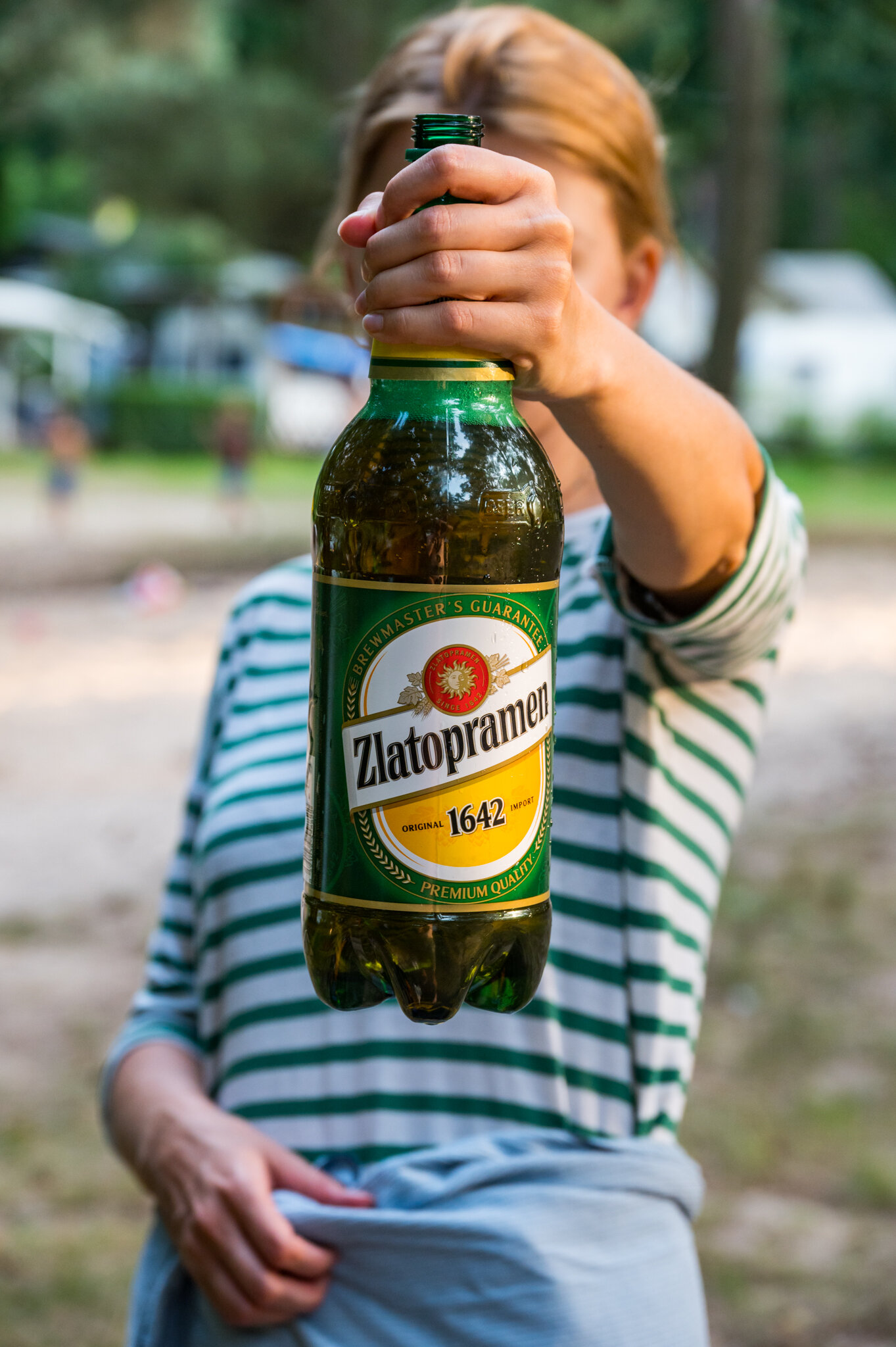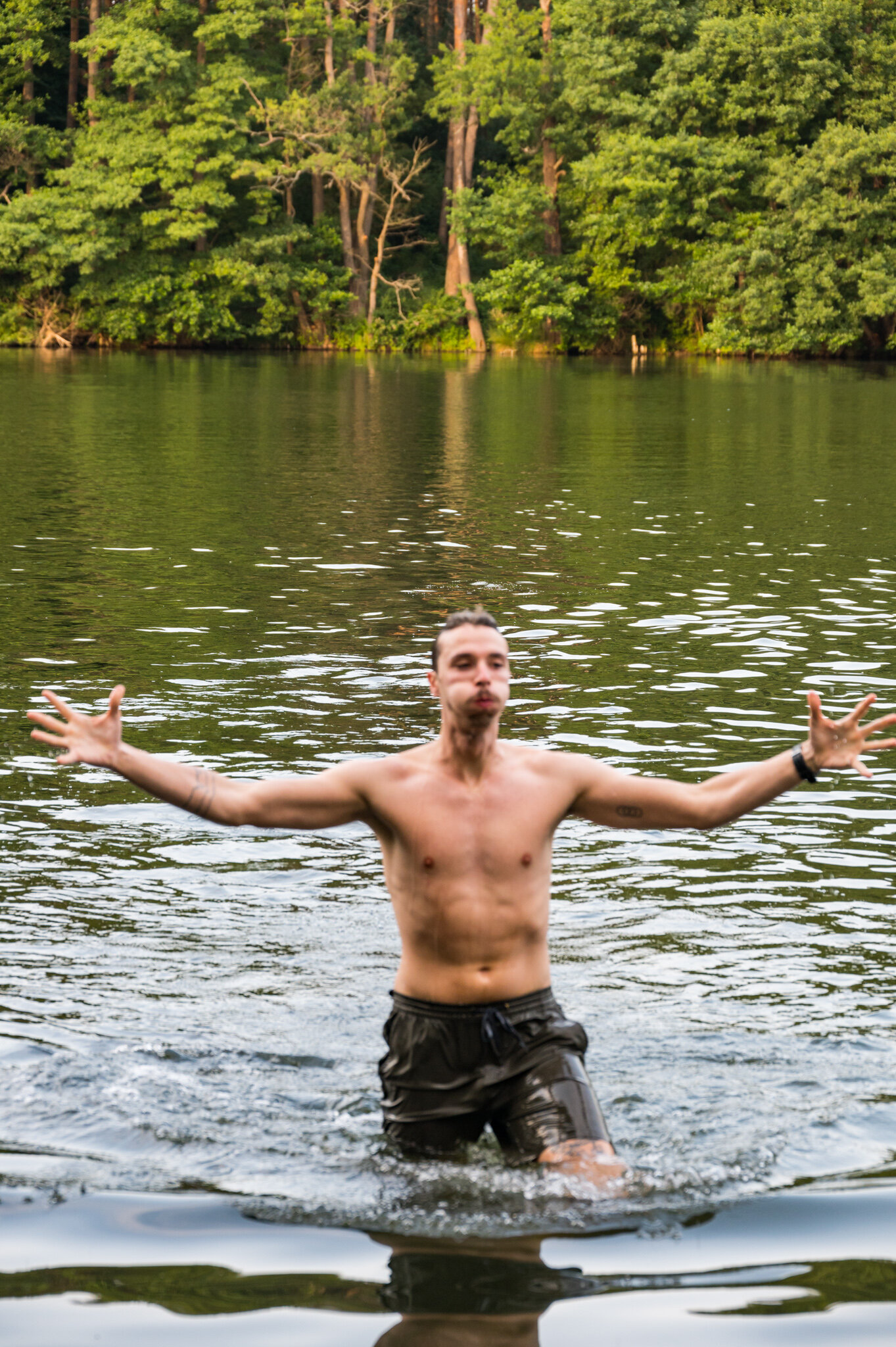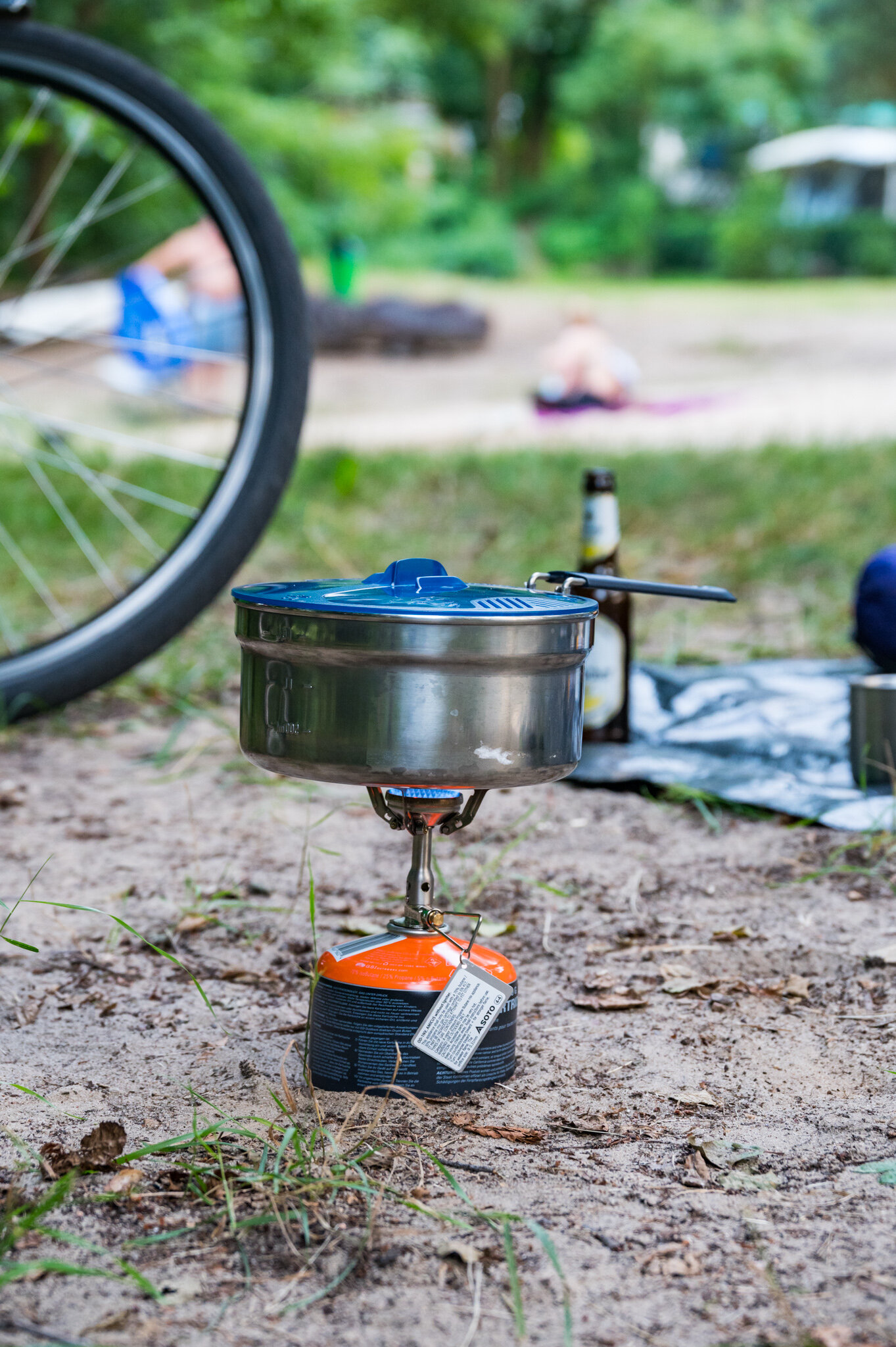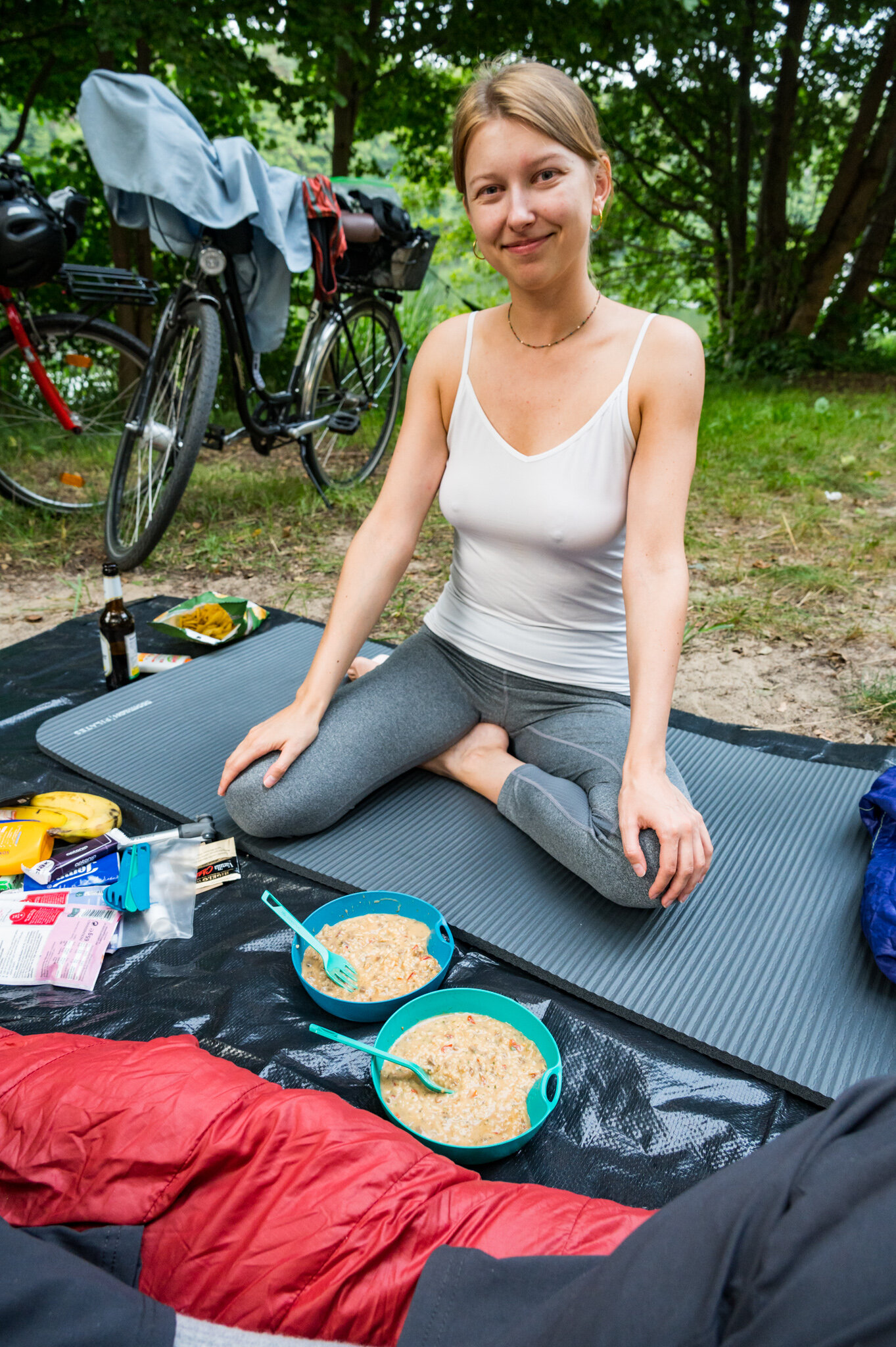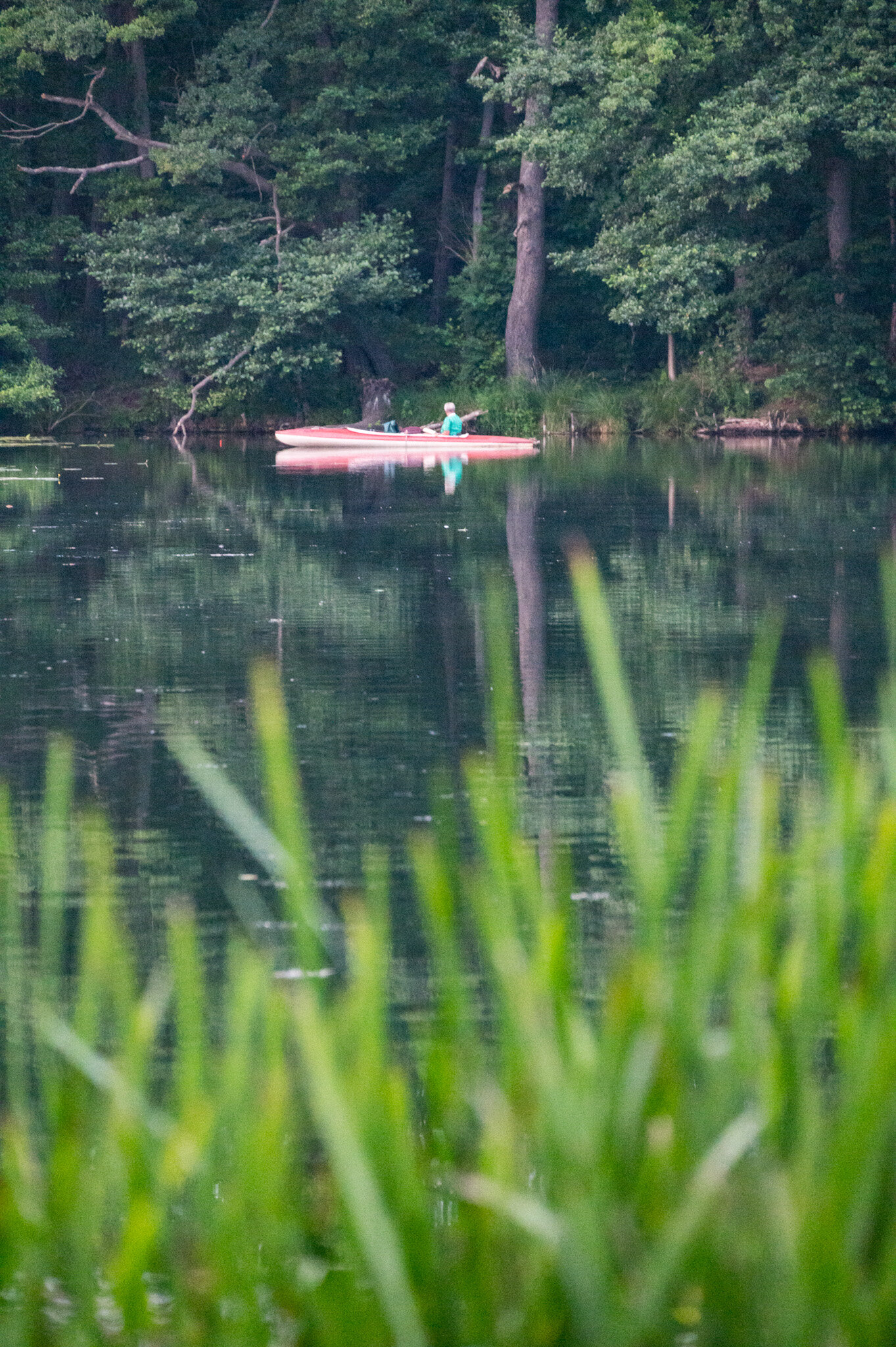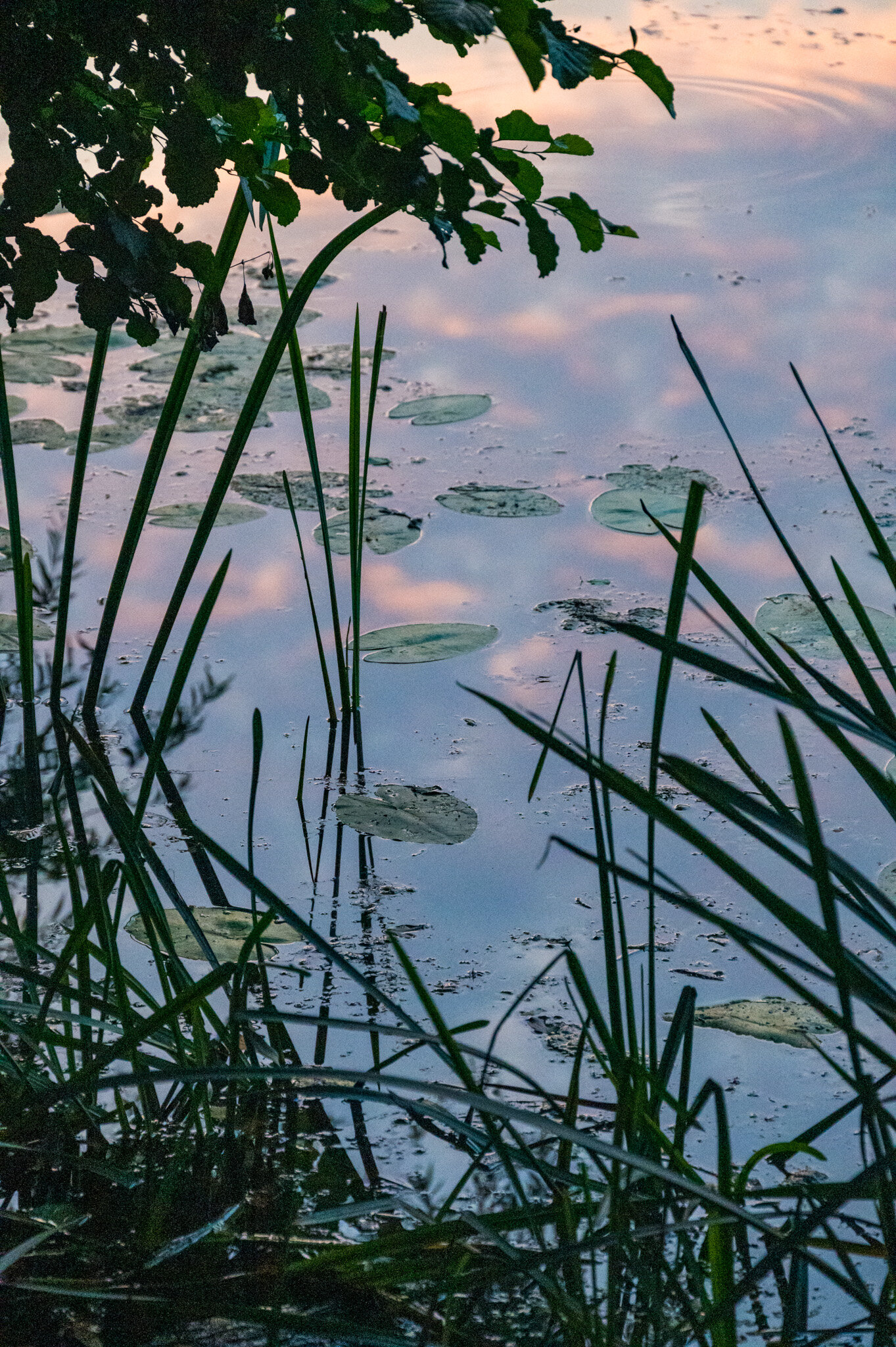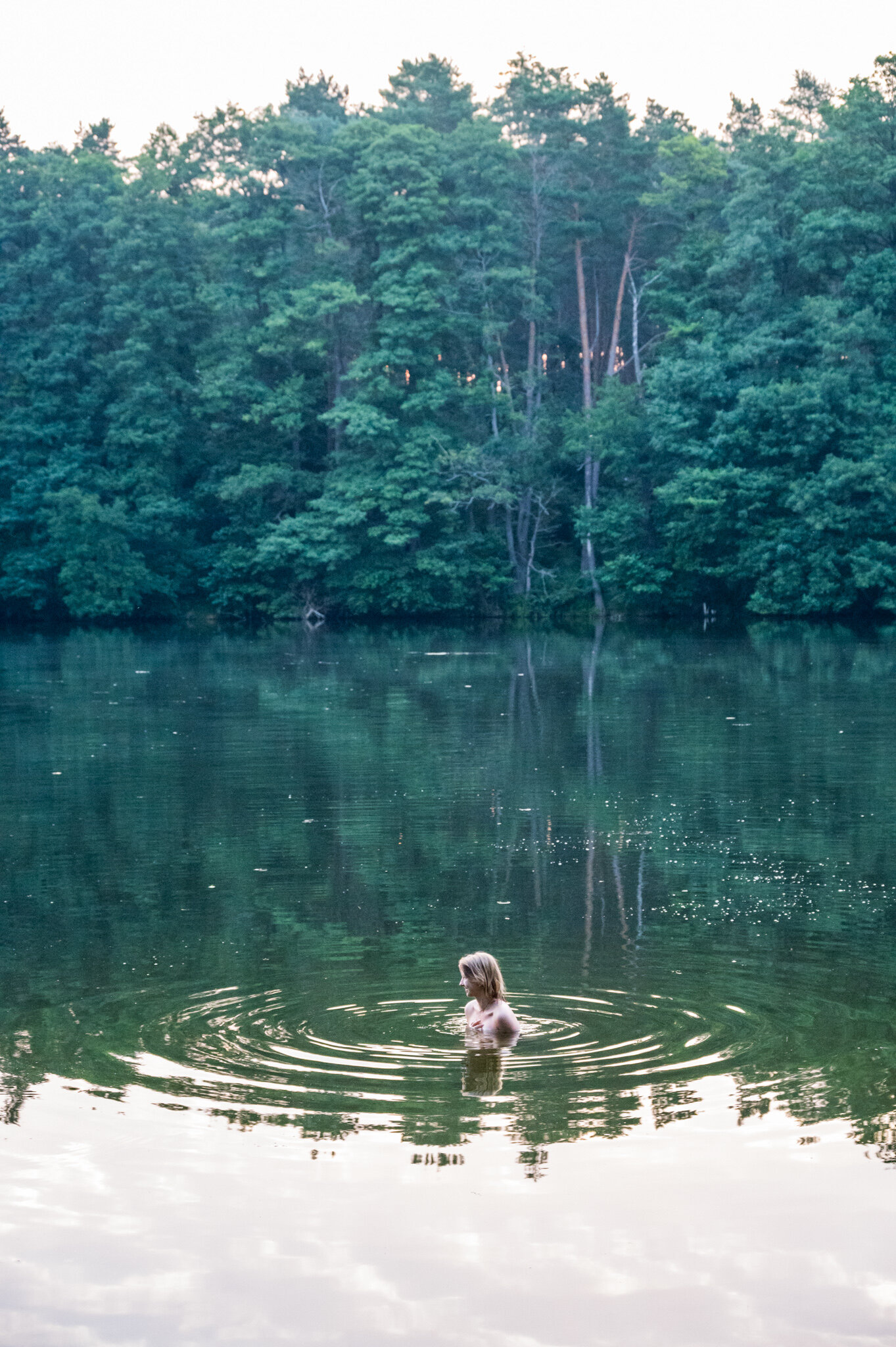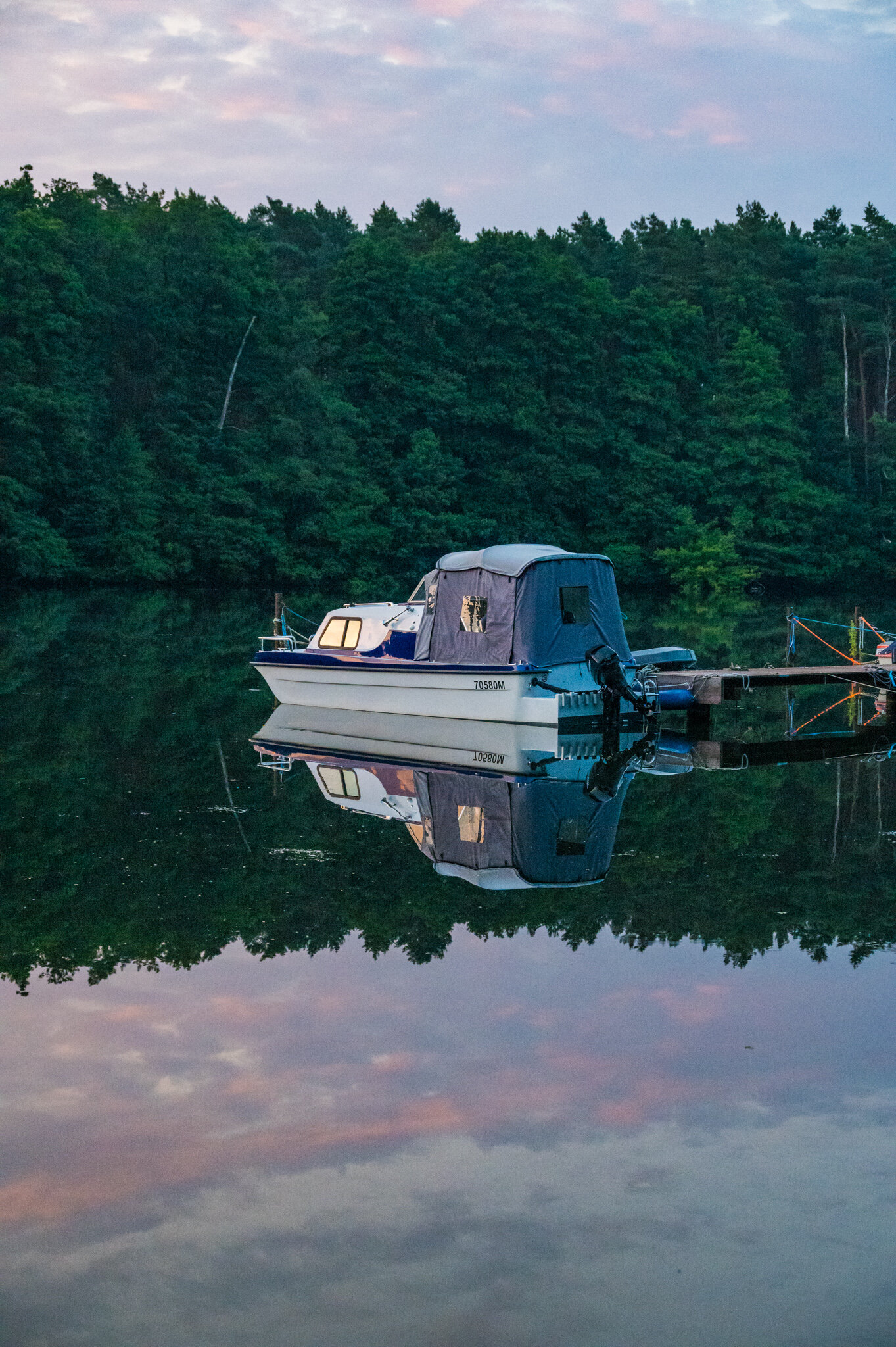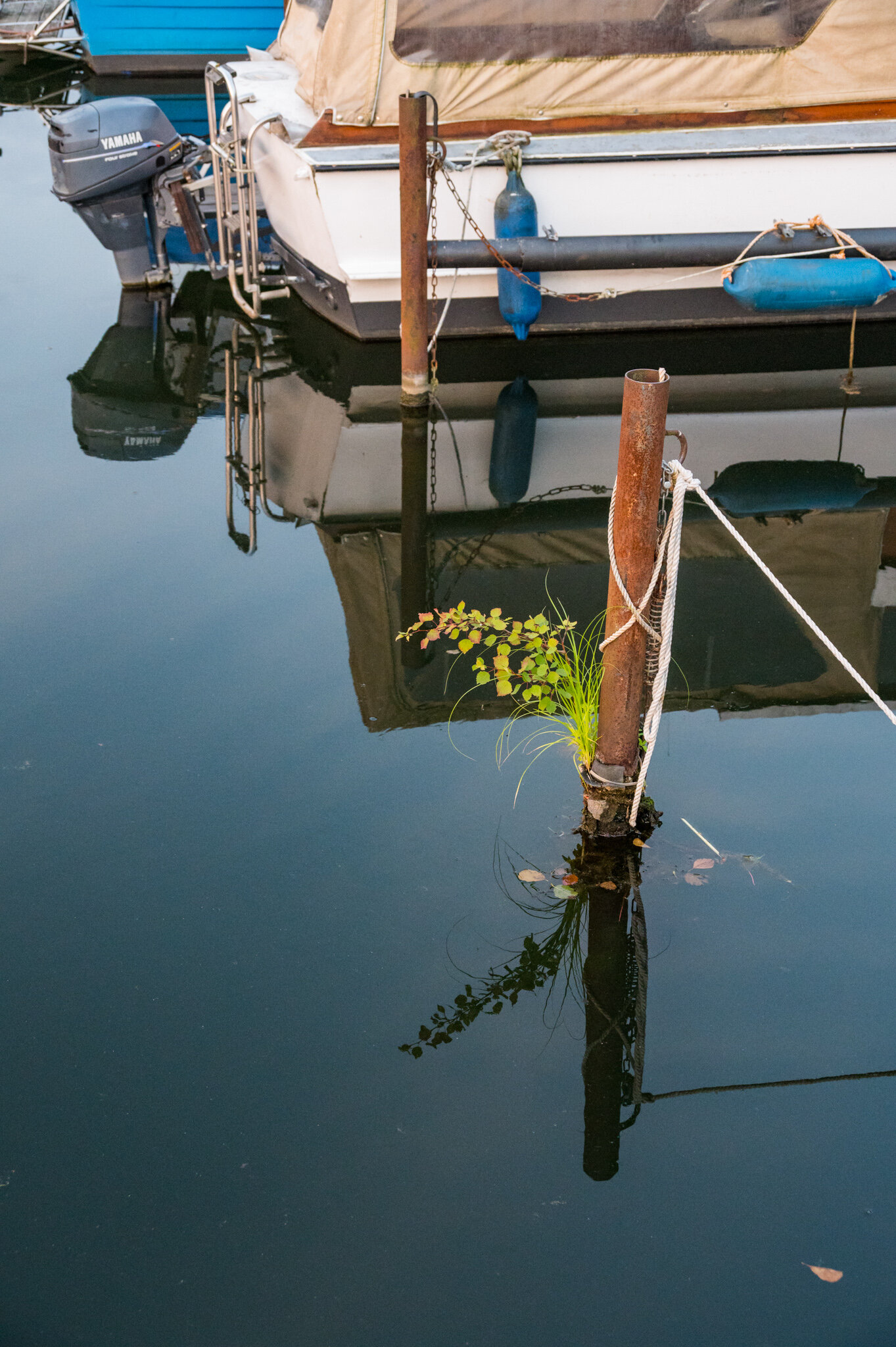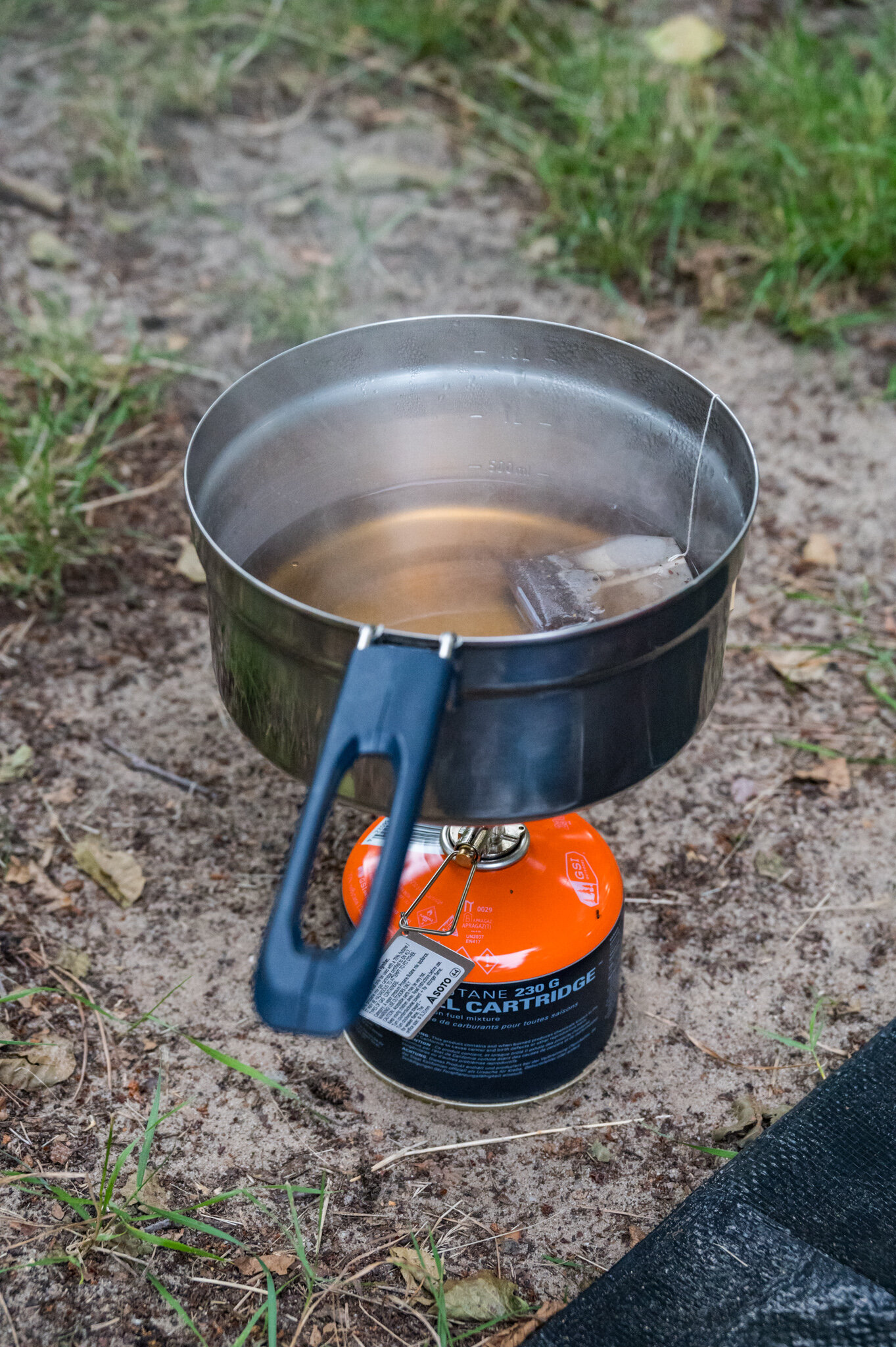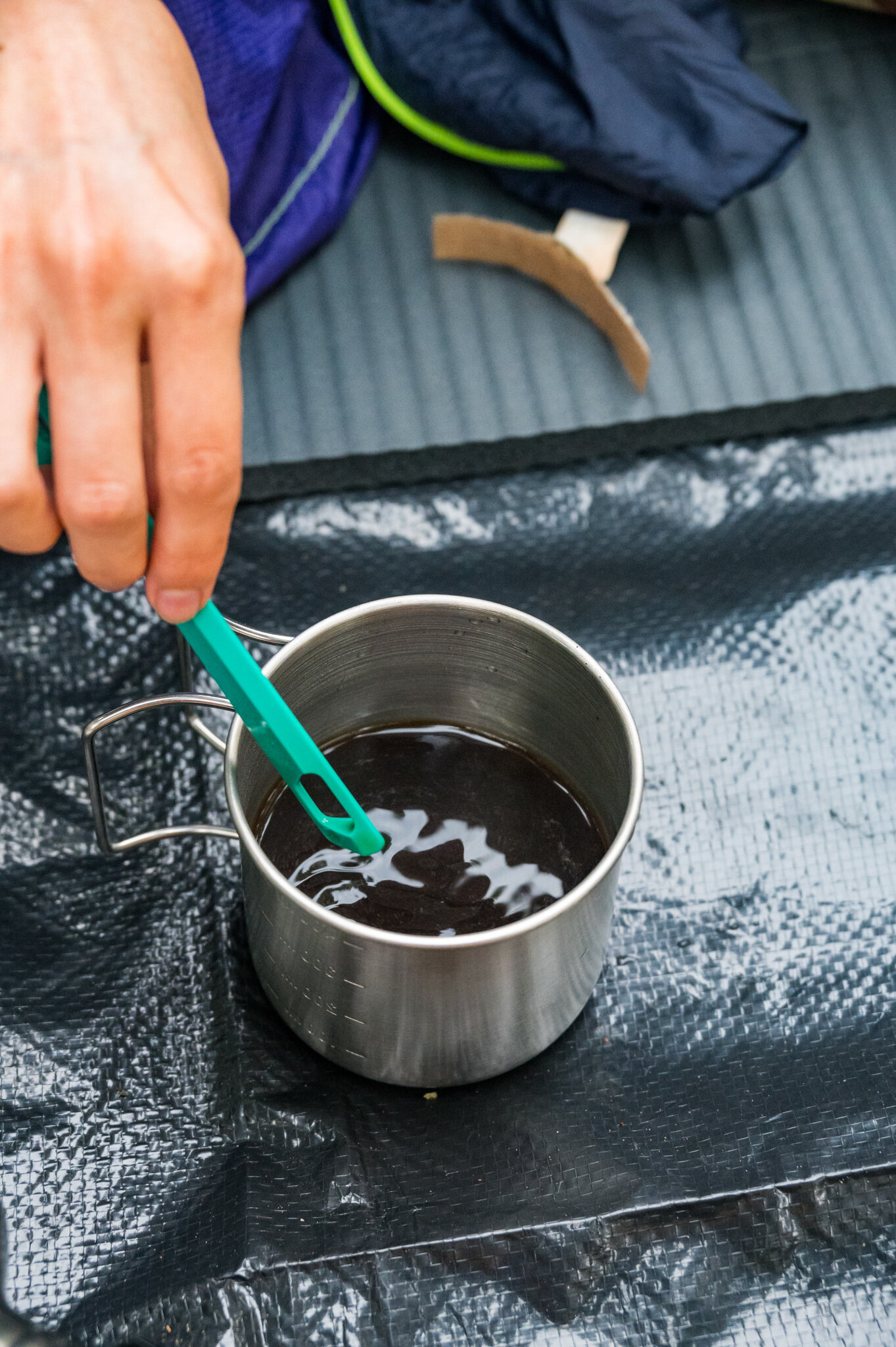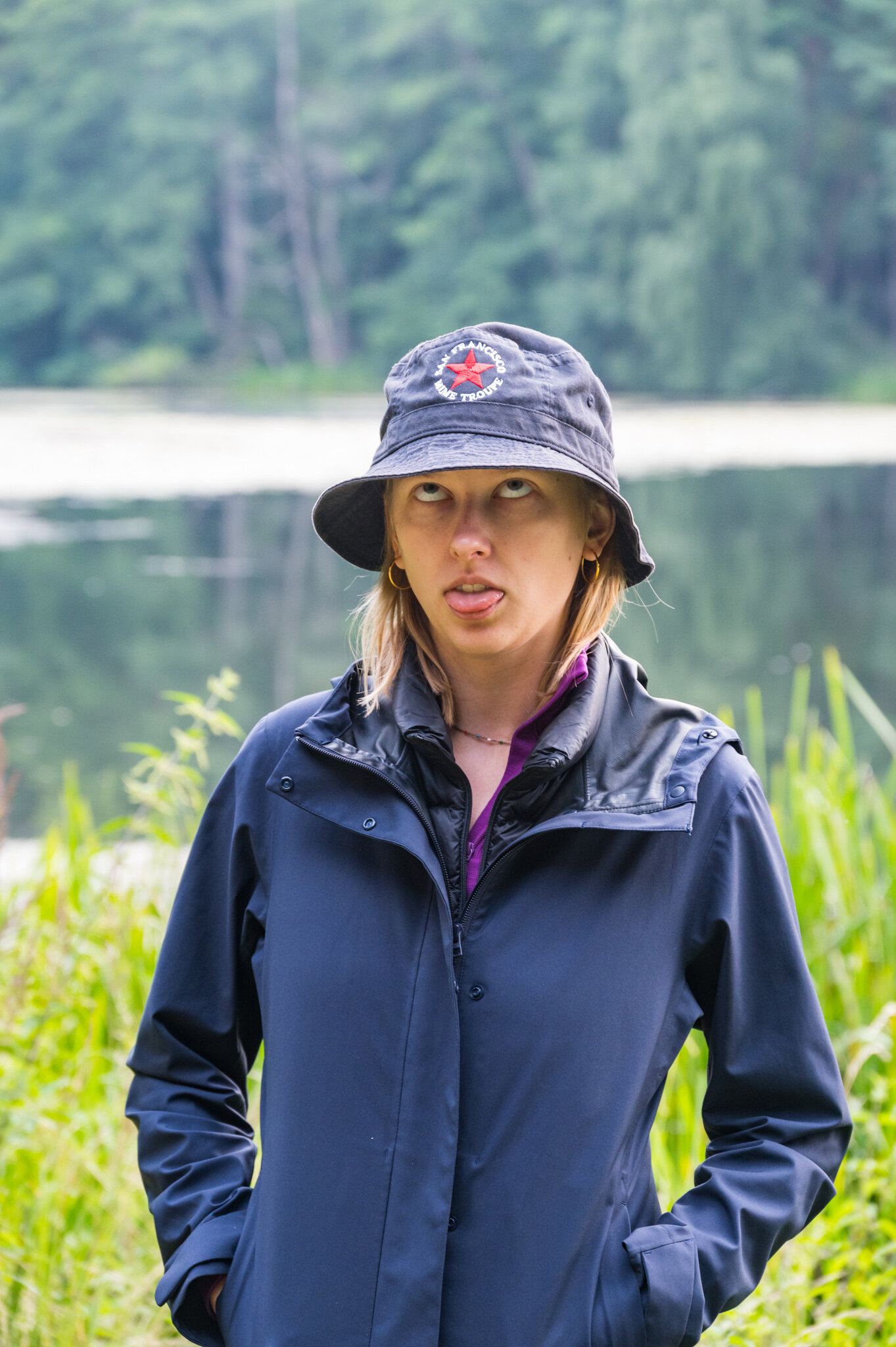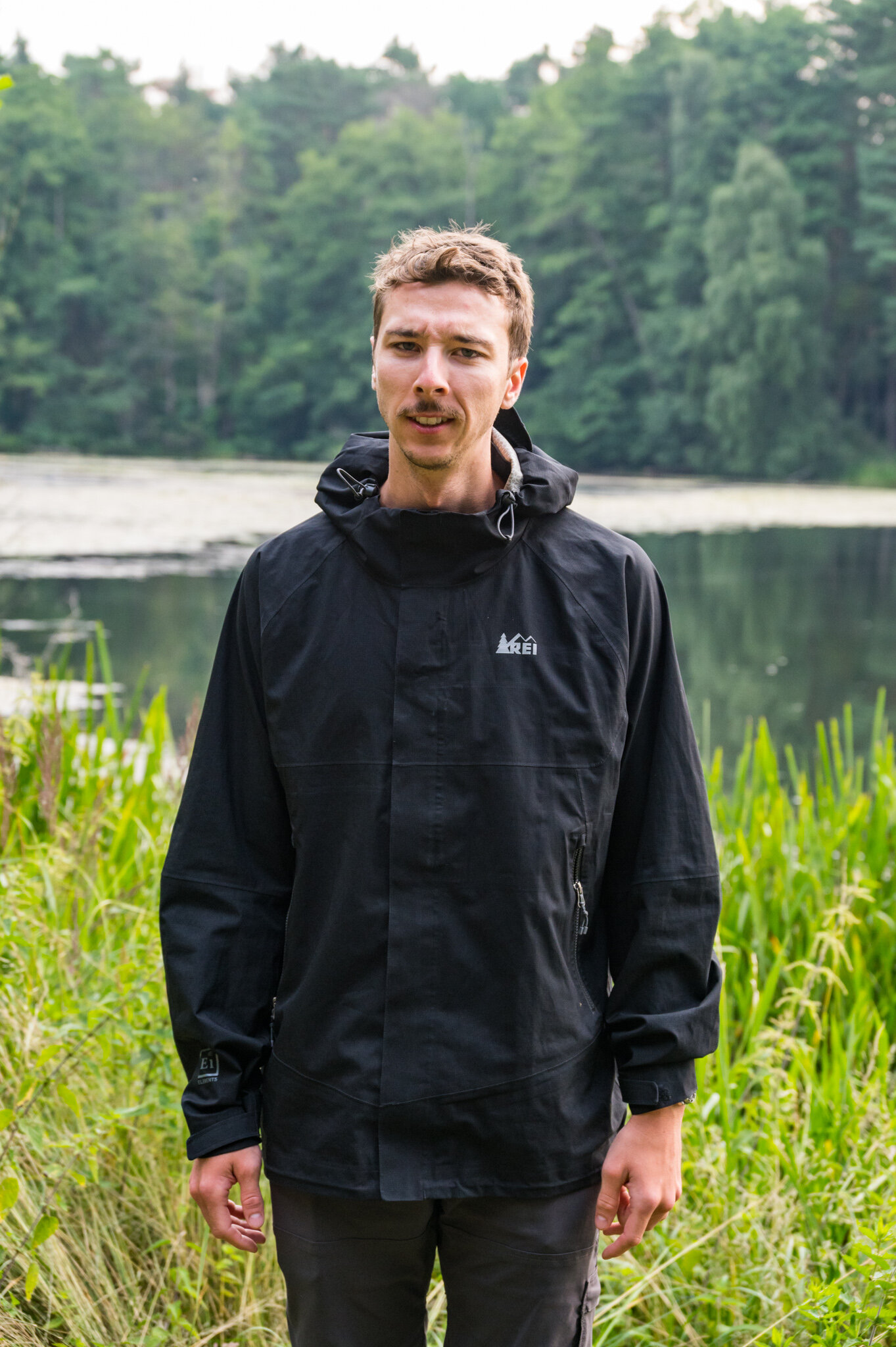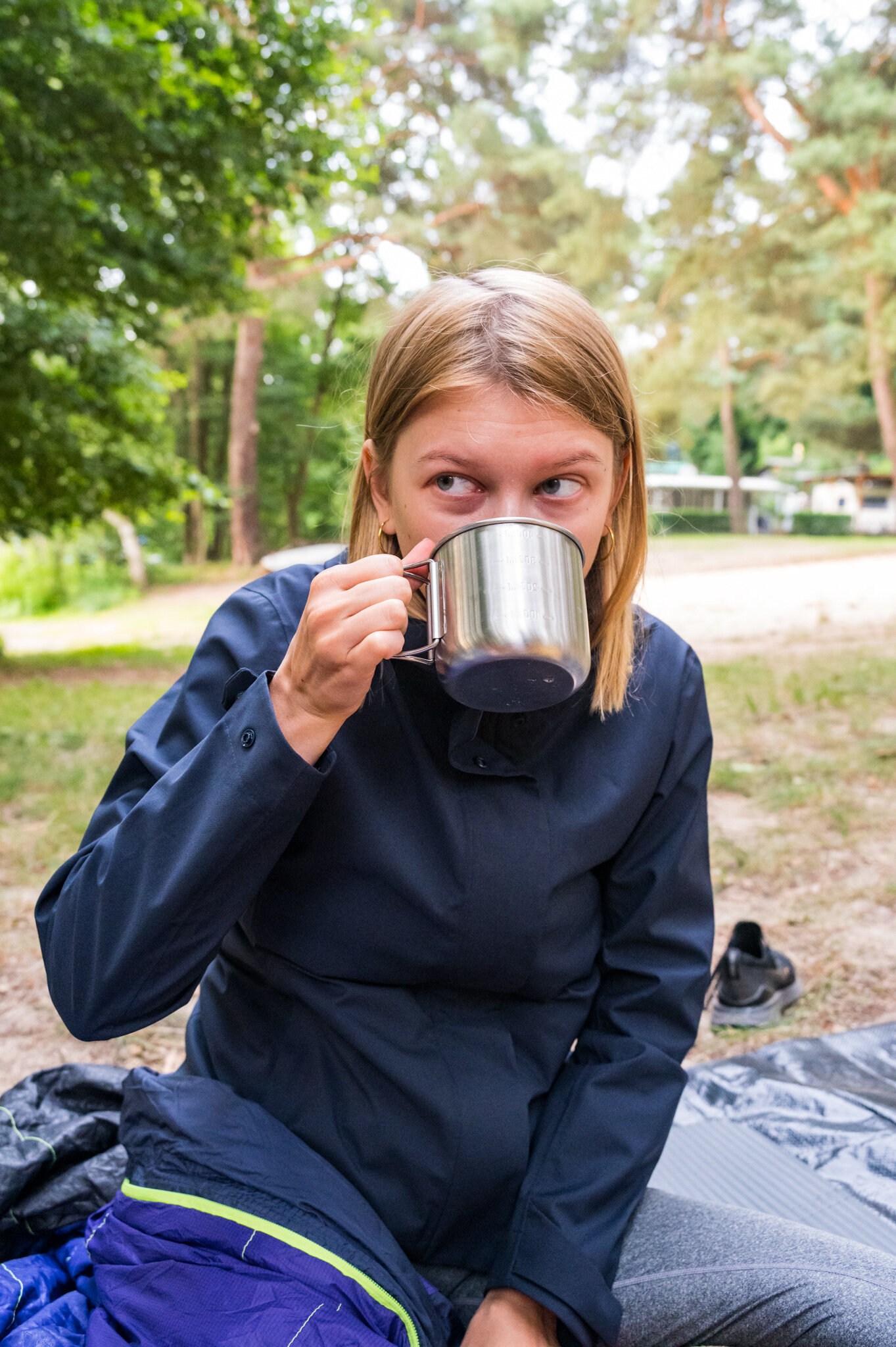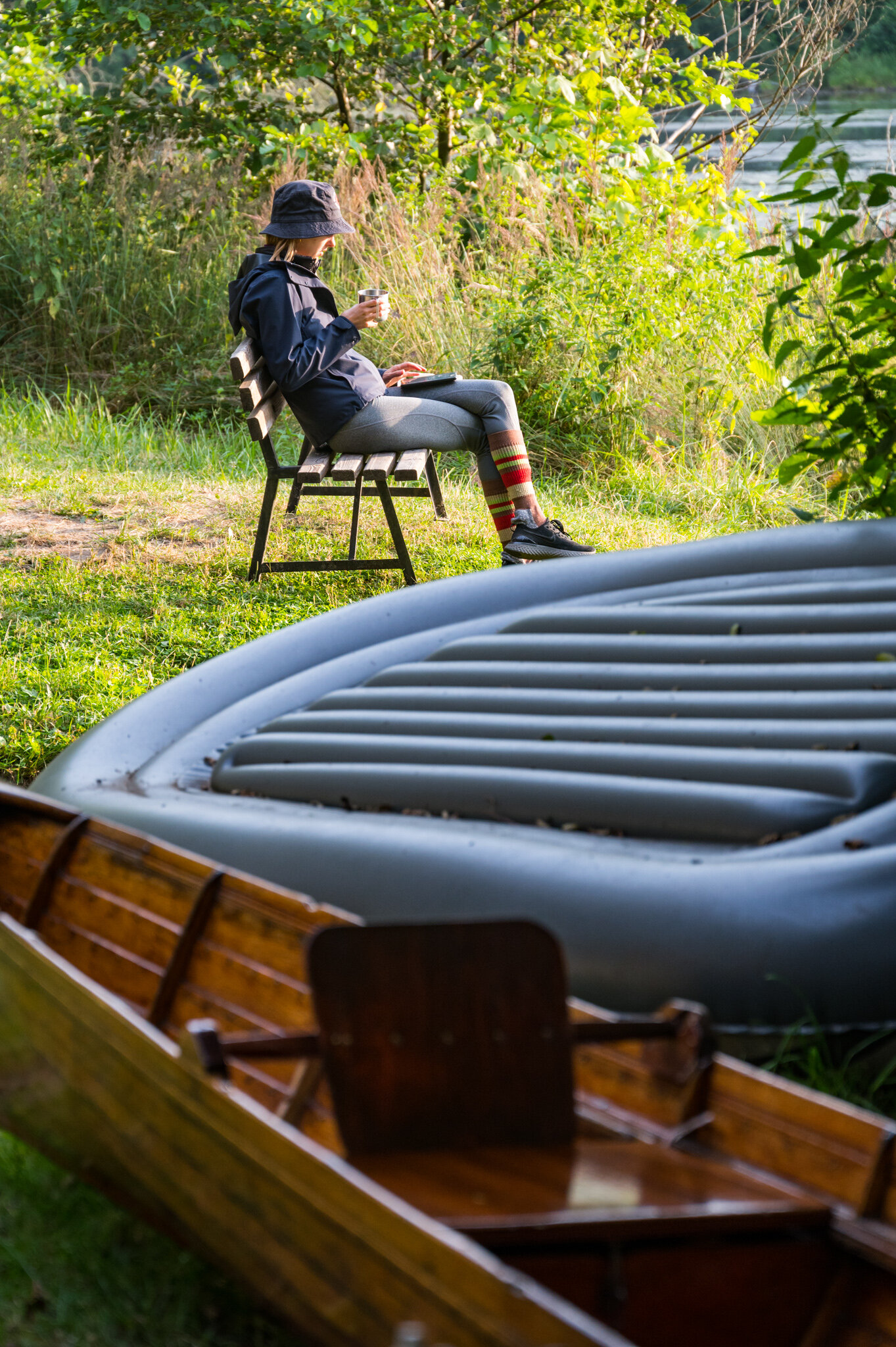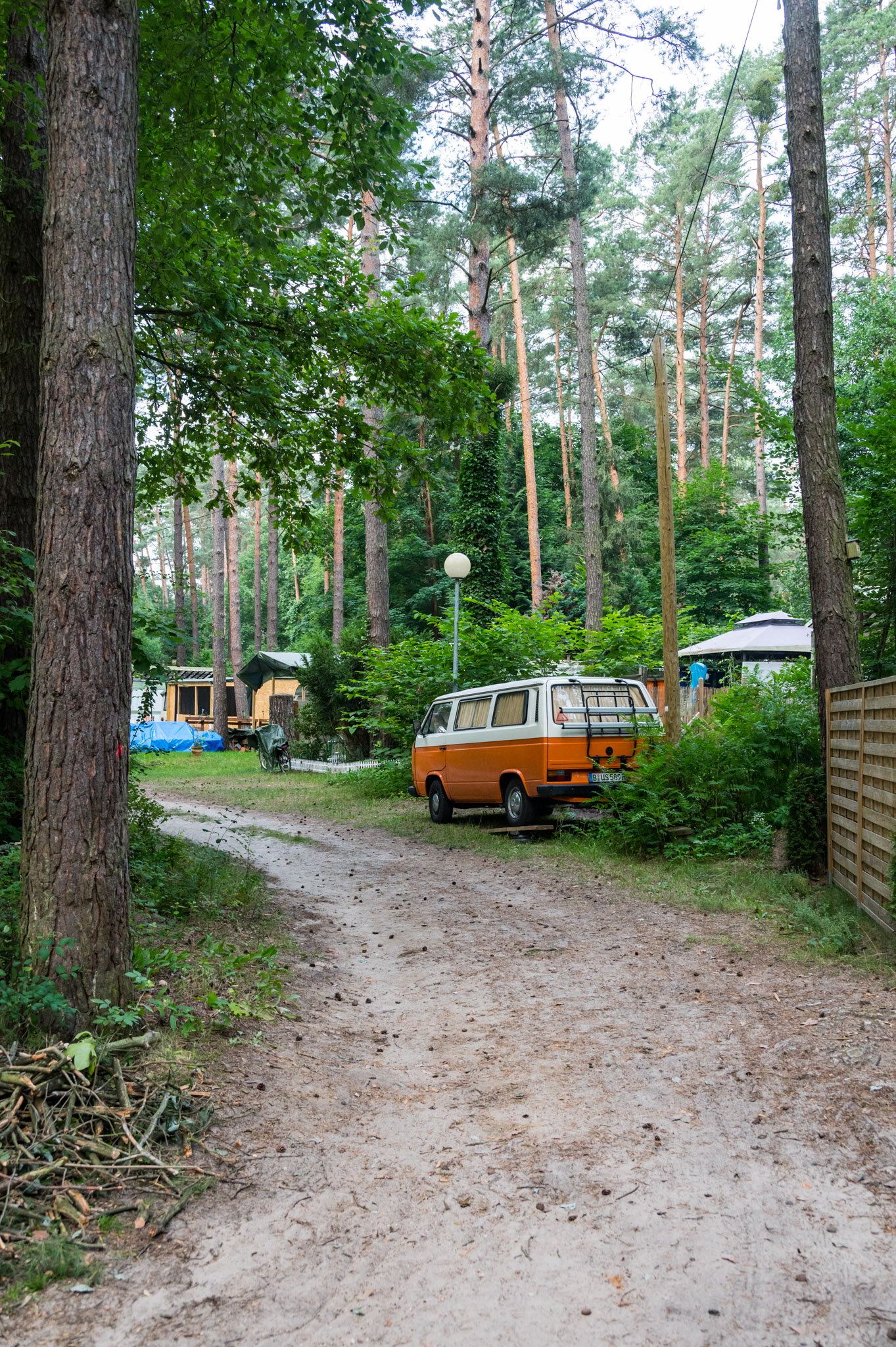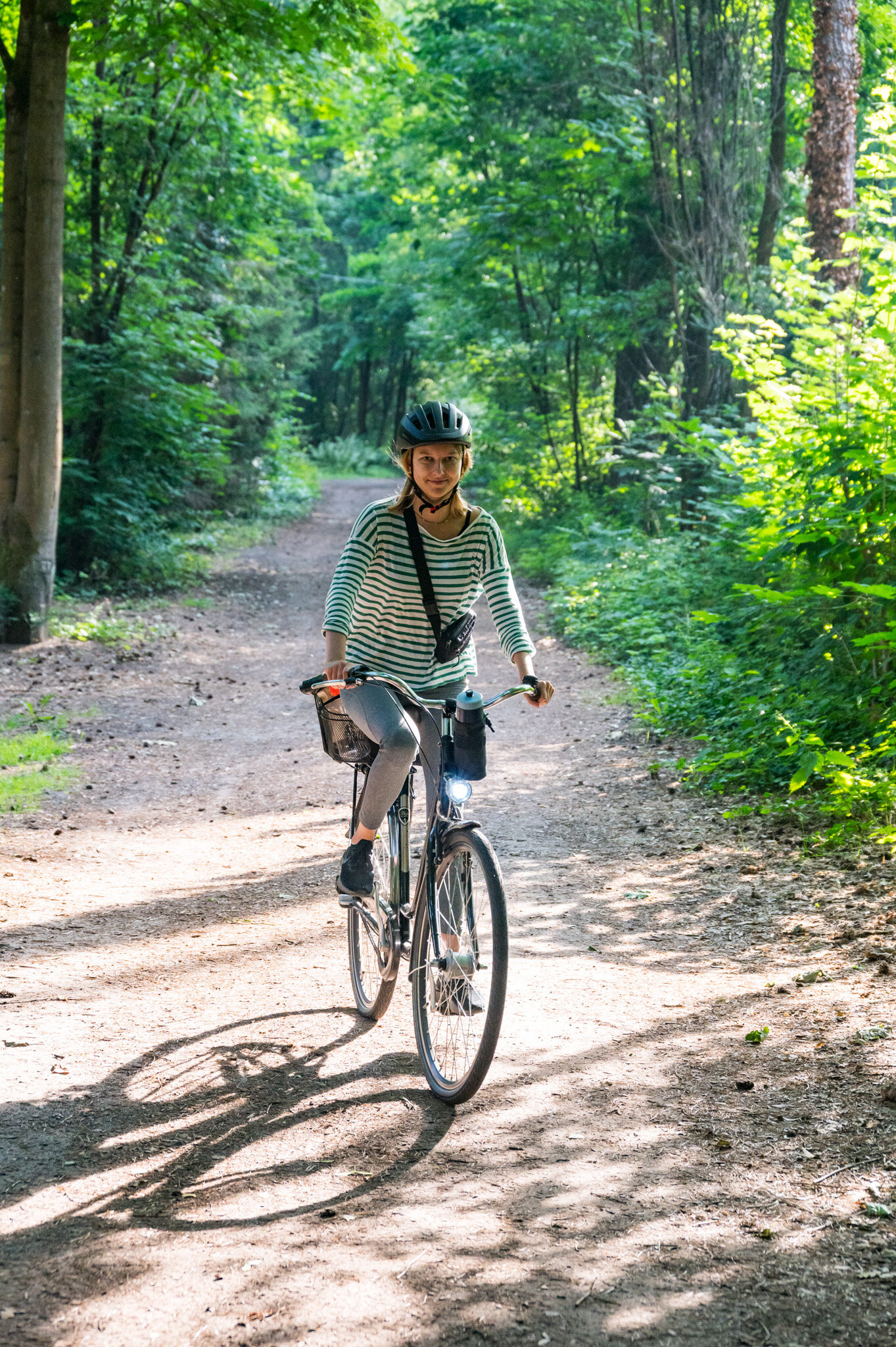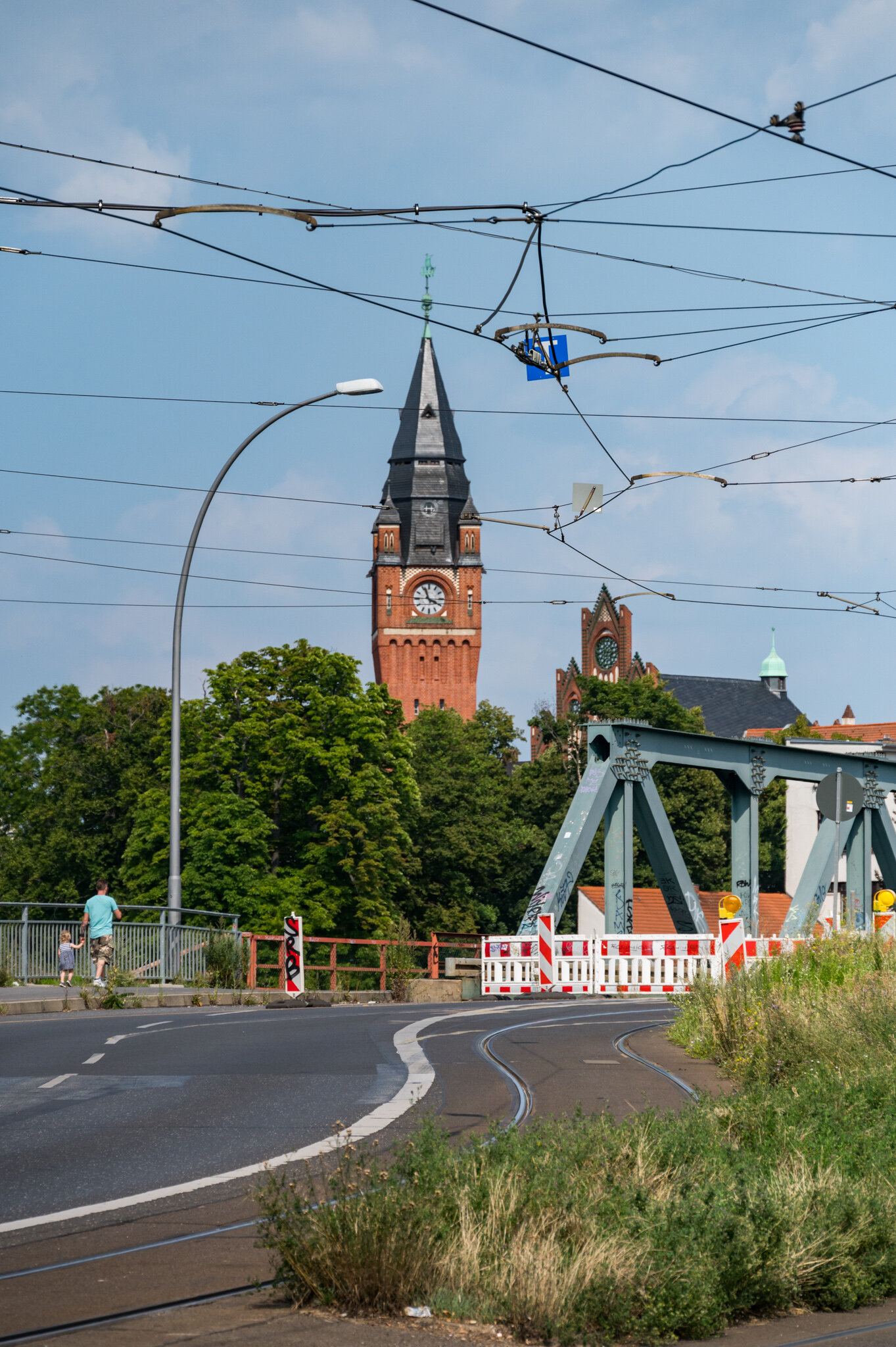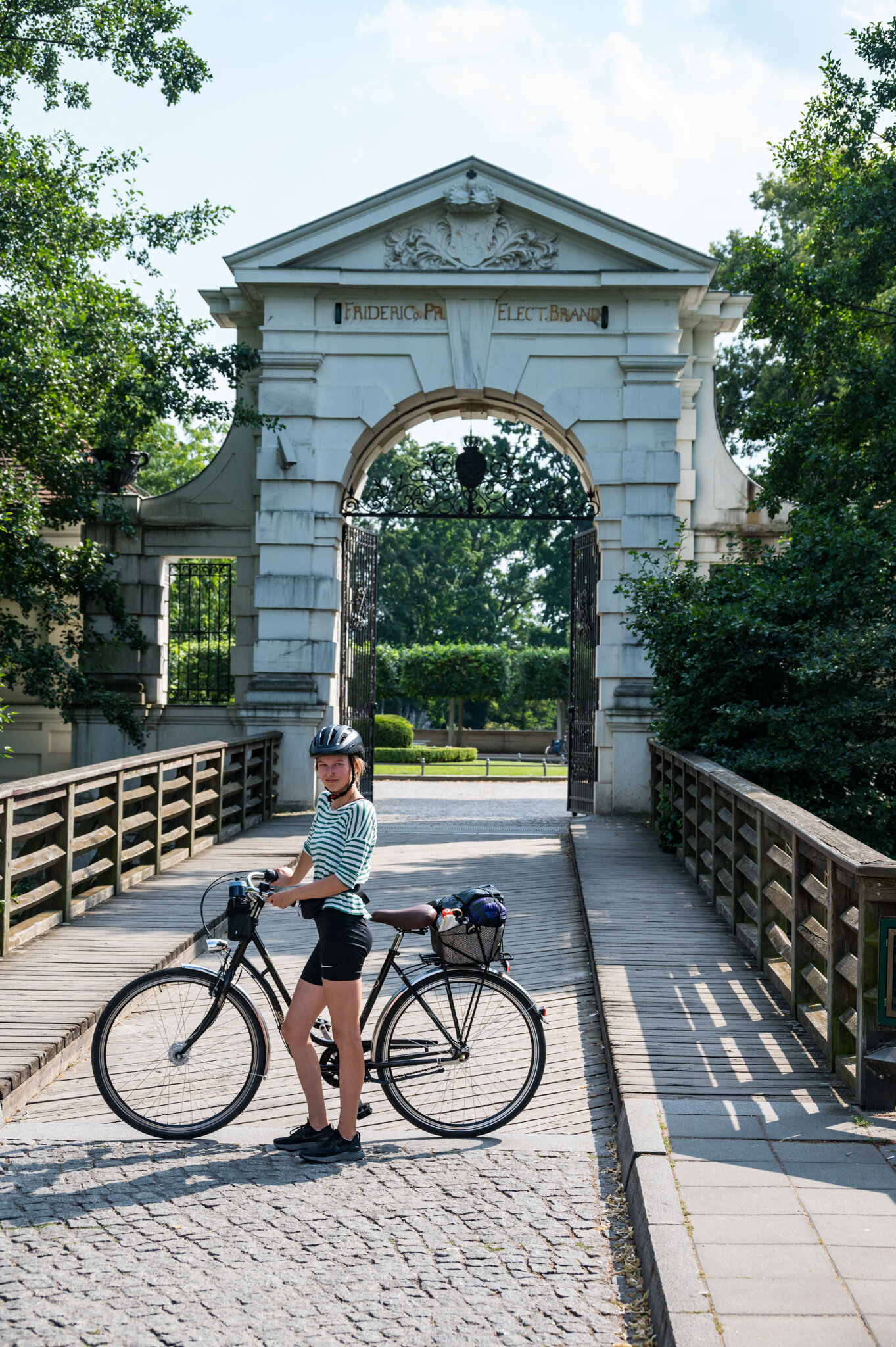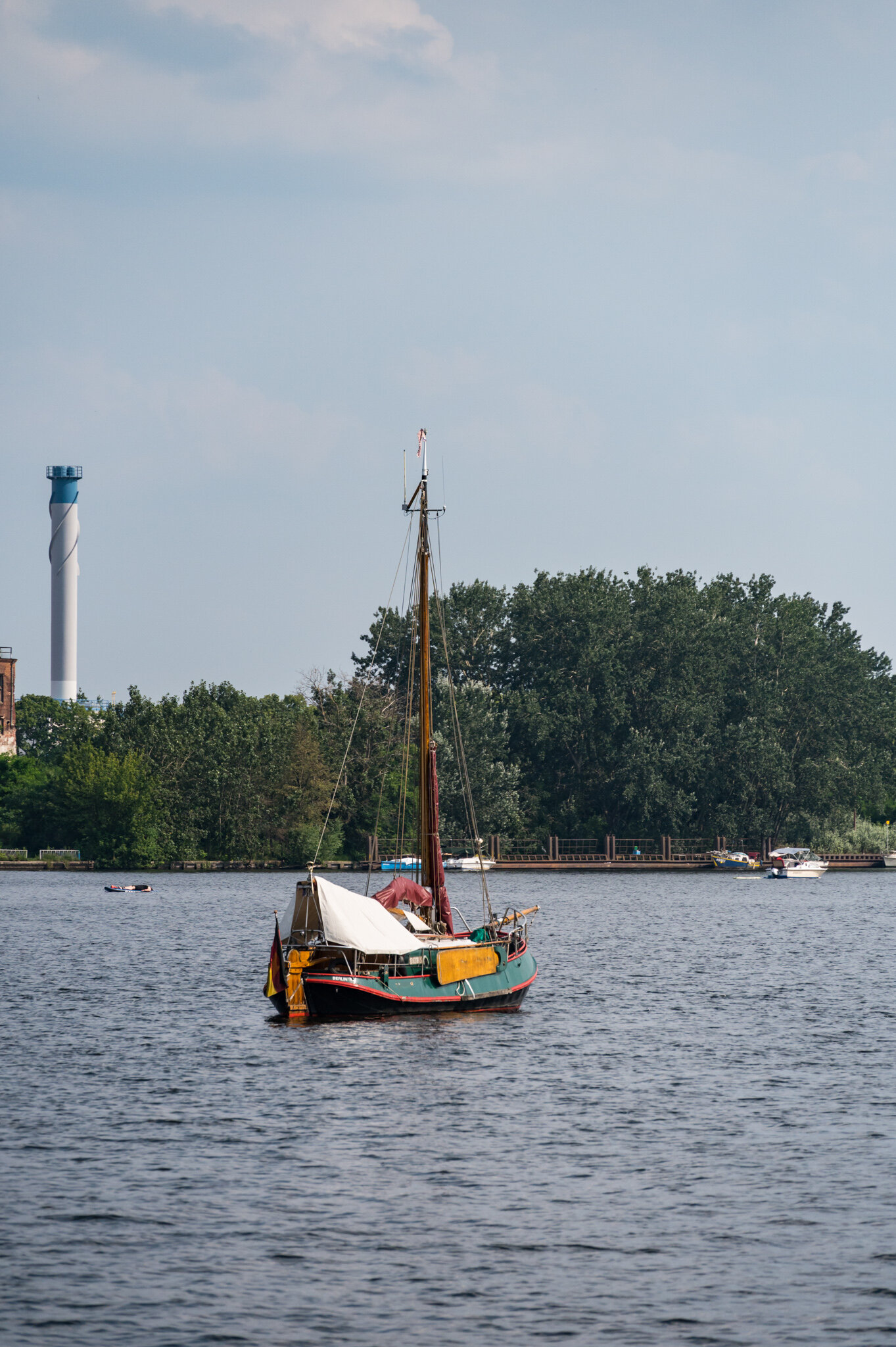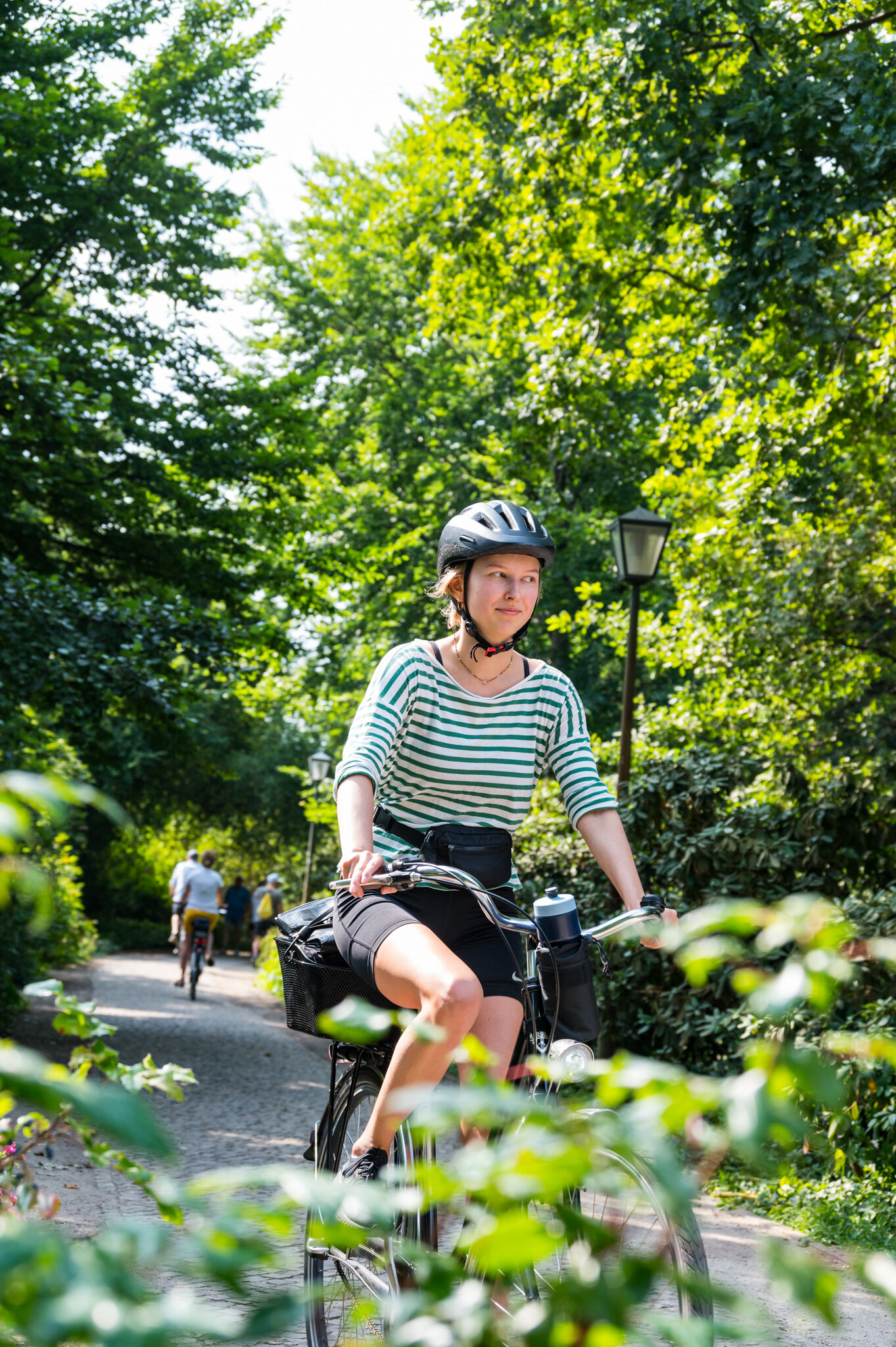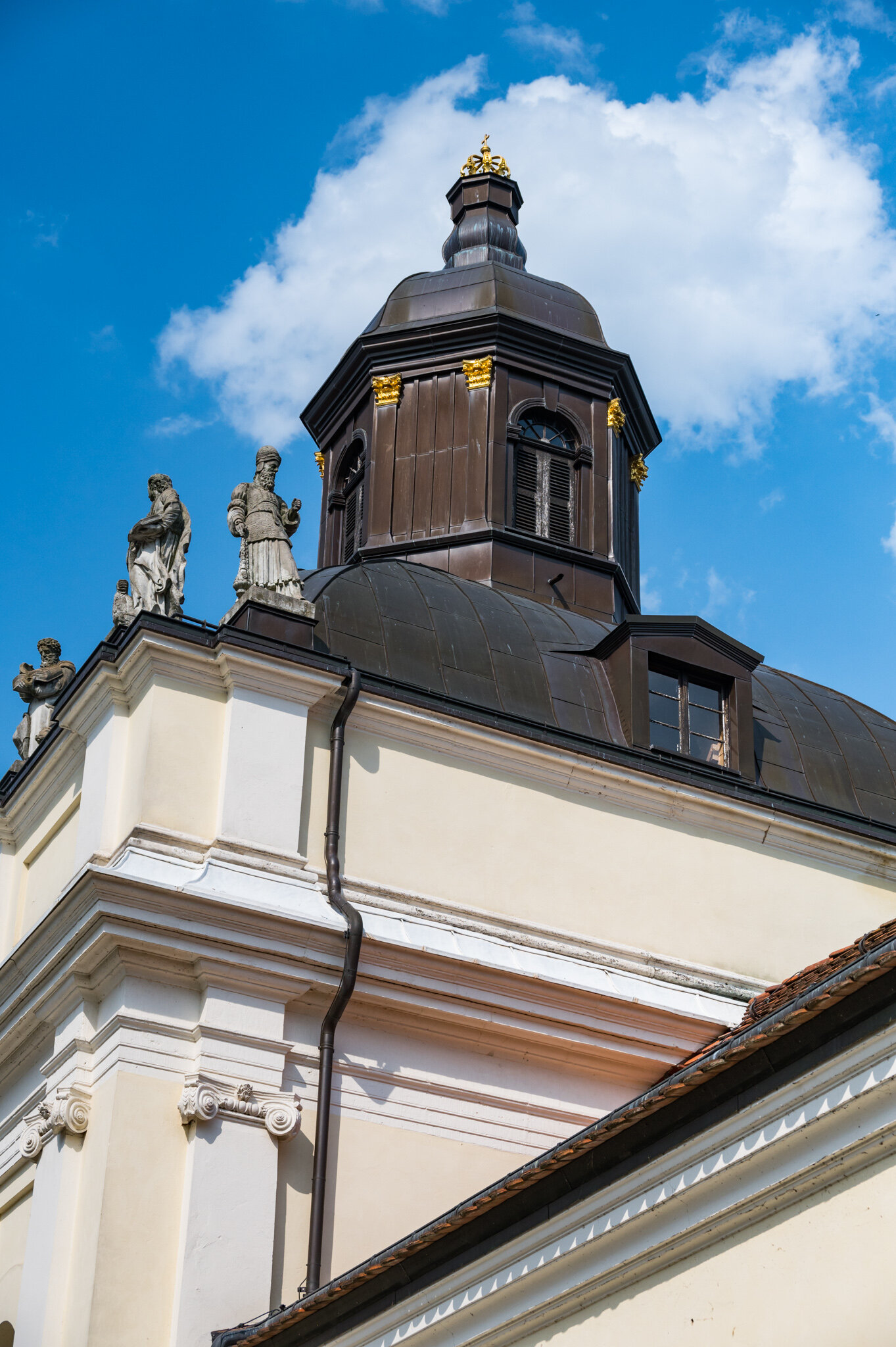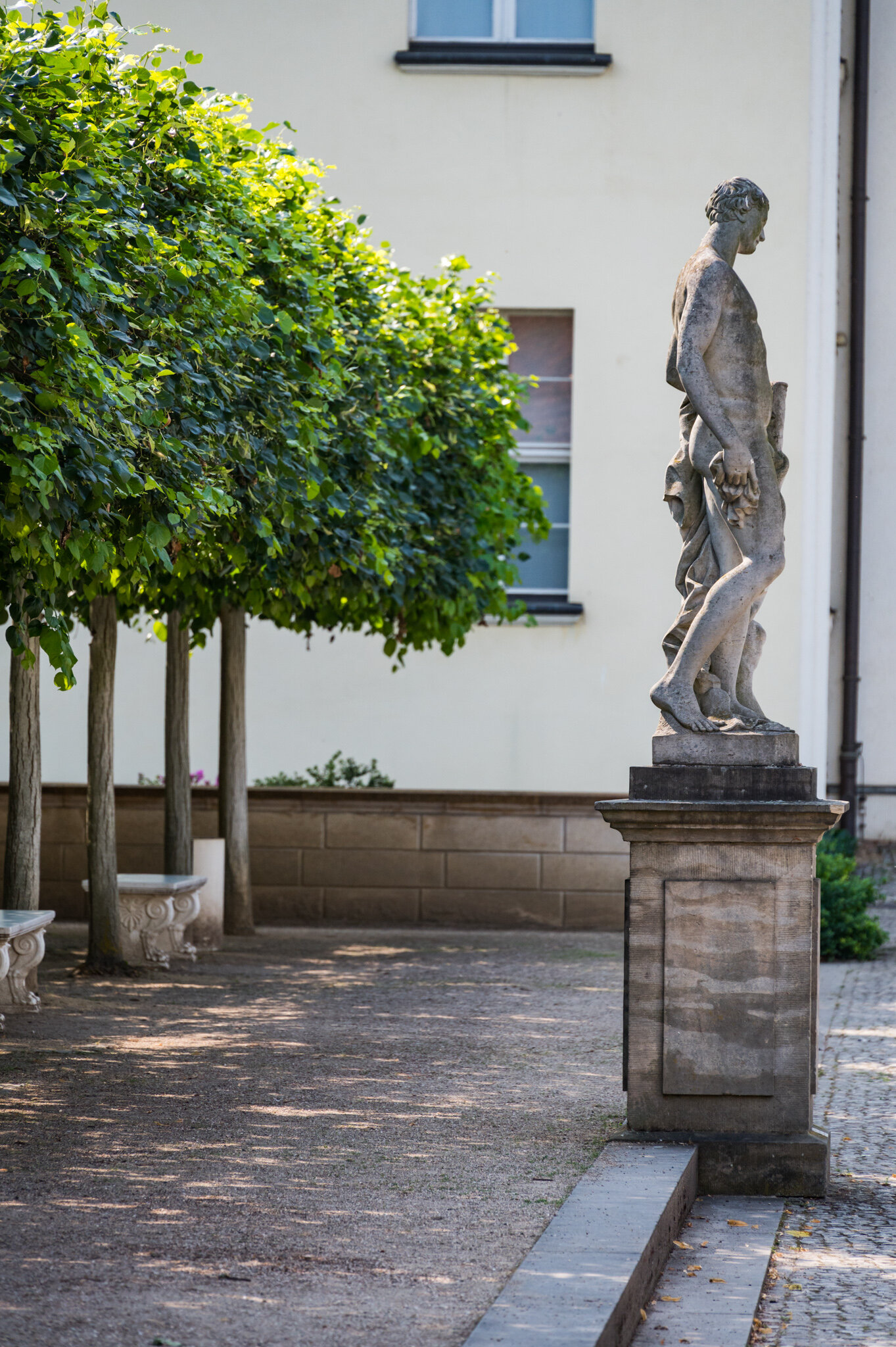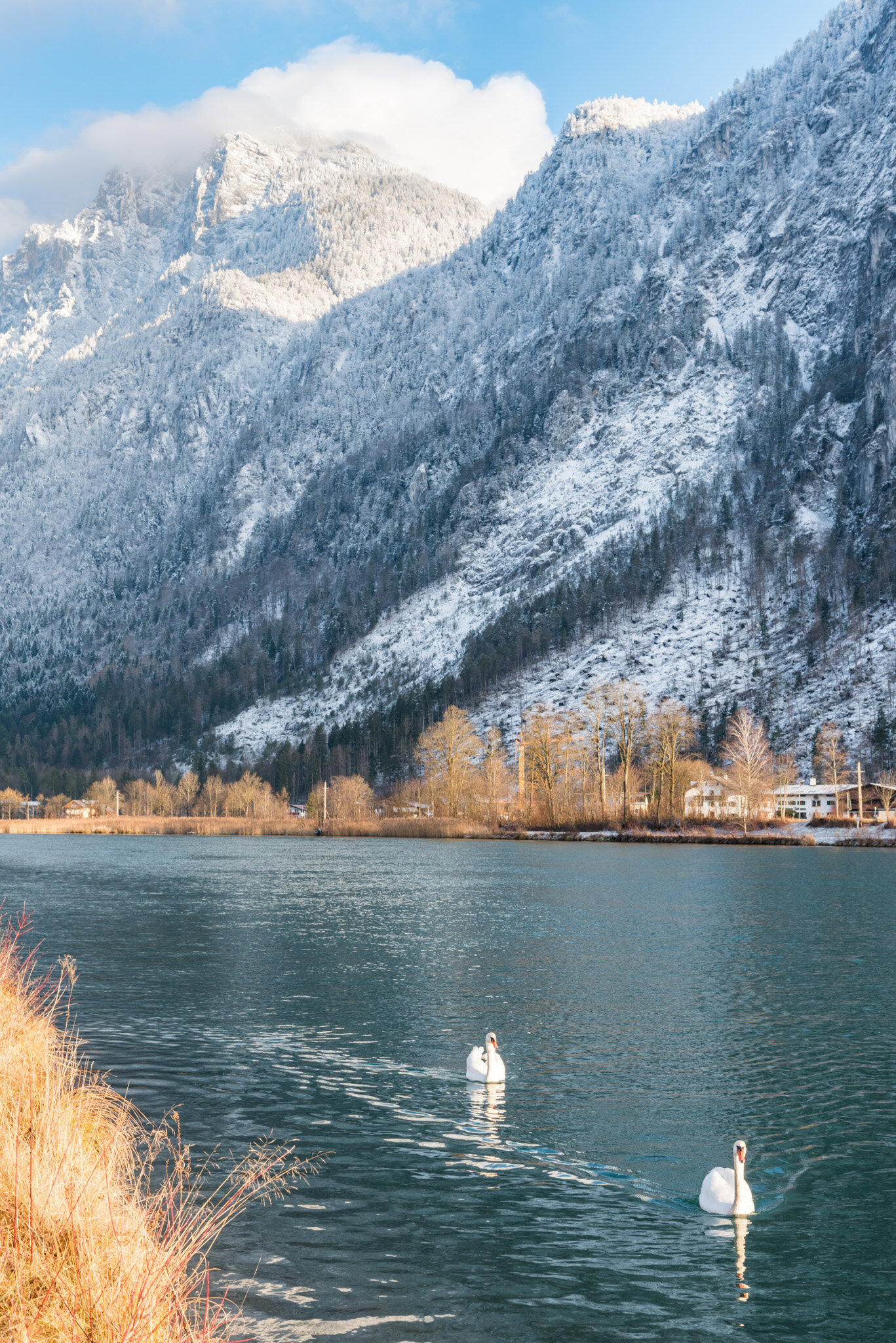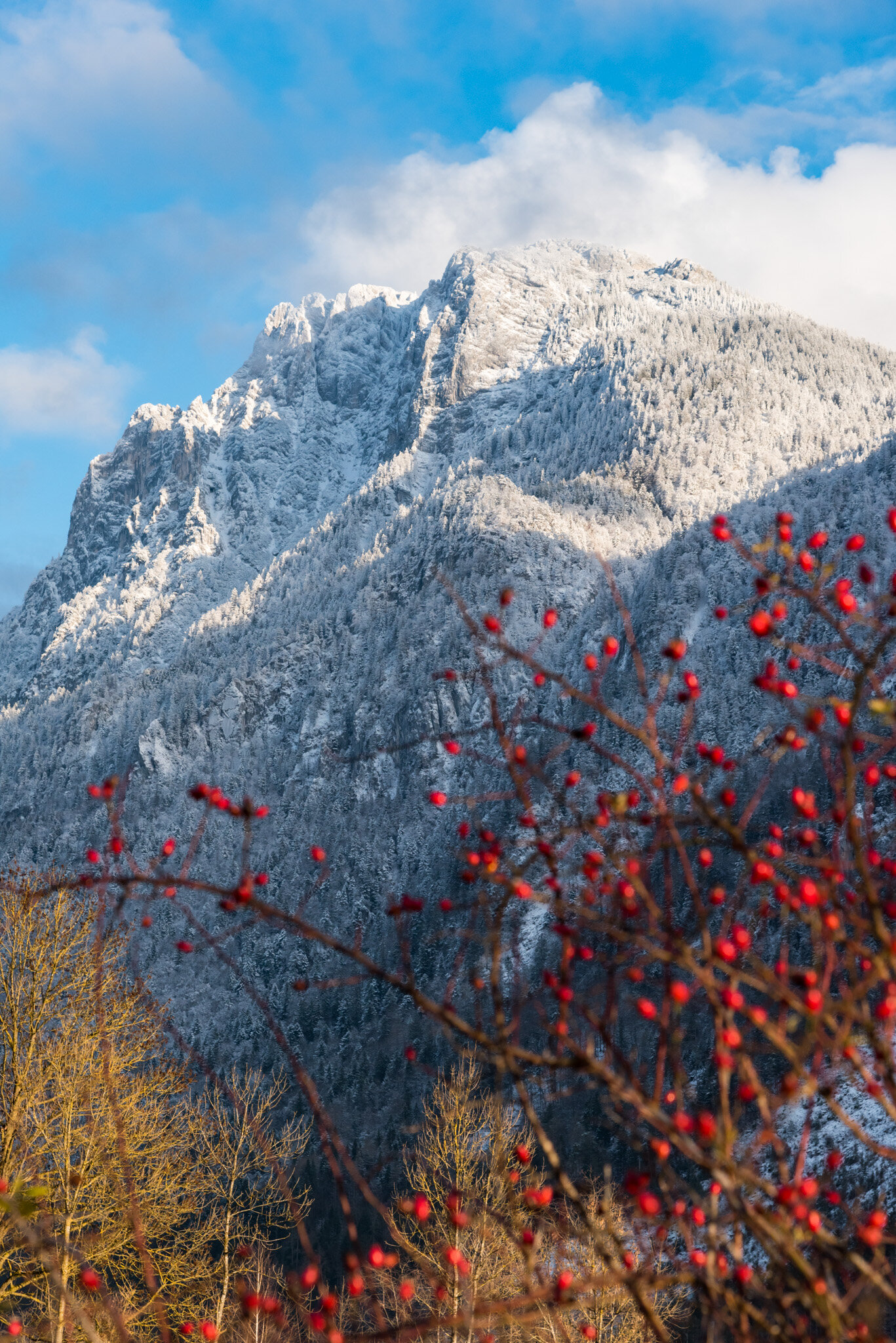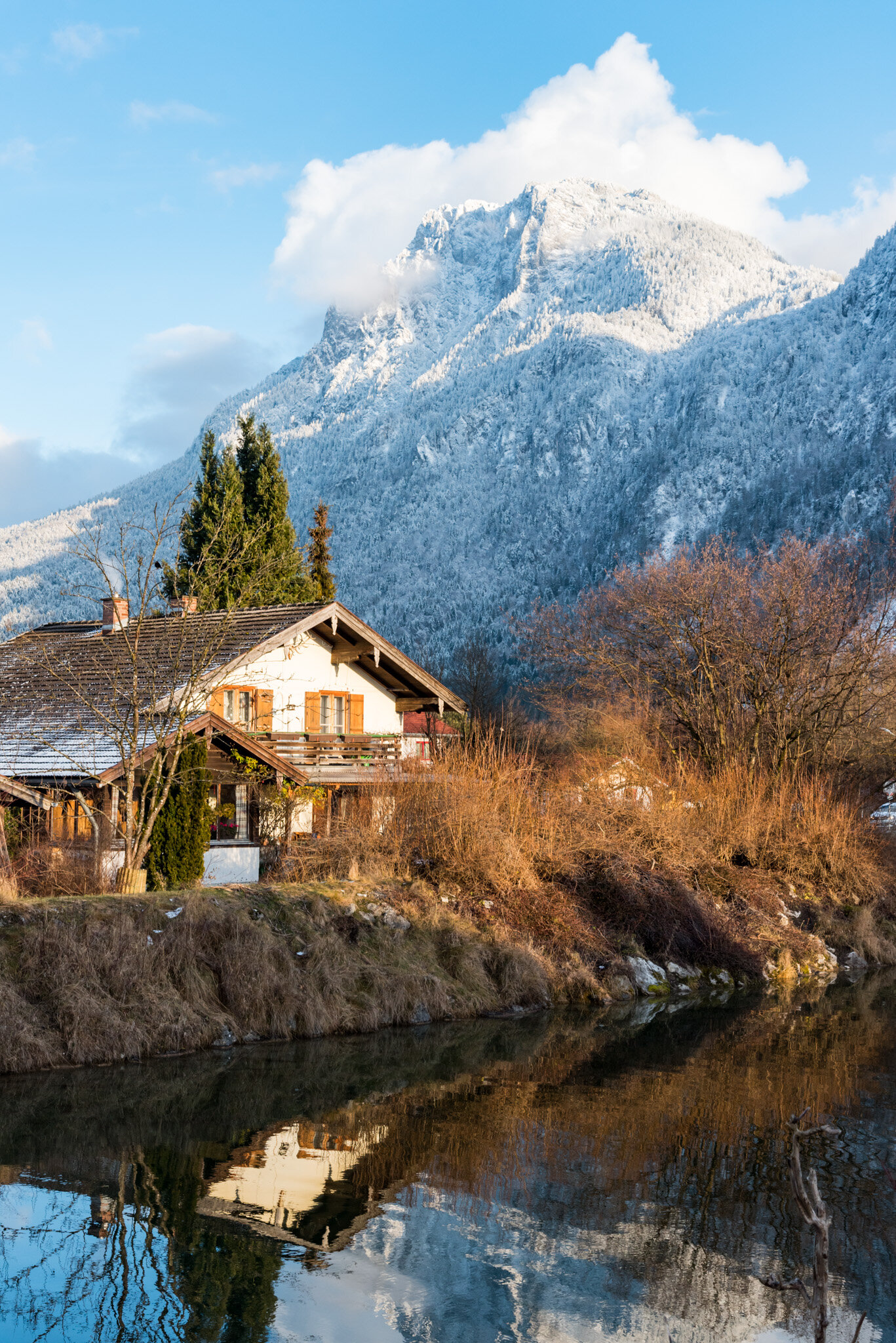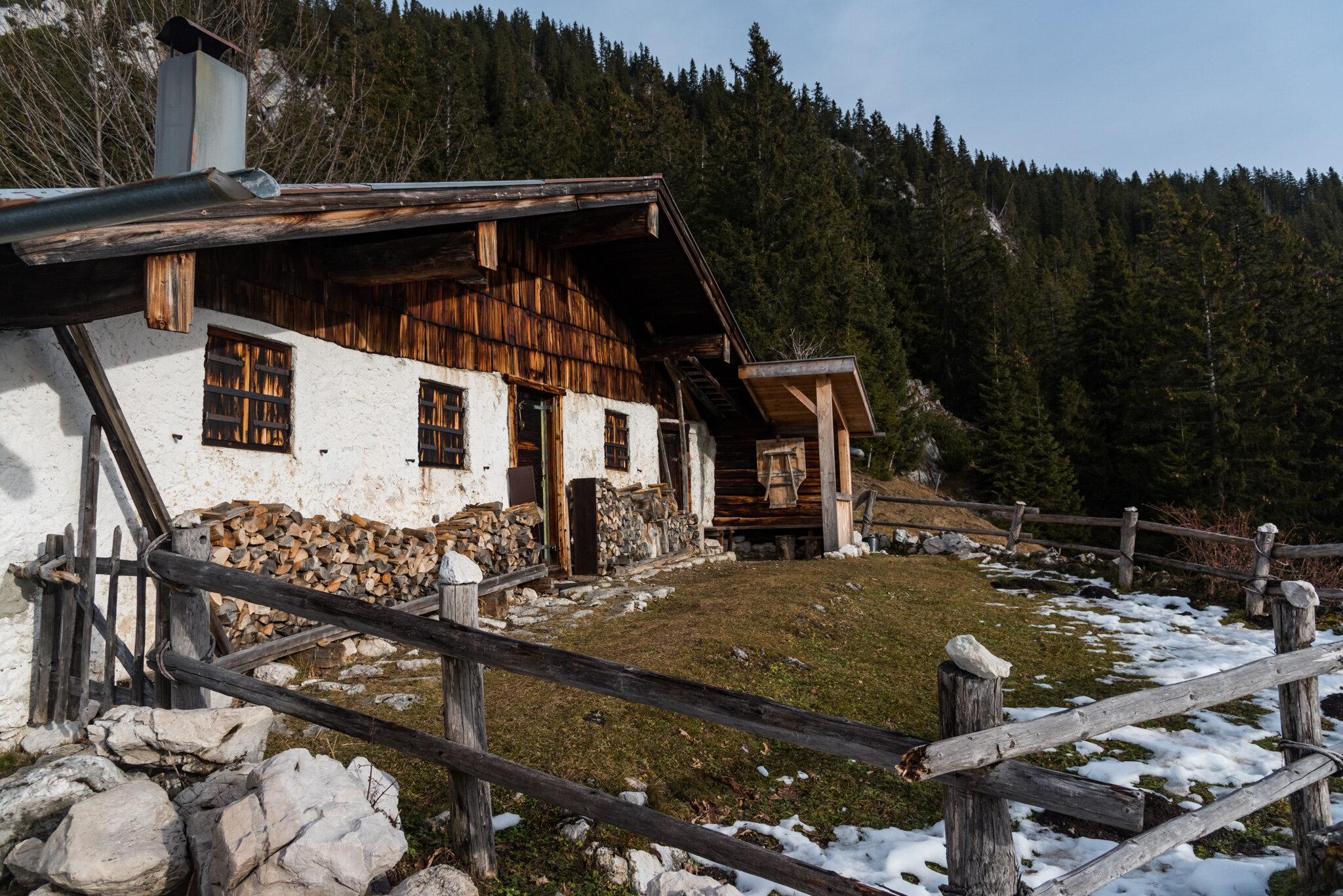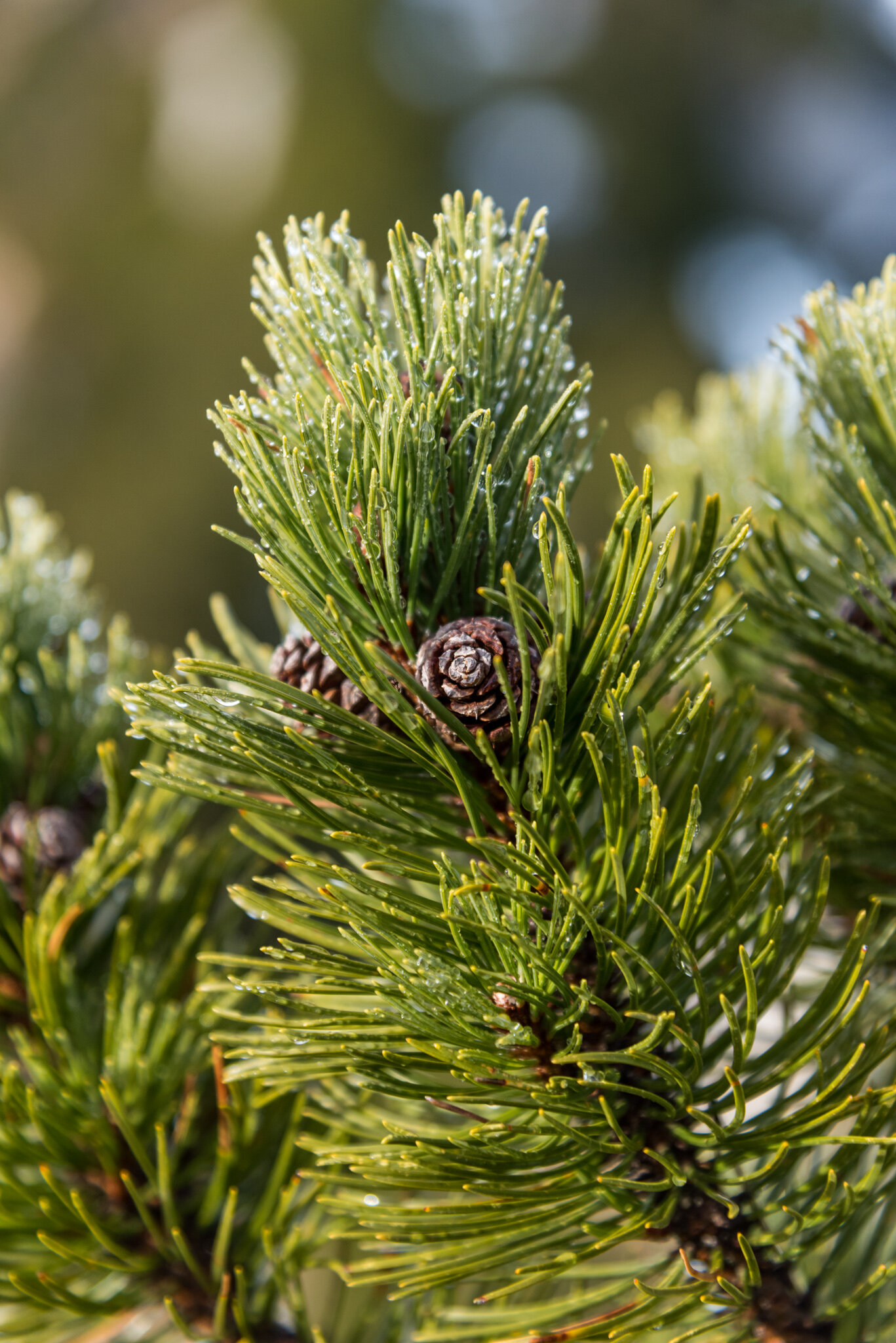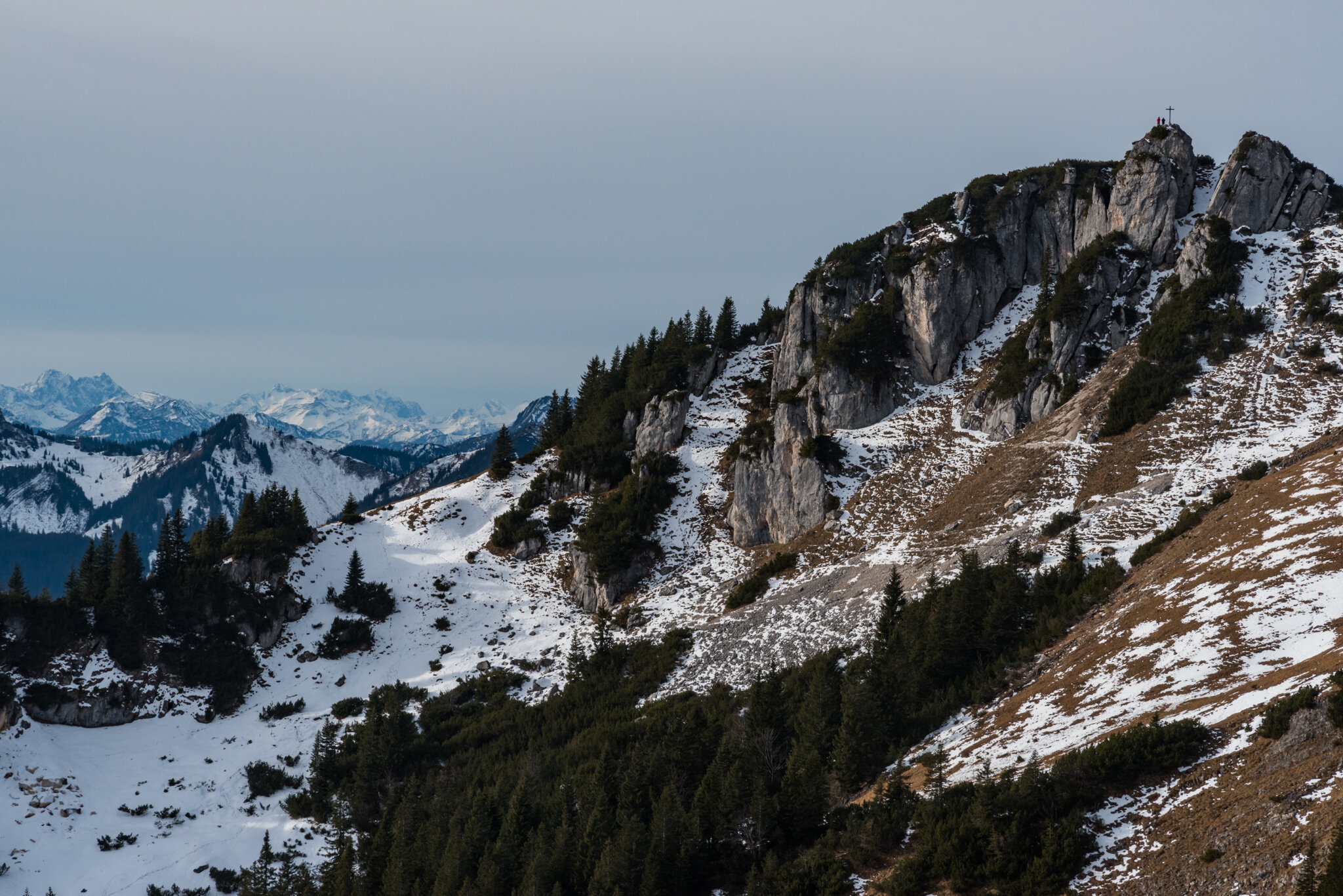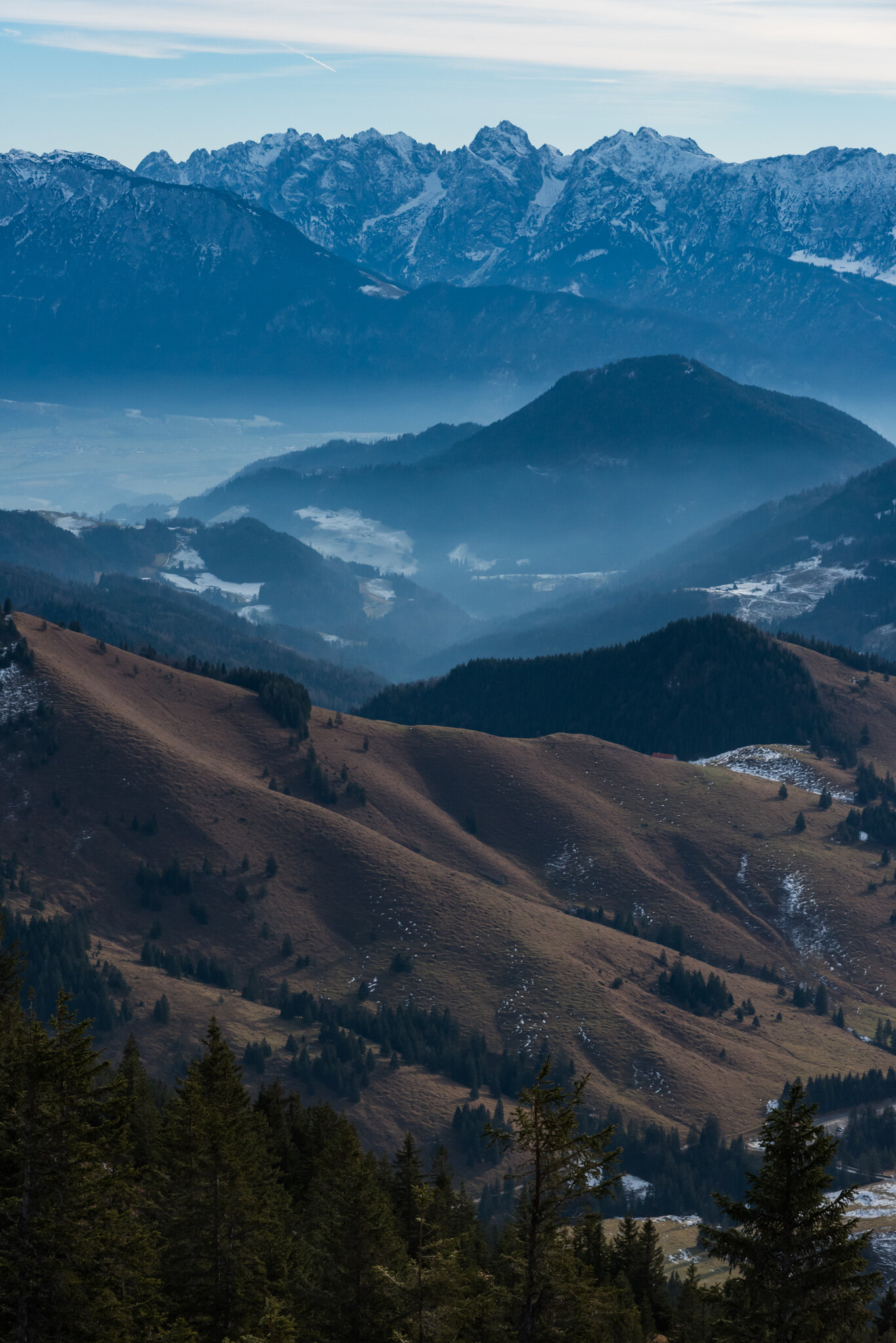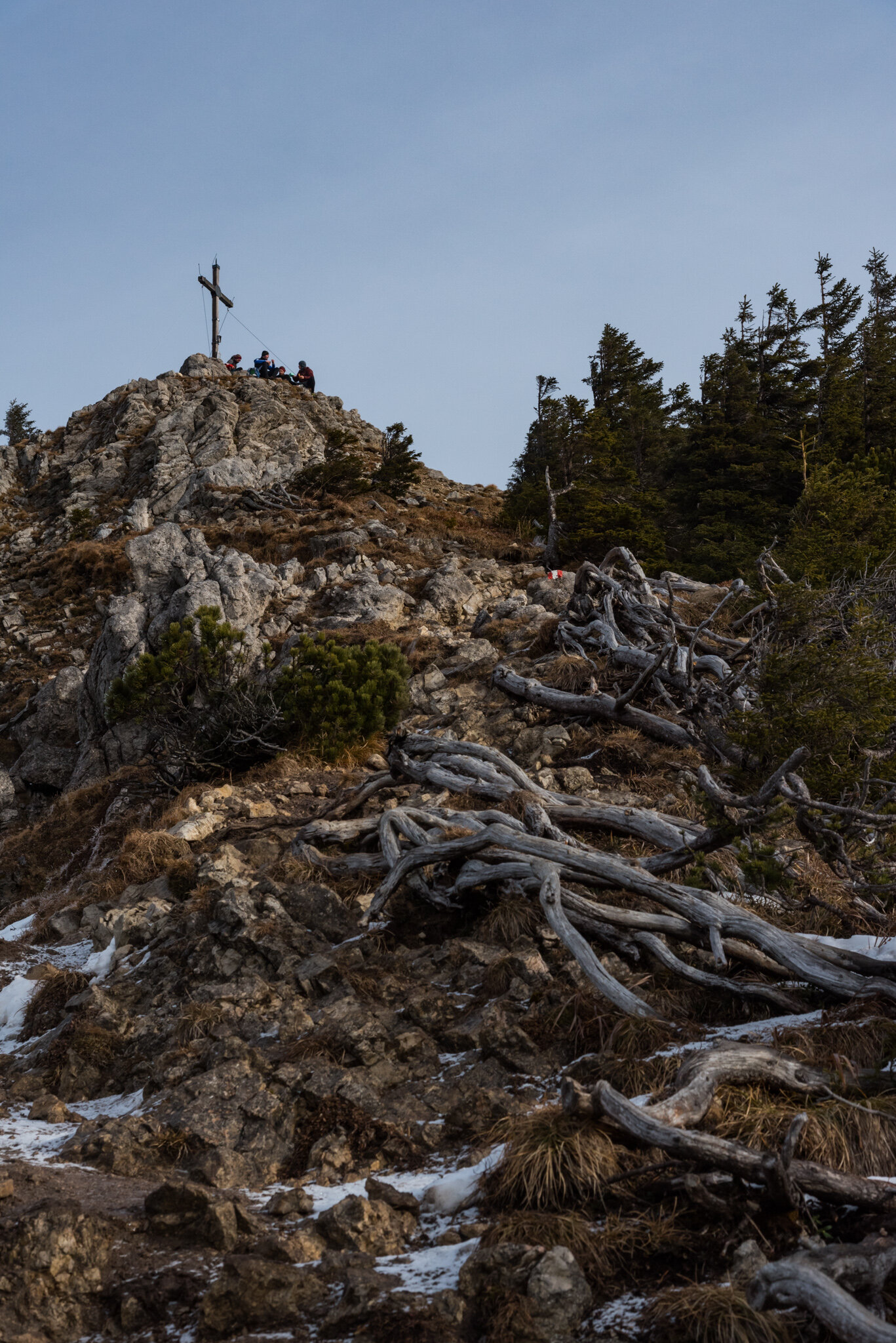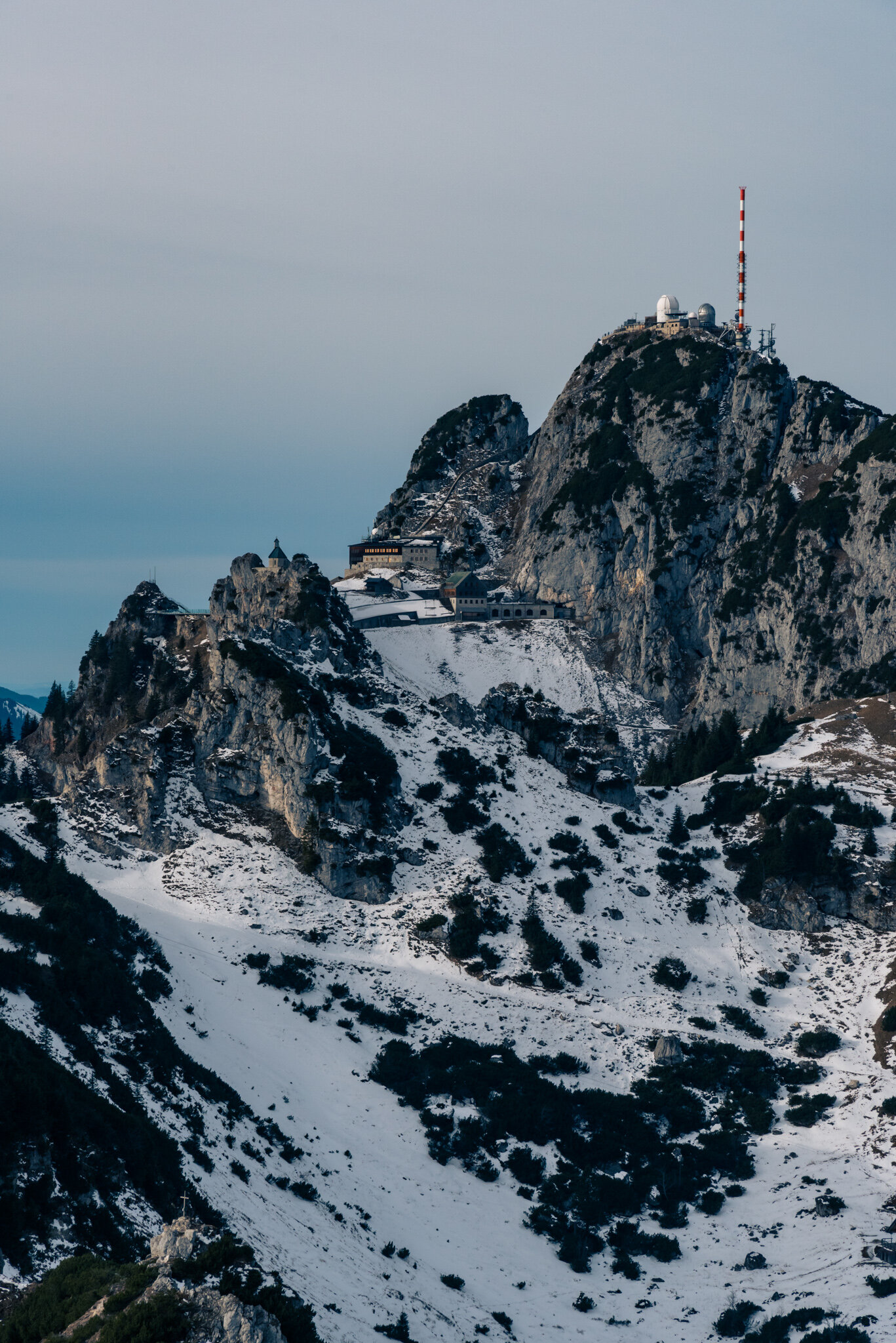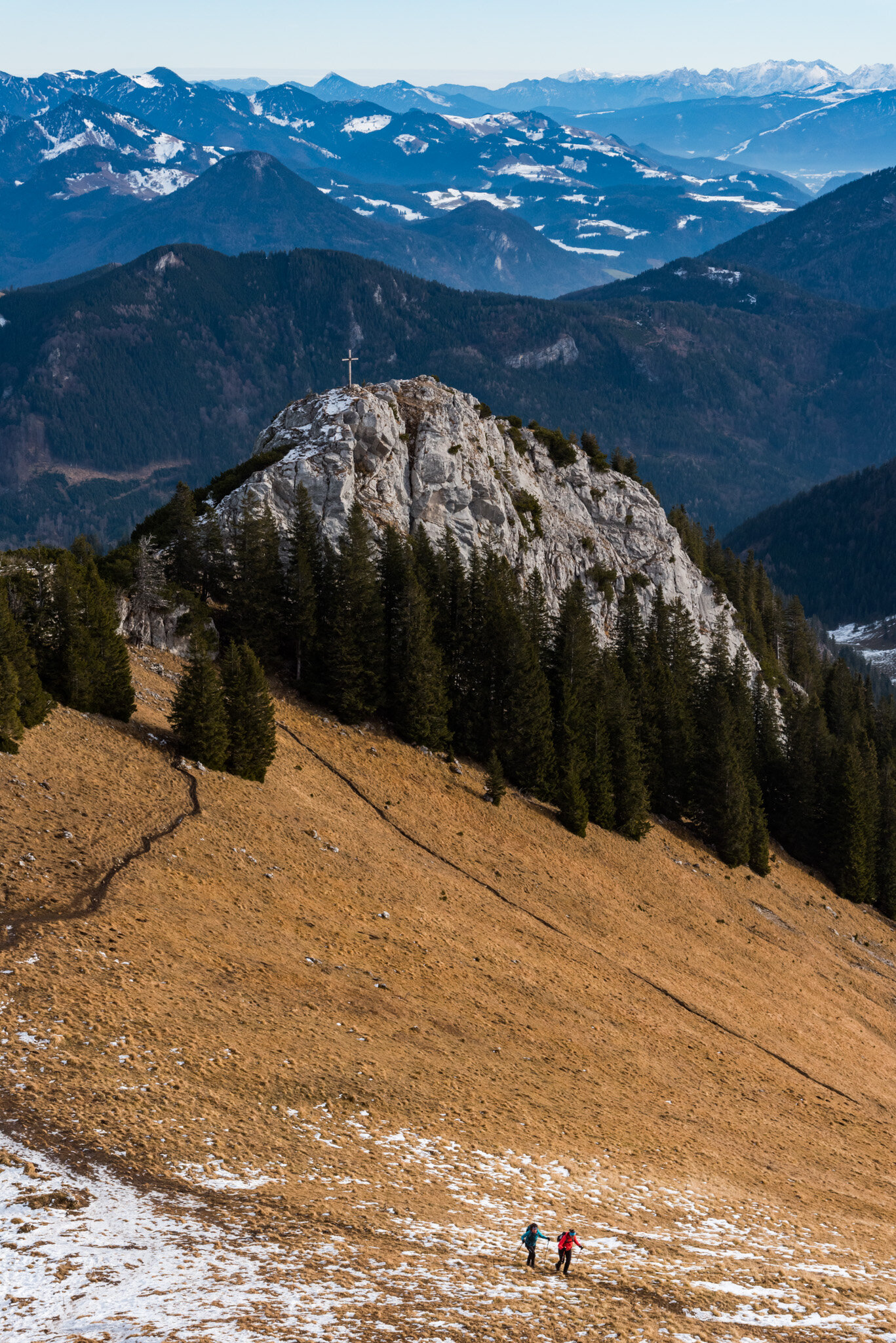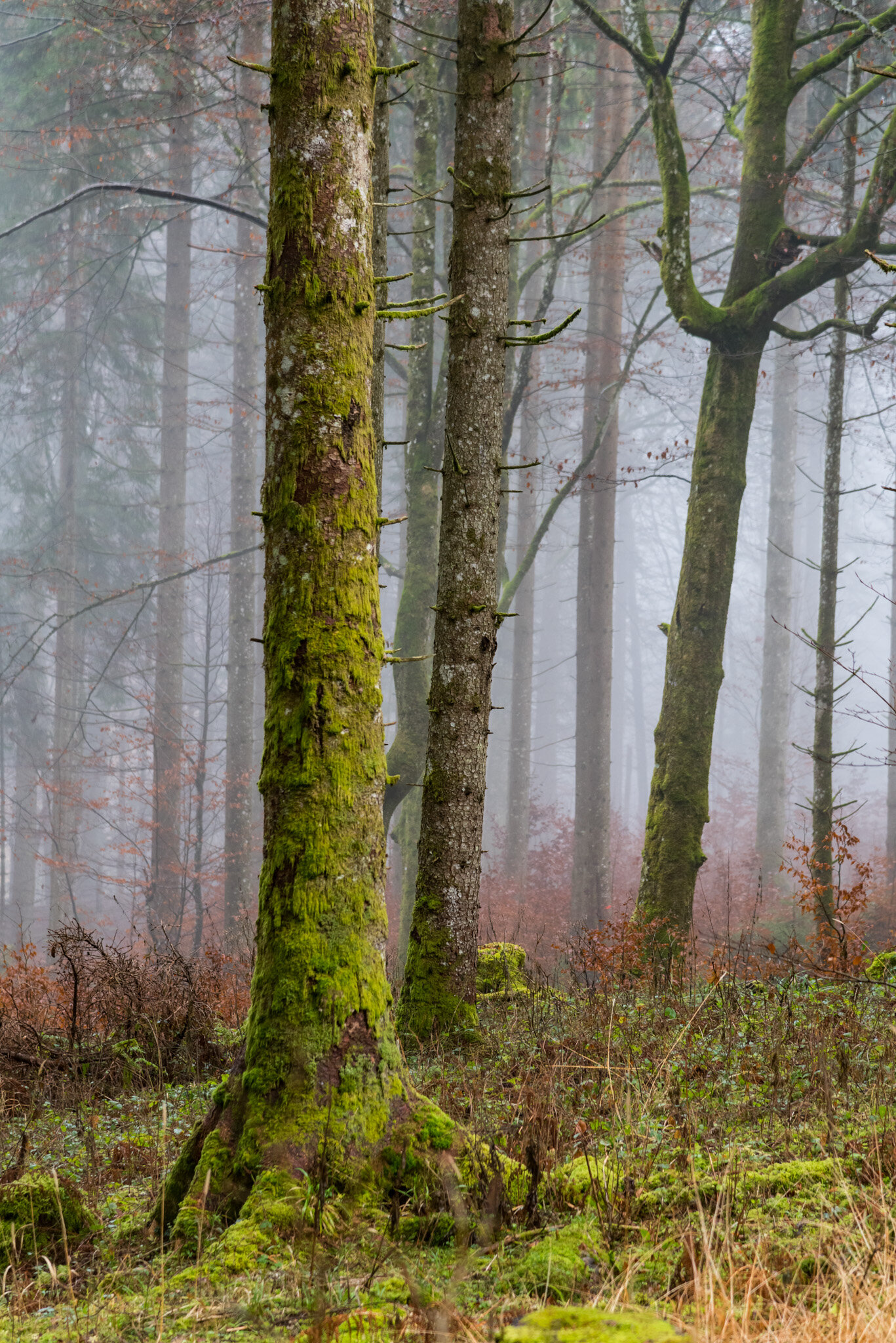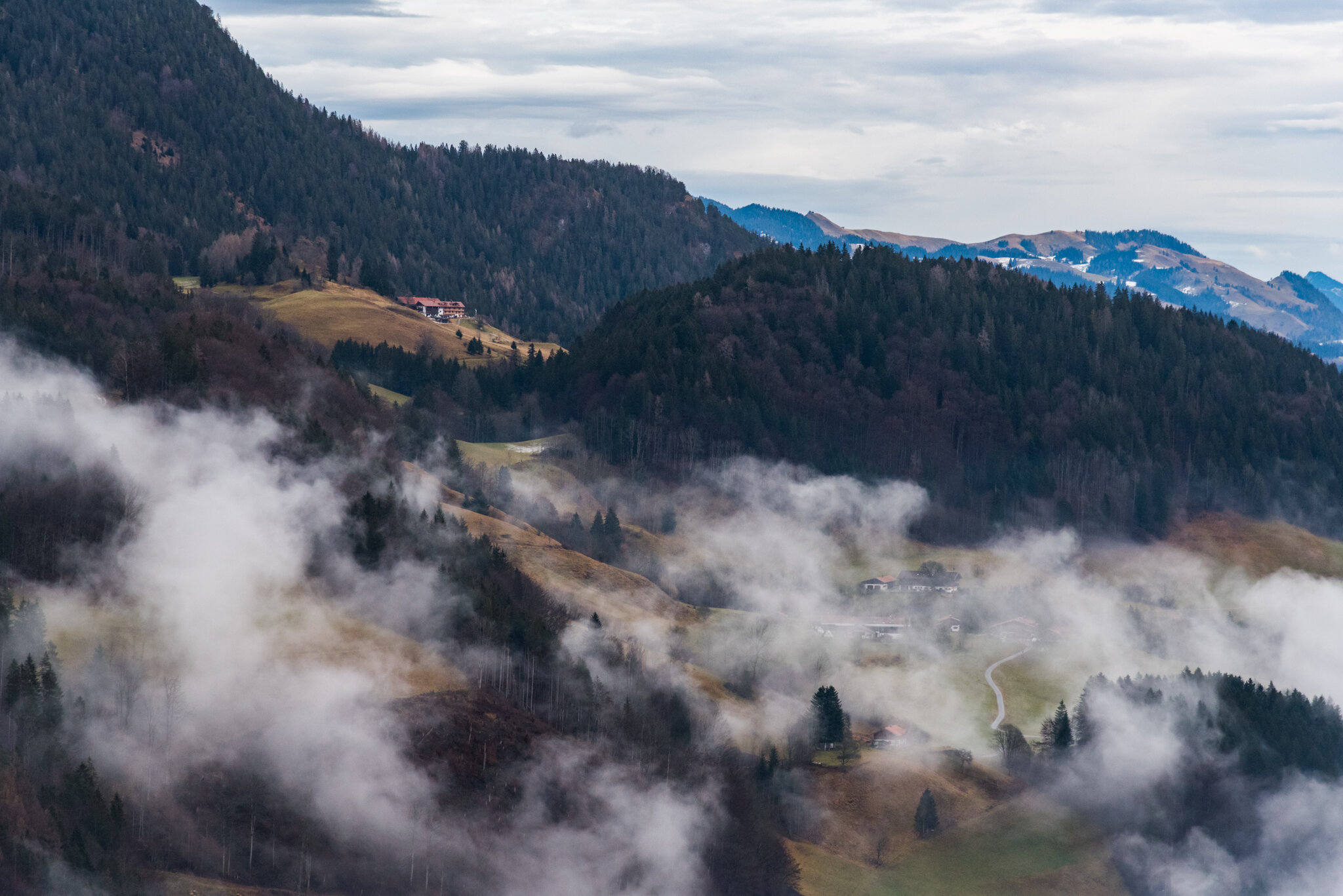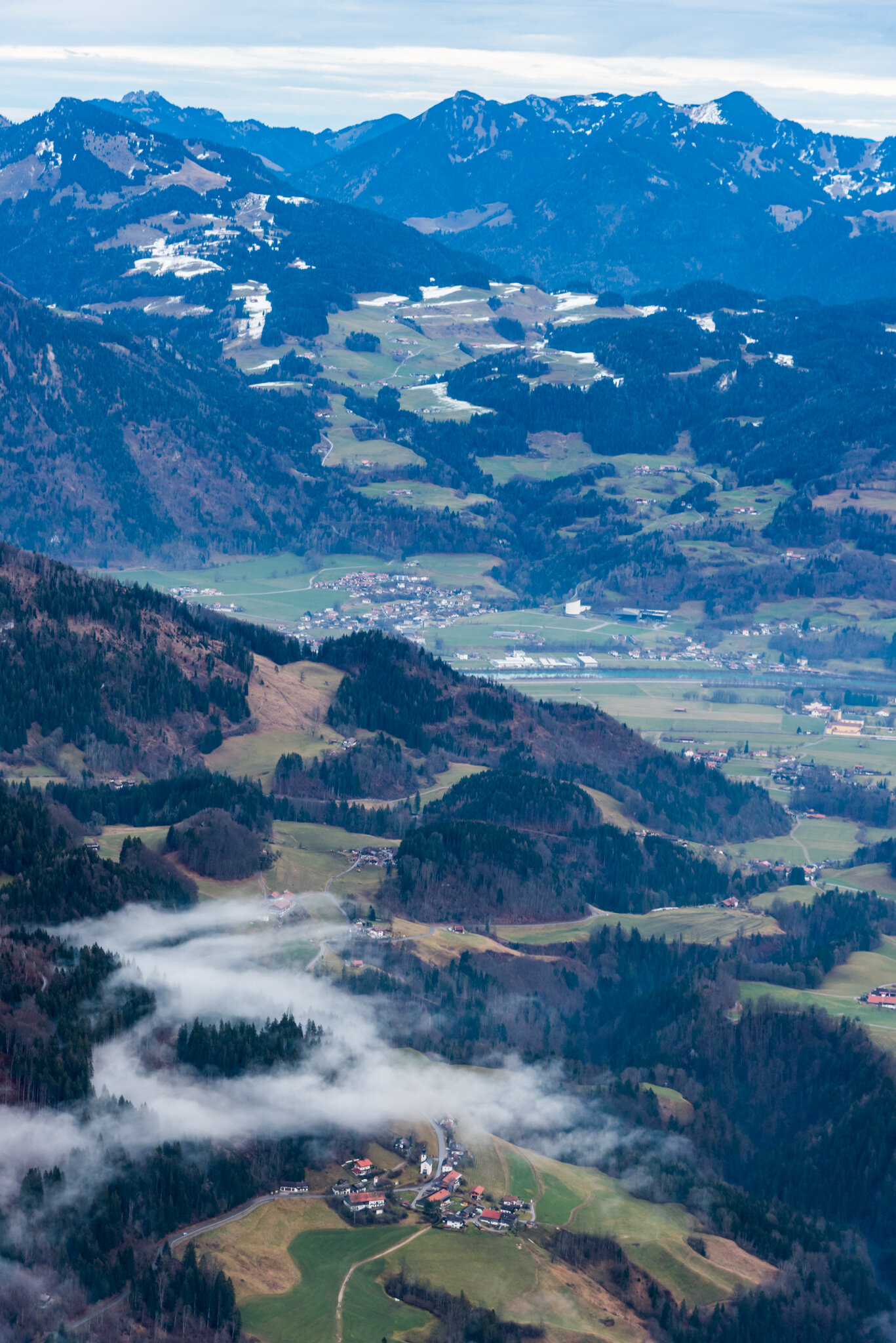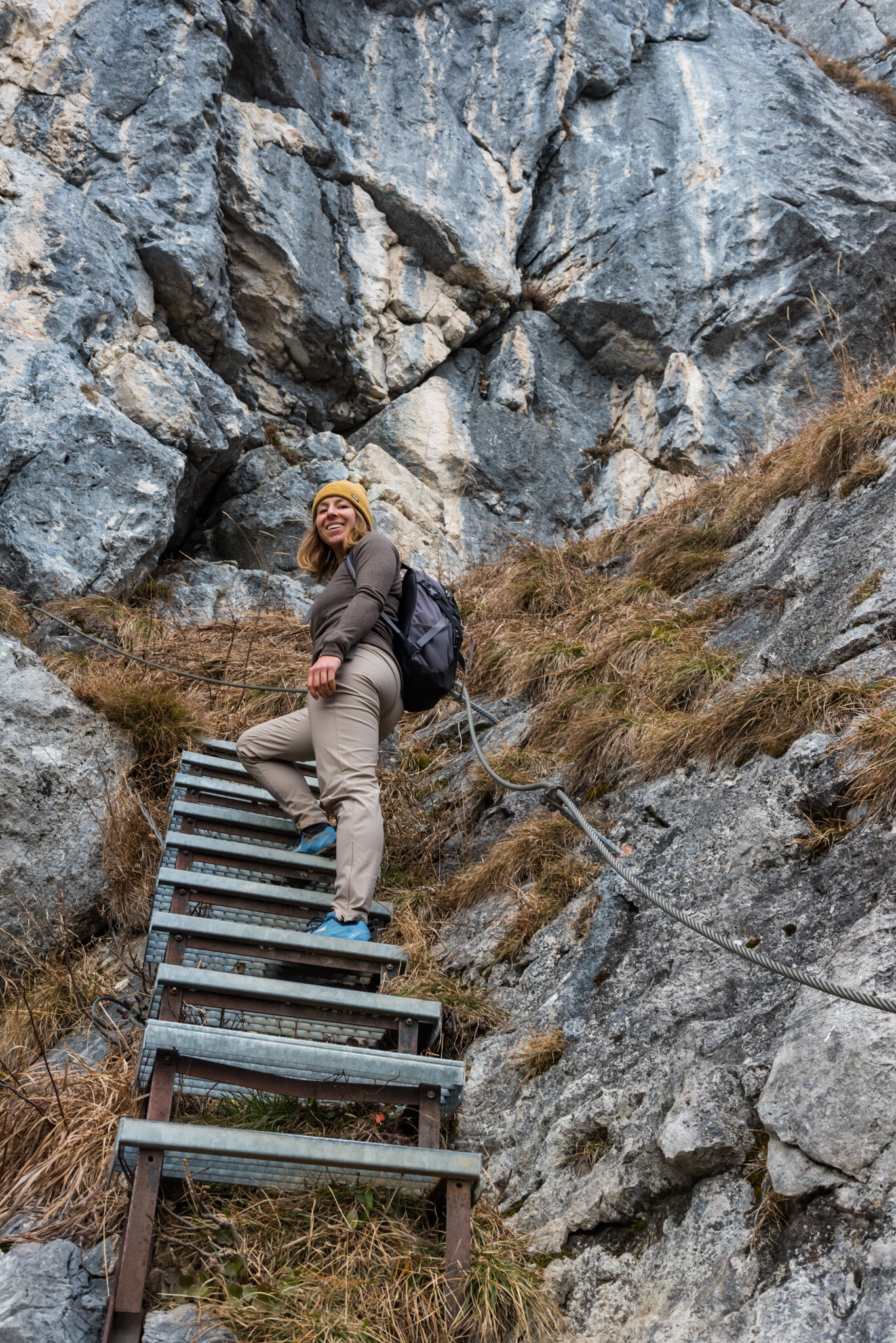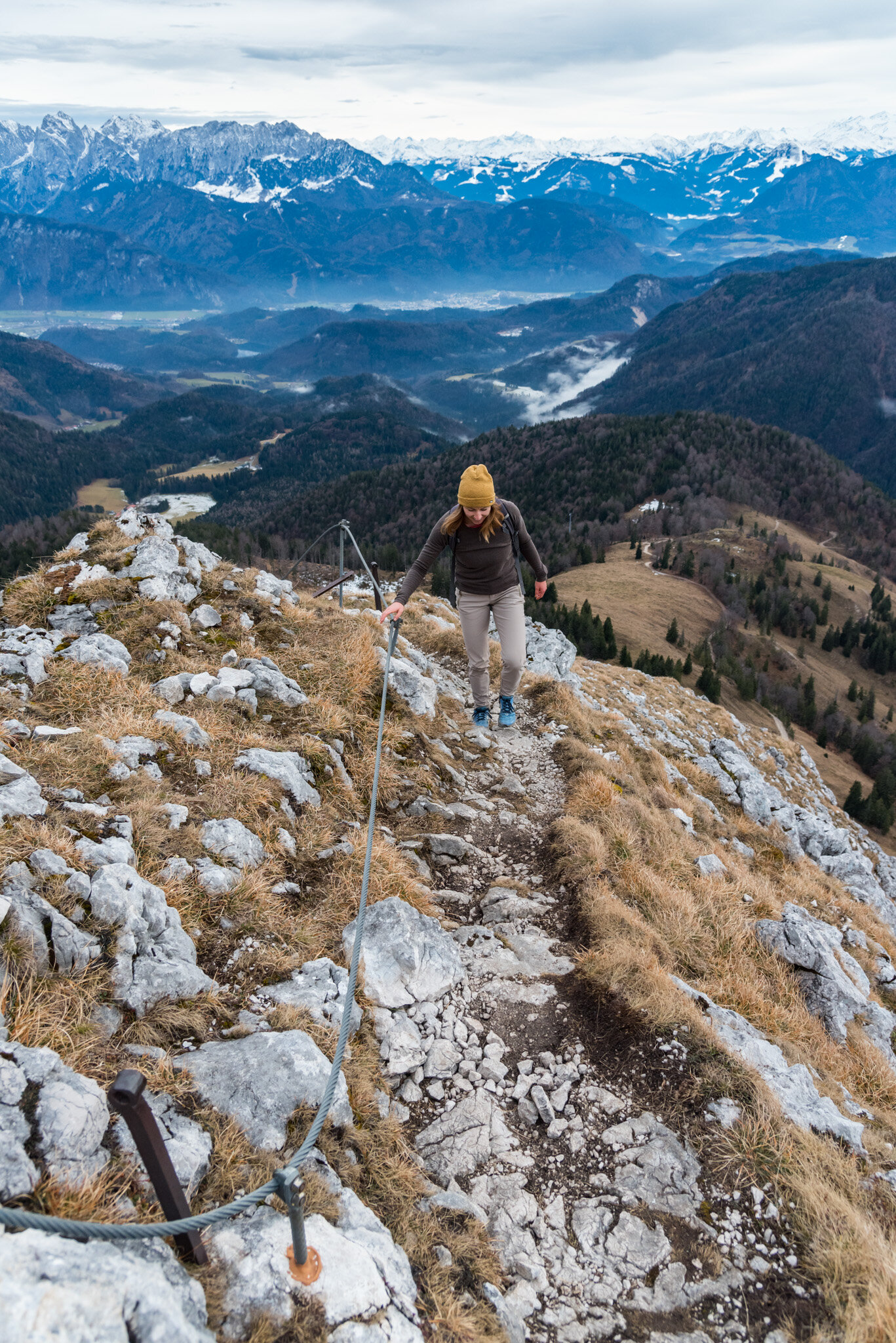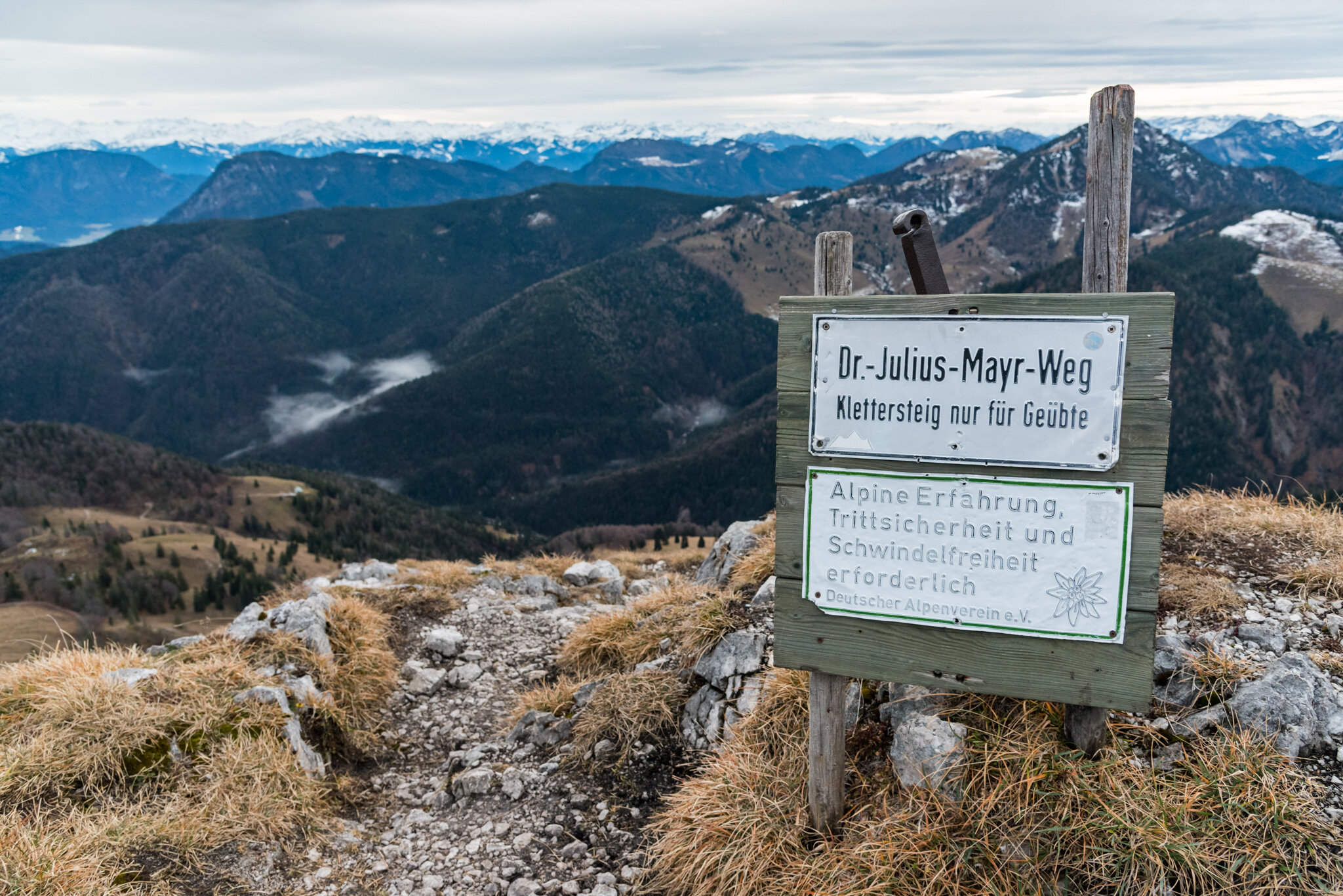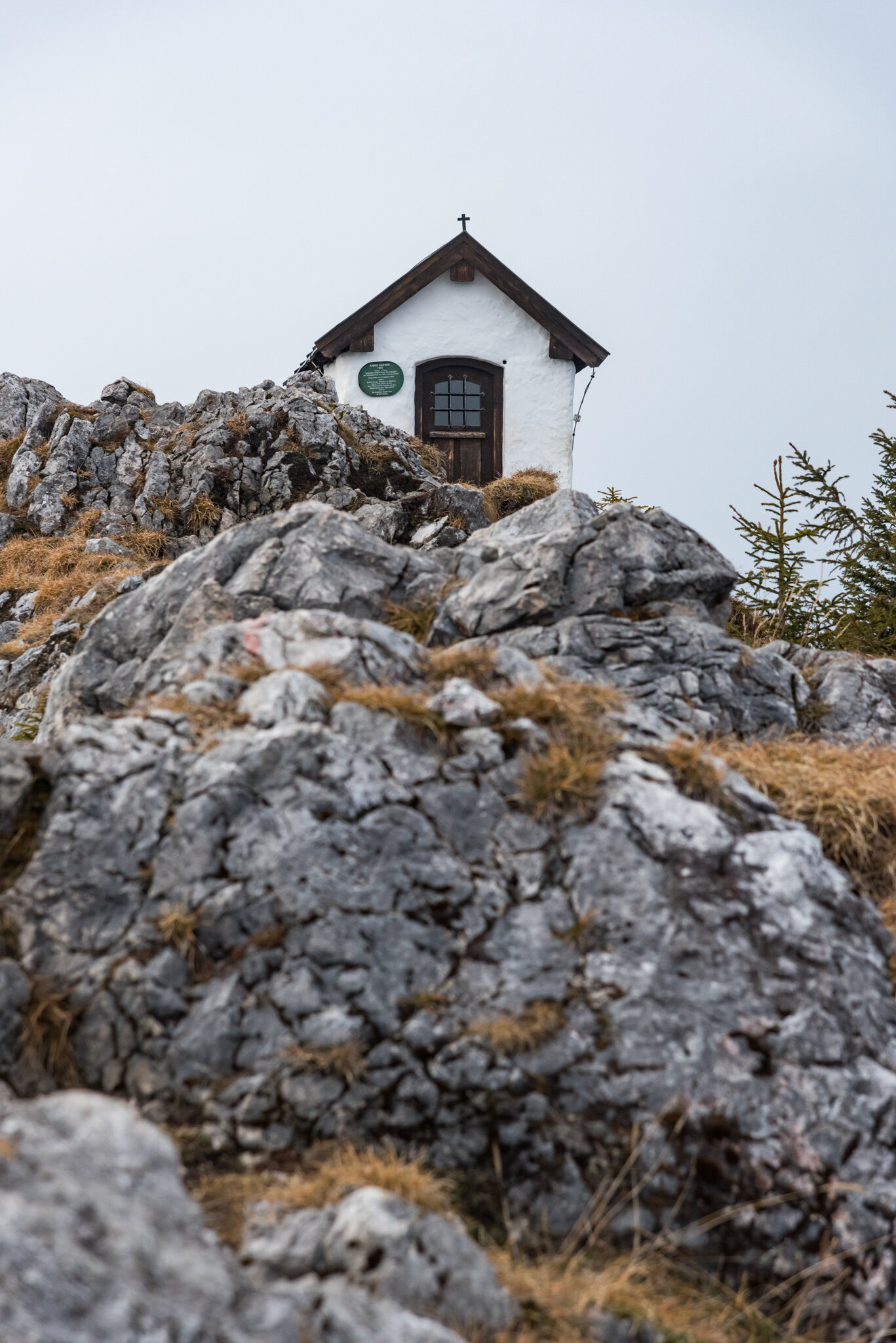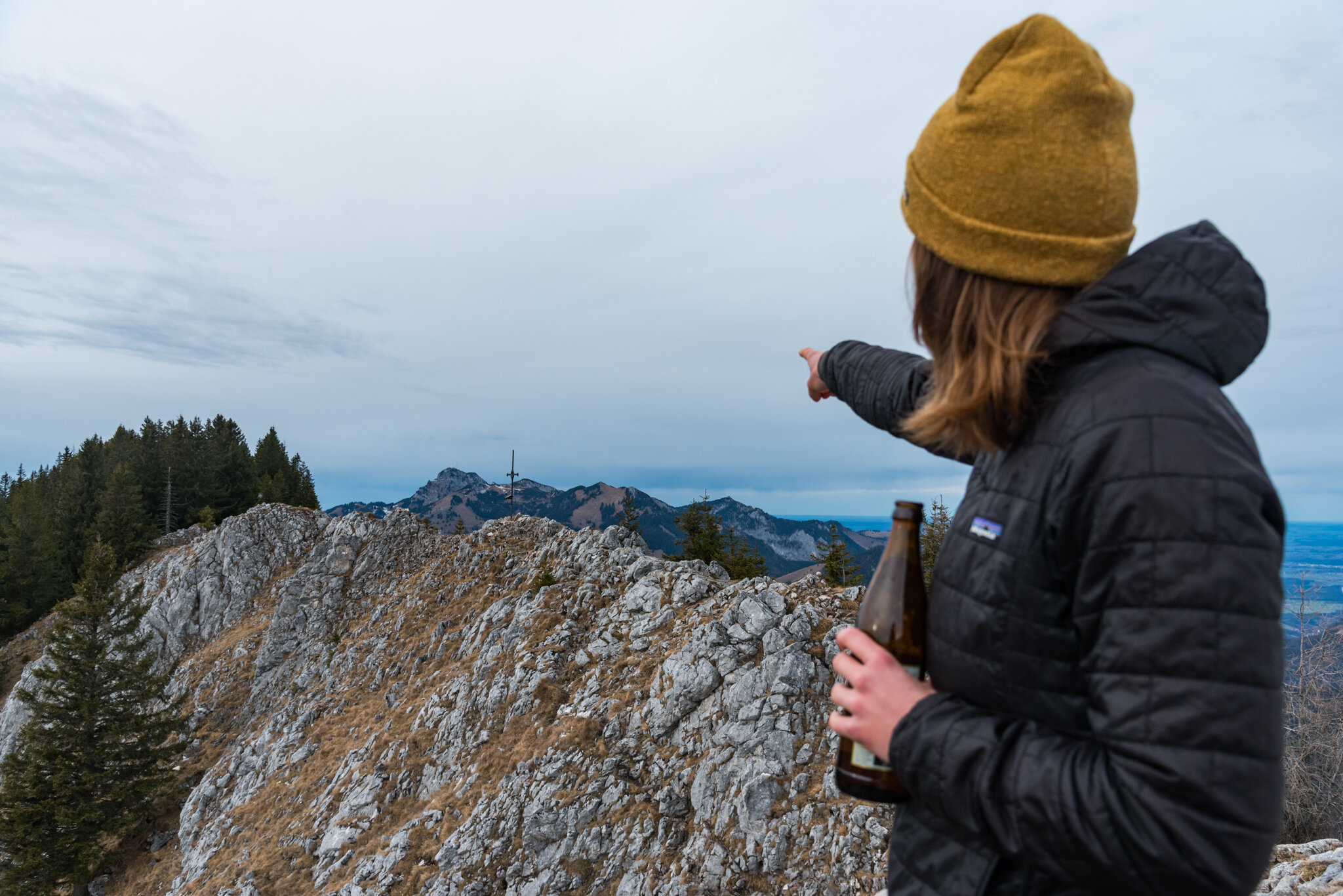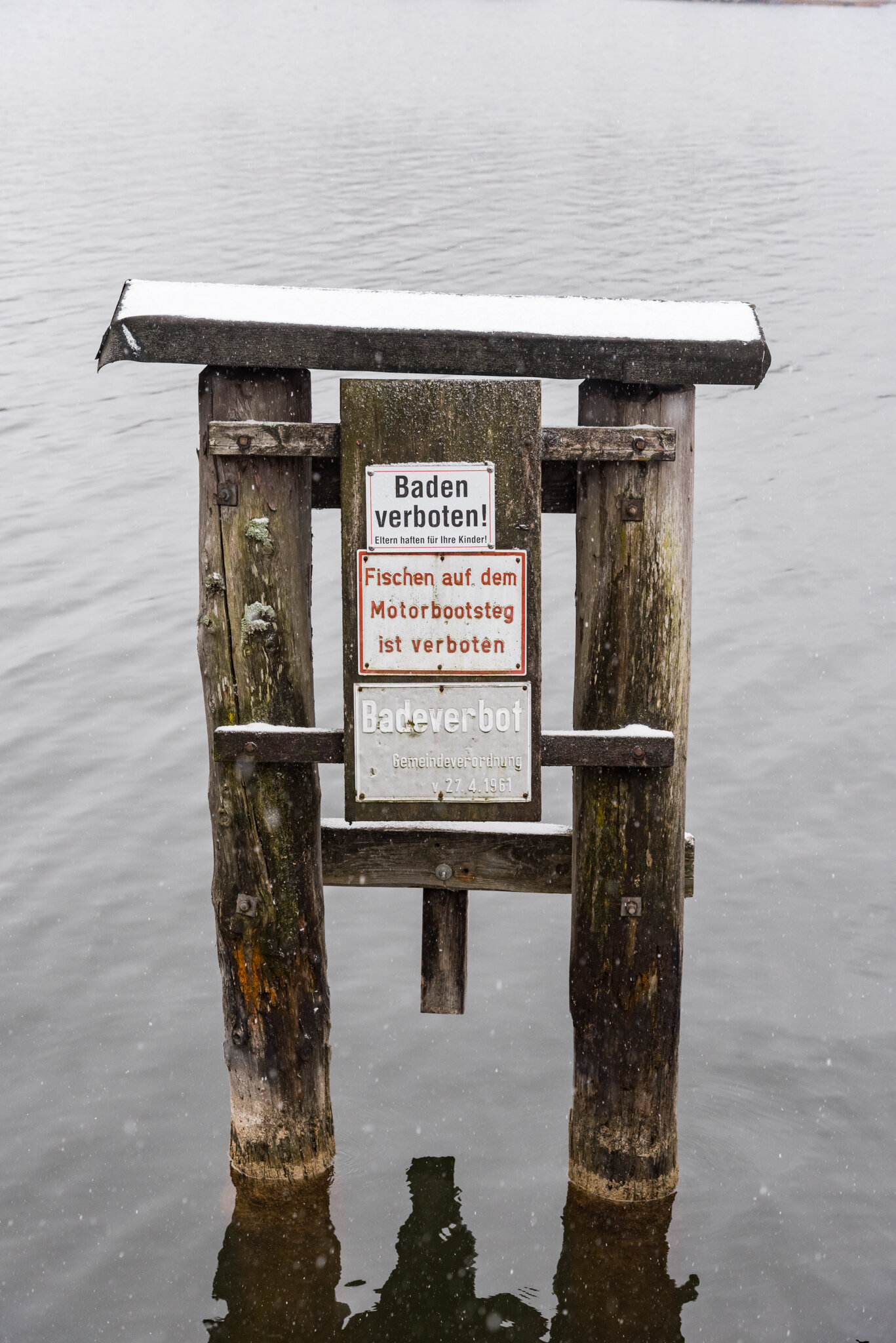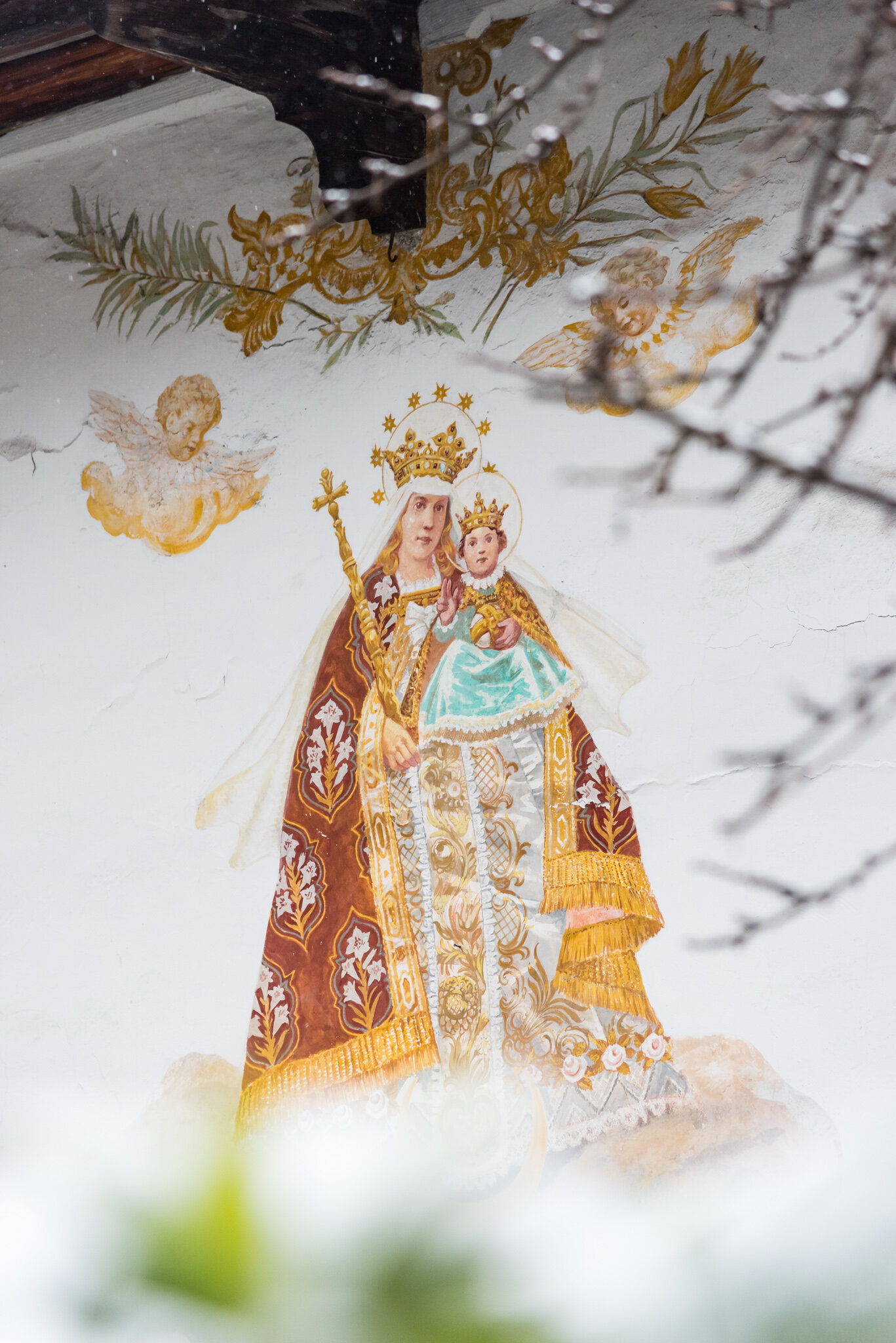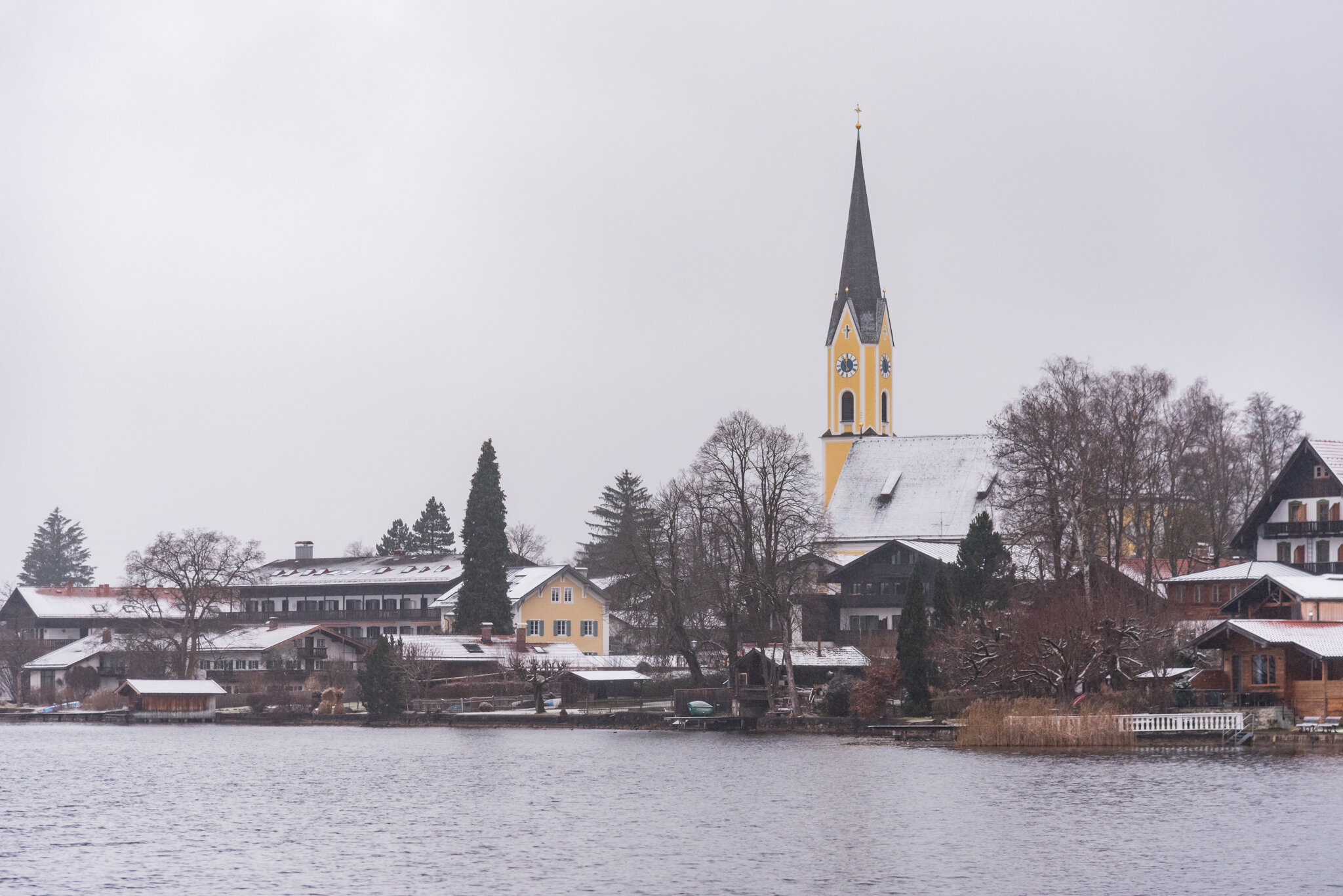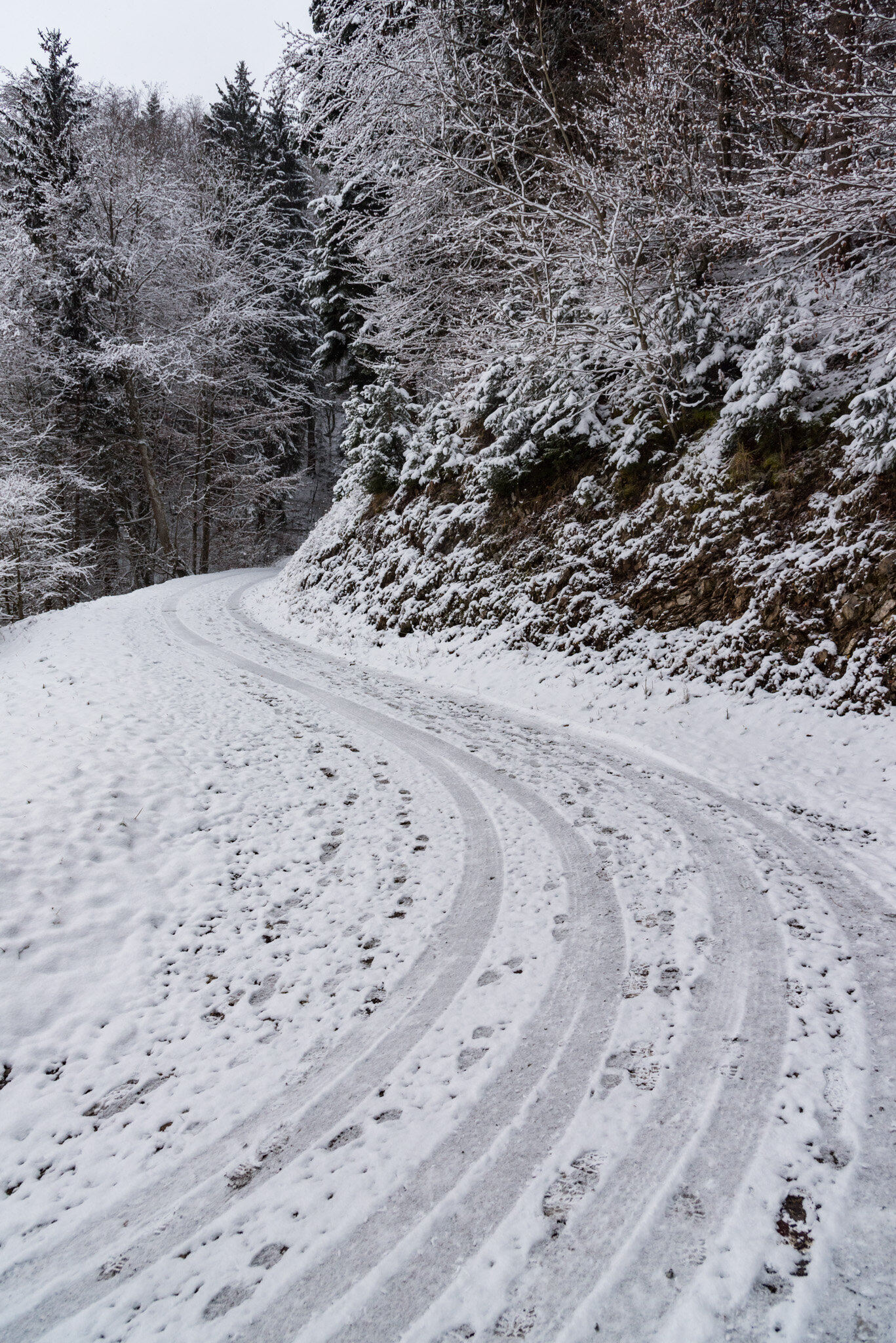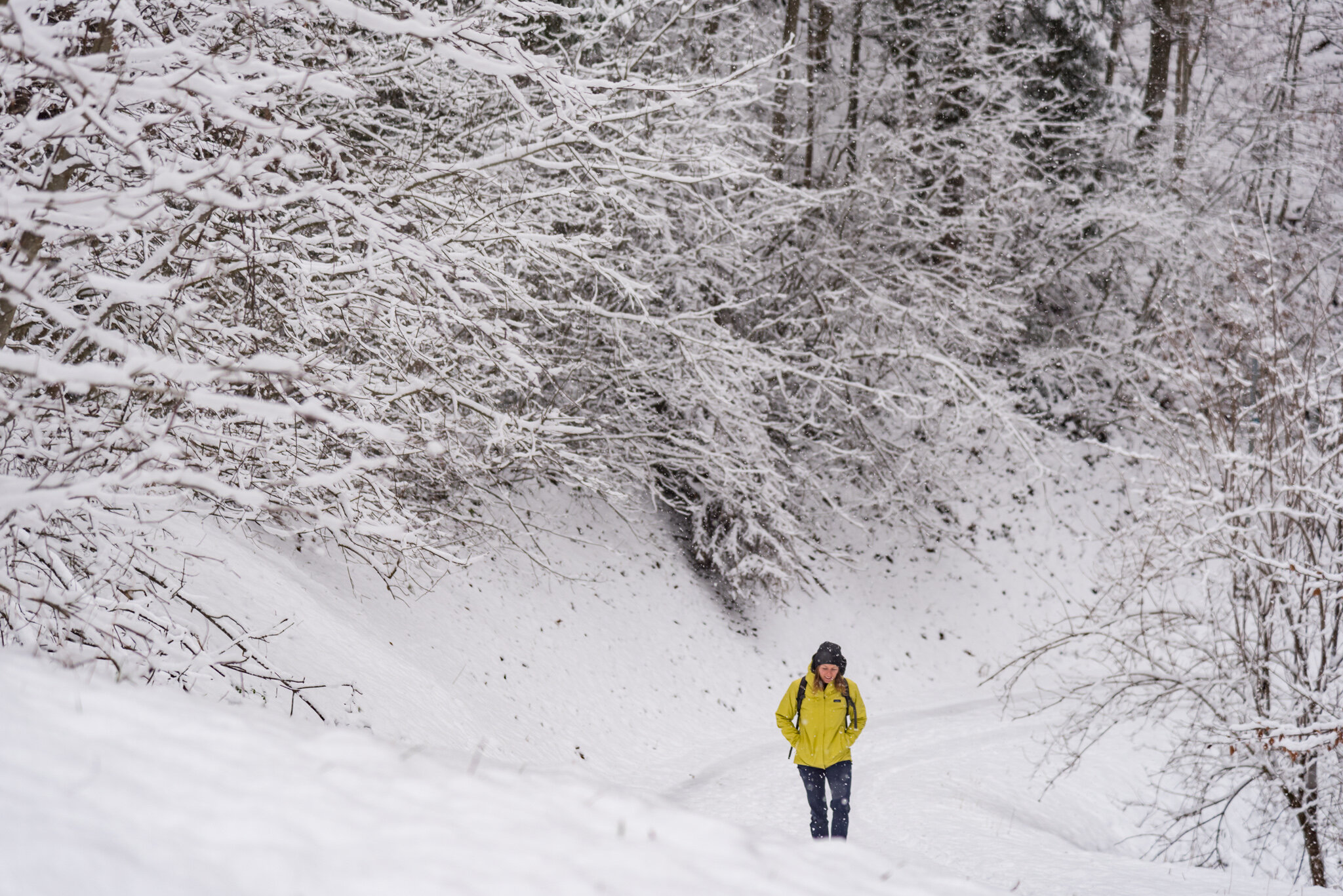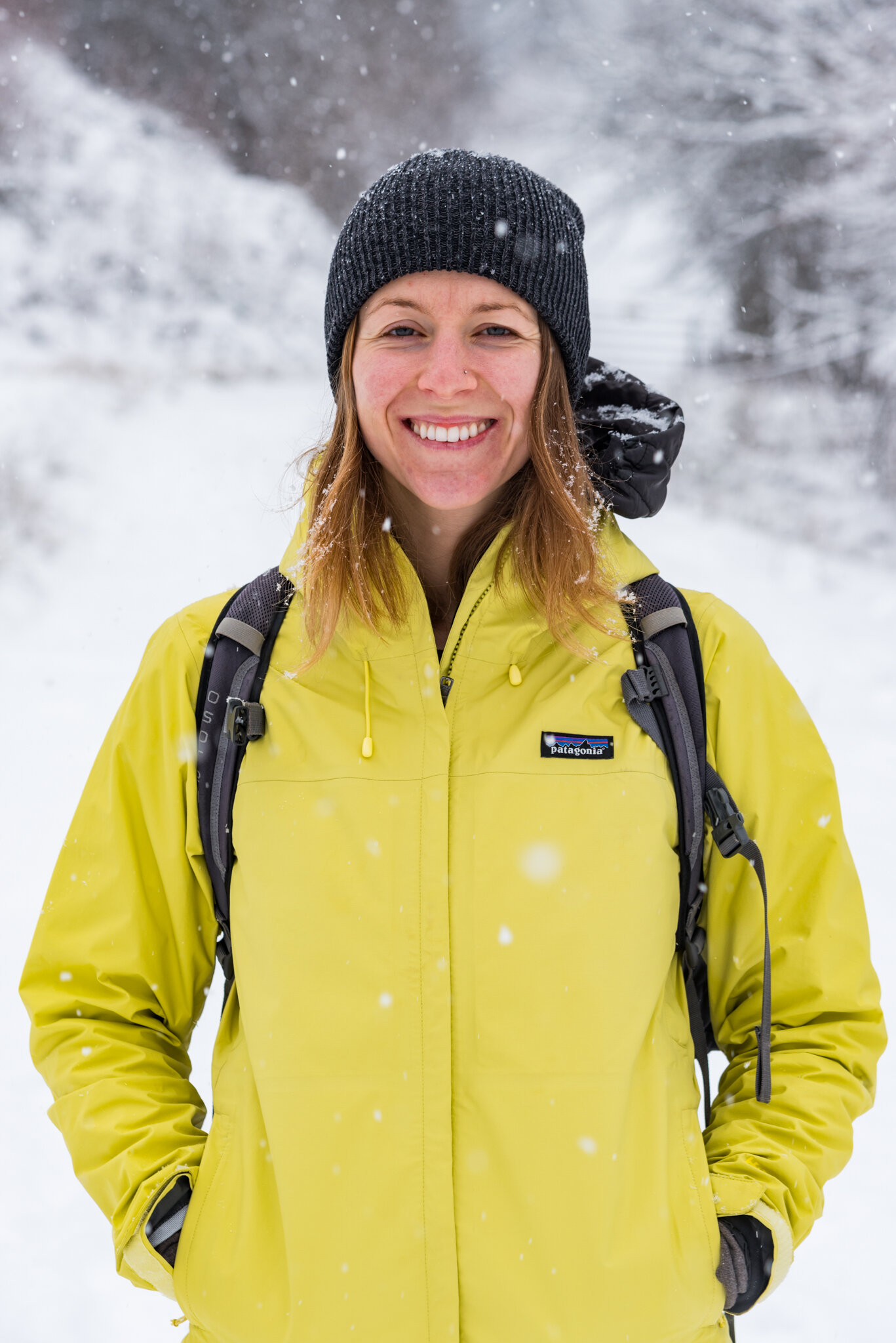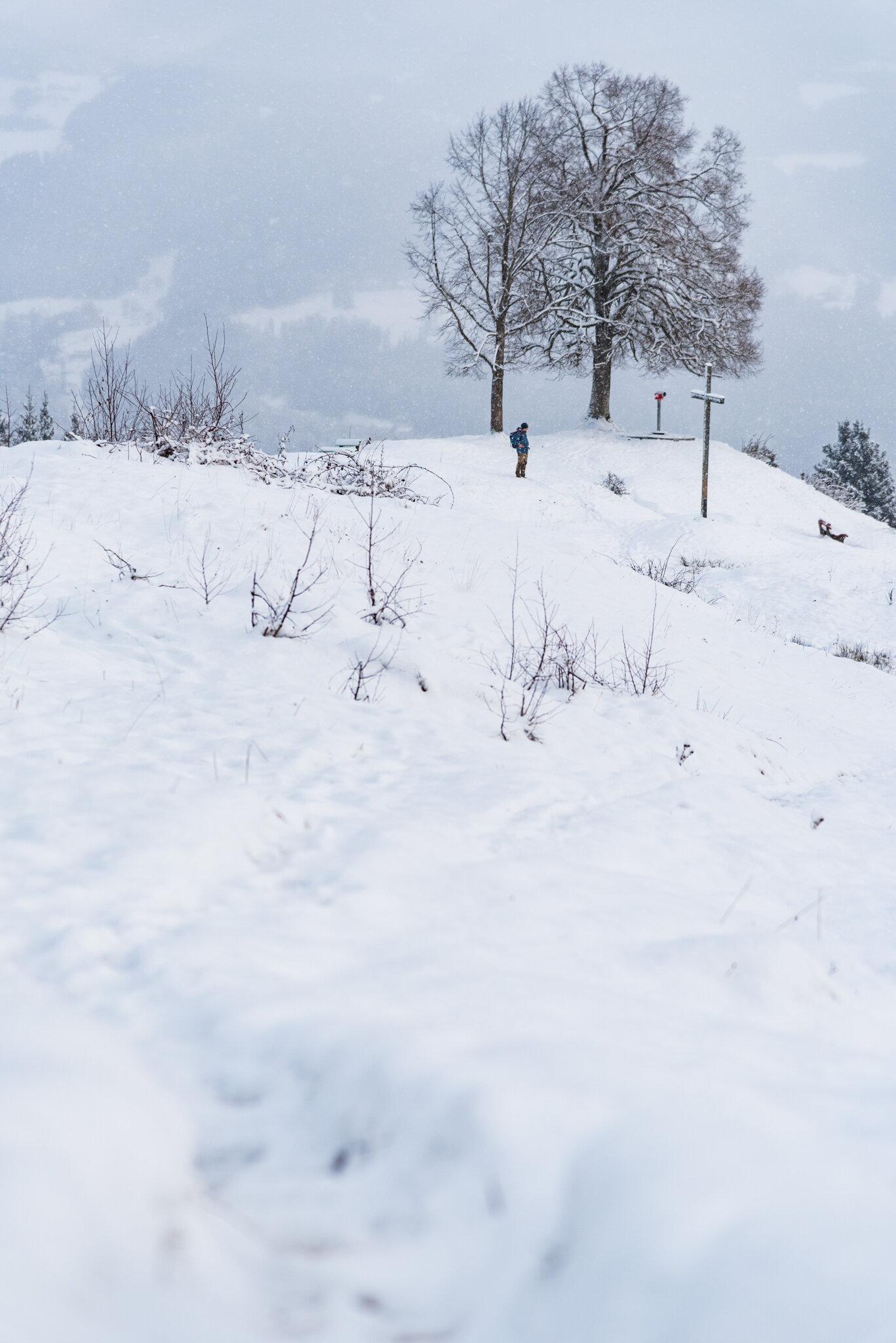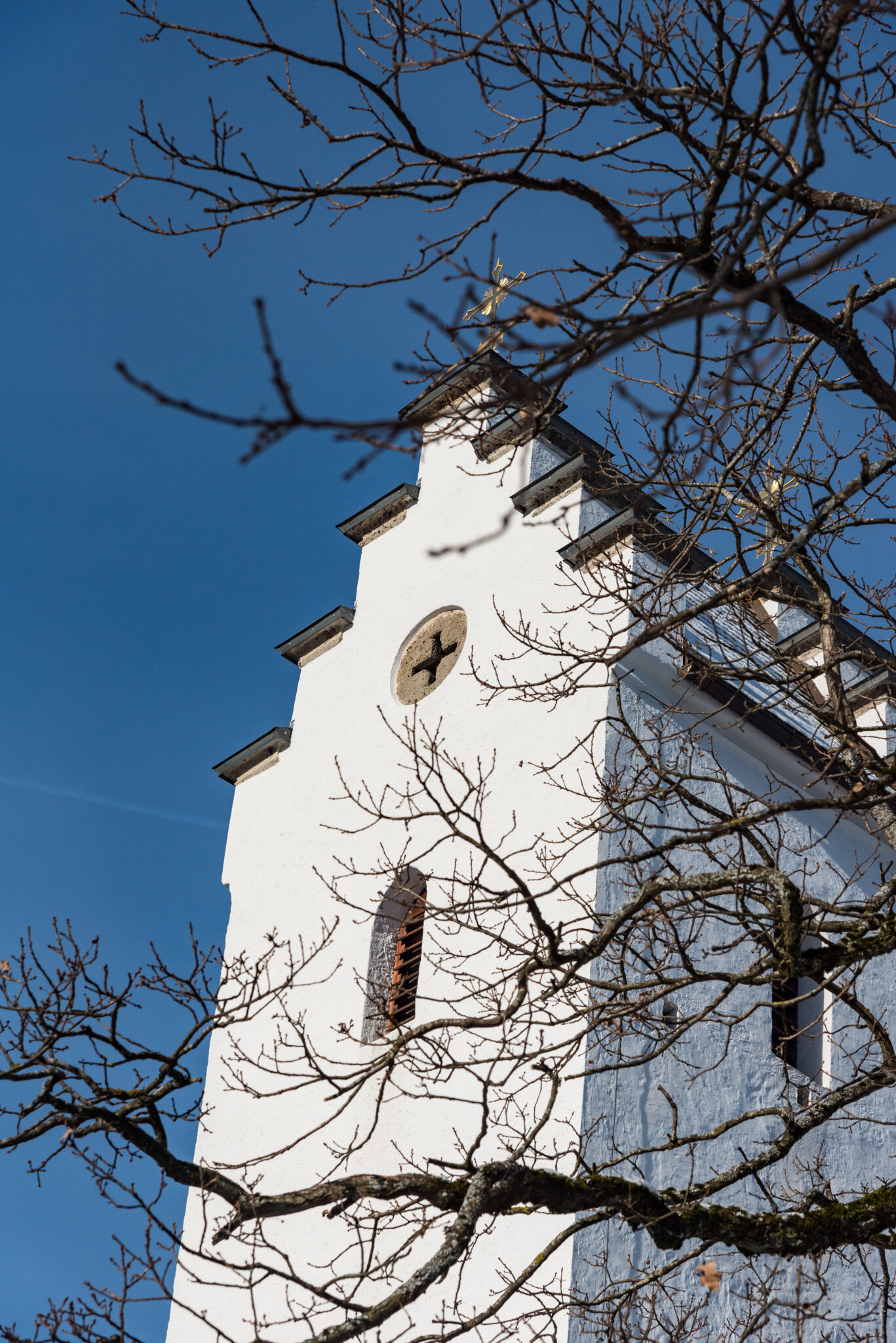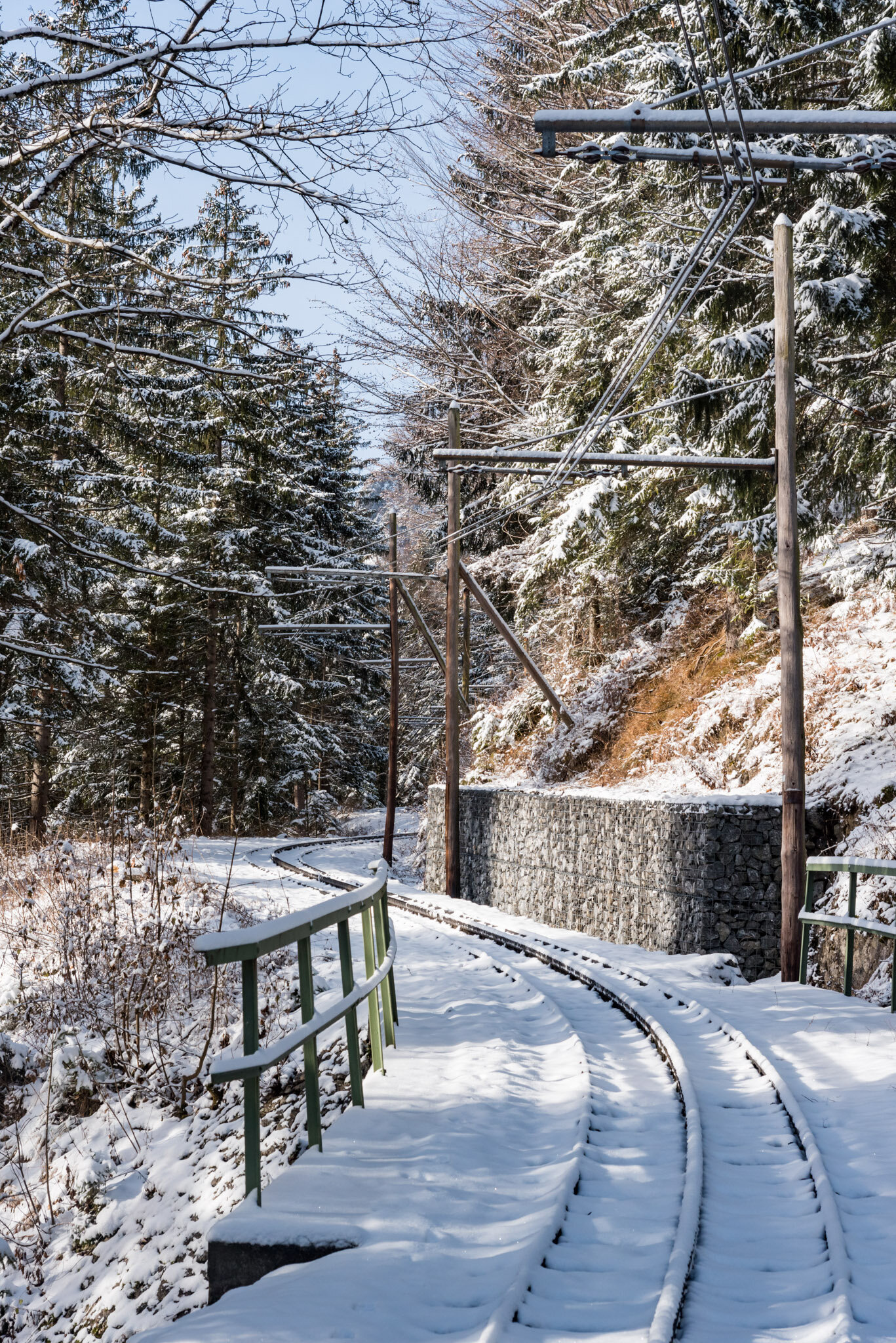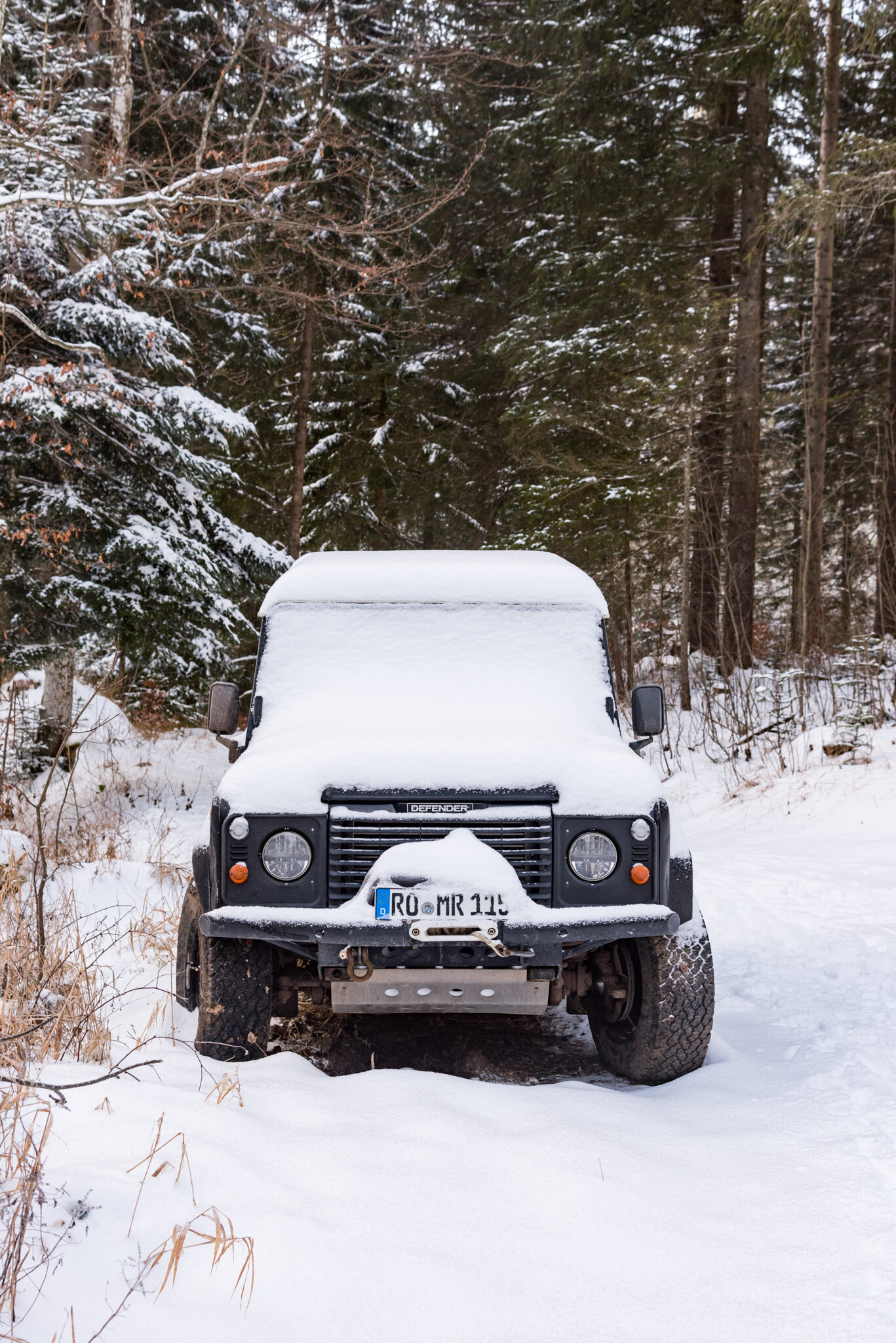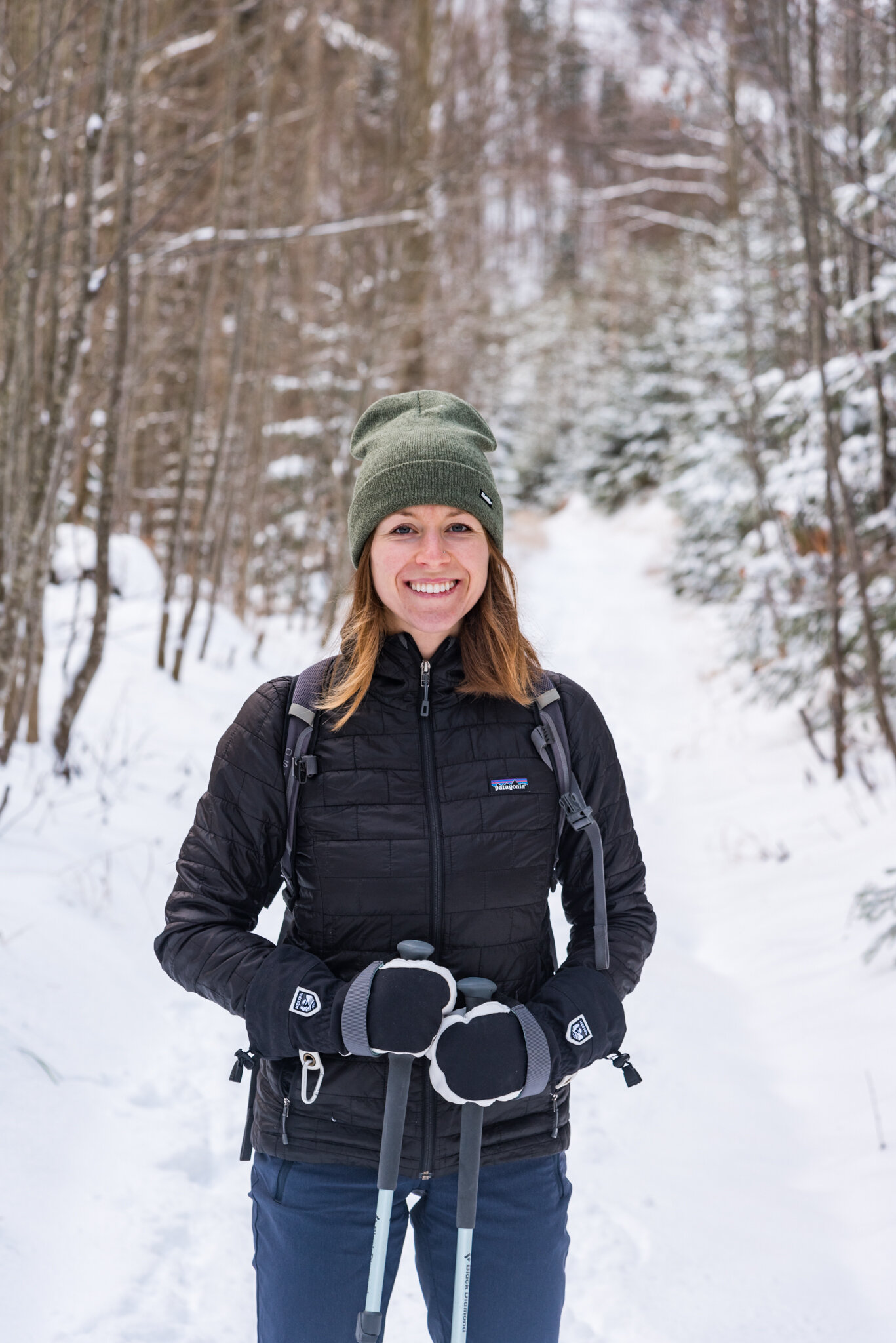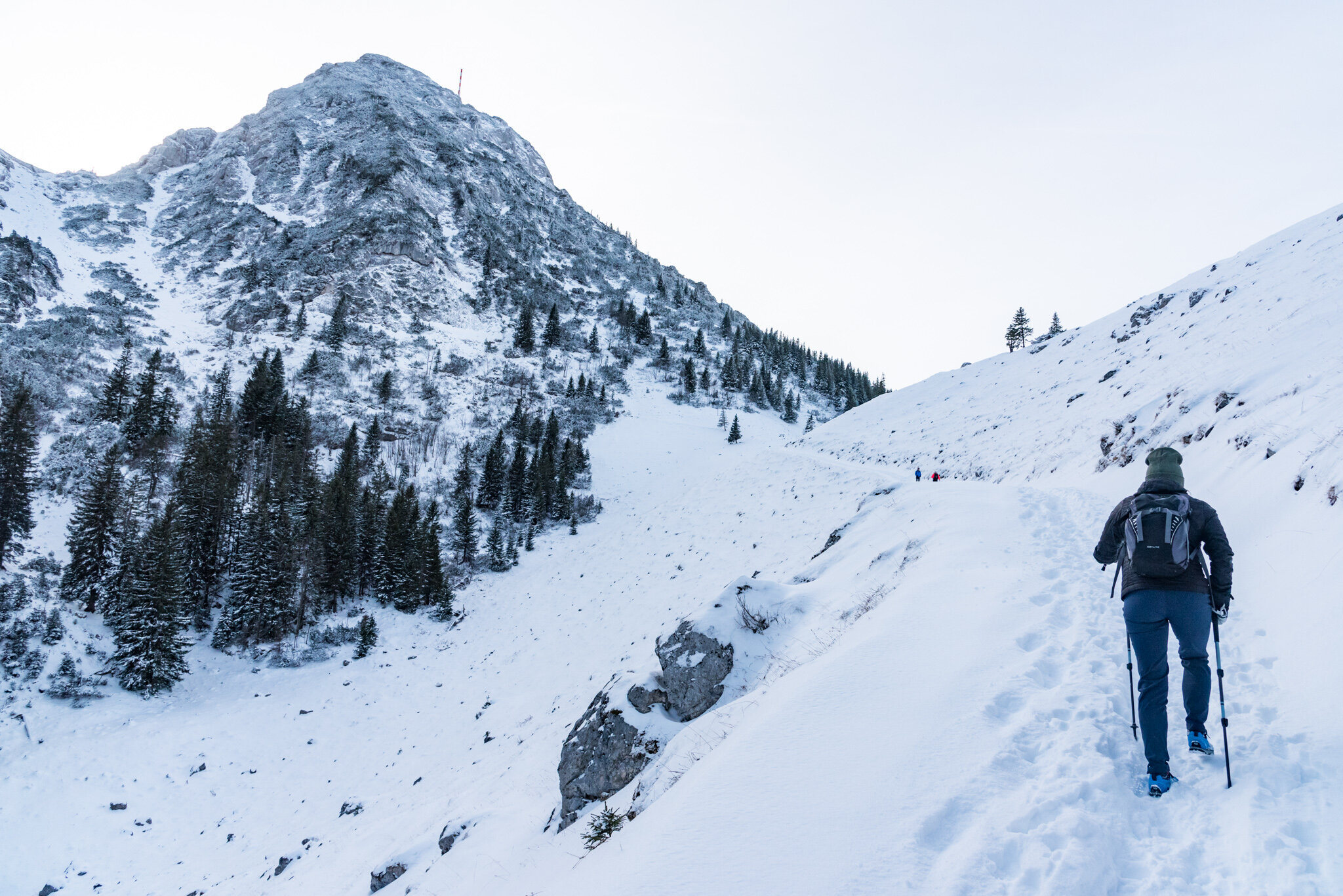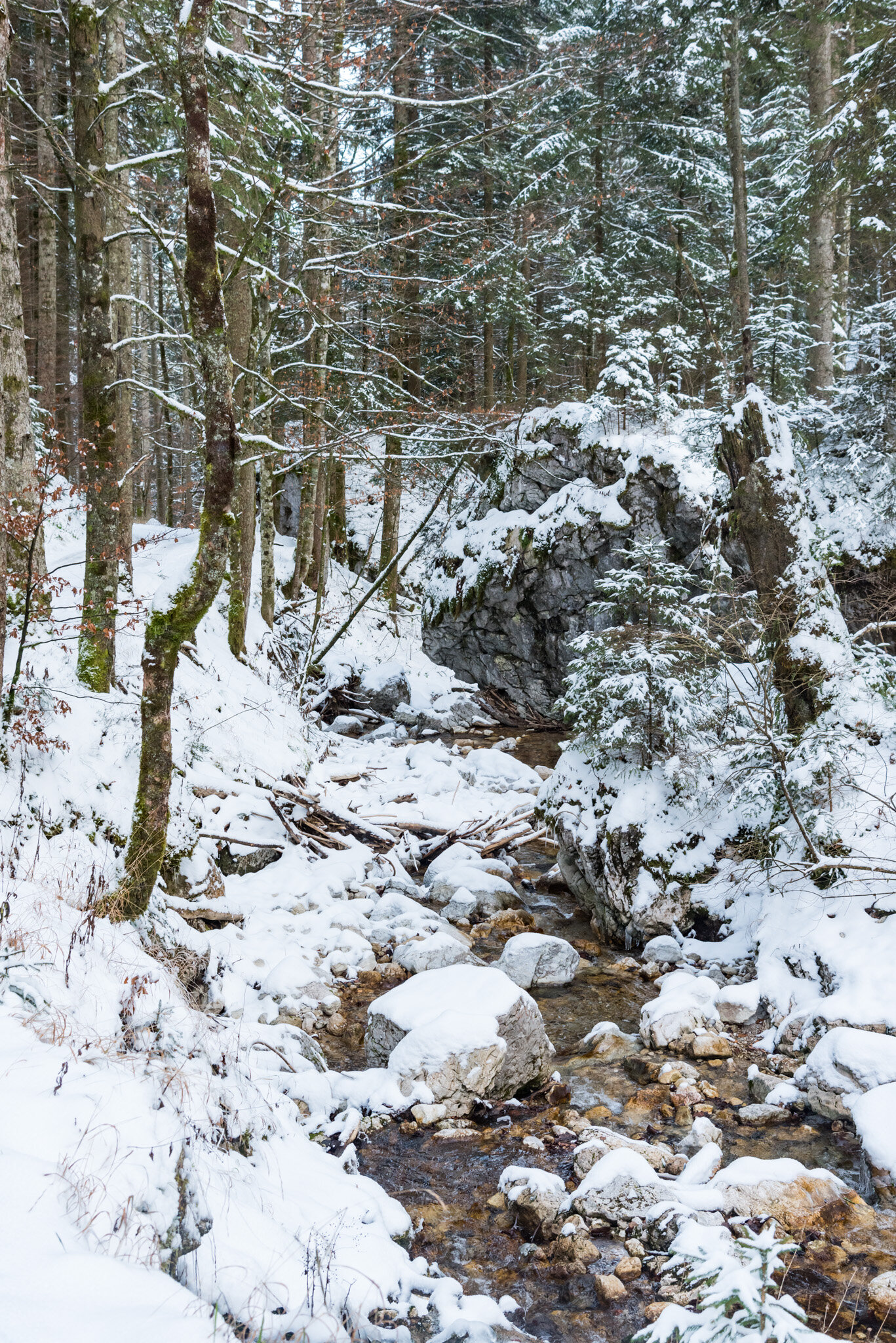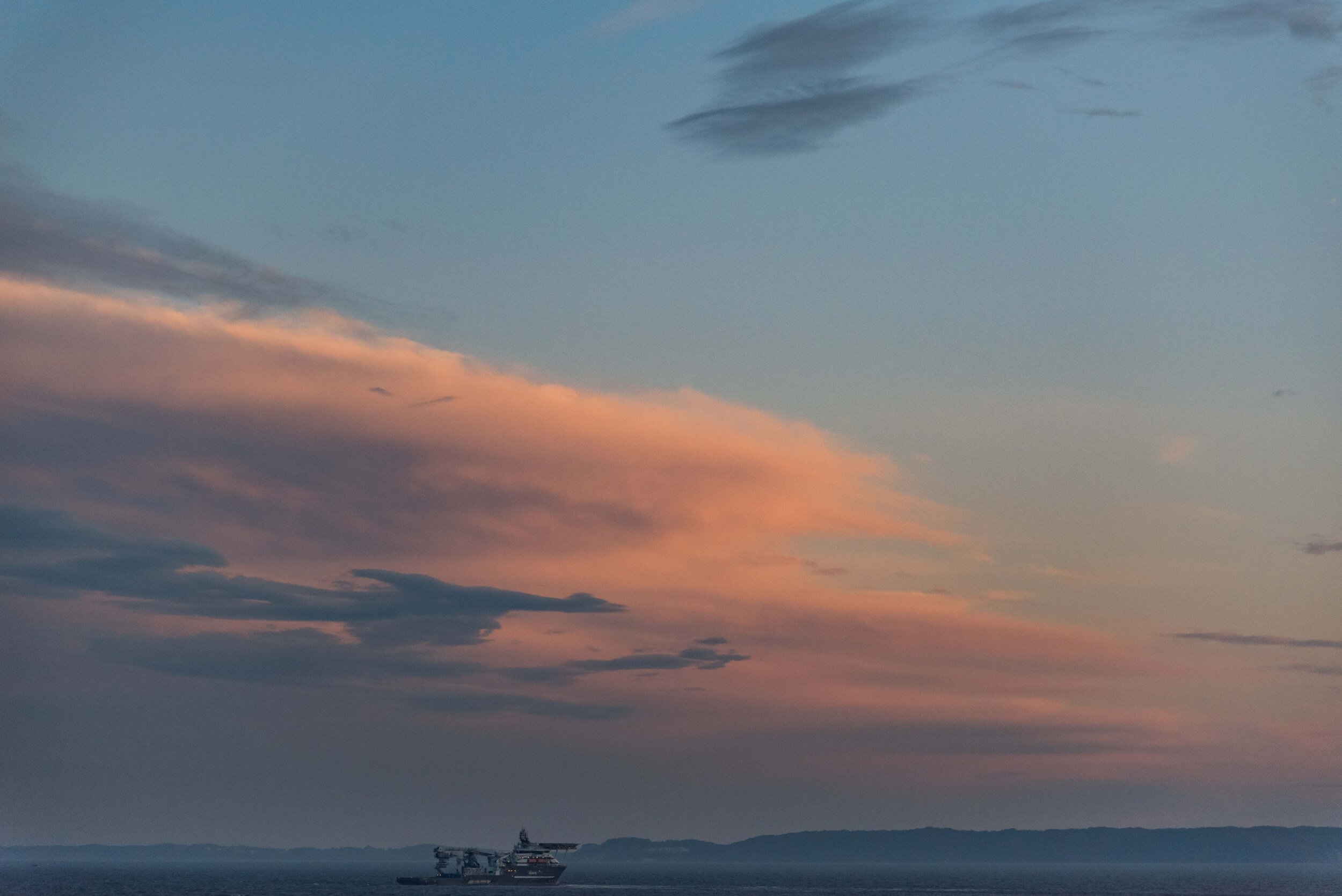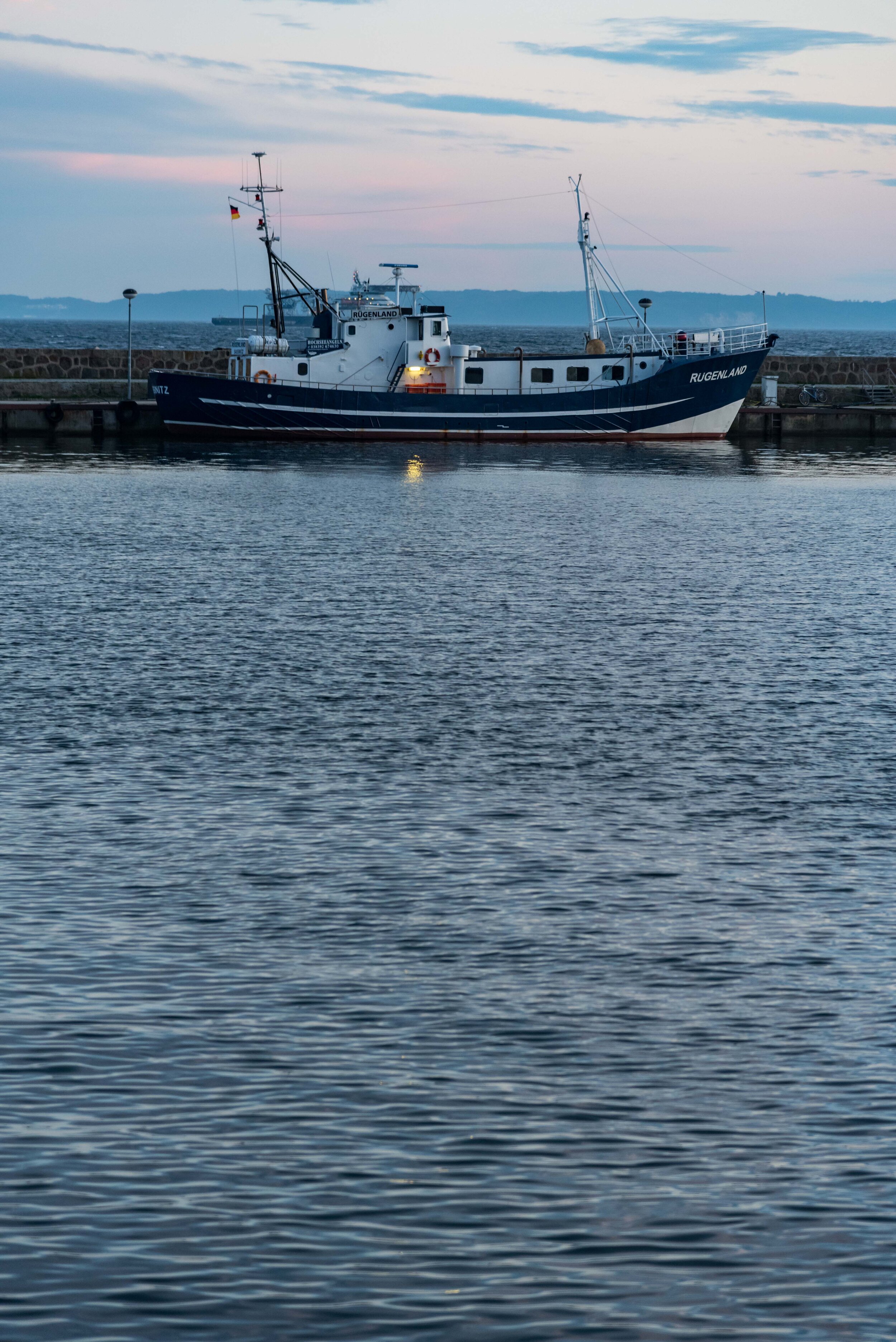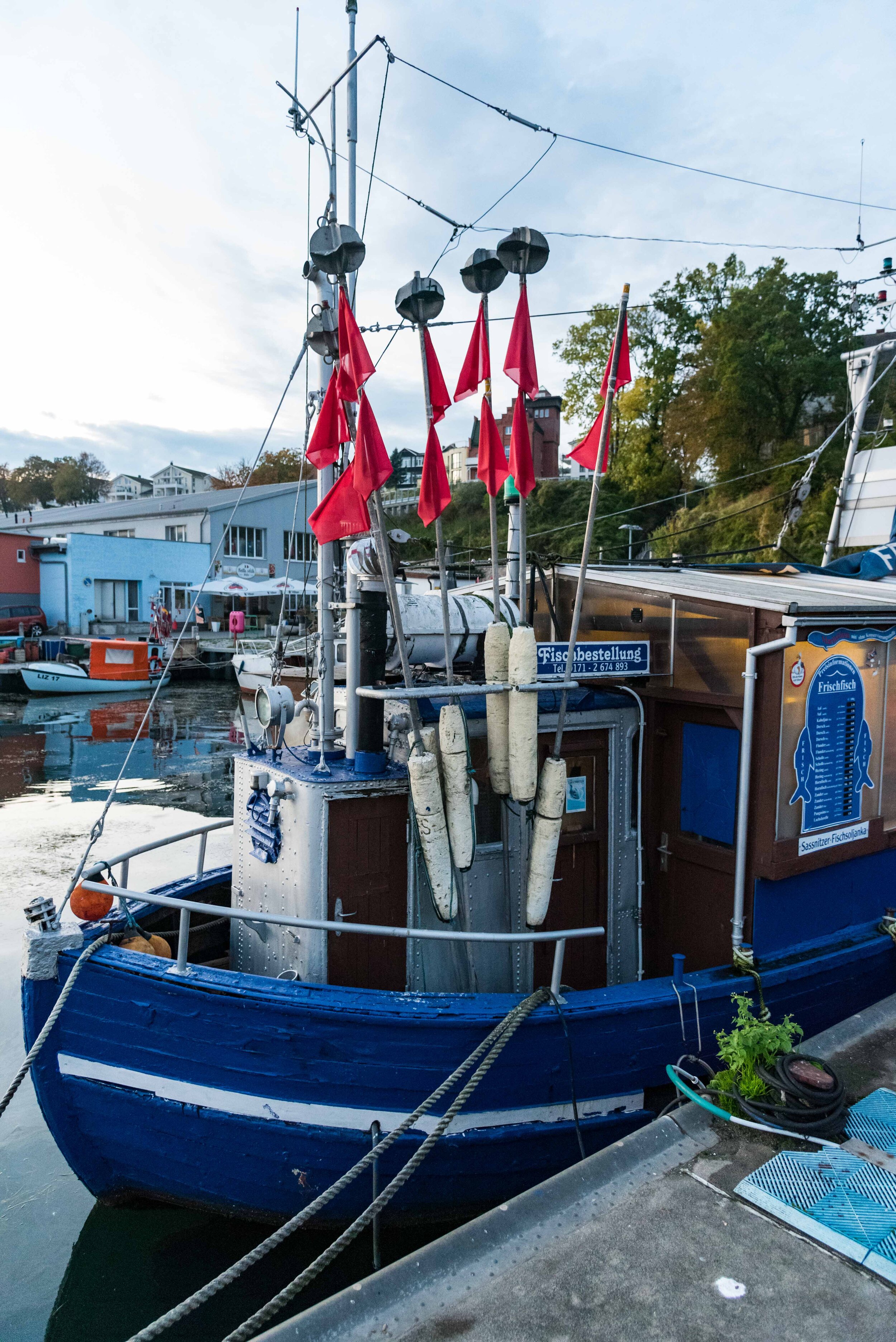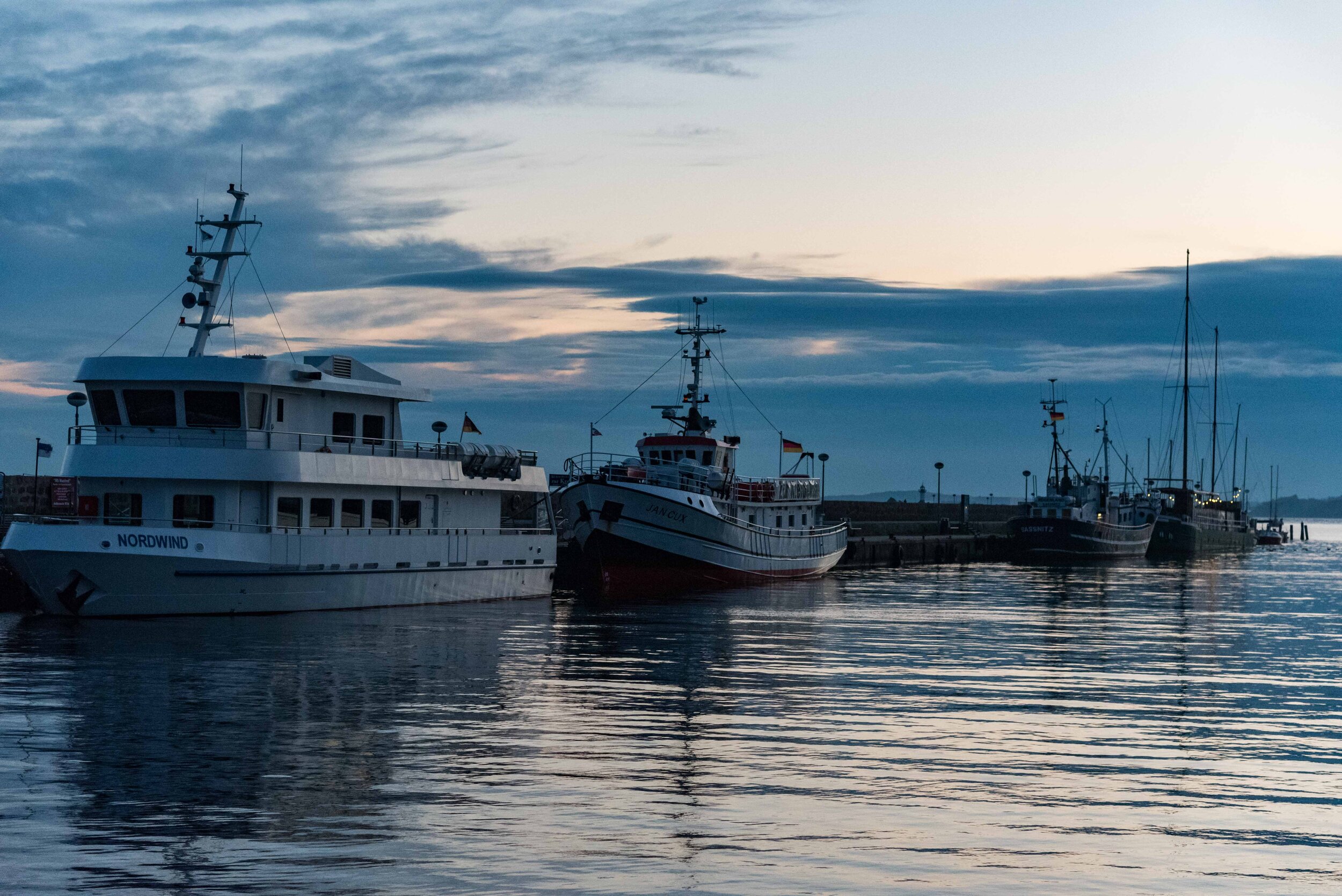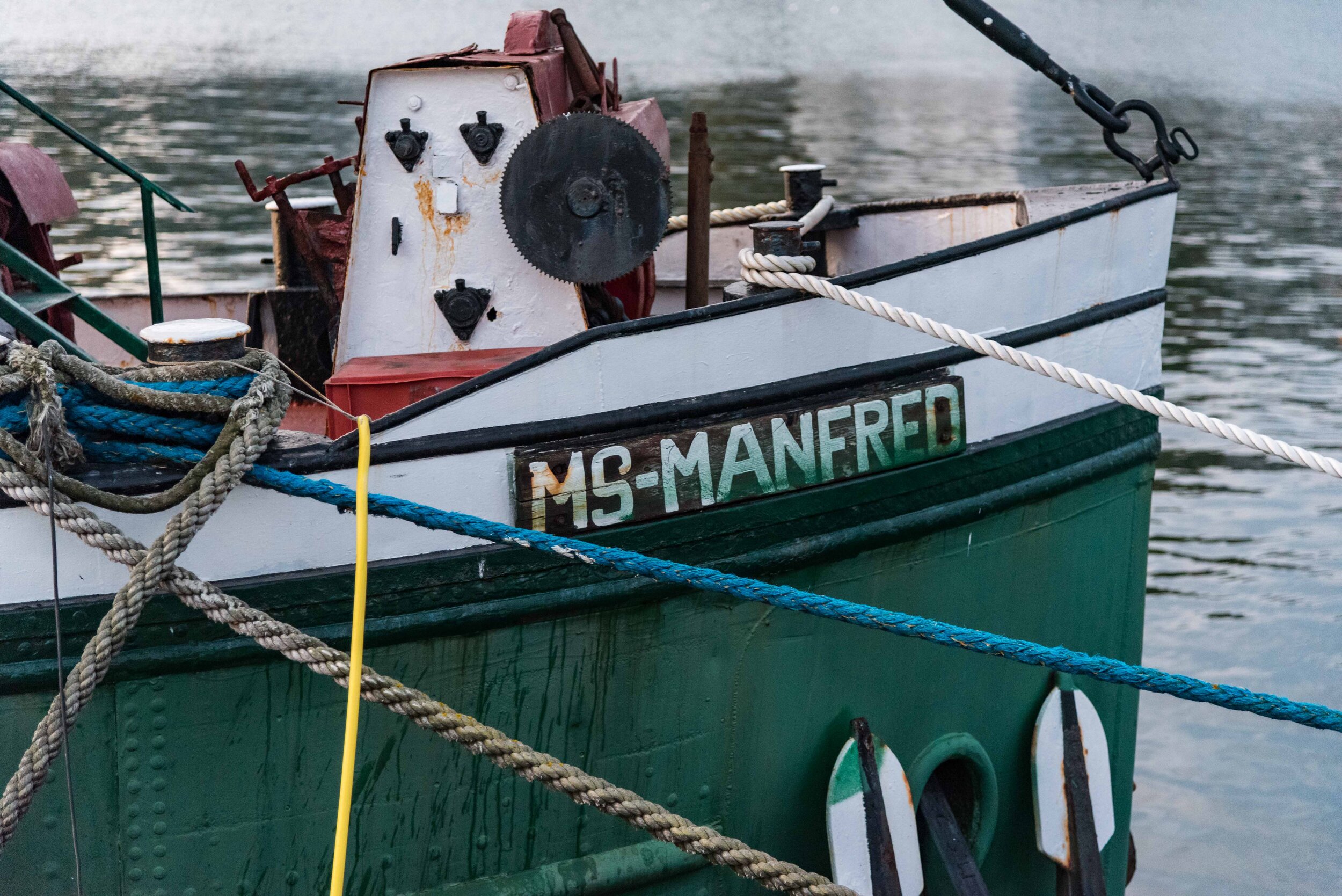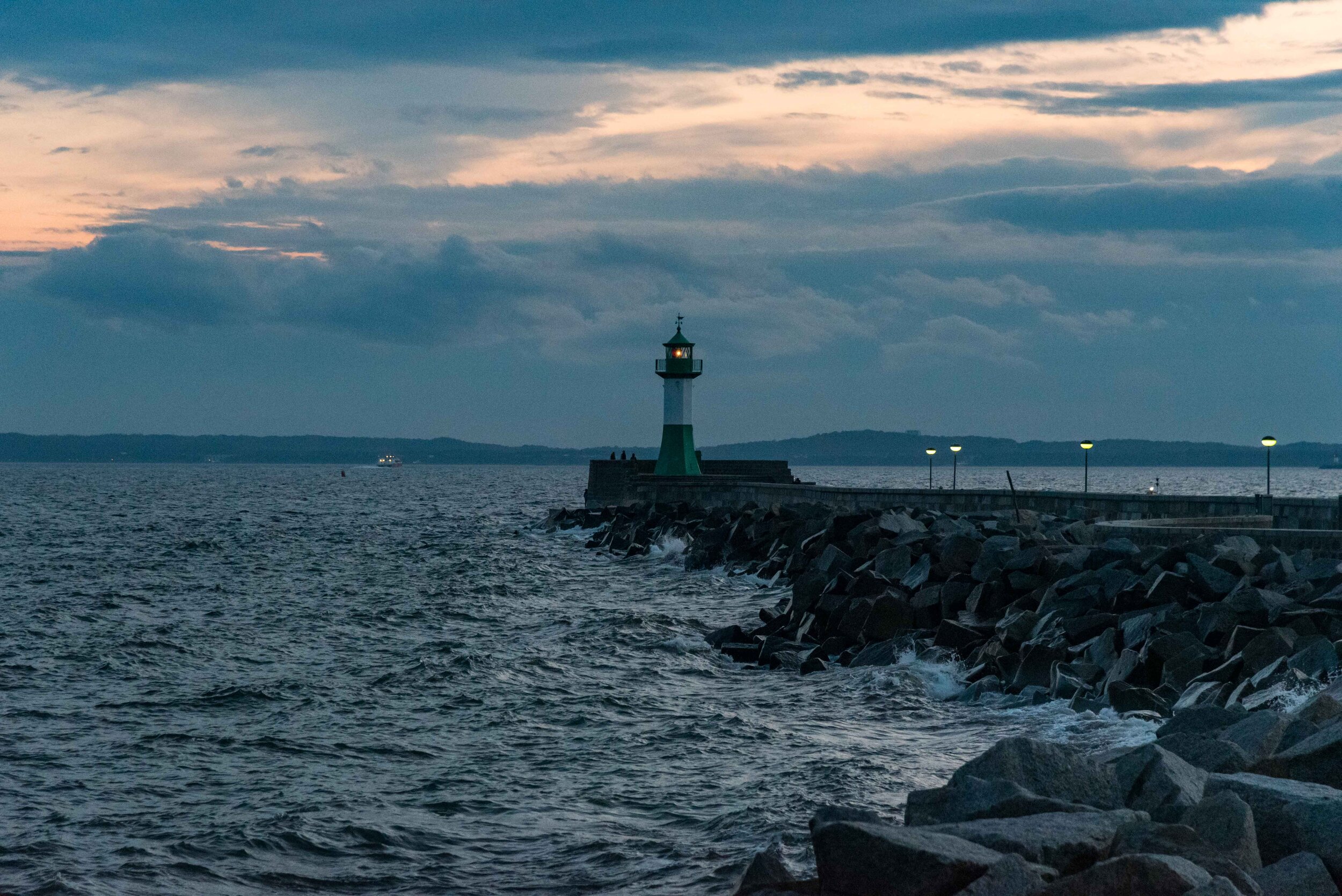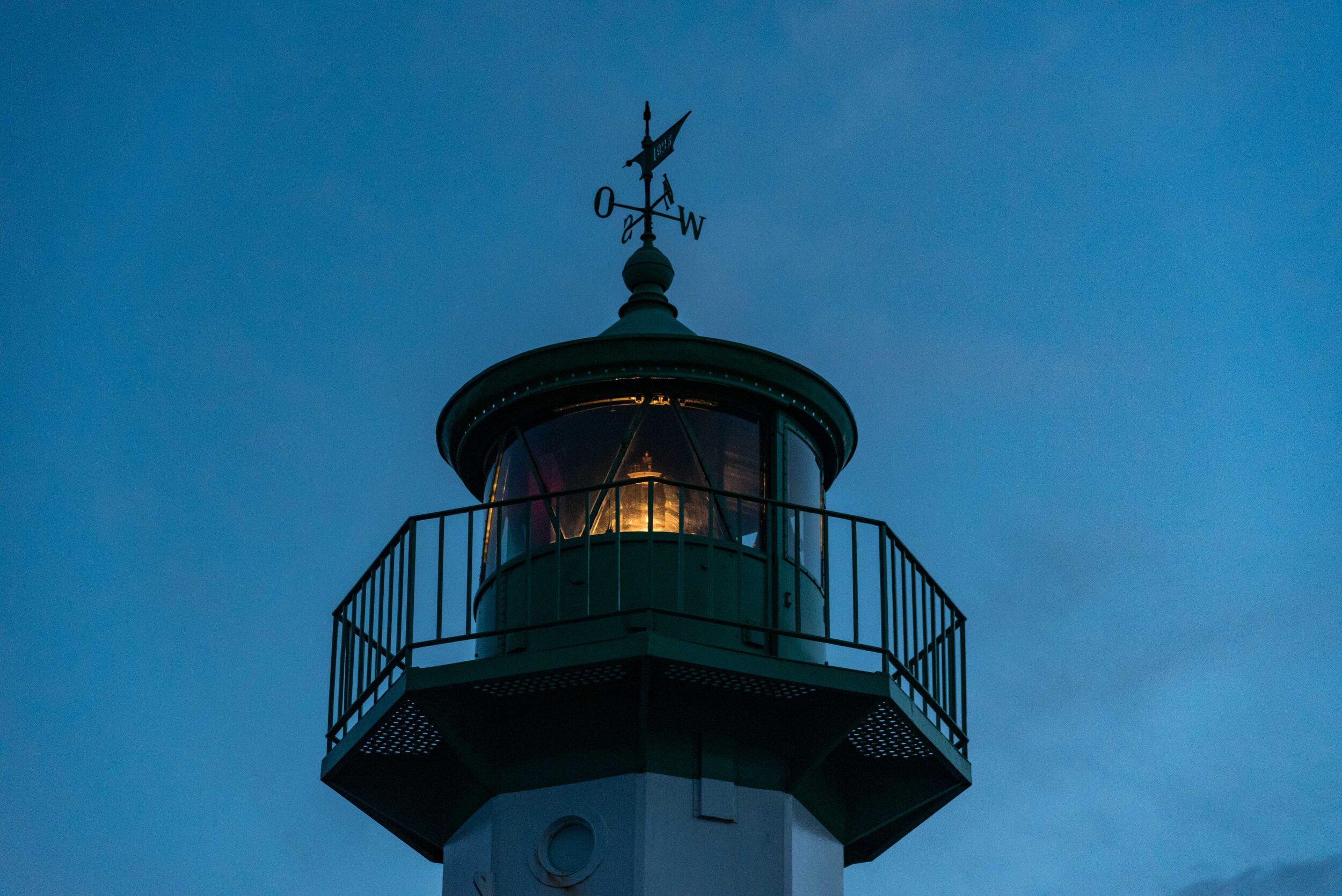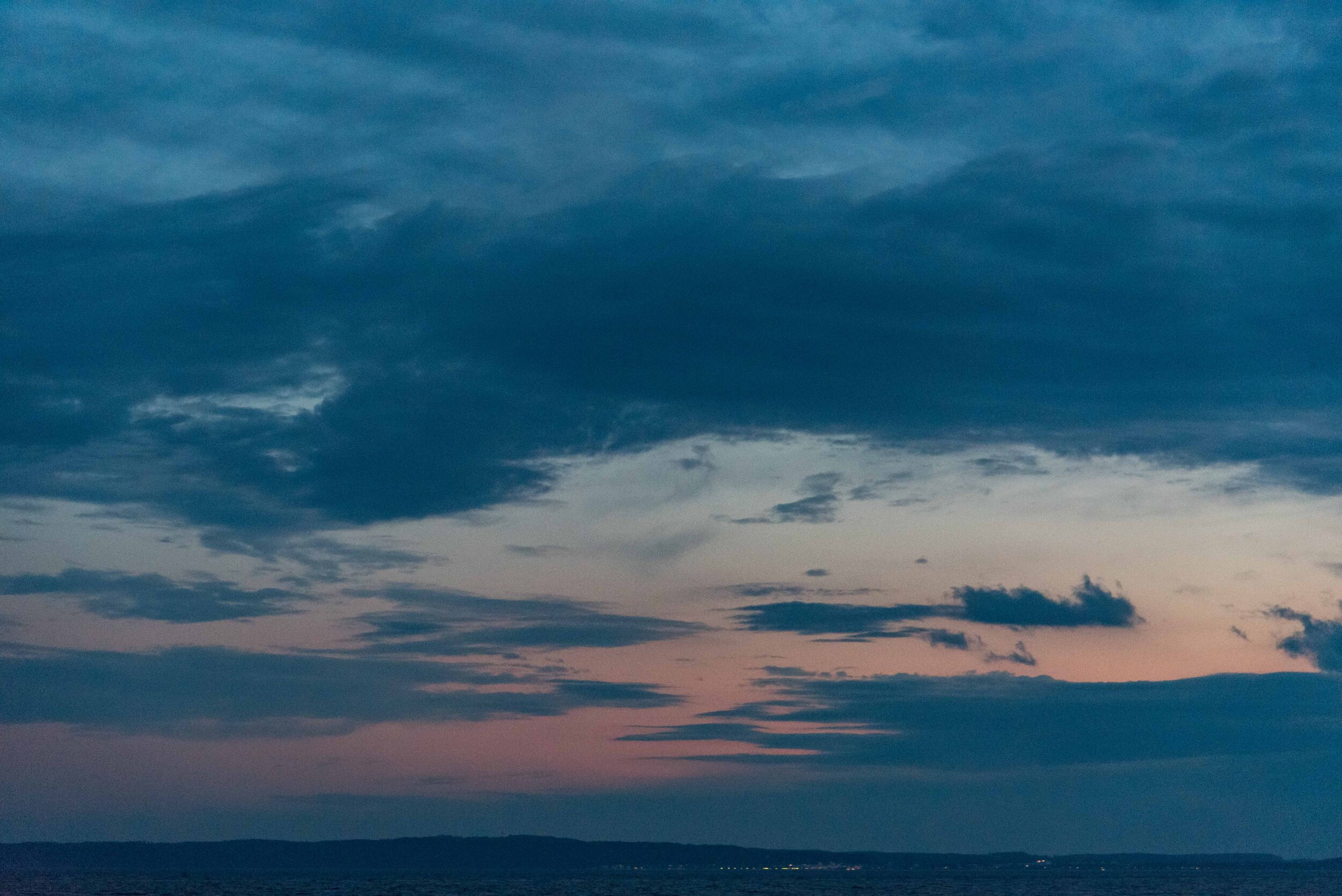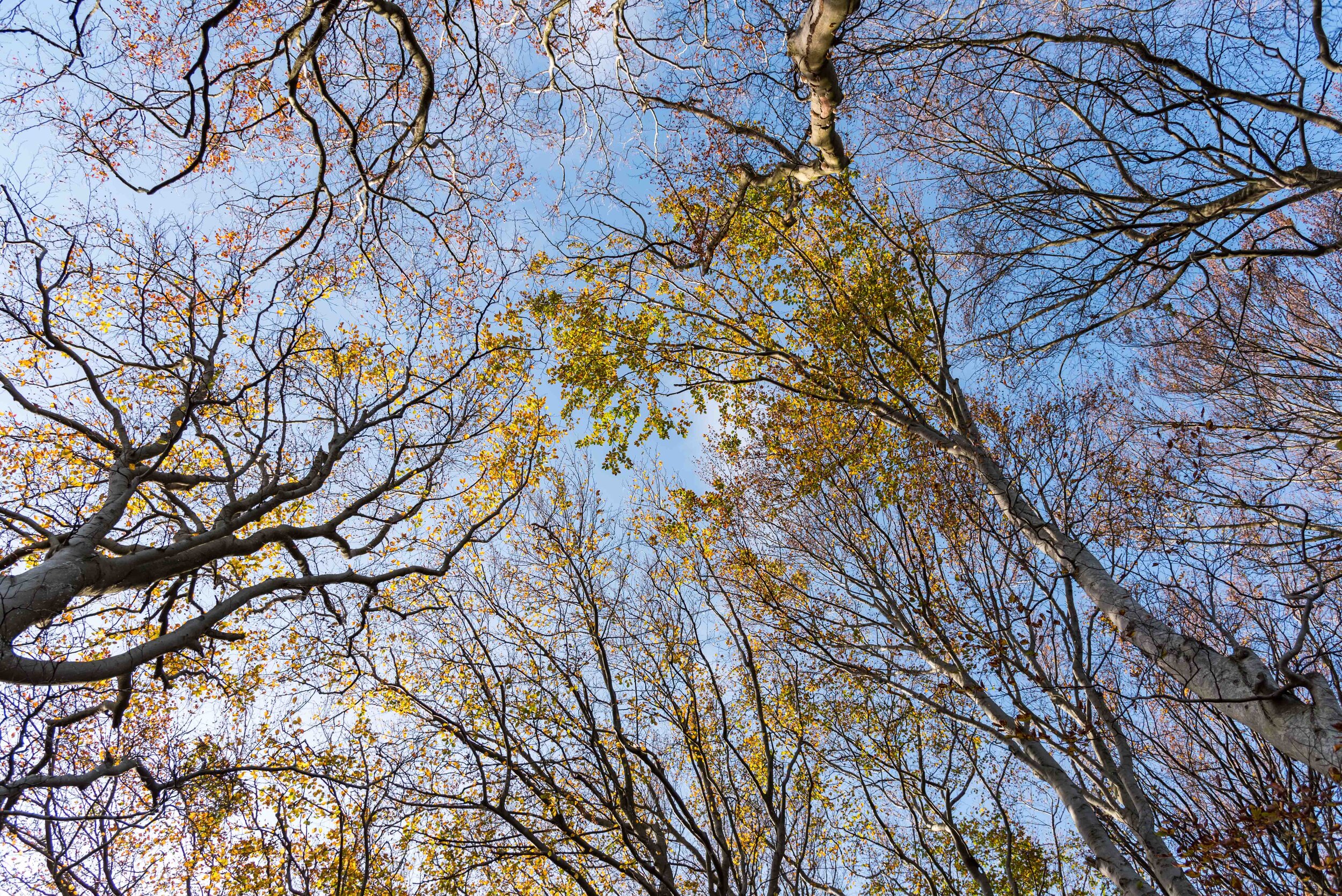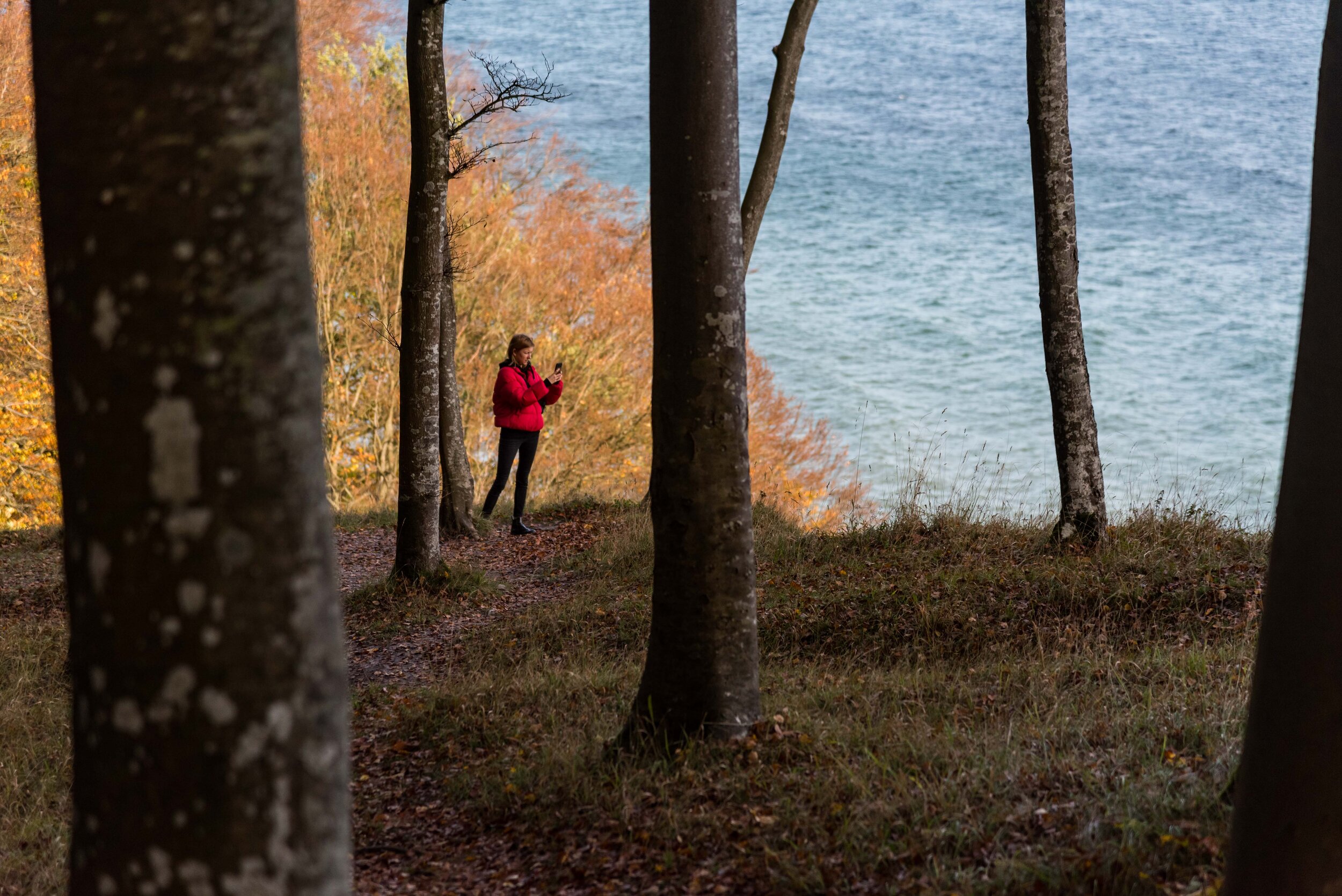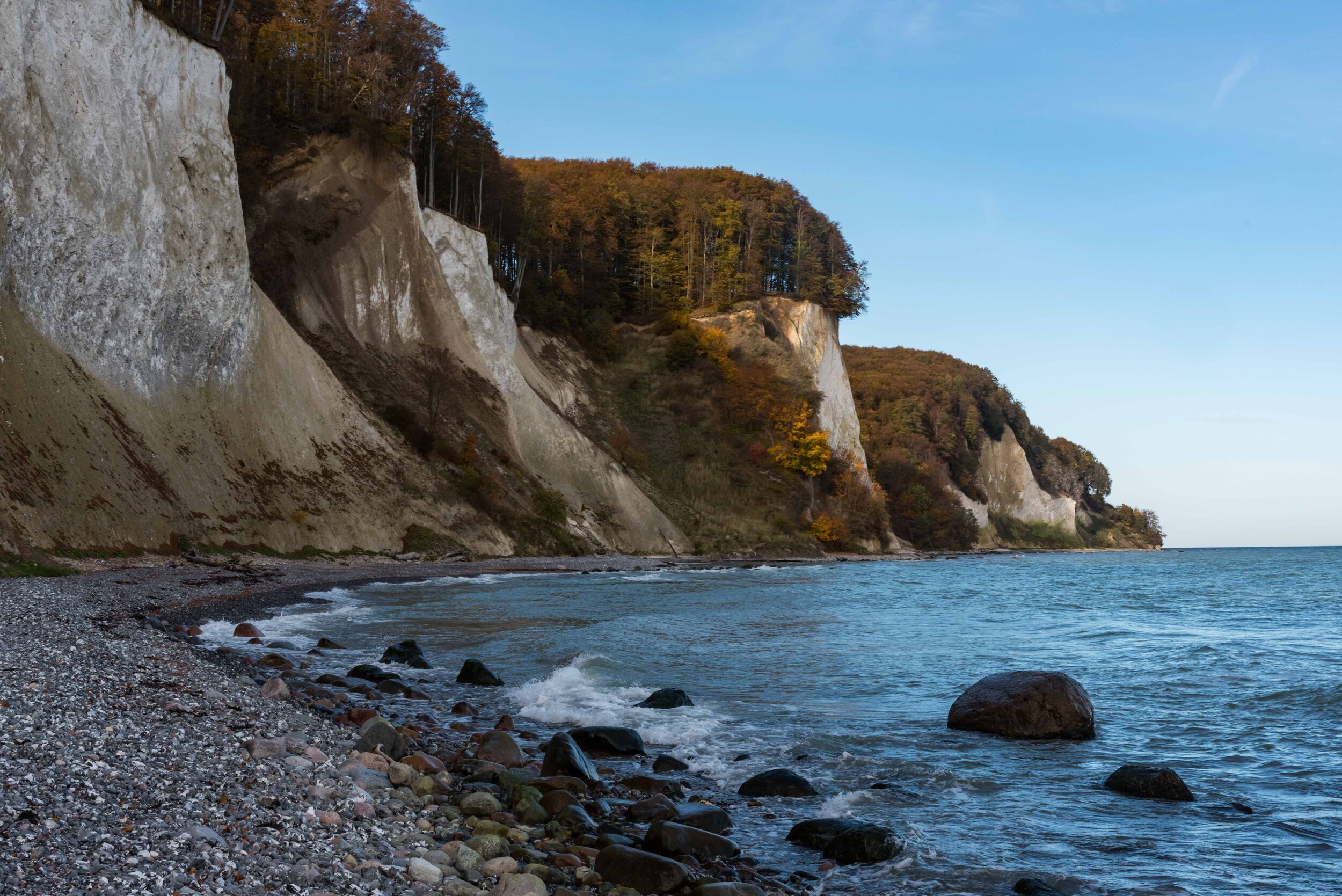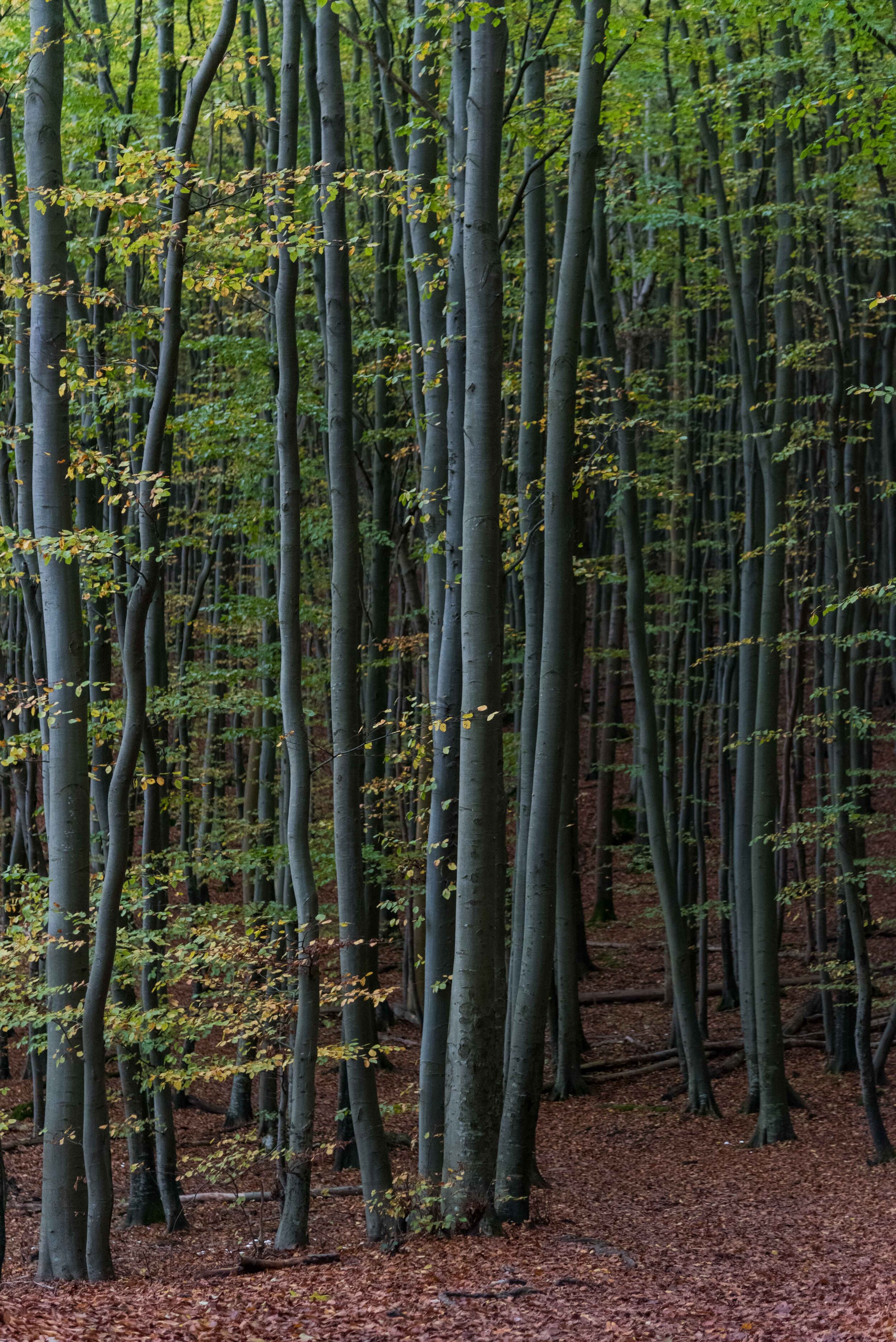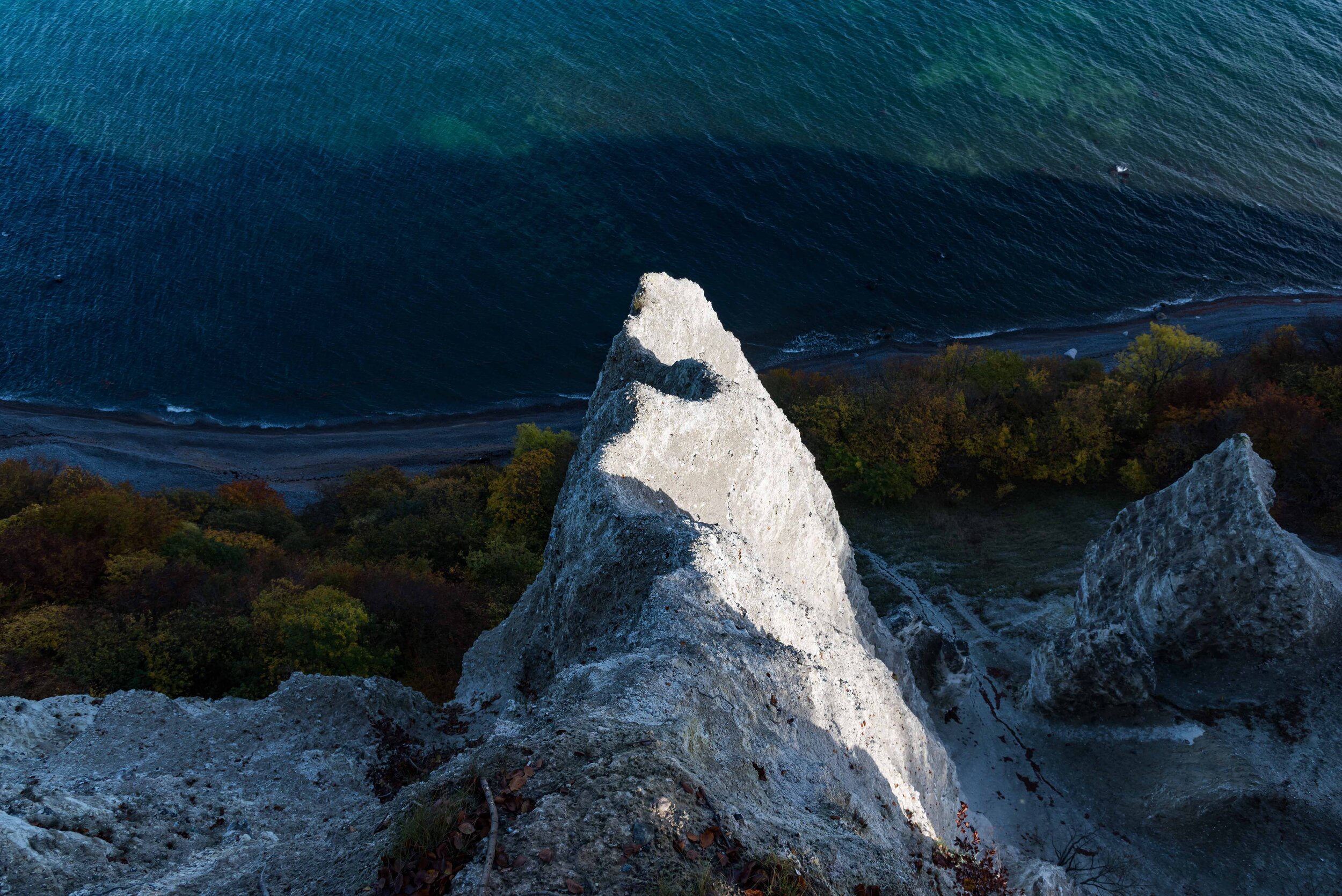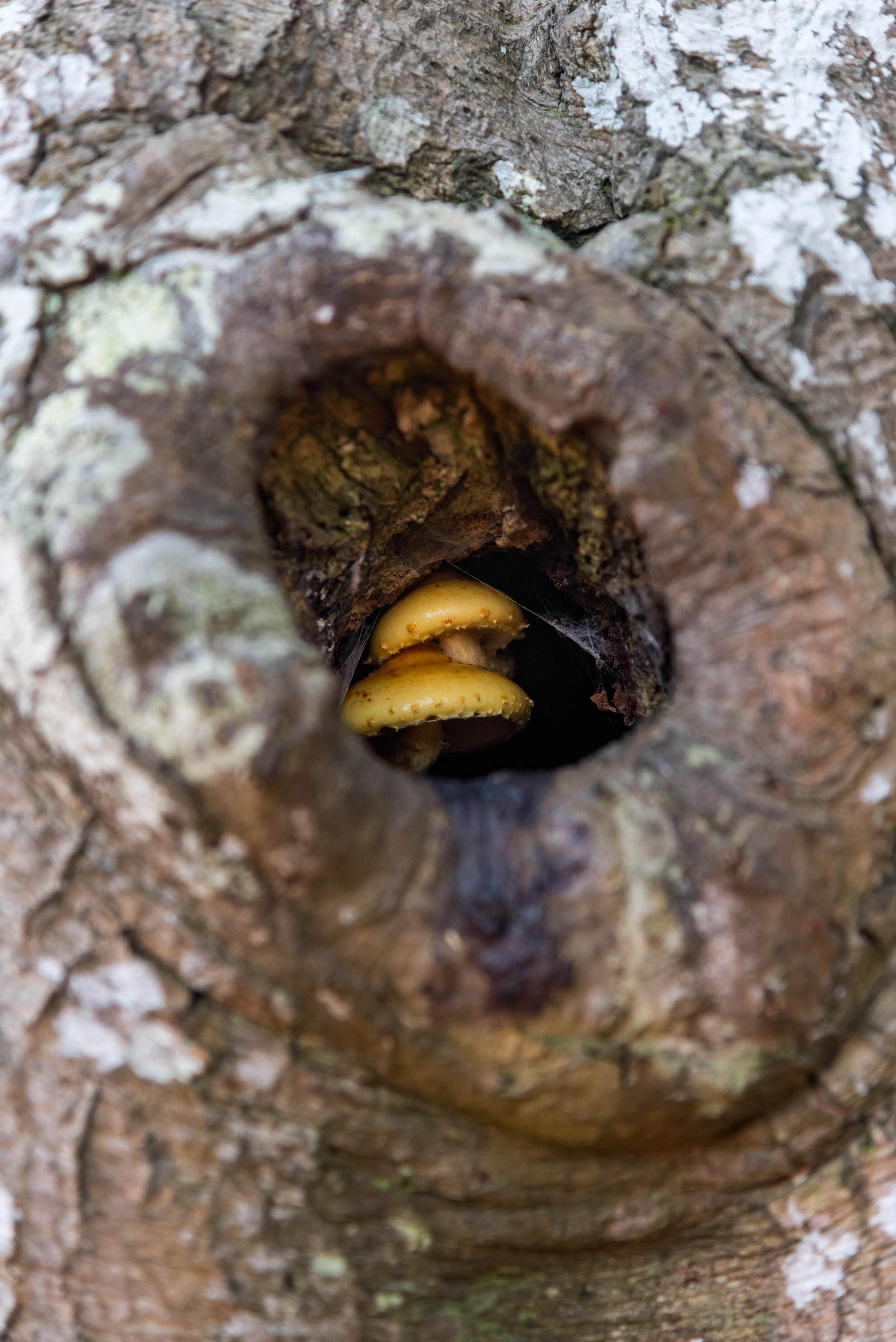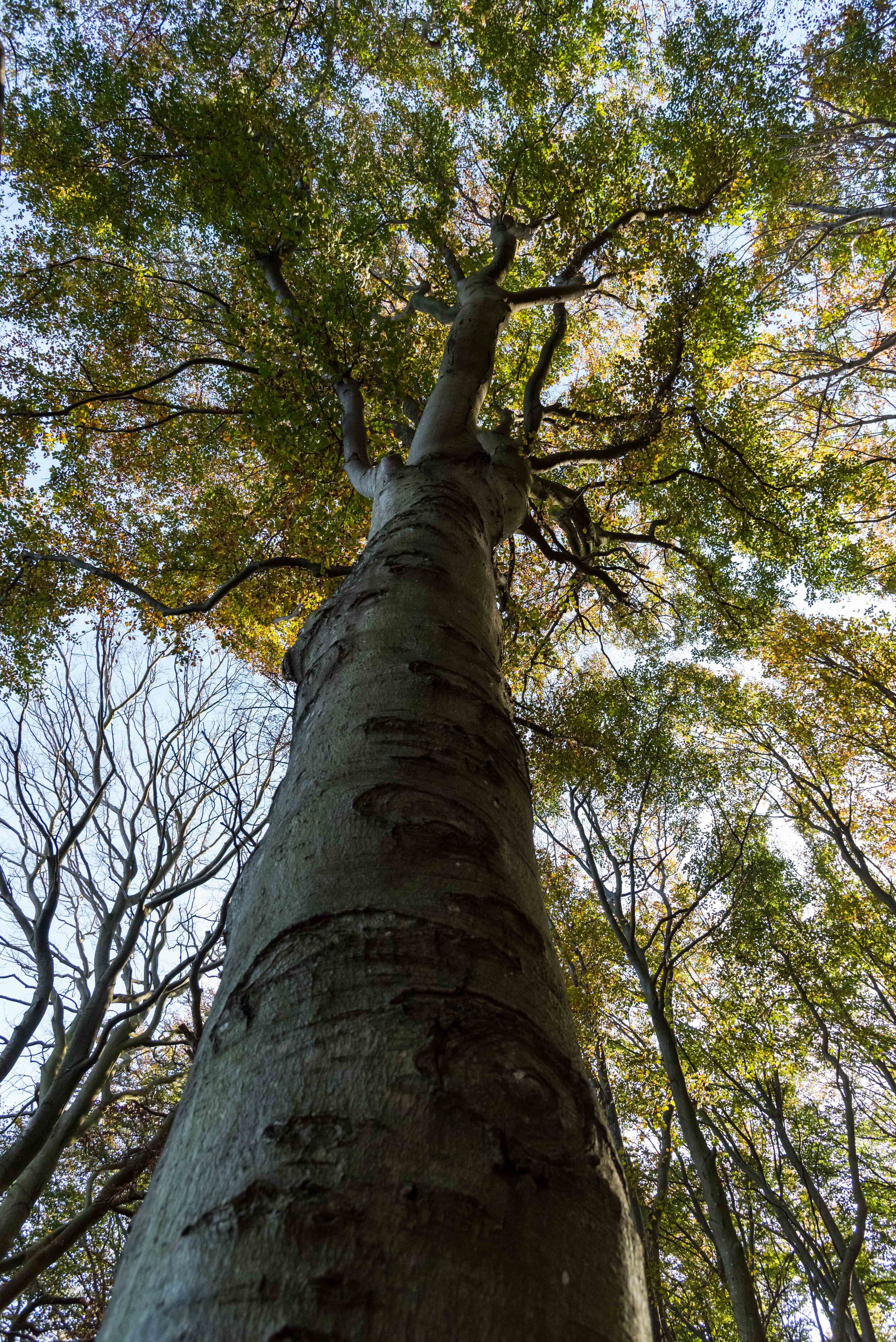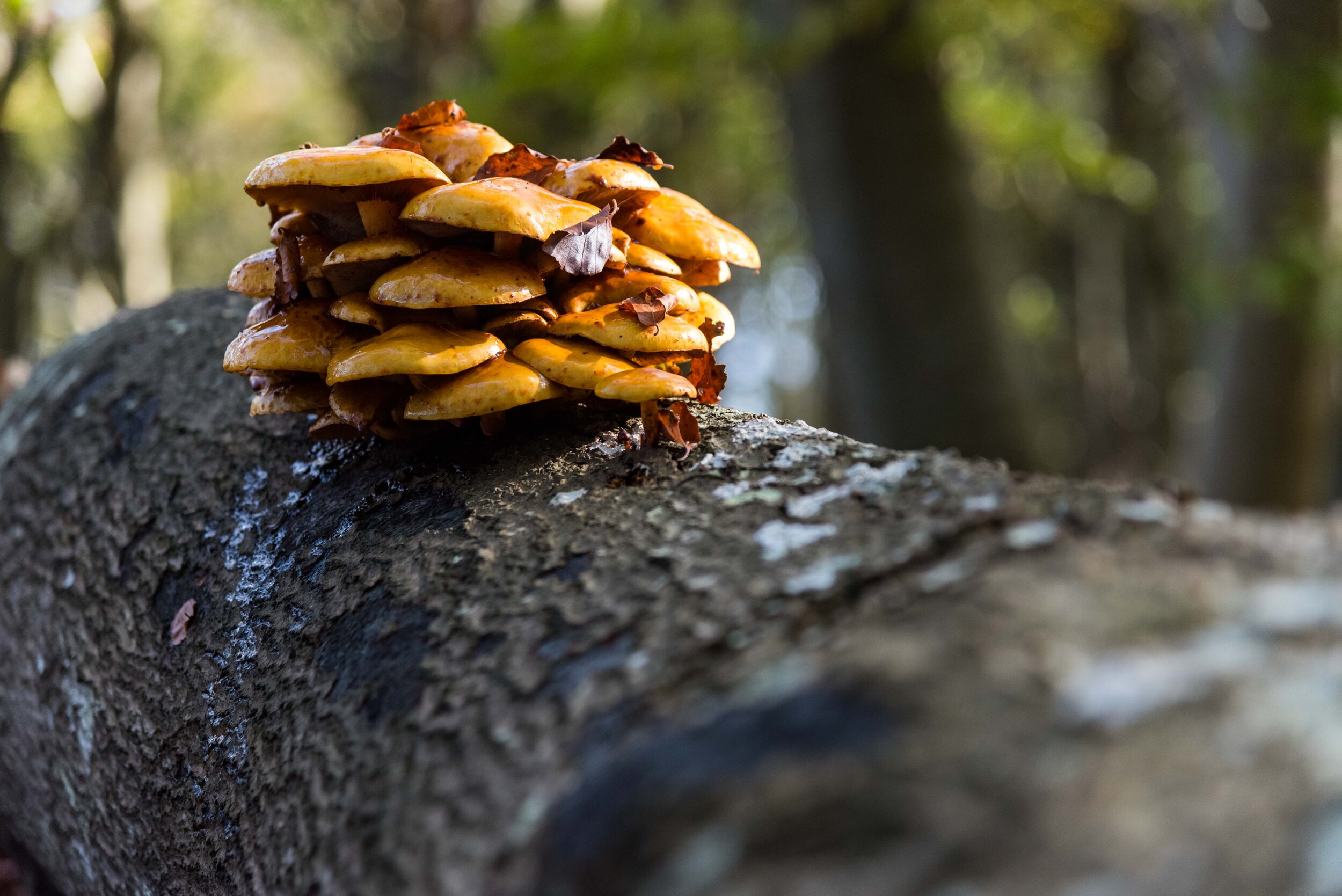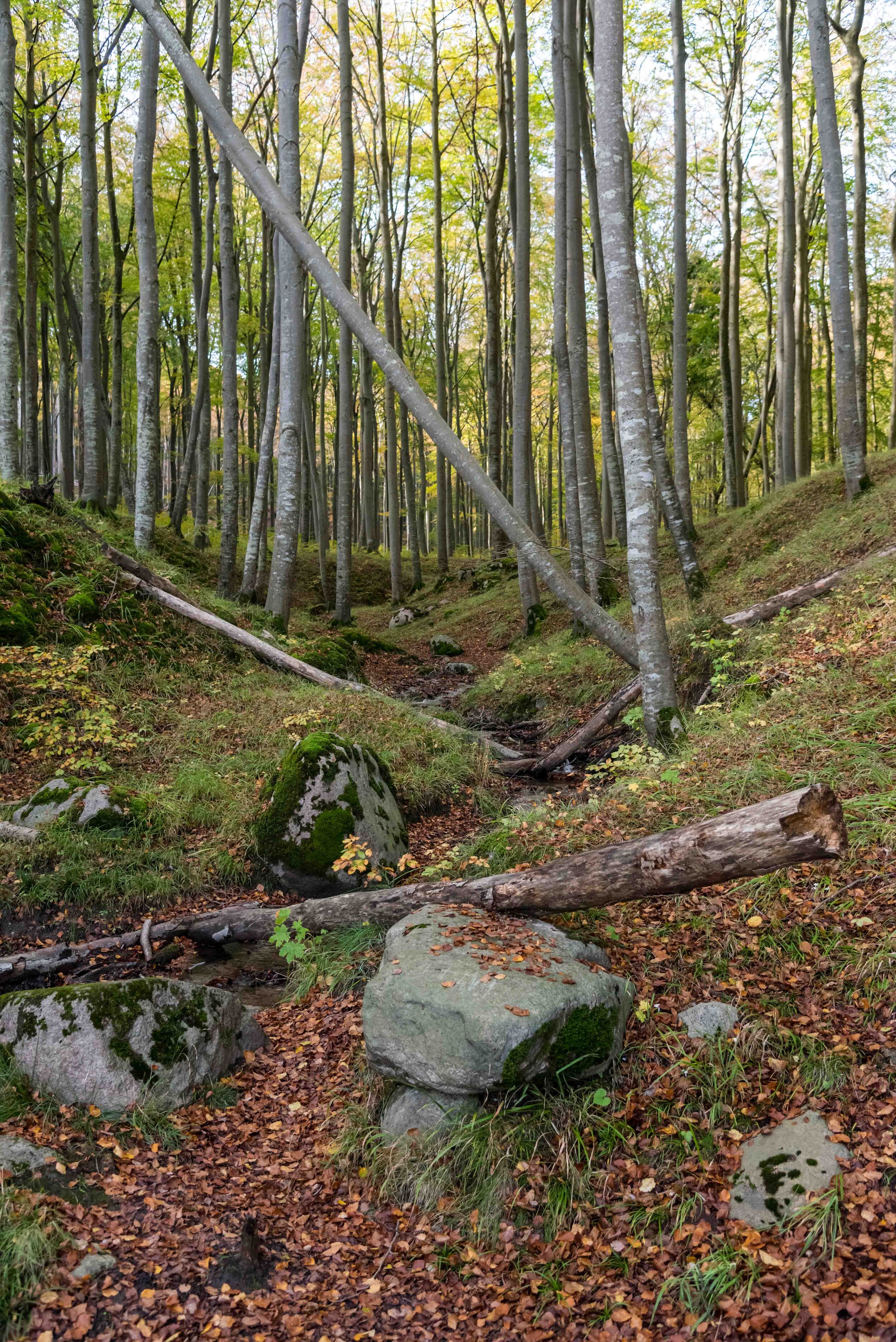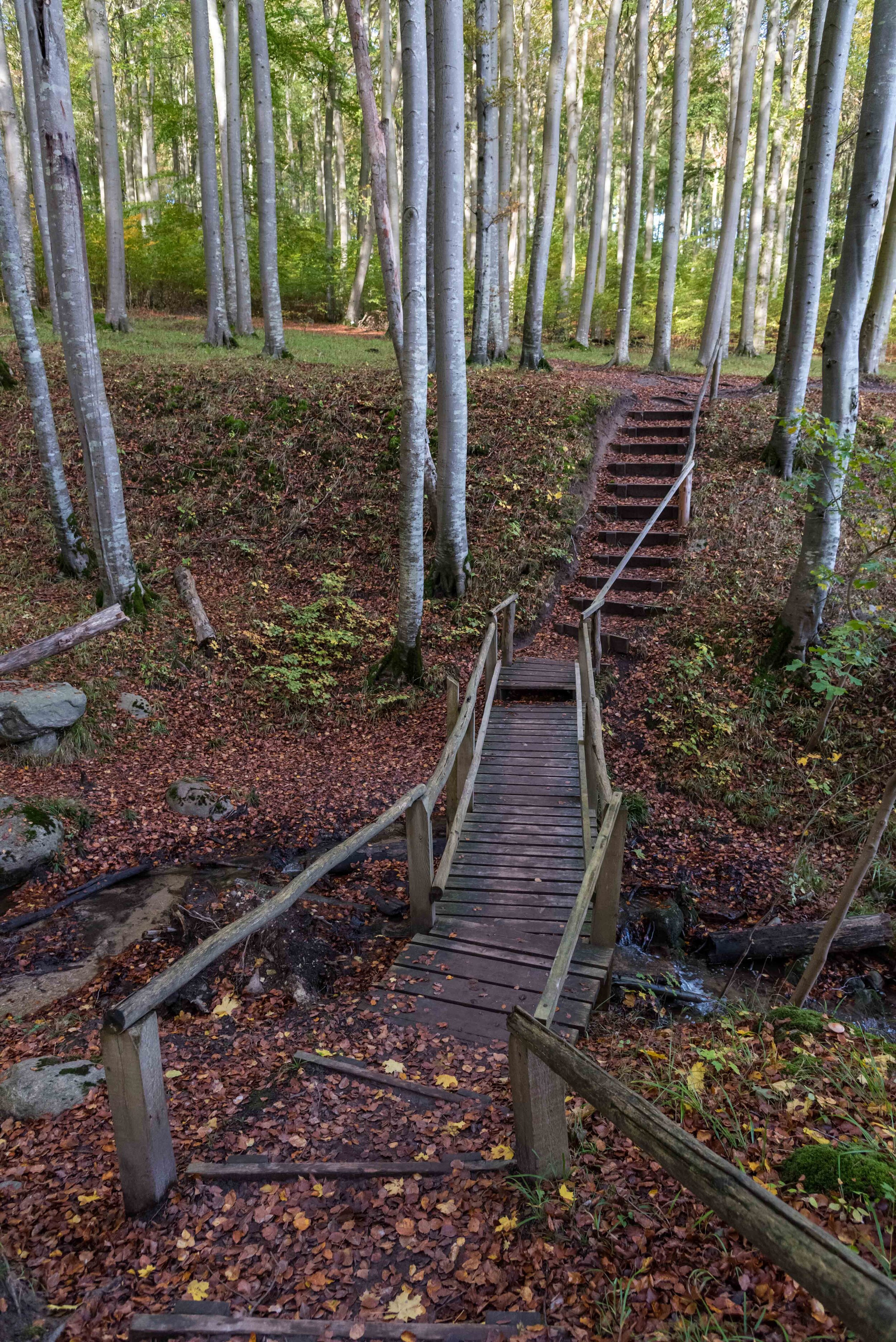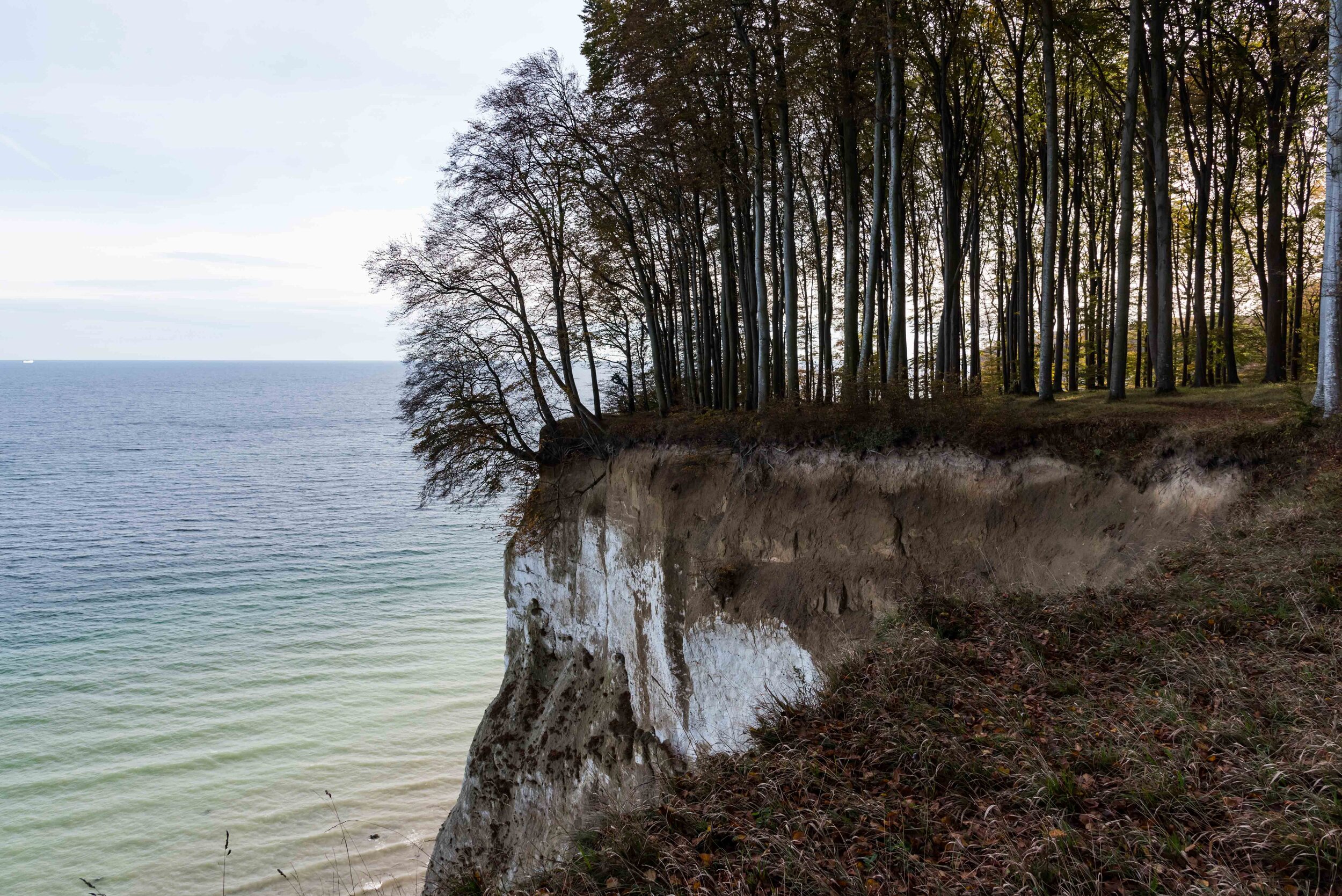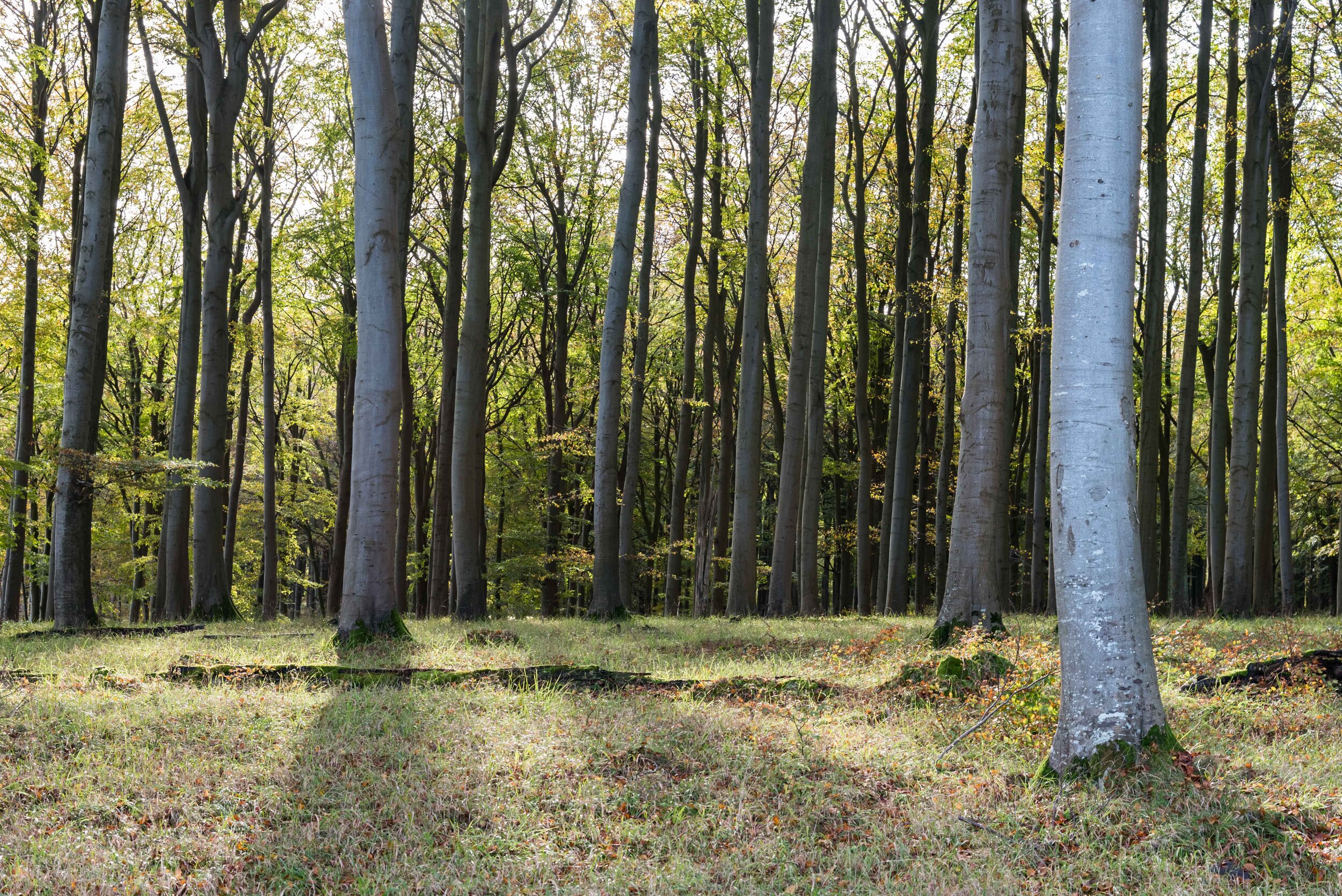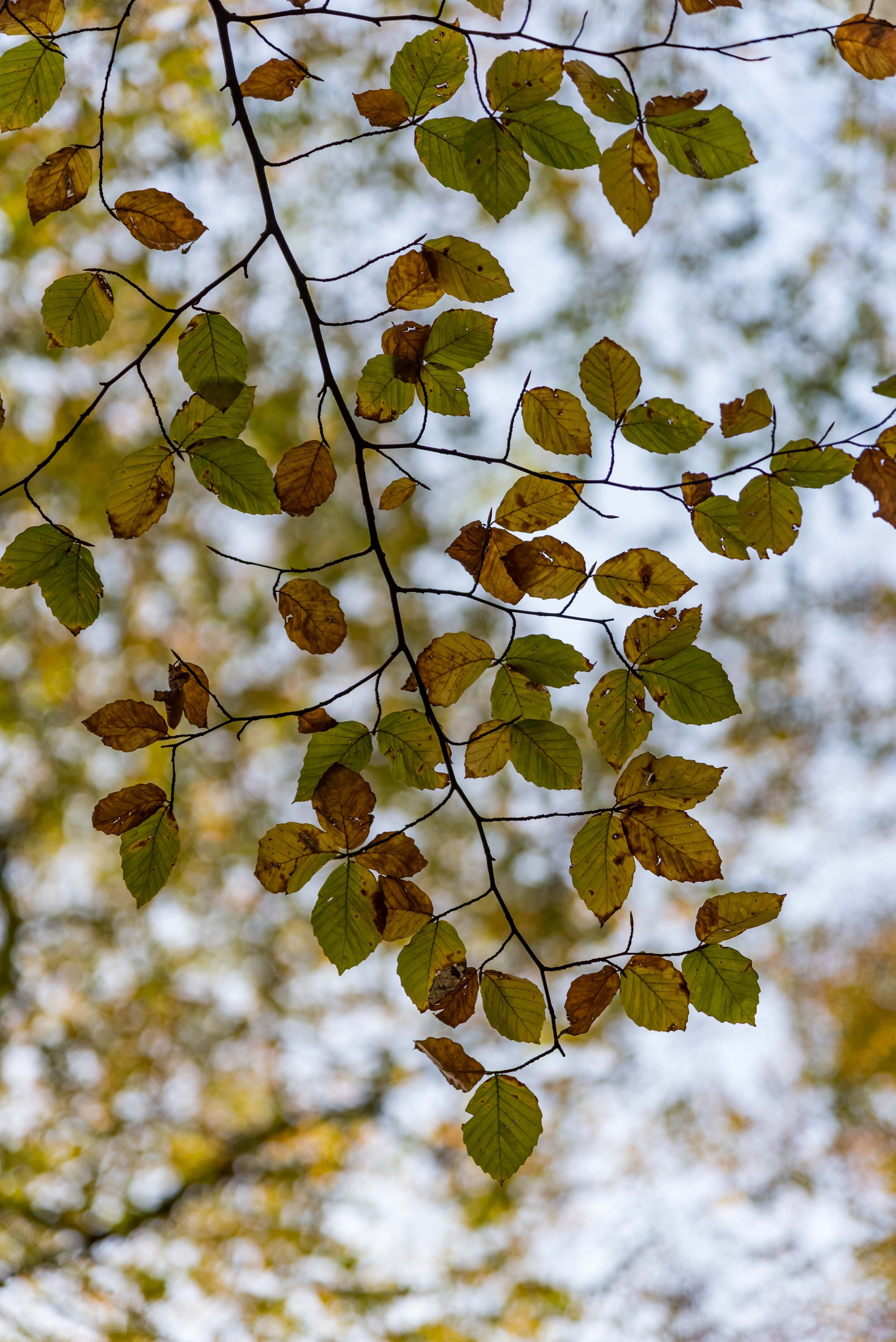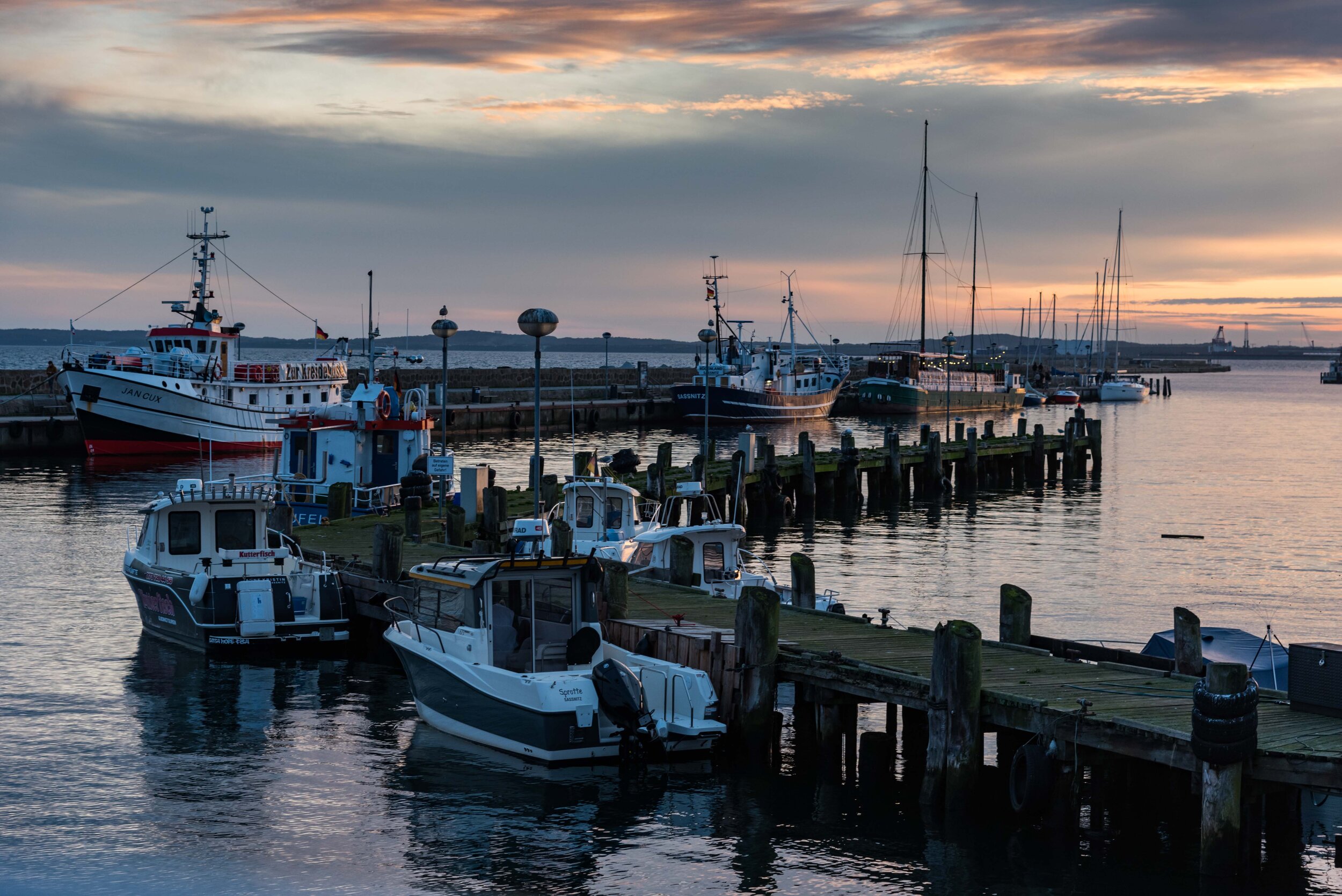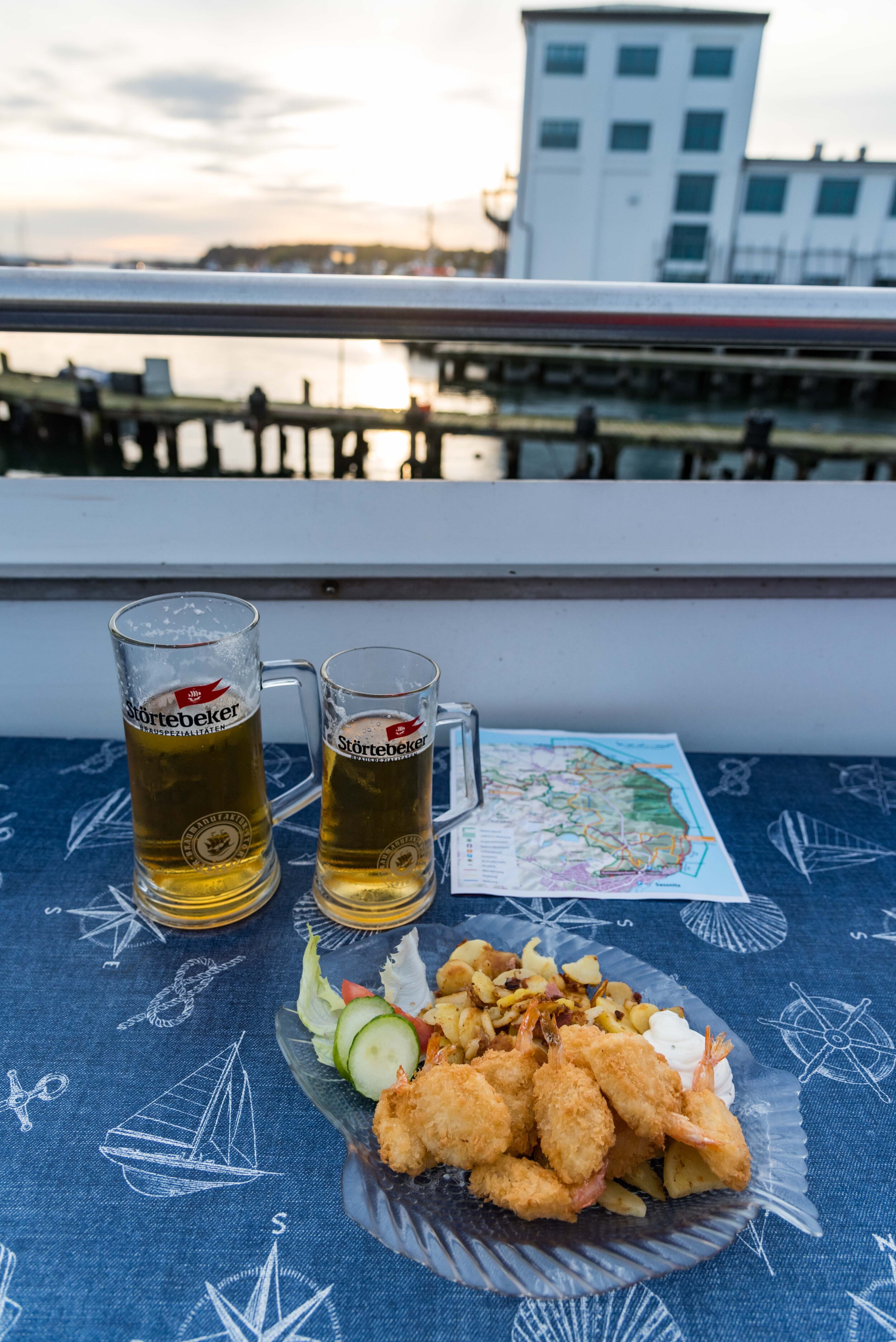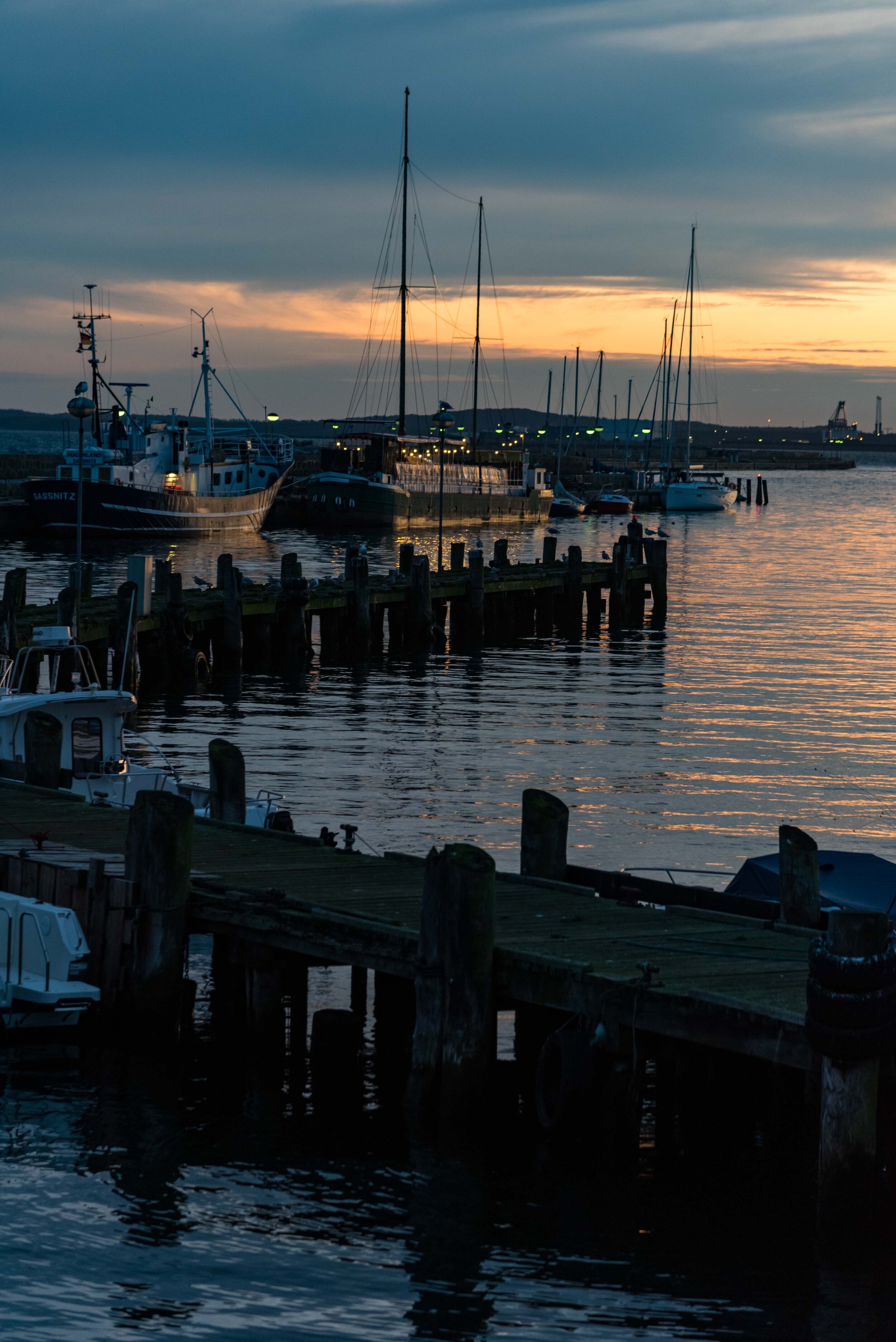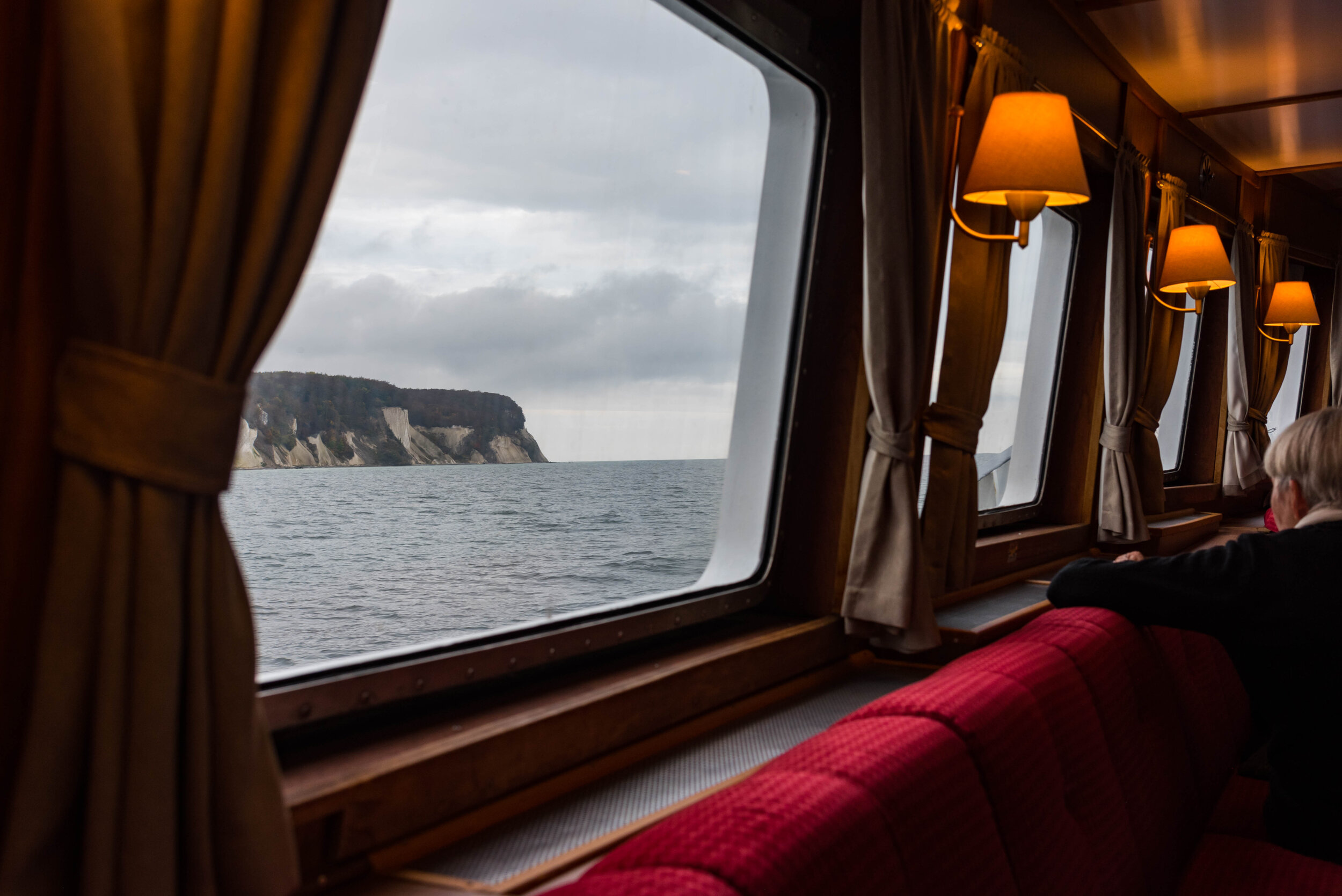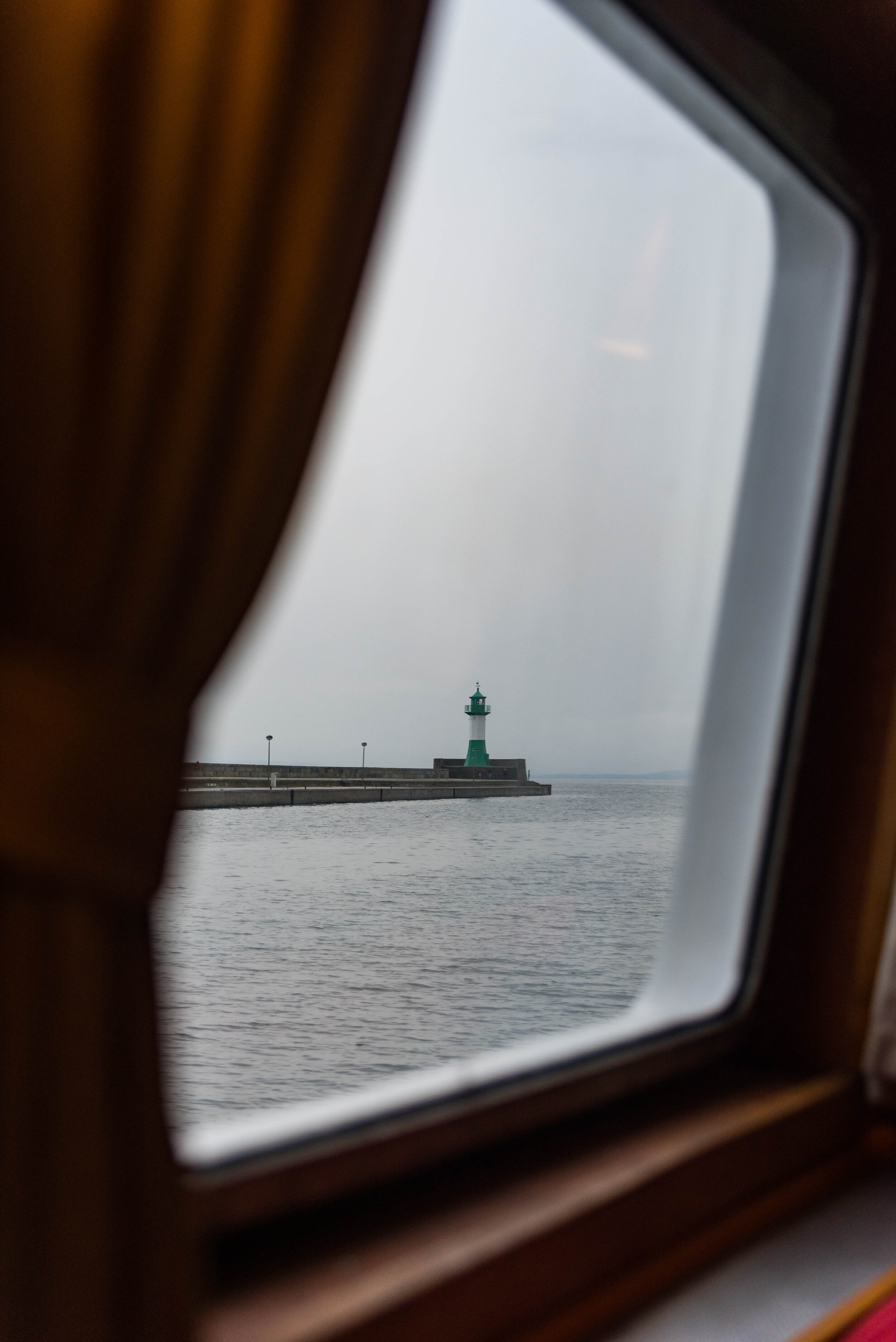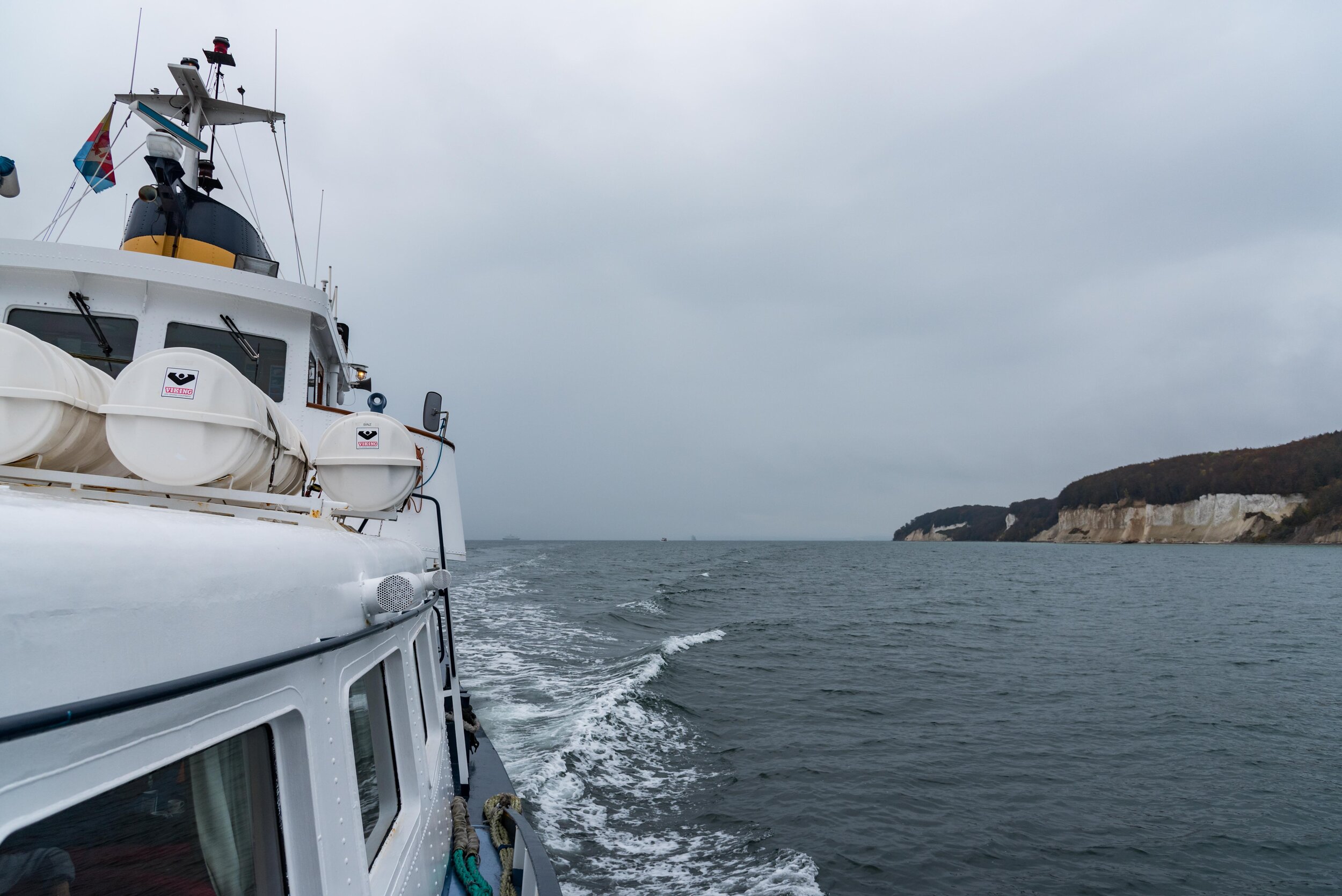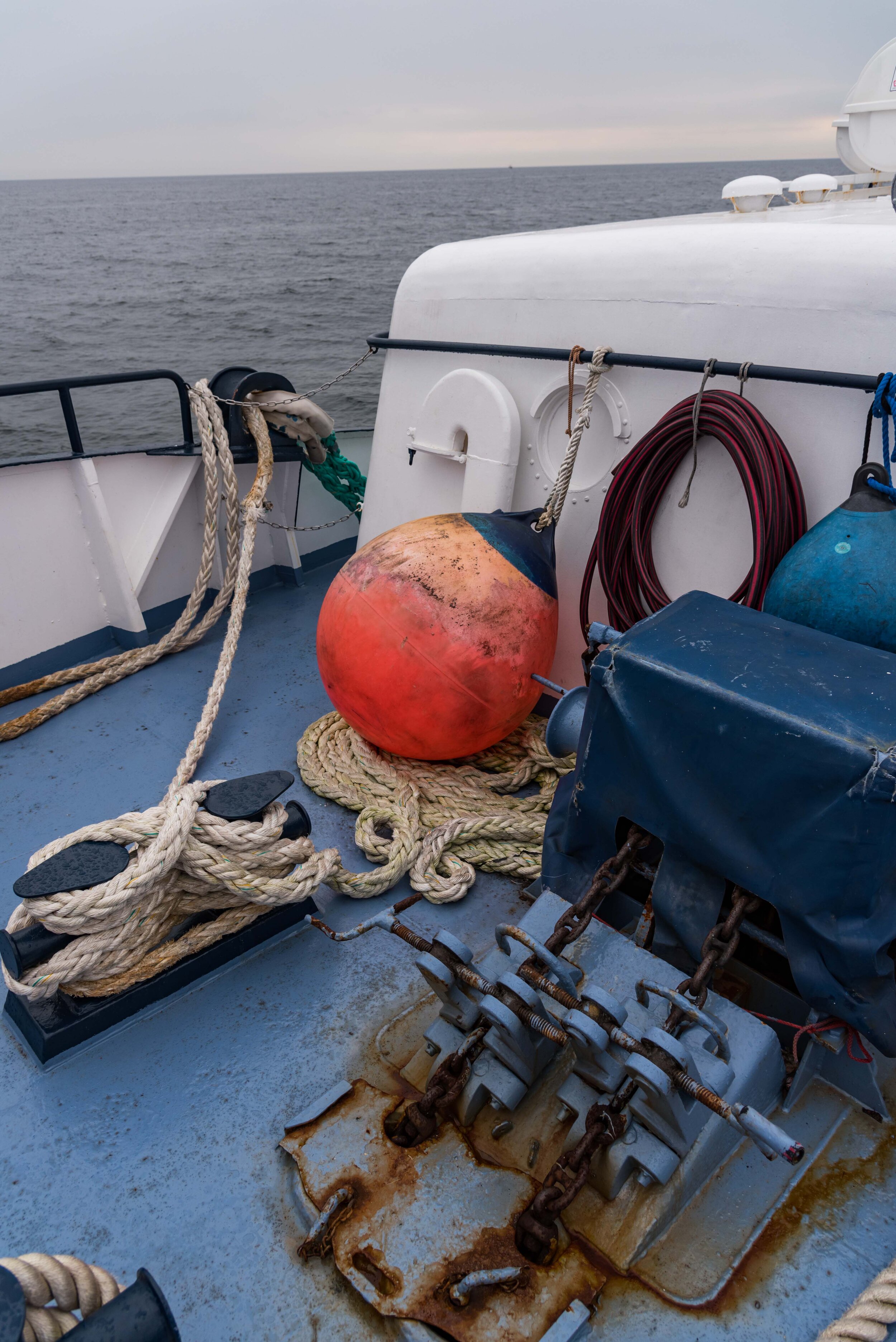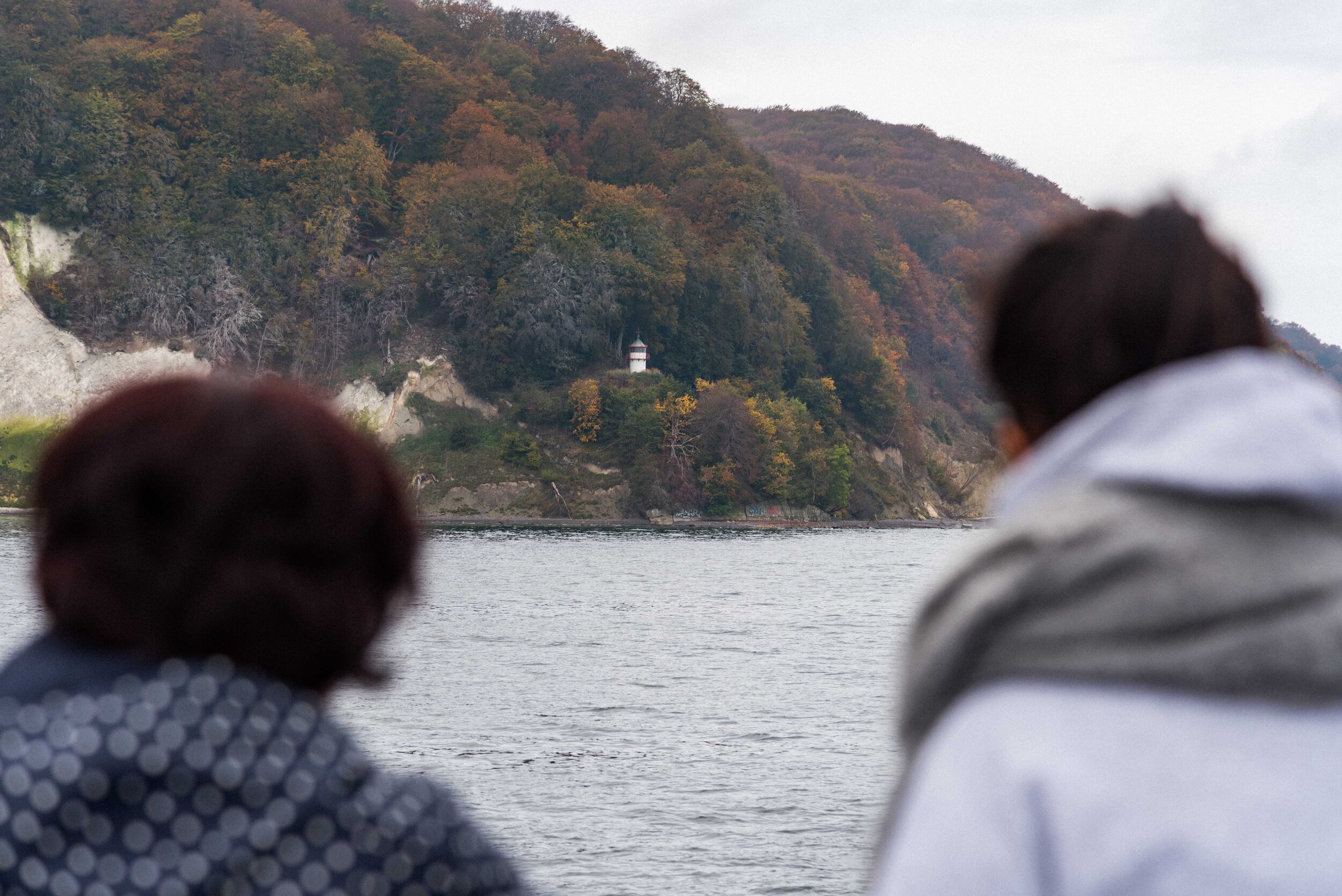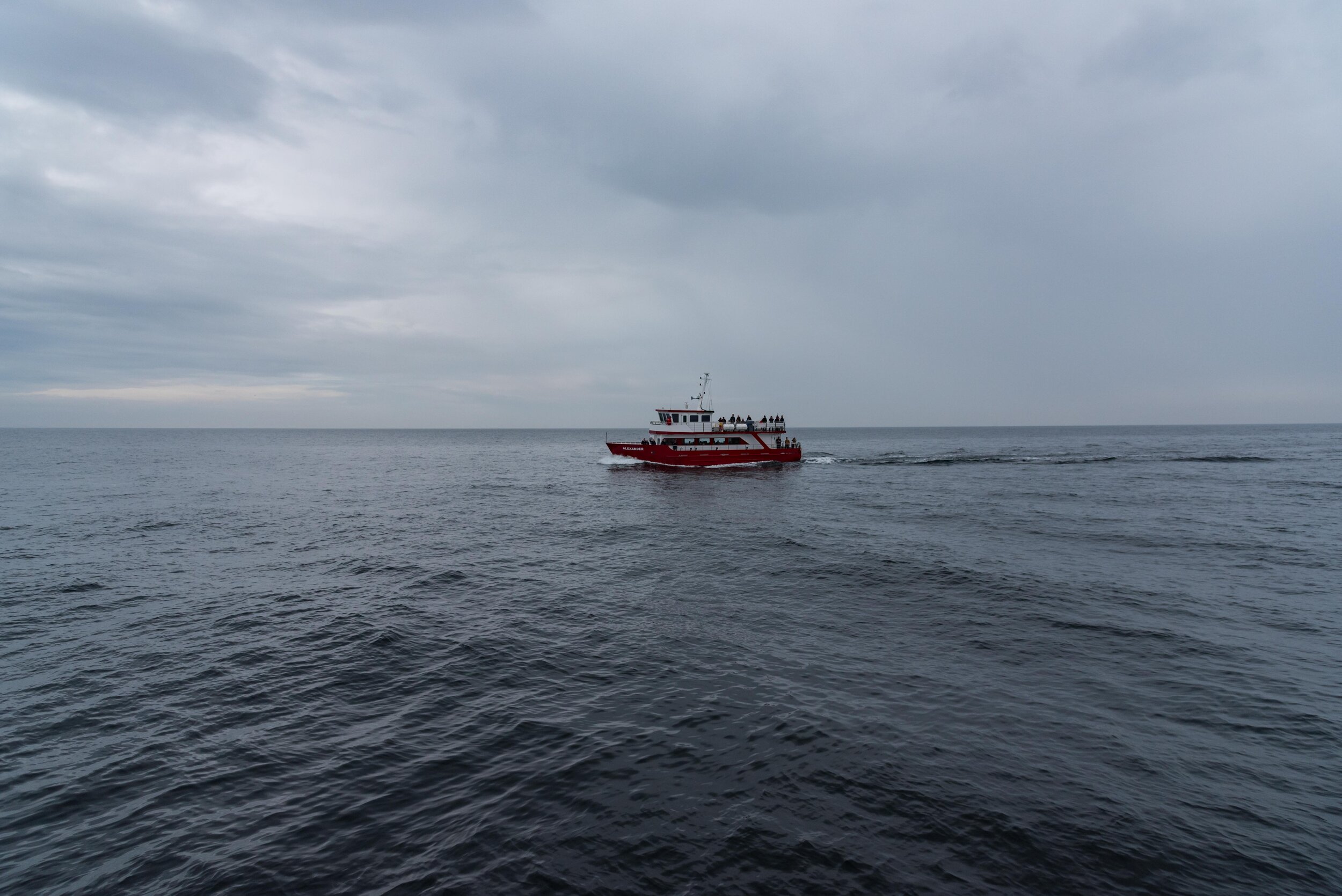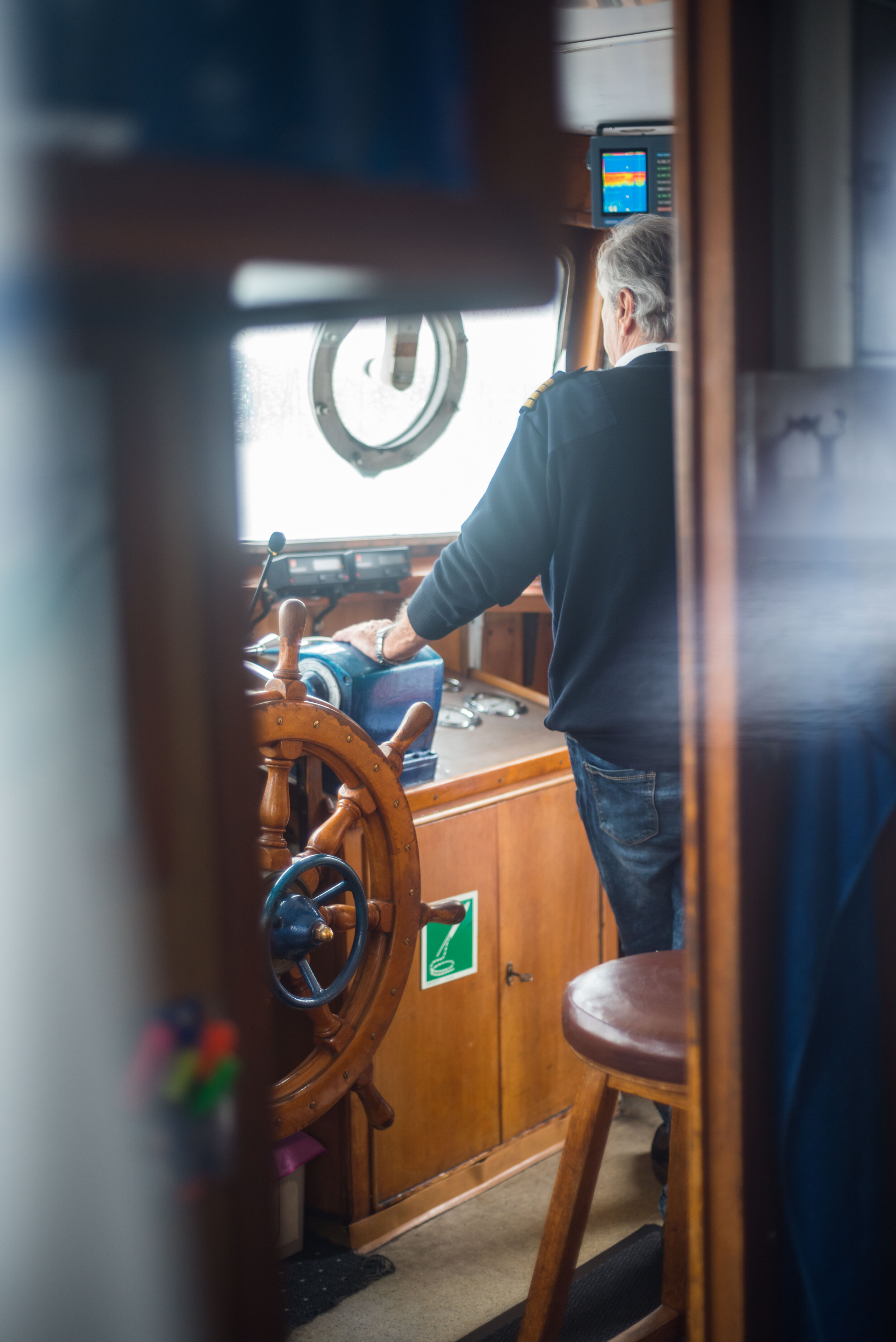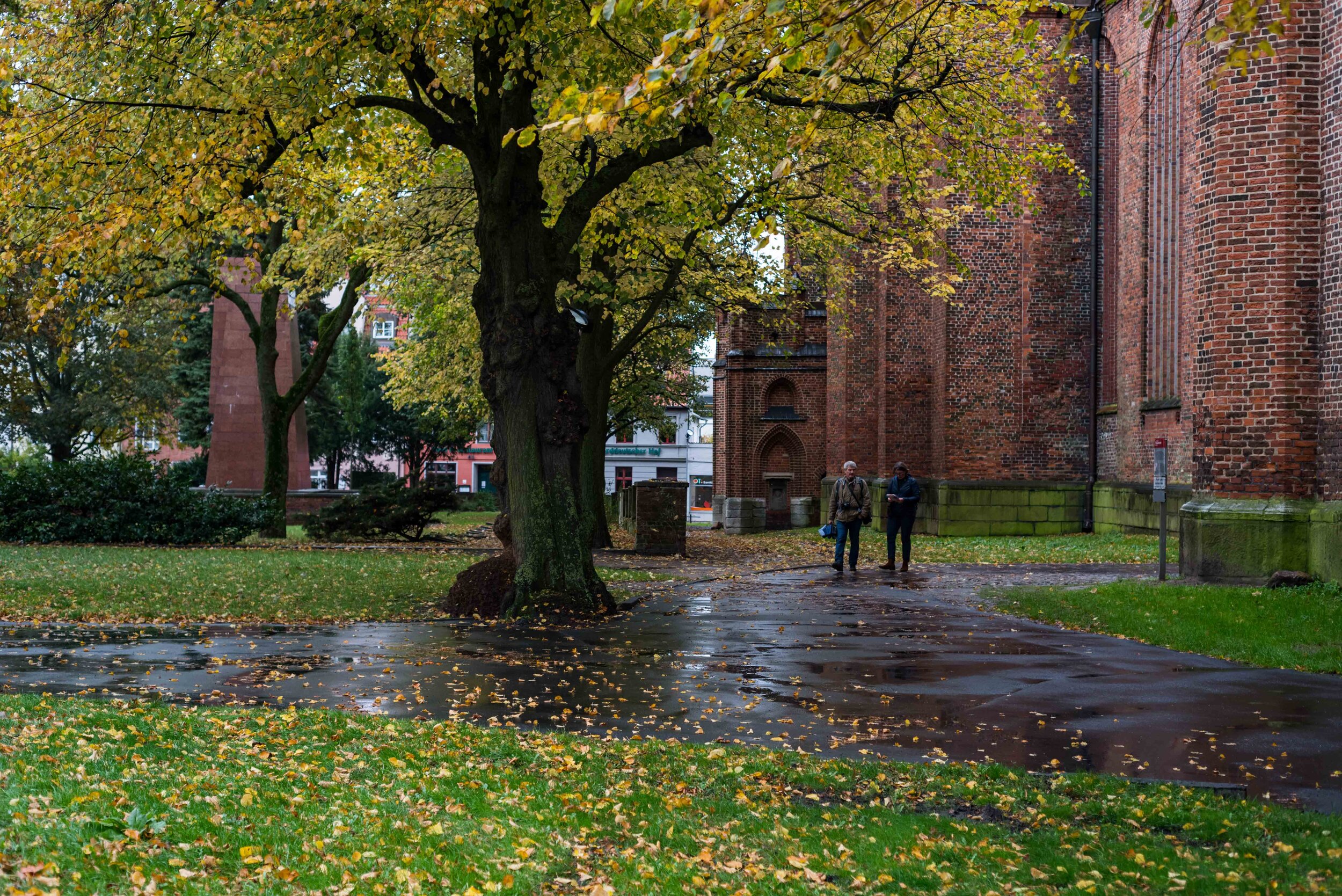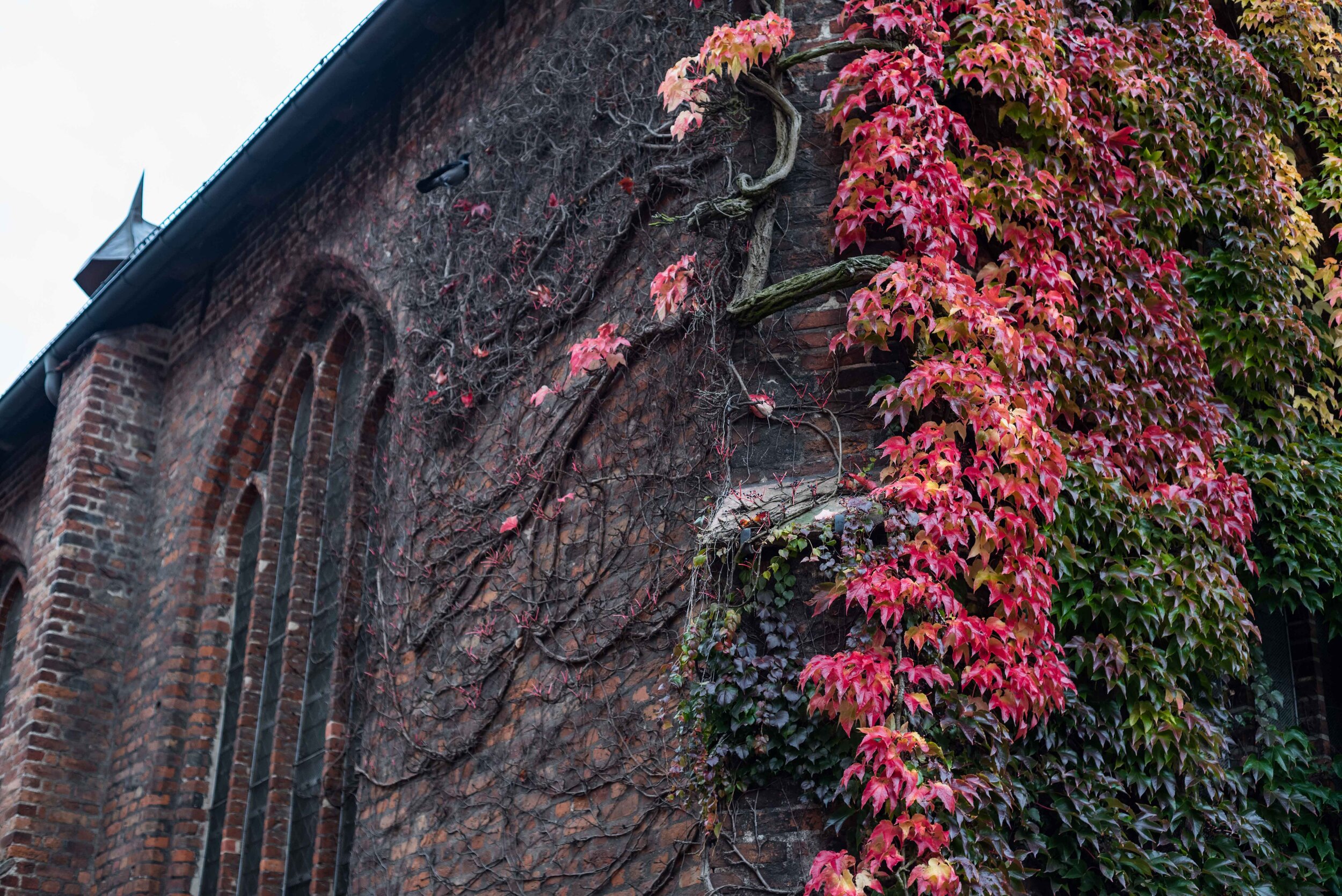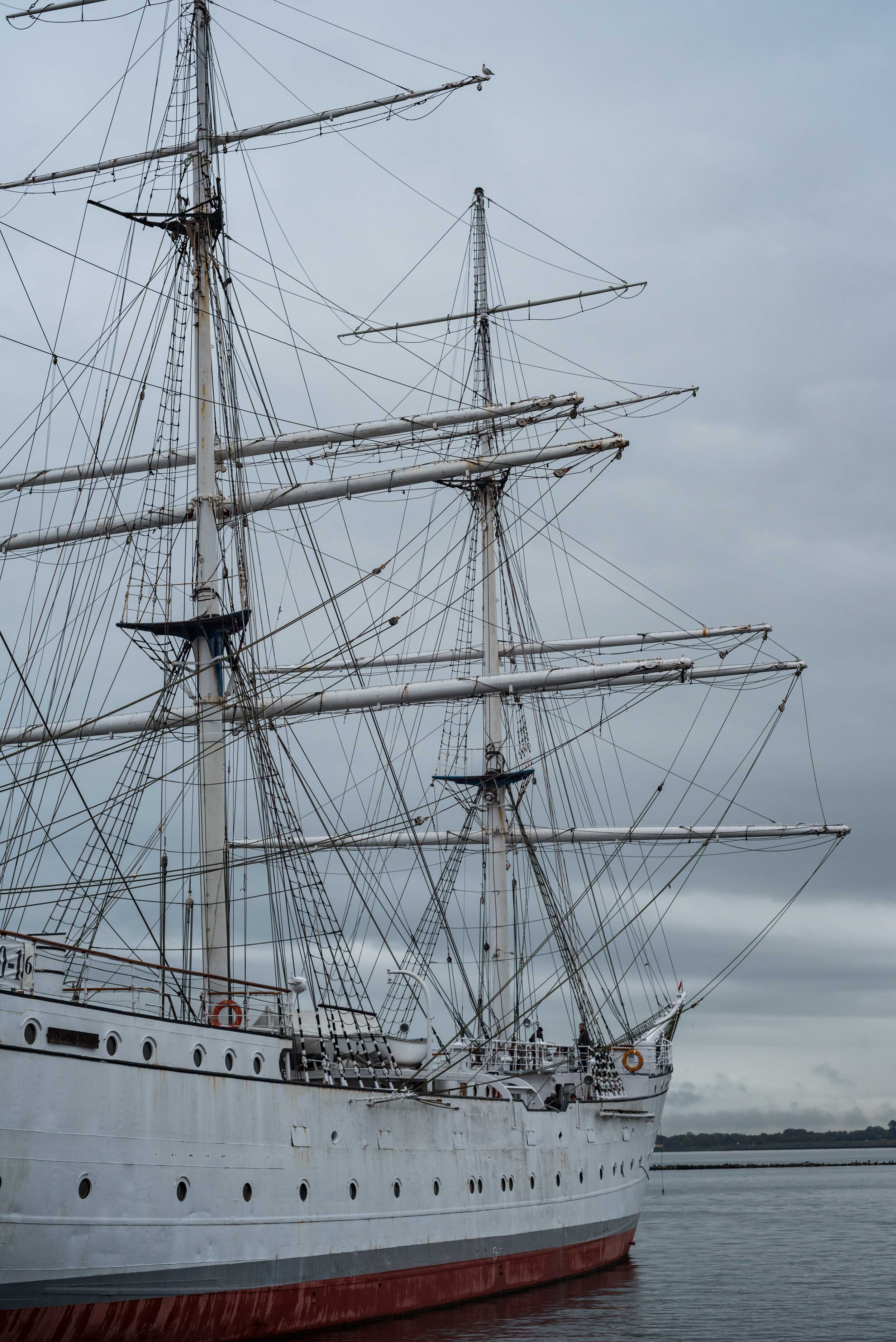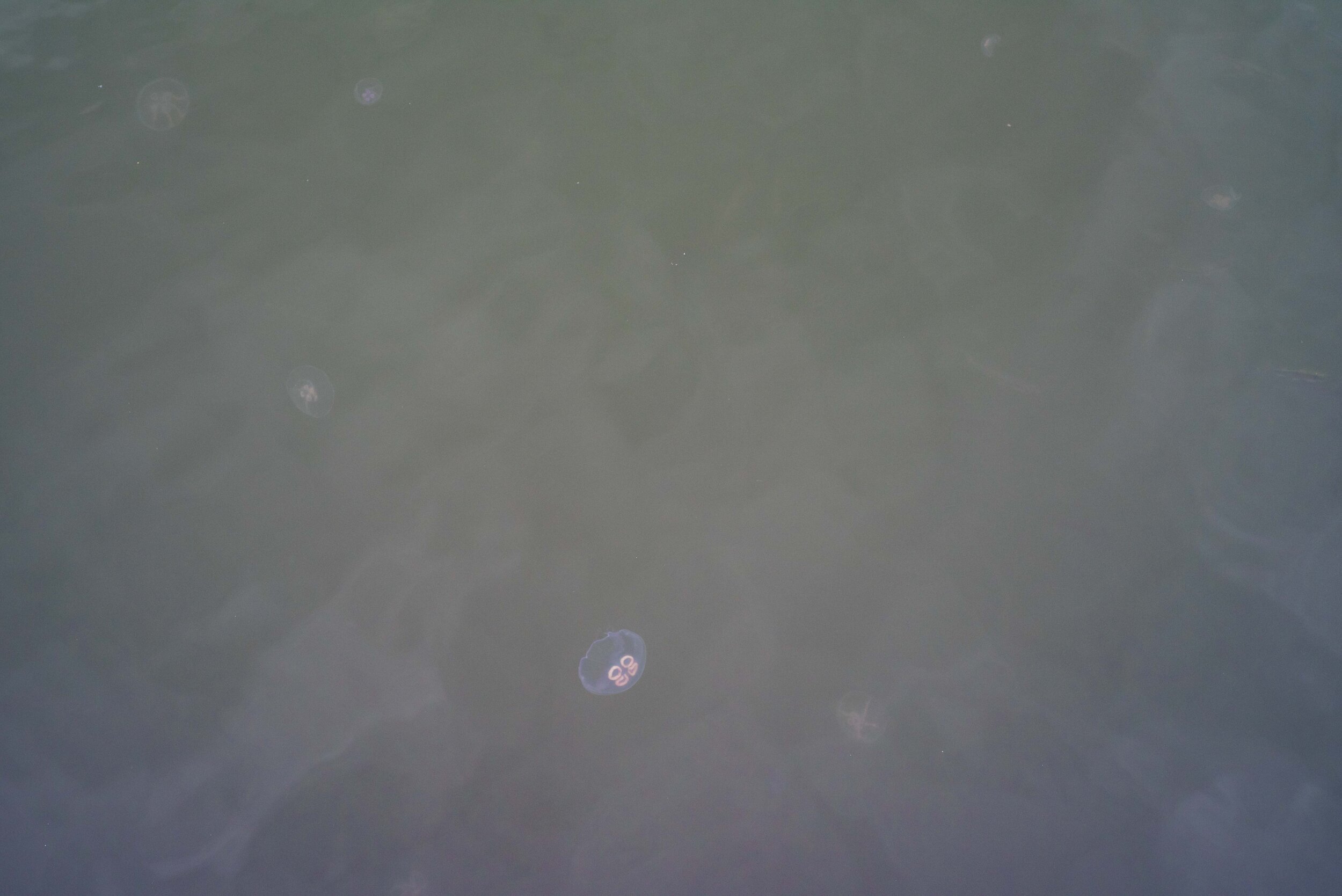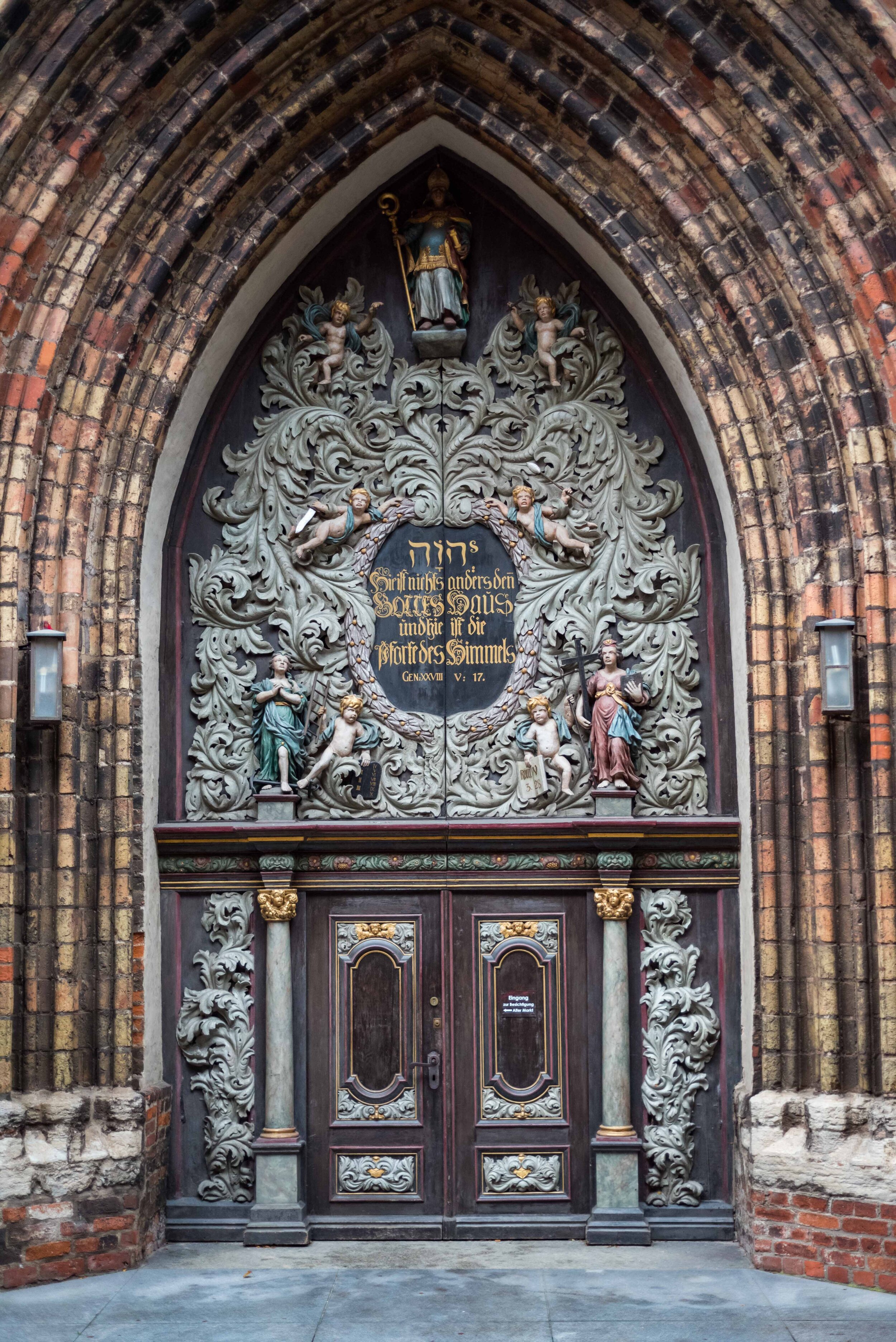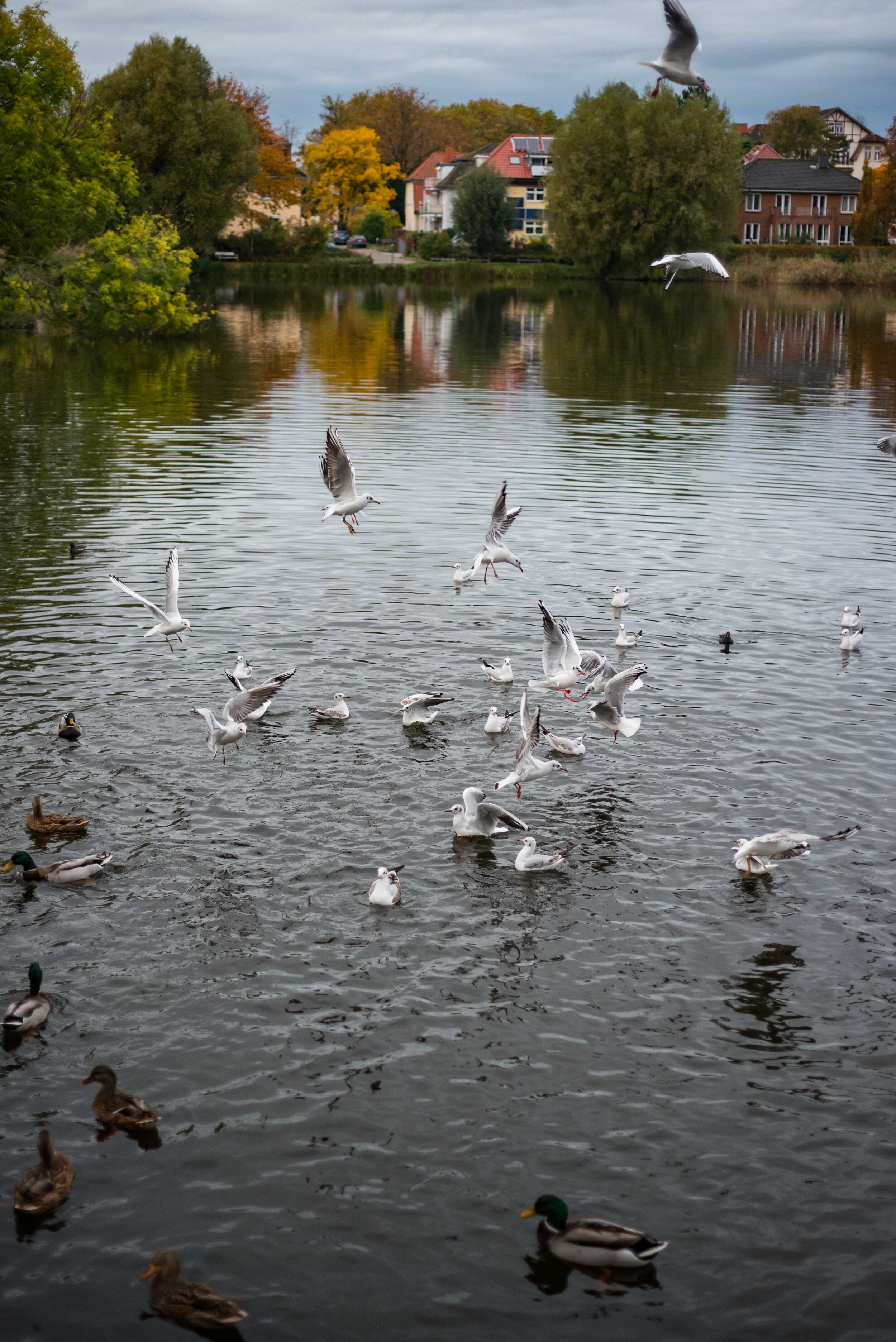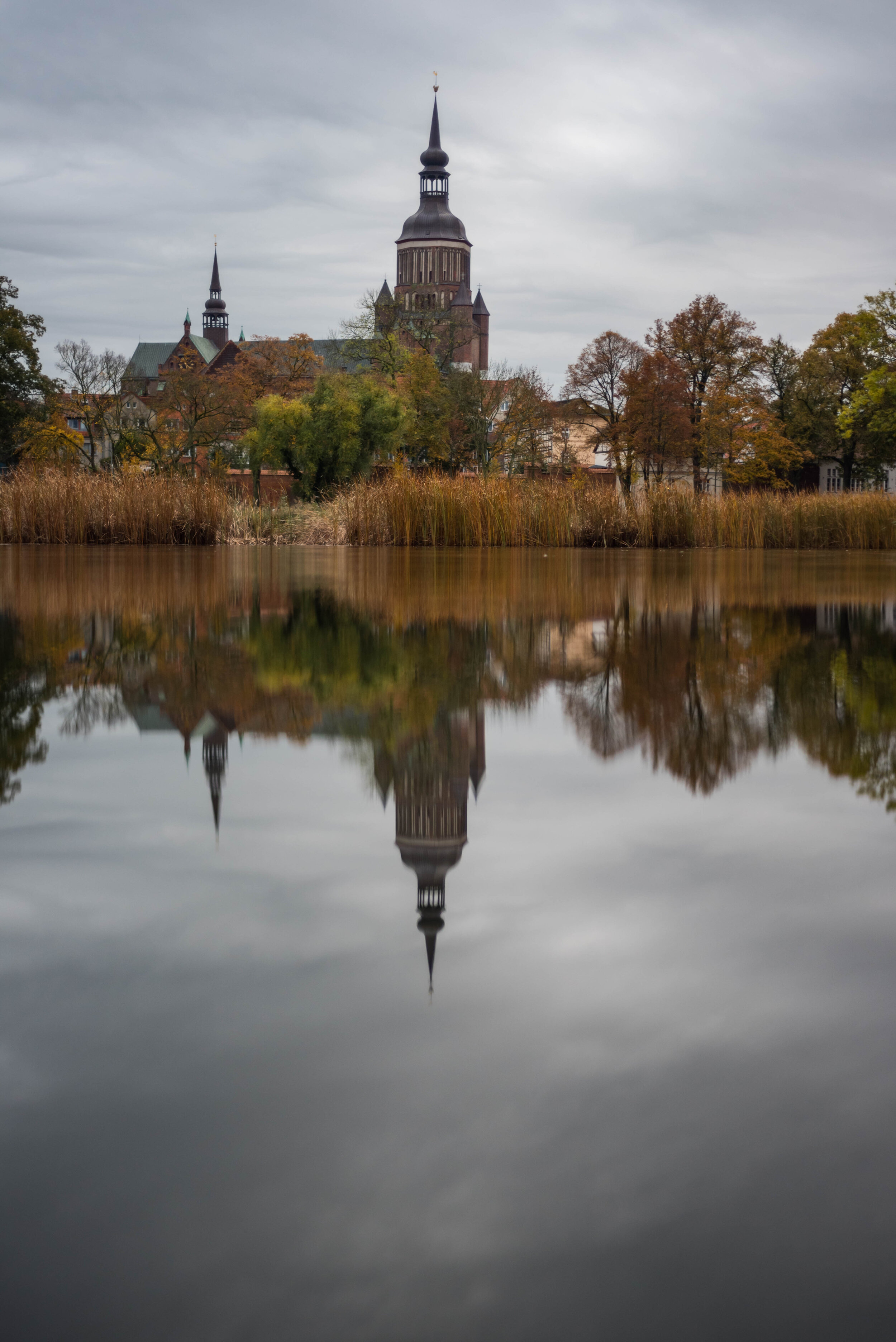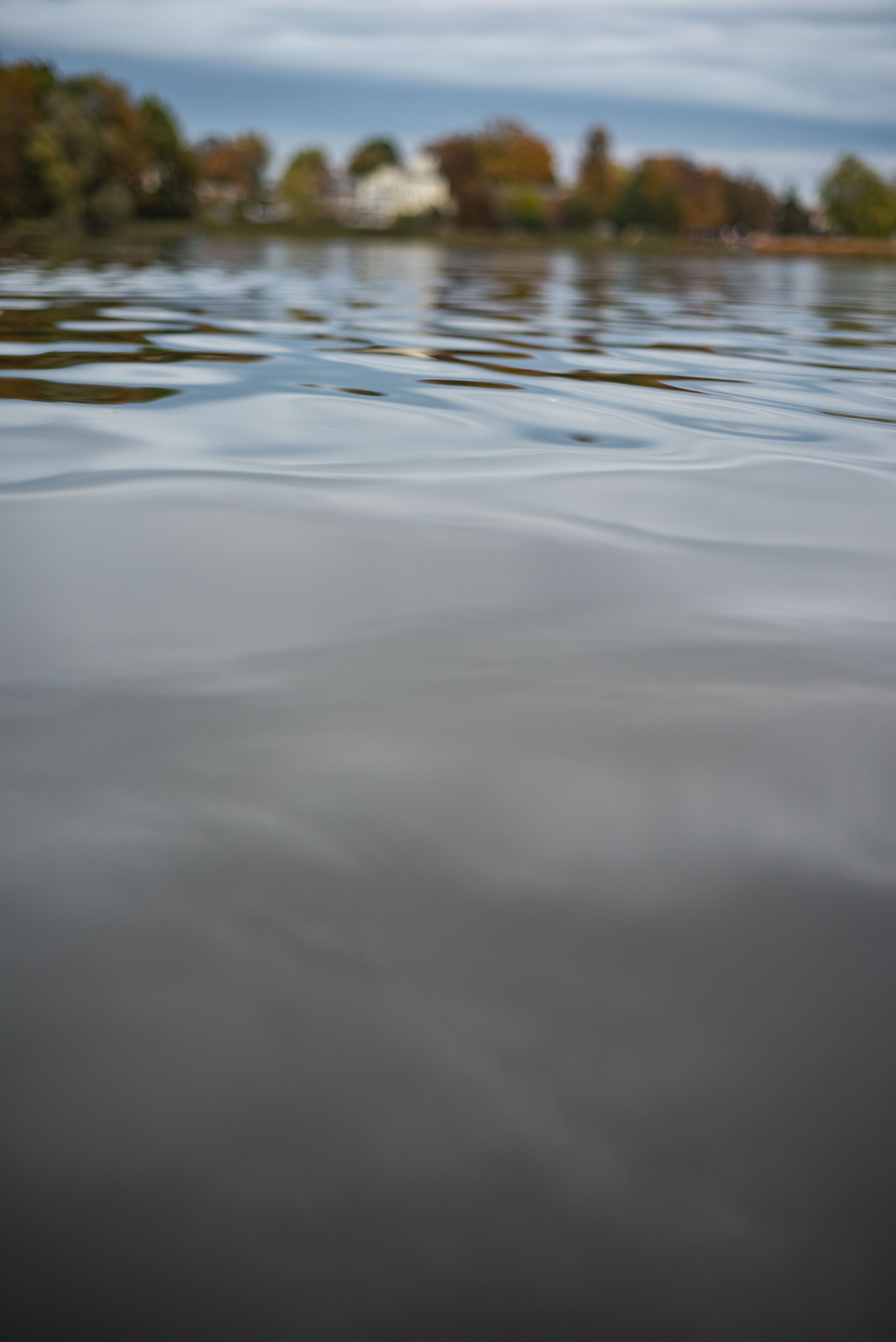On a whim, I asked Lena if she wanted to go bikepacking over the weekend. I proposed we ride 40 kilometers east of Berlin to a lakeside campground in Brandenburg for one night outside of the city. It would be Lena’s longest day of riding ever, but she didn’t hesitate before saying yes. In the end, the route ballooned to 50 kilometers but we were still happy and confident about the weekend’s planned adventure.
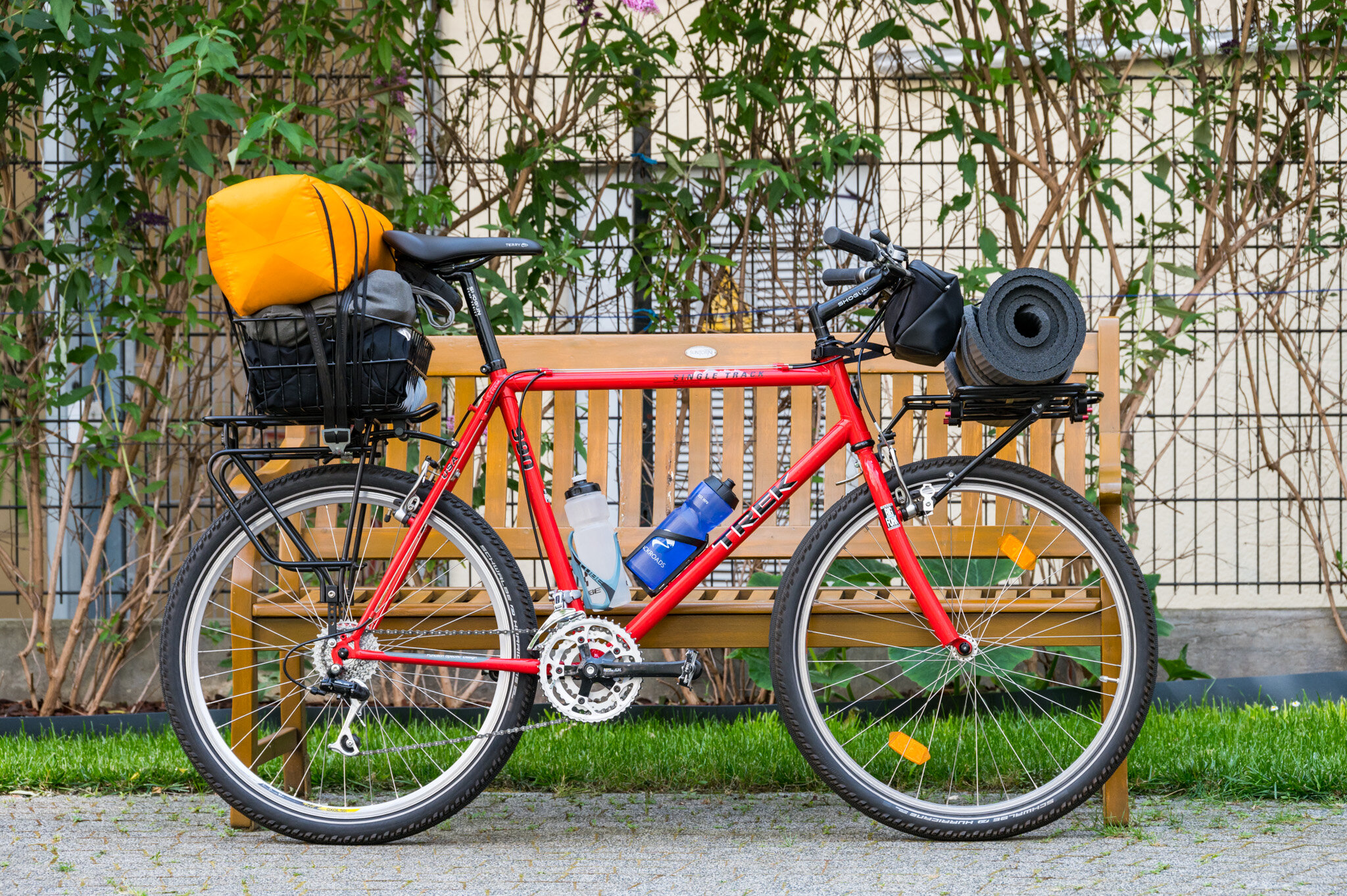
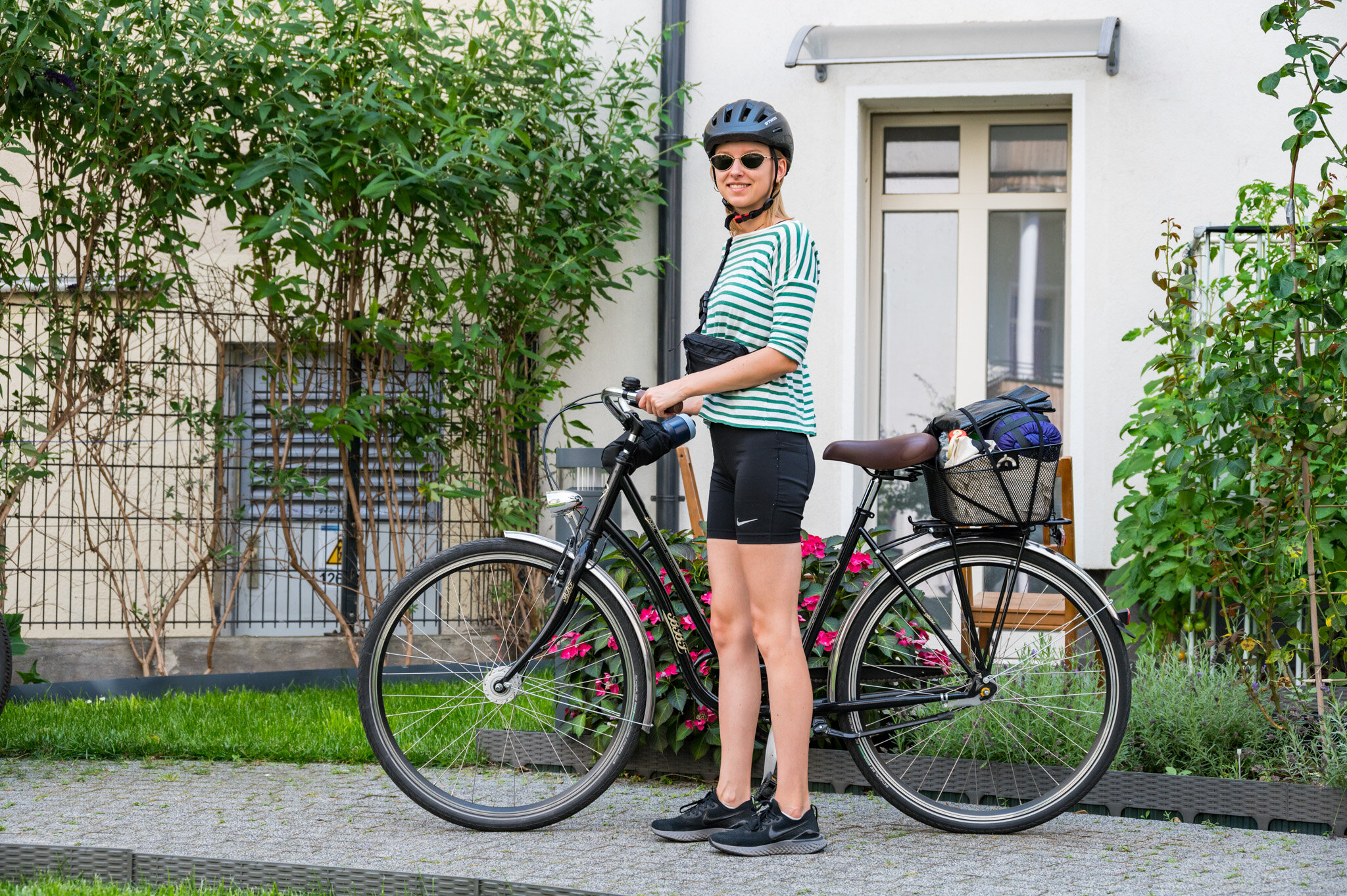
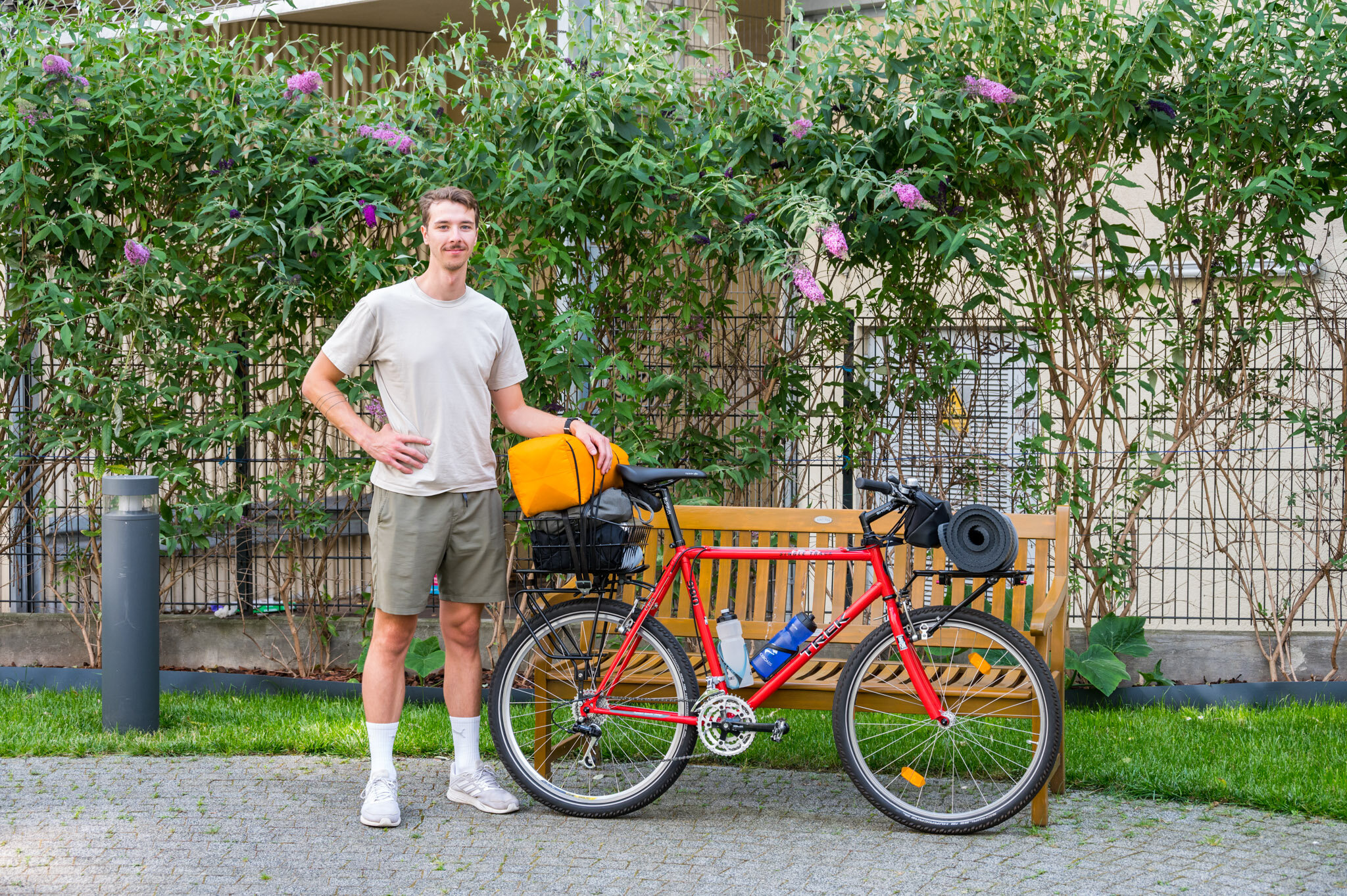
On Saturday, just after 2 p.m., we loaded our gear on our bikes and set off through the glass-covered streets of East Berlin. We made our way south through Neukölln to the canals for the scenic route to Müggelsee. Ever the food opportunist, Lena insisted we stop to munch on some boysenberries discovered along the way.
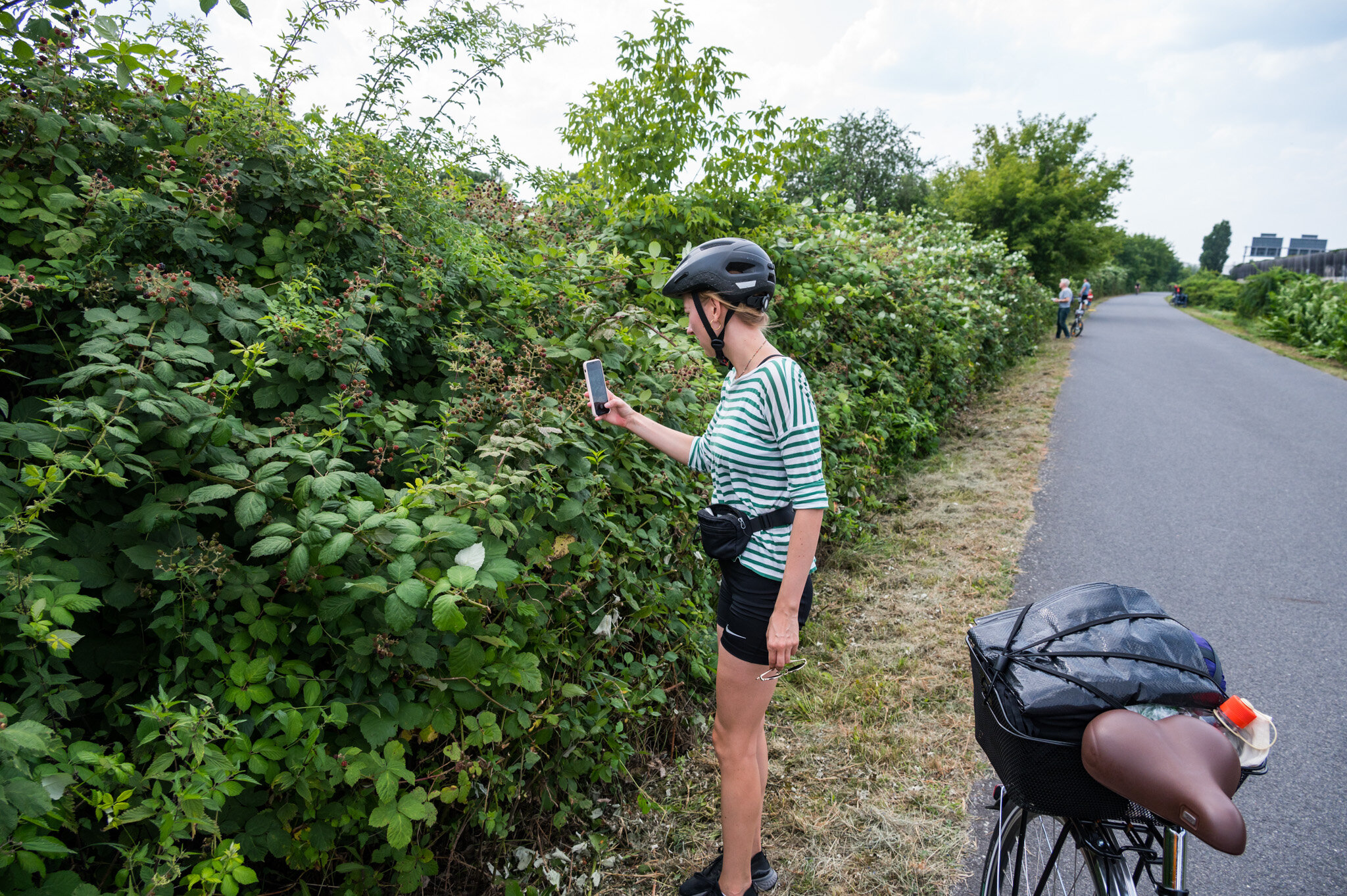
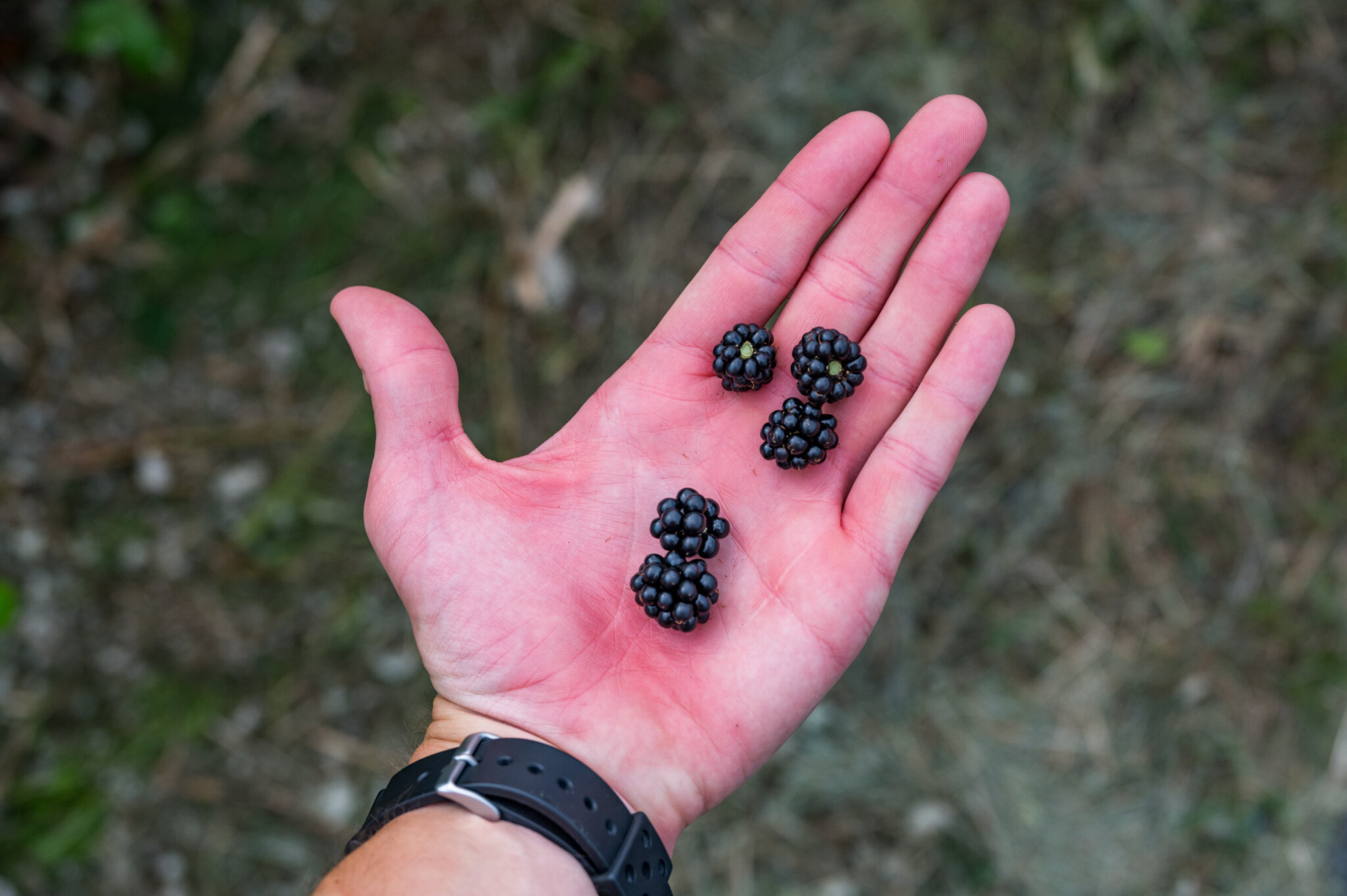
After our snack we wound our way south of Müggelsee before swinging north through Erkner and finally arriving at the campground at around 7 p.m. The woman at reception guided us past rows of mobile home bungalows surrounded by gardens ranging from disheveled to perfectly cultivated.
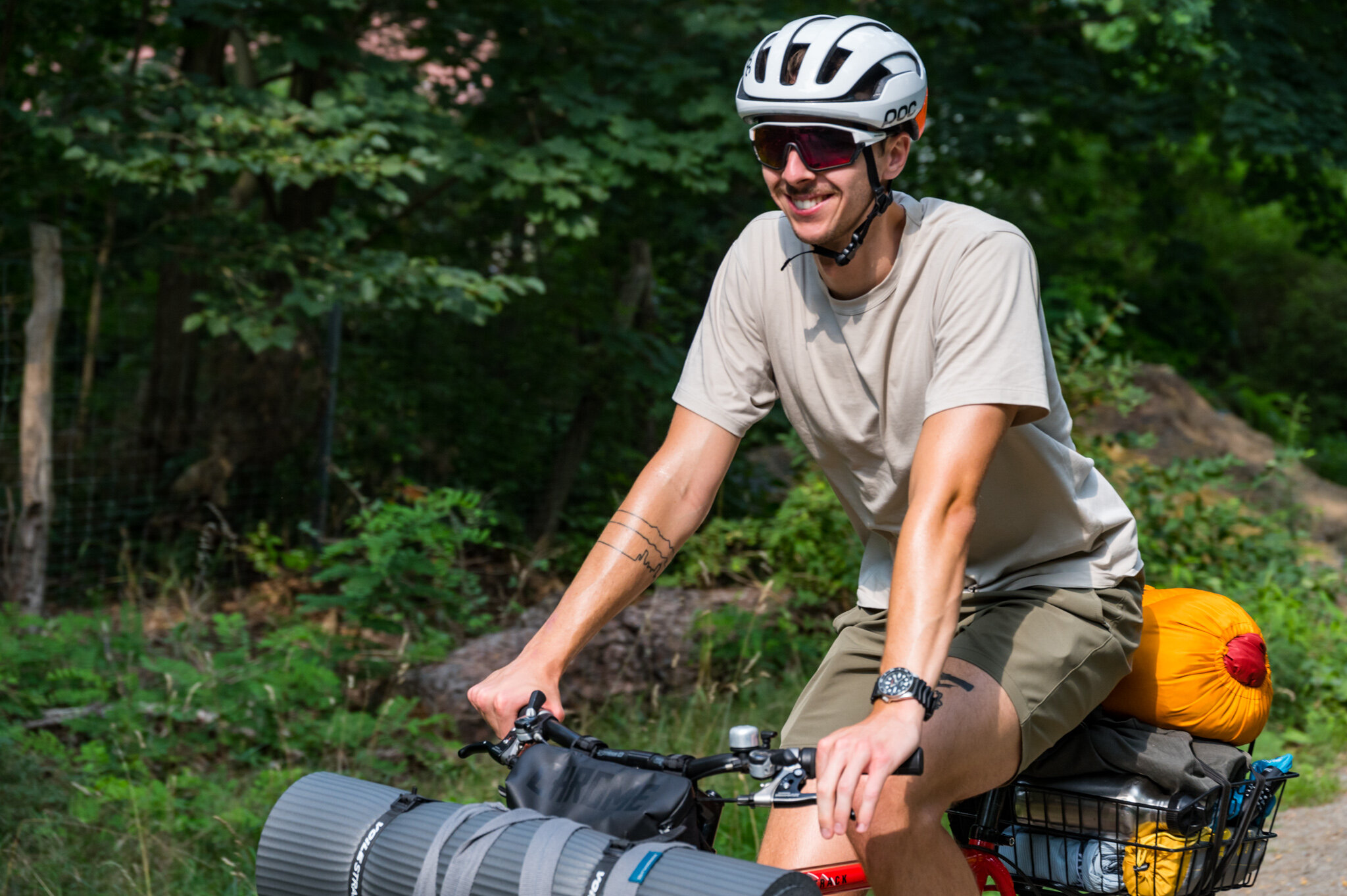
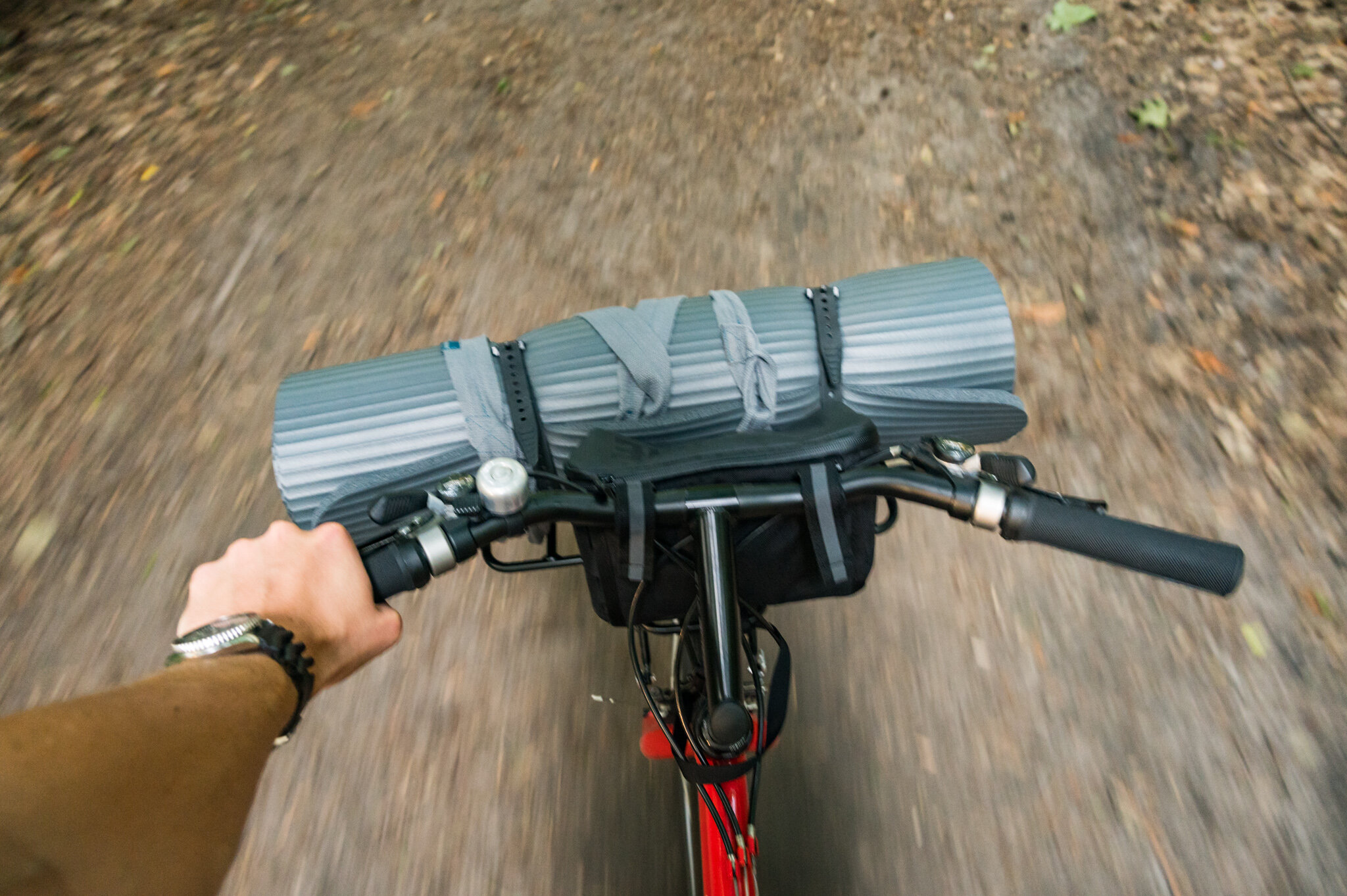
After leaning our bikes on a nearby pole, we stripped down and jumped in the clear water of the lake to cool off and get rid of the grime of the trail. Feeling much cooler and cleaner, we donned long sleeves and pants and sprayed bug repellant on our hands and faces before preparing dinner. The mosquitoes were already relentless a couple of hours before sunset. Our European backpacking meals were underwhelming compared to the great options in the U.S., but we still ate our fill. After dinner I settled in to read a bit before bed but it was hard to focus with all of the mosquitoes buzzing about our heads.
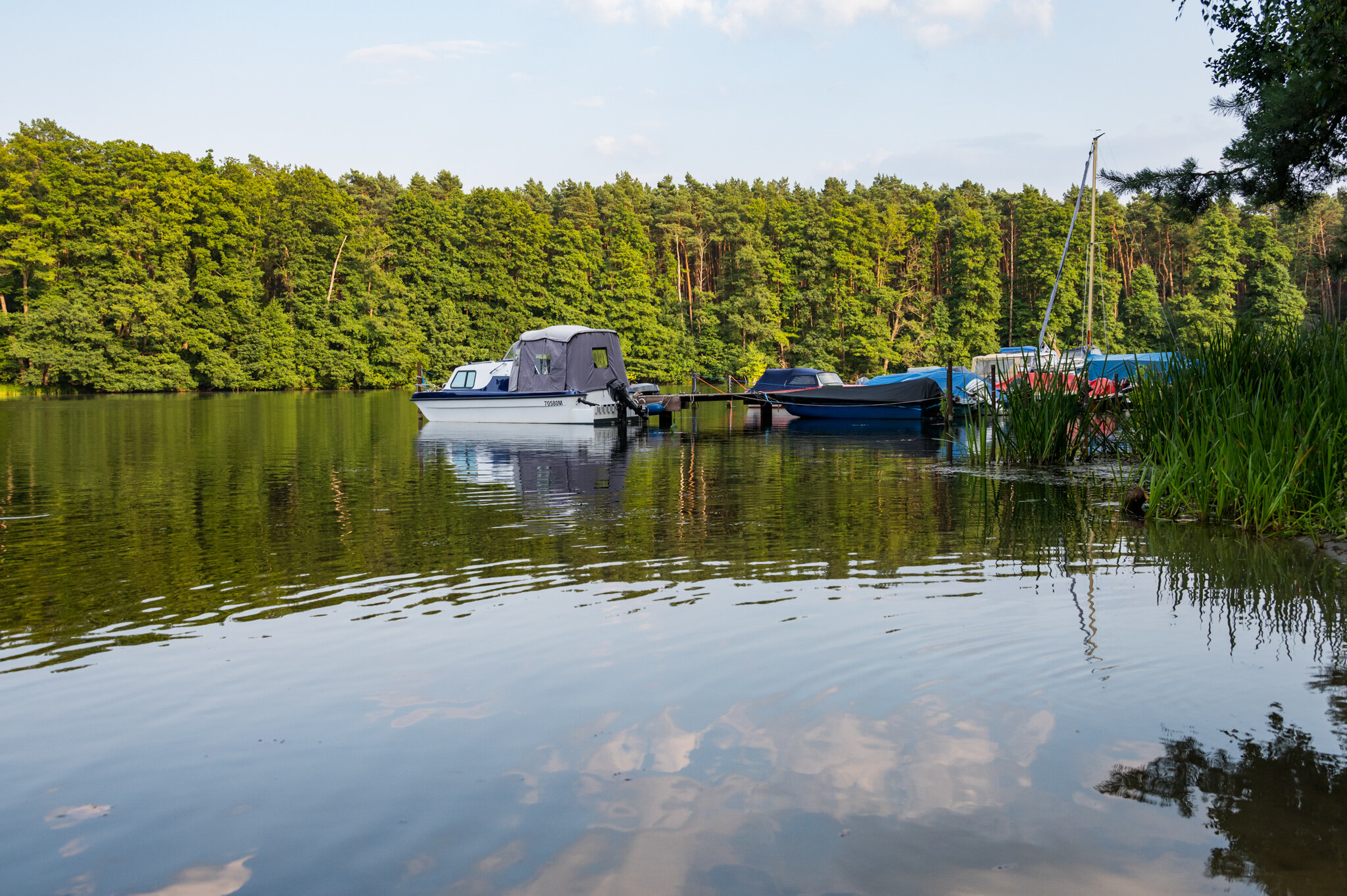
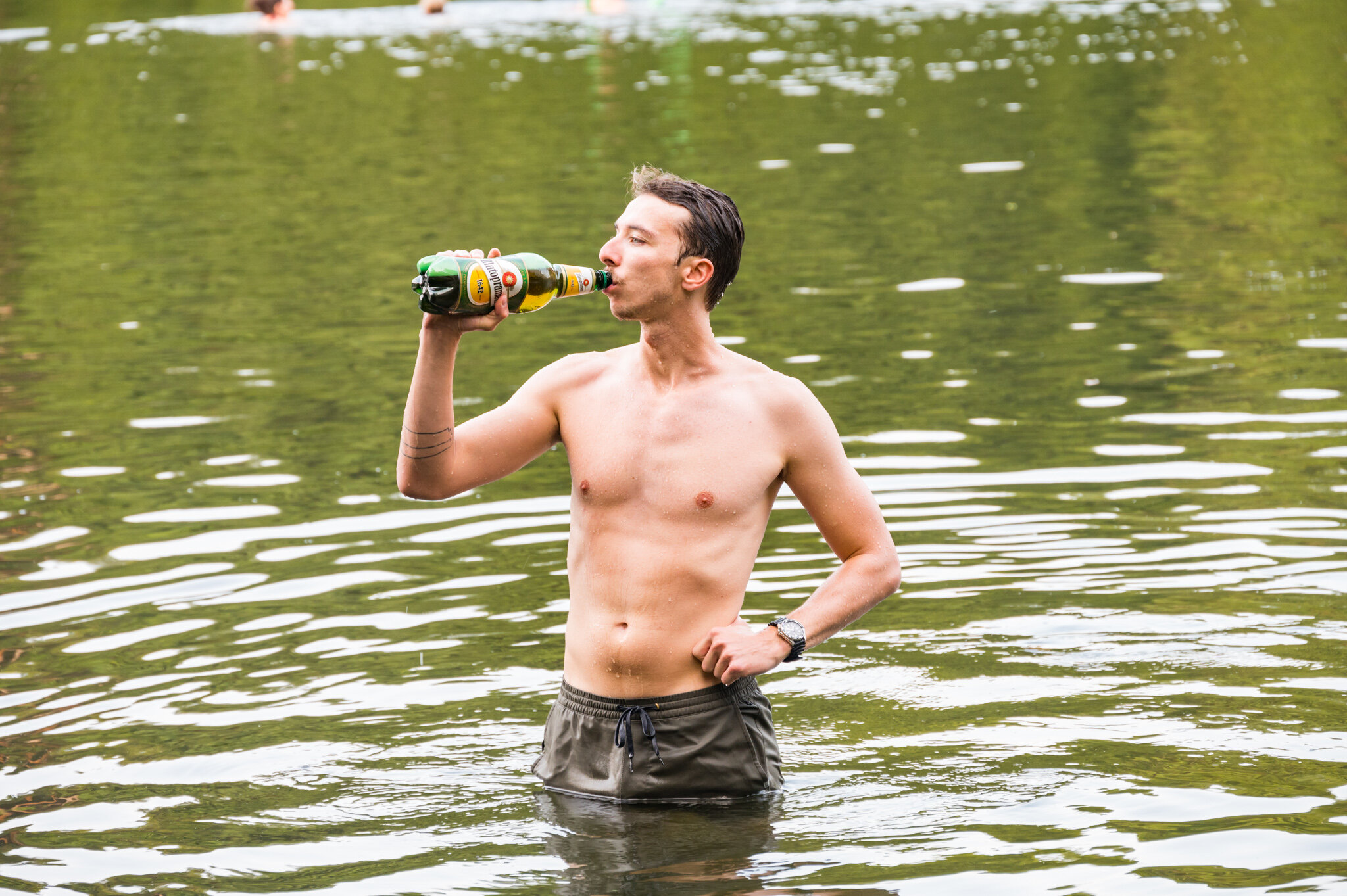
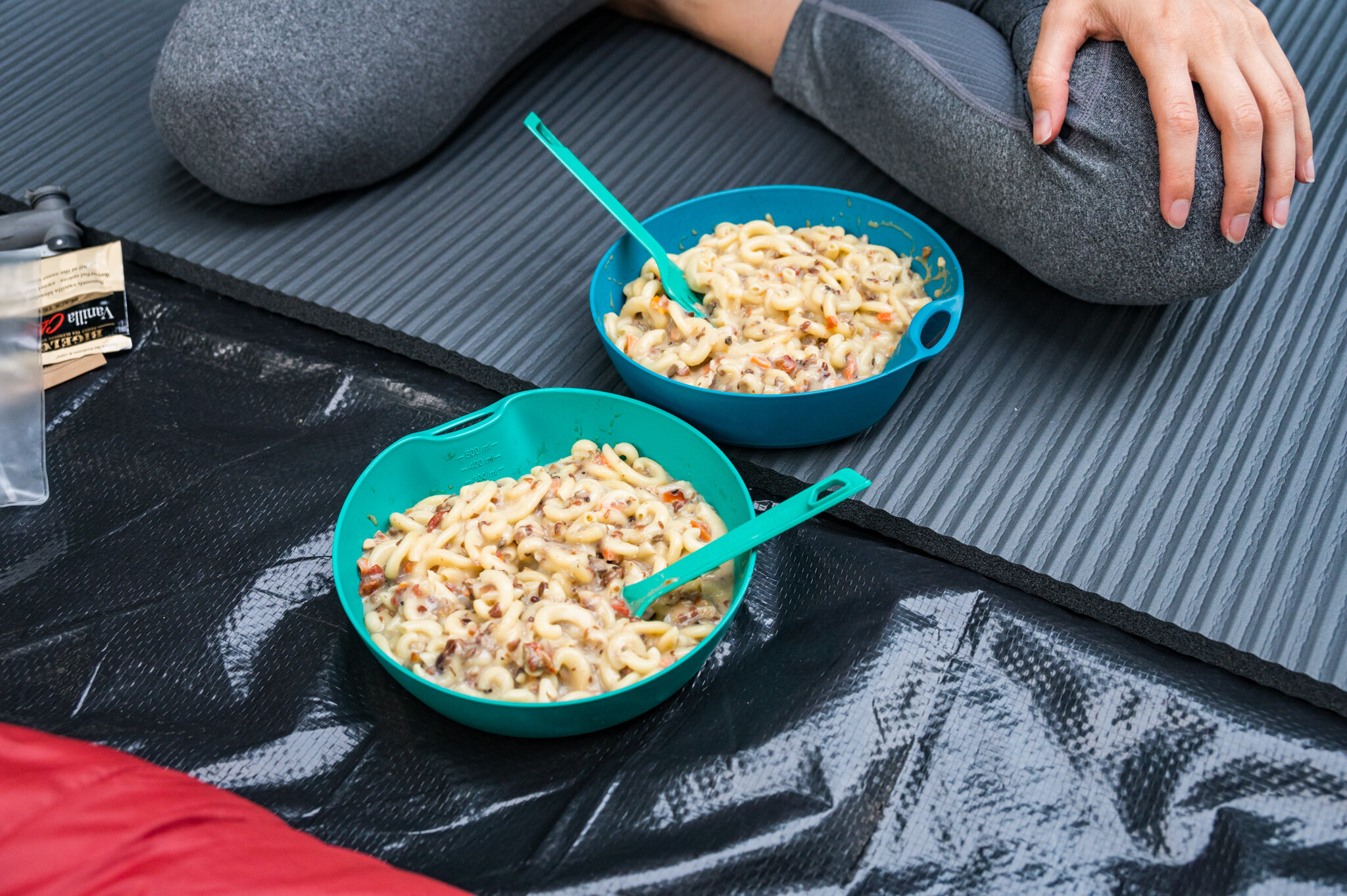
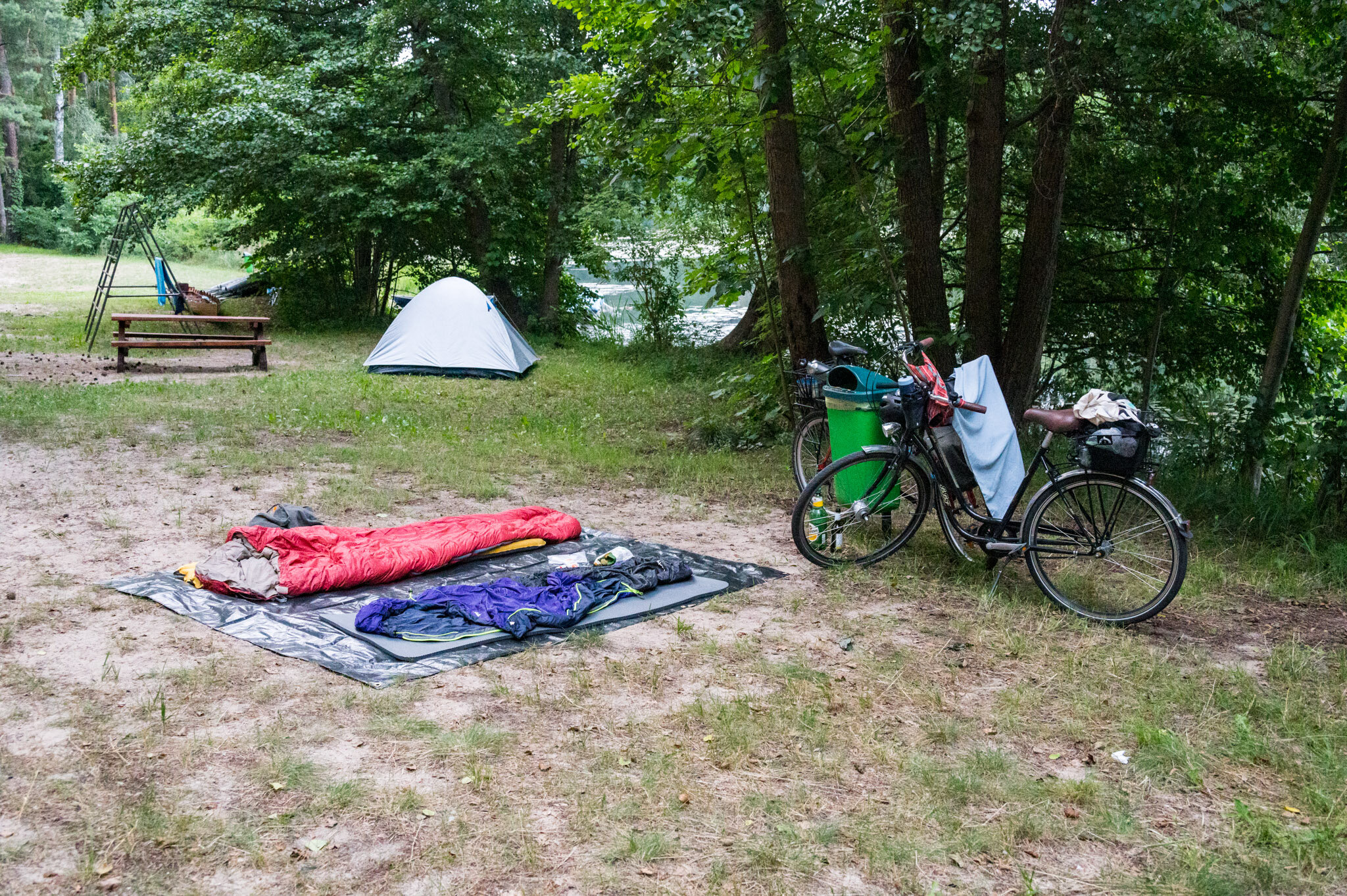
We reapplied bug spray and bundled up with our rain jackets to try to keep them away from our faces and settled in, assuming that after dusk the mosquitoes would turn in for the night. In the meantime, I tried using the towel as a makeshift tent to cover our hands and faces but it was so stiflingly hot underneath that we couldn’t breath. At 11 p.m. the mosquitoes were still buzzing about and skewering through our clothes. It was so hot in our sleeping bags and rain jackets that we gave up and stripped naked and ran to the lake. We quickly sat down in the water, leaving only our heads exposed, relying on bug spray to keep our faces safe.
After a few minutes of respite from the heat, the lateness of the hour pushed us back towards our sleeping bags where we tried to fall asleep again.
At 1 a.m. neither of us had slept a wink and I was certain that the mosquitoes weren’t going anywhere that night so Lena and I started spitballing solutions. I floated the idea of giving up on sleeping altogether, packing up, hopping on our bikes, and biking back to Berlin in the dark. Lena considered it but didn’t like the idea of biking so far in the dark. She proposed a taxi but neither of us had phone service or any hope that a taxi would come to the middle of the woods an hour after midnight. I then remembered that on a walk around the campground a few hours before I had noticed a gazebo wrapped in mosquito netting. I proposed that we bring our sleeping bags and pads across the campground and sleep in the safety of the gazebo. Before committing to it Lena and I agreed that I should check and see if the mobile homes surrounding the gazebo were occupied—we didn’t want a rude awakening the next morning when an old German man found us squatting in his outdoor dining room.
After a quick look around I was certain that none of the spaces around were occupied and went back to our camp. Lena and I quickly grabbed the essentials and threw our tarp over the rest of our gear before walking across the camp grounds to our safe haven.
We hurriedly slid our gear under the mosquito netting and slipped in after as quickly as possible in an attempt to keep out the gazillion mosquitos swarming around us.
We breathed a sigh of relief as we lay on our pads without the familiar buzz of mosquitoes dive-bombing our faces. Finally, we could lay in the heat without our sleeping bags closed up as tightly as possible to keep the horde at bay. I pulled my book out to try and wind down before falling asleep. Five minutes later I heard an unfamiliar ding from a nearby cell phone. Lena and I looked at each other.
“Is that yours,” I asked. She shook her head no.
We held our breaths and looked at the darkness surrounding us, waiting for any noises. The phone dinged again. Then we heard voices.
An elderly German couple was talking—at 2 a.m., no less—and we were camped in their gazebo. It seemed that the “empty” mobile home that was 2 meters from Lena’s feet wasn’t so empty after all.
Lena and I looked at each other, horrified. I imagined an angry old man kicking open the door to his trailer and finding us in his mosquito haven. I gulped in fear and tried to push the idea out of my mind. I assured Lena that if they came outside and found us we could calmly explain the situation to them and they would have to understand. Right? I knew it was true deep down, but at 2 a.m. and half crazy from the never ending onslaught of mosquitoes I was having a hard time convincing myself. Lena wasn’t having it. We laid there for another 20 horrified minutes waiting for them to come outside and discover us. Instead, the voices slowly disappeared and were replaced by snoring. I set my alarm for 5 a.m.—just in case we fell asleep—so we could vacate their space before they woke up.
I offered to Lena that I could stay up and talk to anyone who might discover us but she was as stressed as I was and neither of us could imagine sleeping any time soon. Even without the mosquitoes. So we both lay there in the ironic half-safety of the netted gazebo trying to fall asleep. After another 30 minutes the exhaustion finally took its toll and we dozed off here and there. We slept in nightmare-plagued 15-minute spurts, constantly jumping in our sleep imagining that someone was just outside the mosquito netting looking in on us.
Despite the nightmares the night passed uneventfully. When my alarm went off we dragged ourselves out of our sleeping bags and cleared our things out of the gazebo. We hustled away as fast as possible in case we had woken them again while putting their table and chairs back where we found them. We dropped our stuff back on our tarp and, with nothing else to do, stripped down for a morning swim before the rest of camp woke up.
Our mosquito net-engulfed gazebo was both a safe haven and nightmare-fuel.
The sunrise was amazing, but both of us would’ve rather gotten a few more hours of sleep before enjoying it. We swam in small circles in the lake with the purple and pink clouds unfurling above us—swatting at mosquitoes all the while. The second we stepped out of the water they went in for the kill so we jumped back in our sleeping bags for protection, certainly not sleep. We decided that a quick breakfast and a cup of coffee were necessary to fuel our departure back to Berlin. Estimated time of departure? ASAP.
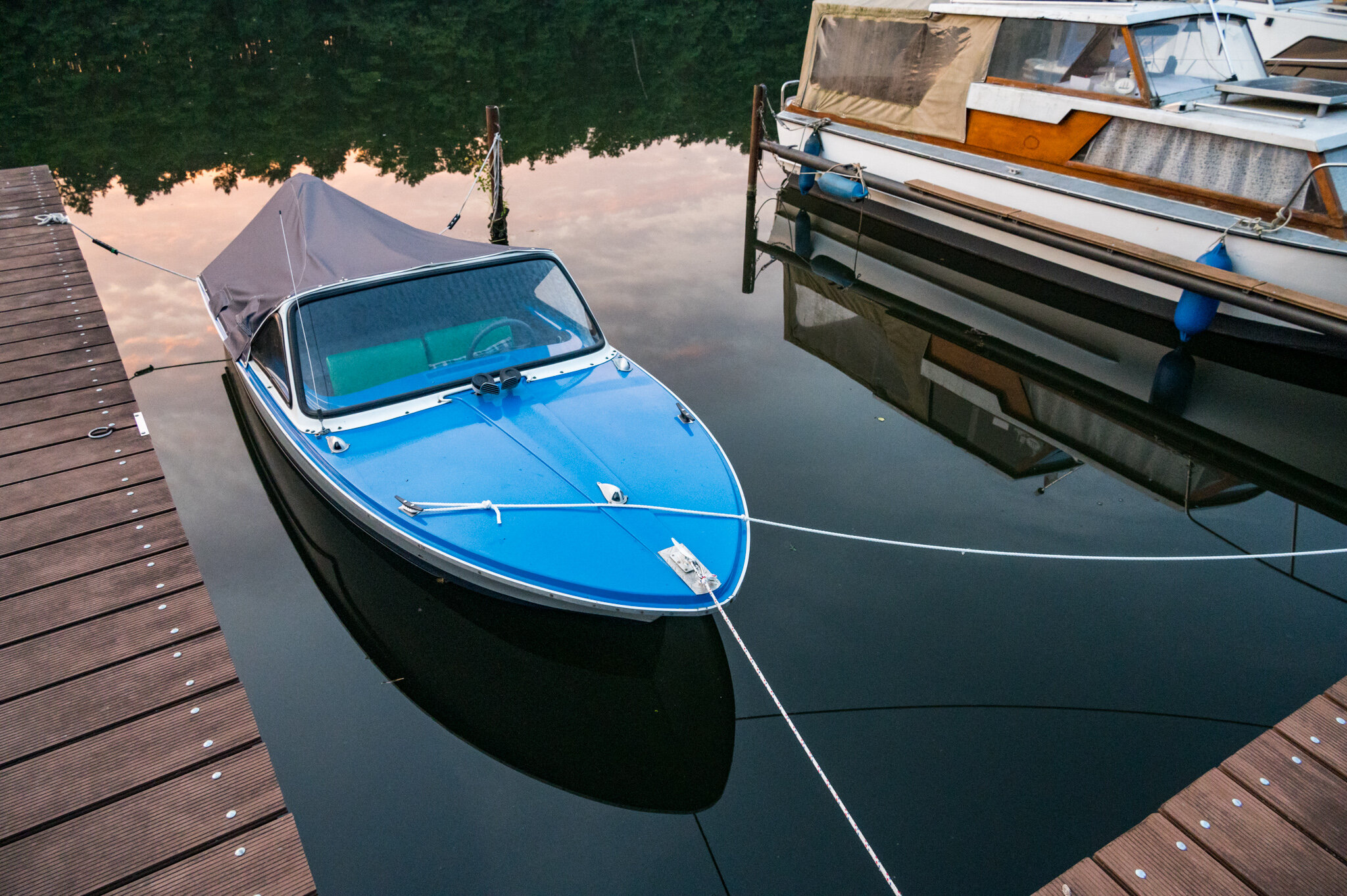
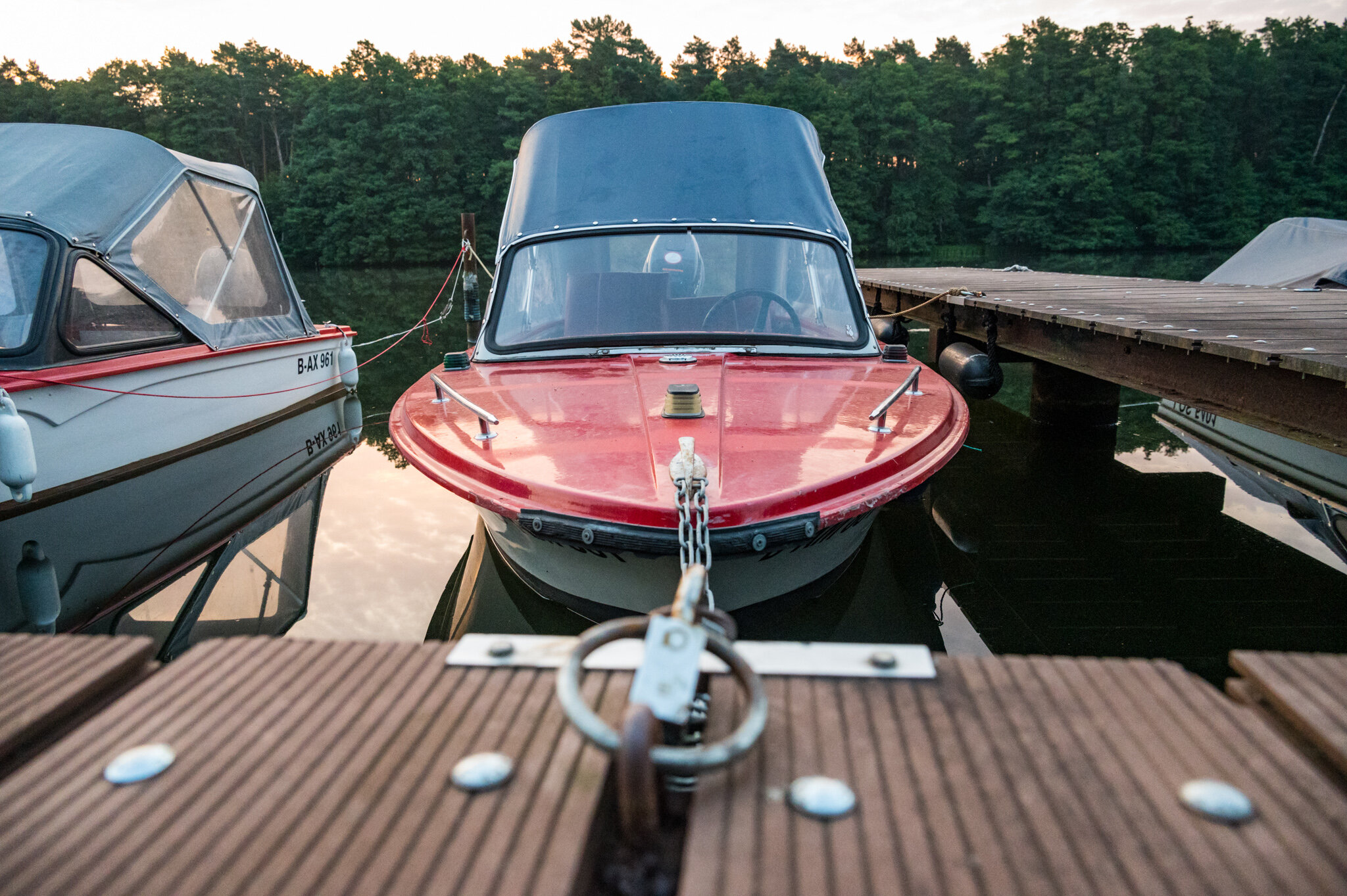
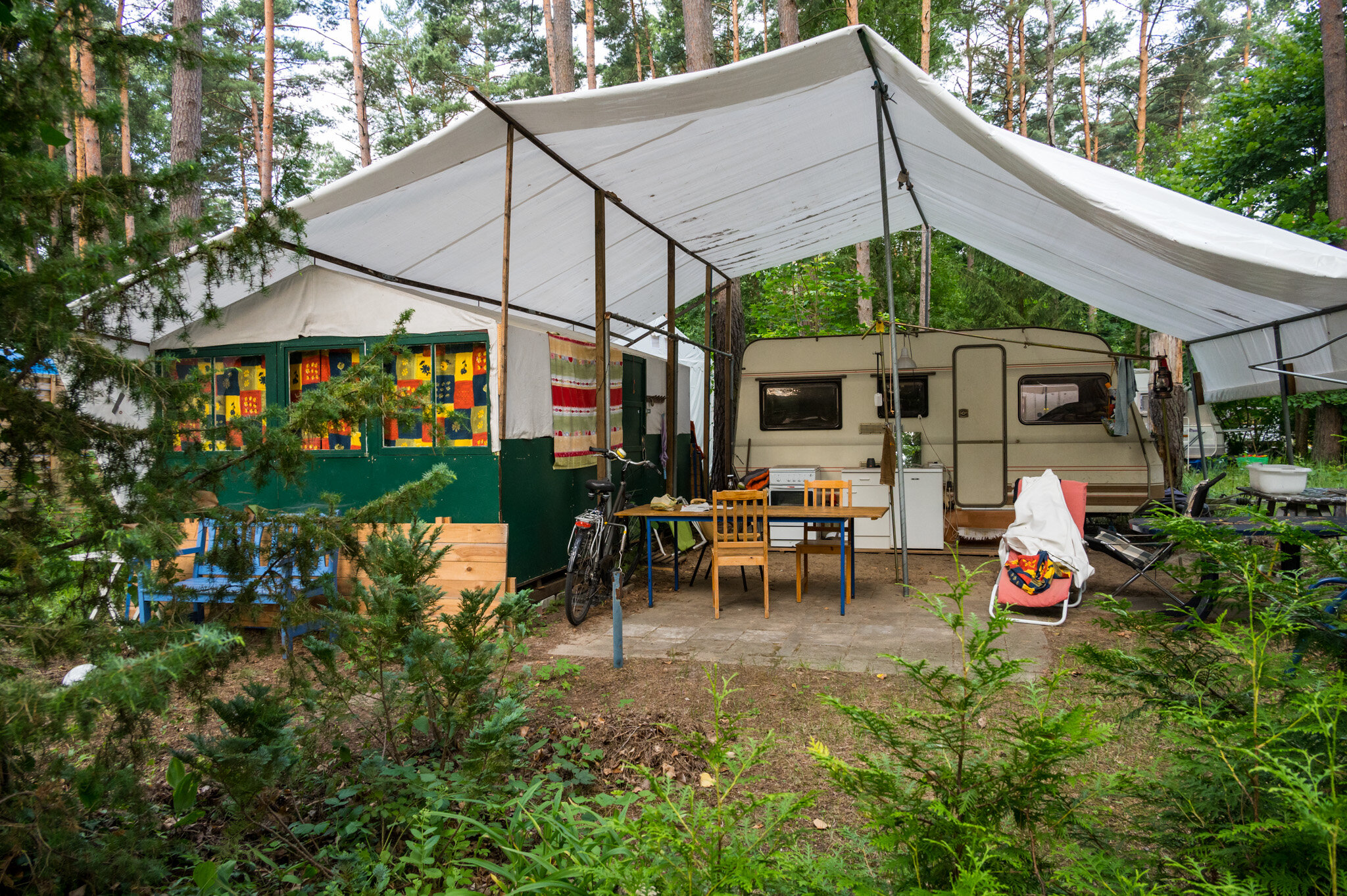
The plan was to bike 10 kilometers, much less than the 50 we biked the day before, to the nearest train station that could take us home: Erkner. The second we were packed up we hit the road without a second glance at our cursed campsite. With the wind in our faces and no mosquitoes buzzing around our ears we suddenly felt infinitely better. We started to laugh about how ridiculous our experience had been.
Before we knew it we were already in Erkner. Despite our rough night it felt too soon to get off the bike for the day so we pushed on past Erkner and through Müggelsee. After 30 kilometers we hopped on the train in Köpenick for a quick ride home. We topped up on lost calories with a quick meal before Lena donned a sleeping mask and napped for a few hours. I made the couch my home and turned on the Olympics in the background while I googled affordable two-person tent options with the hope that I might convince Lena to join me for another bikepacking adventure. If it ever happens again I’m sure you’ll read about it here.

